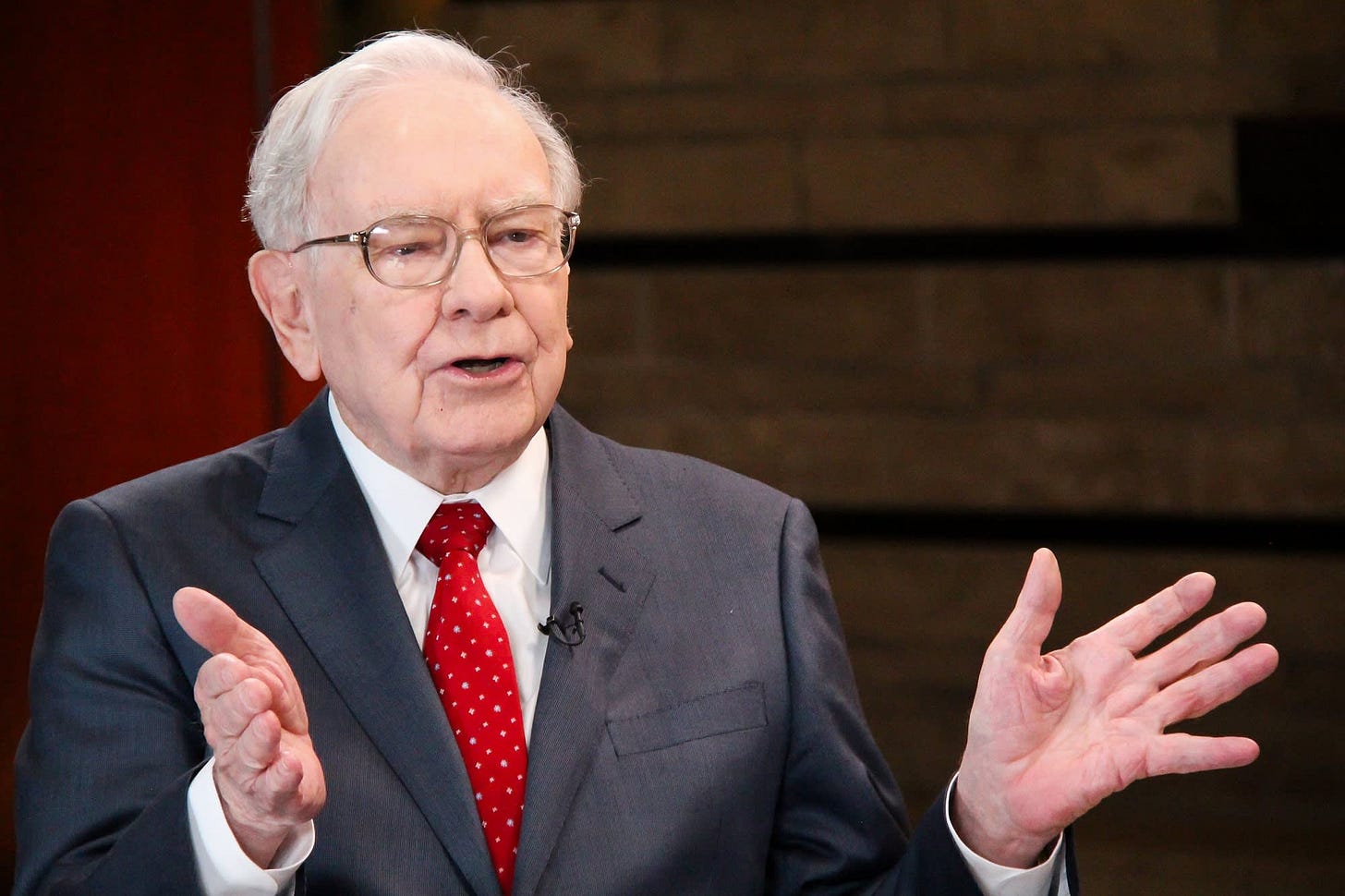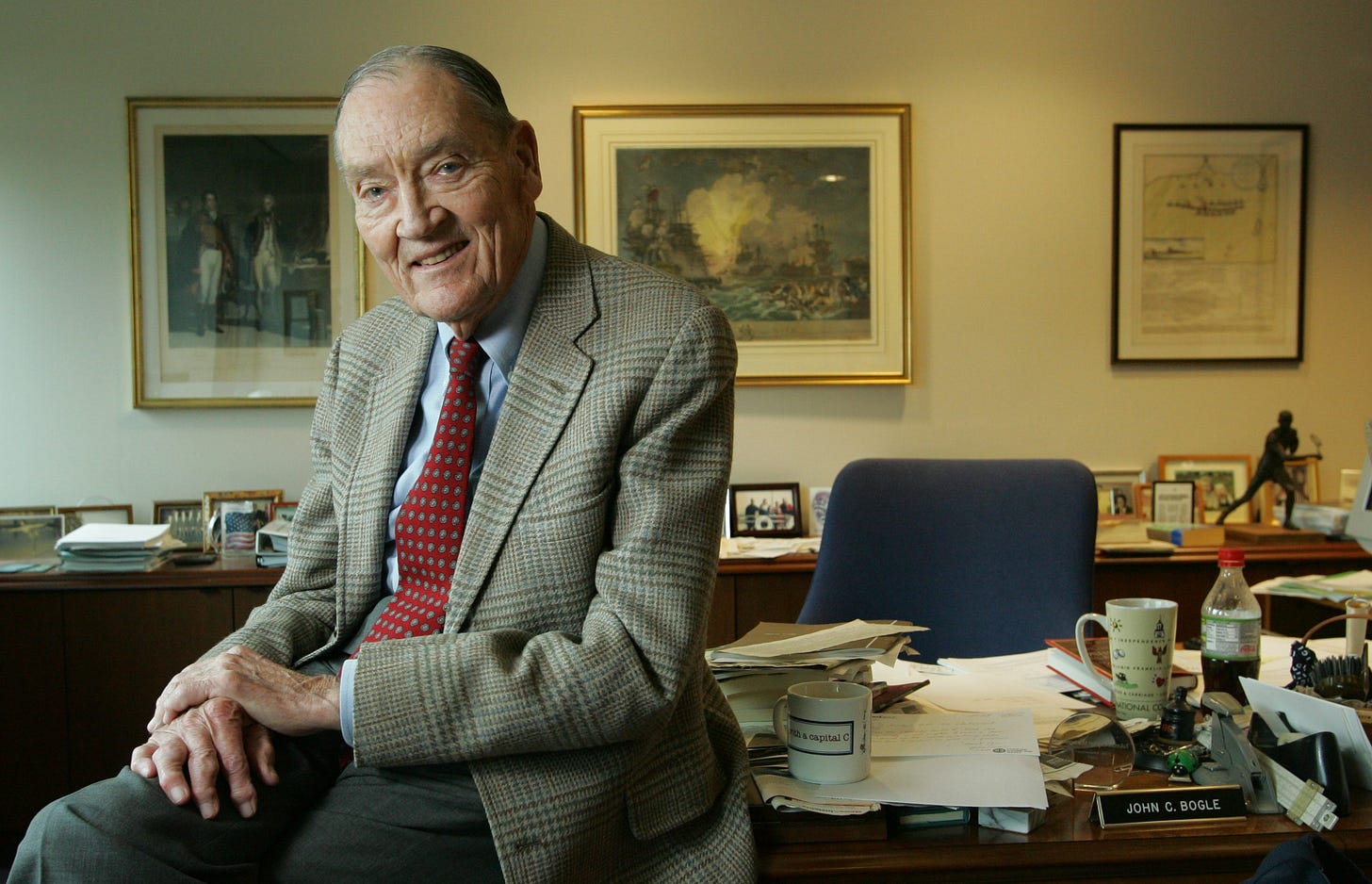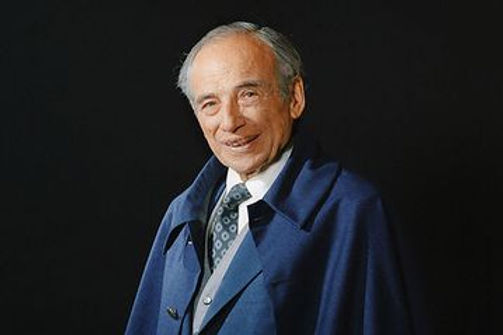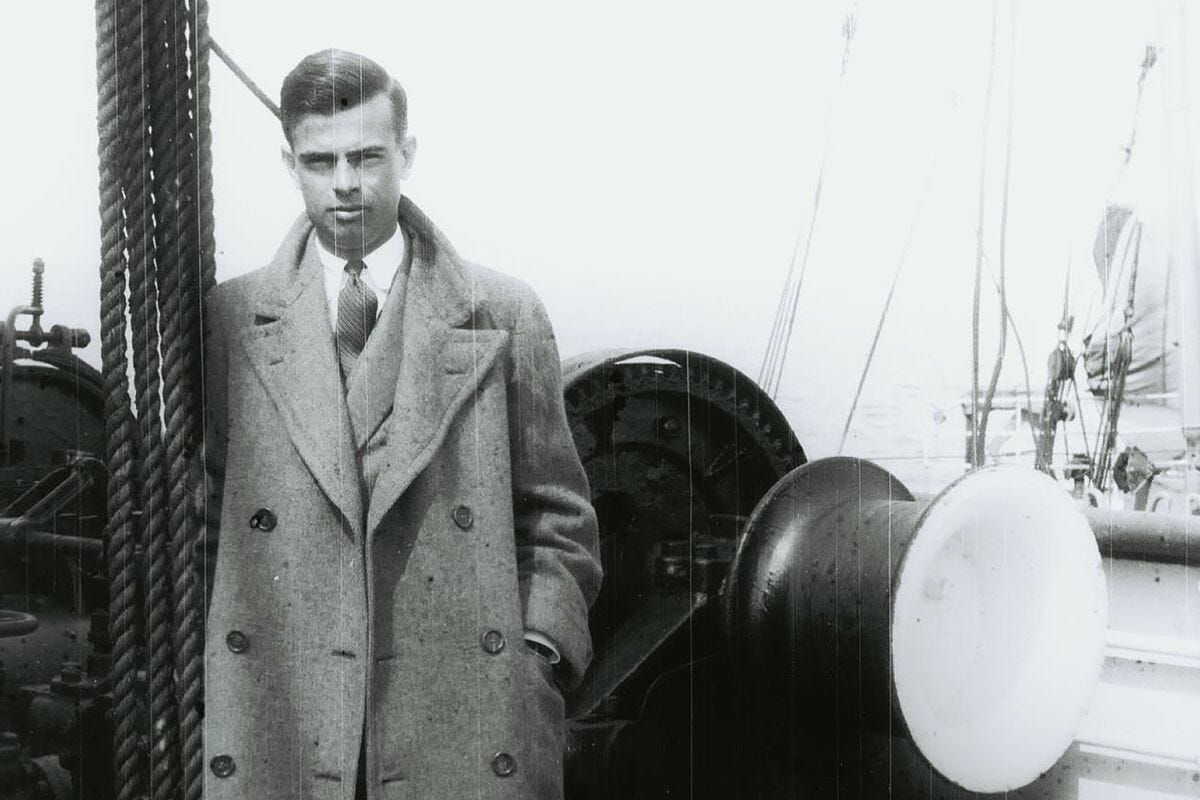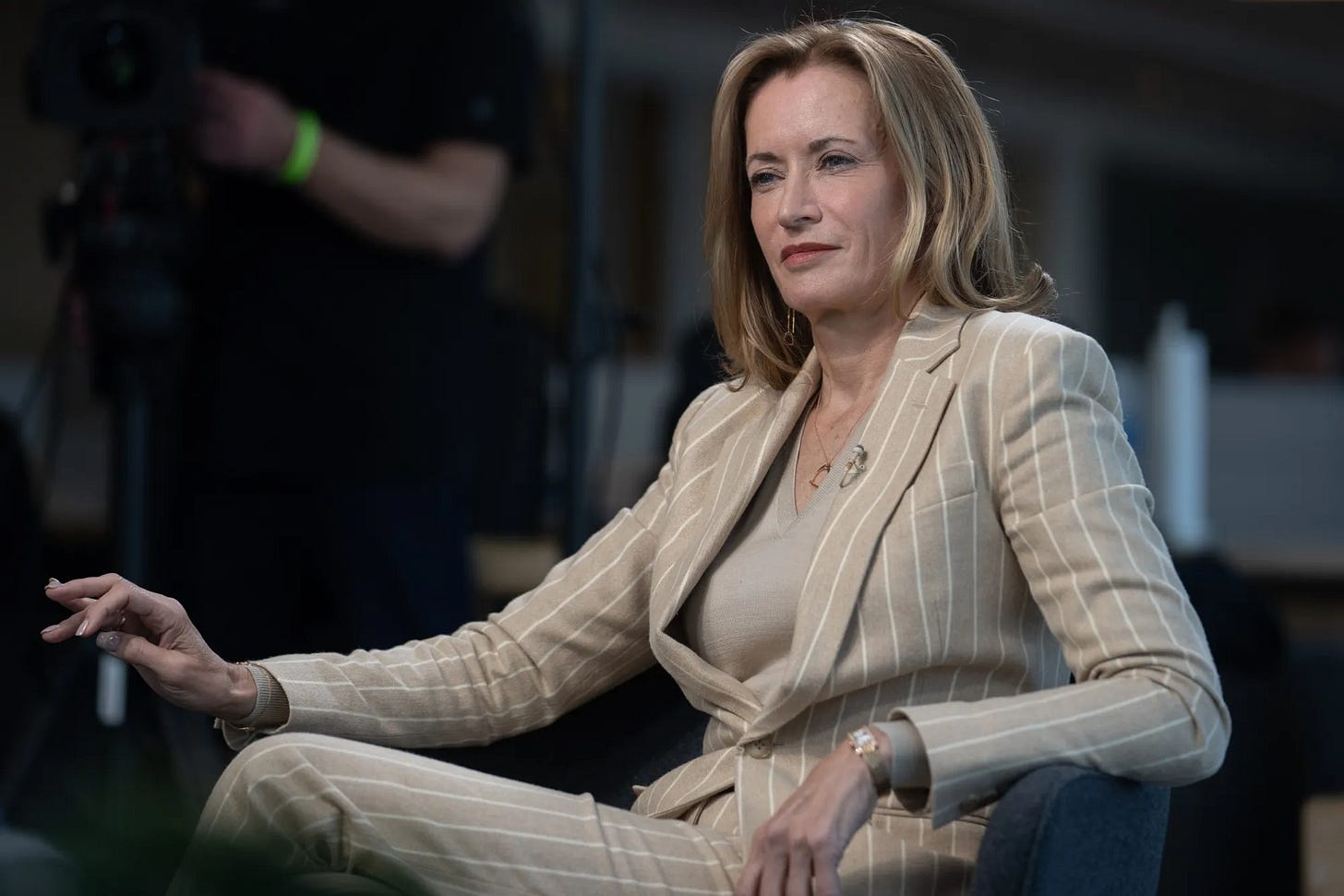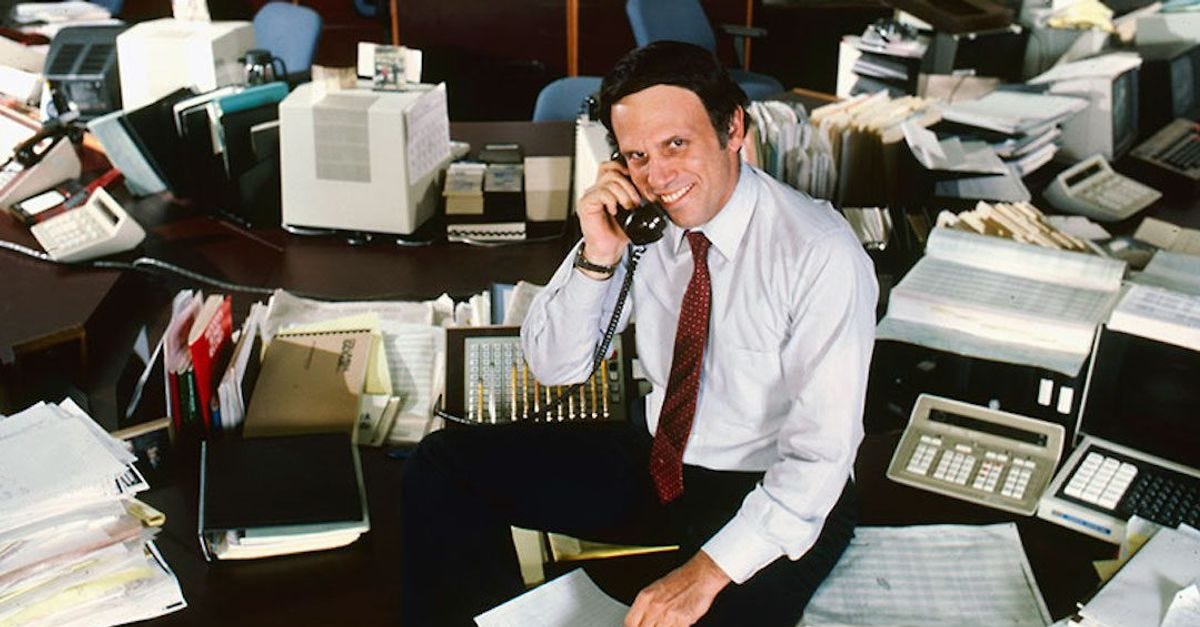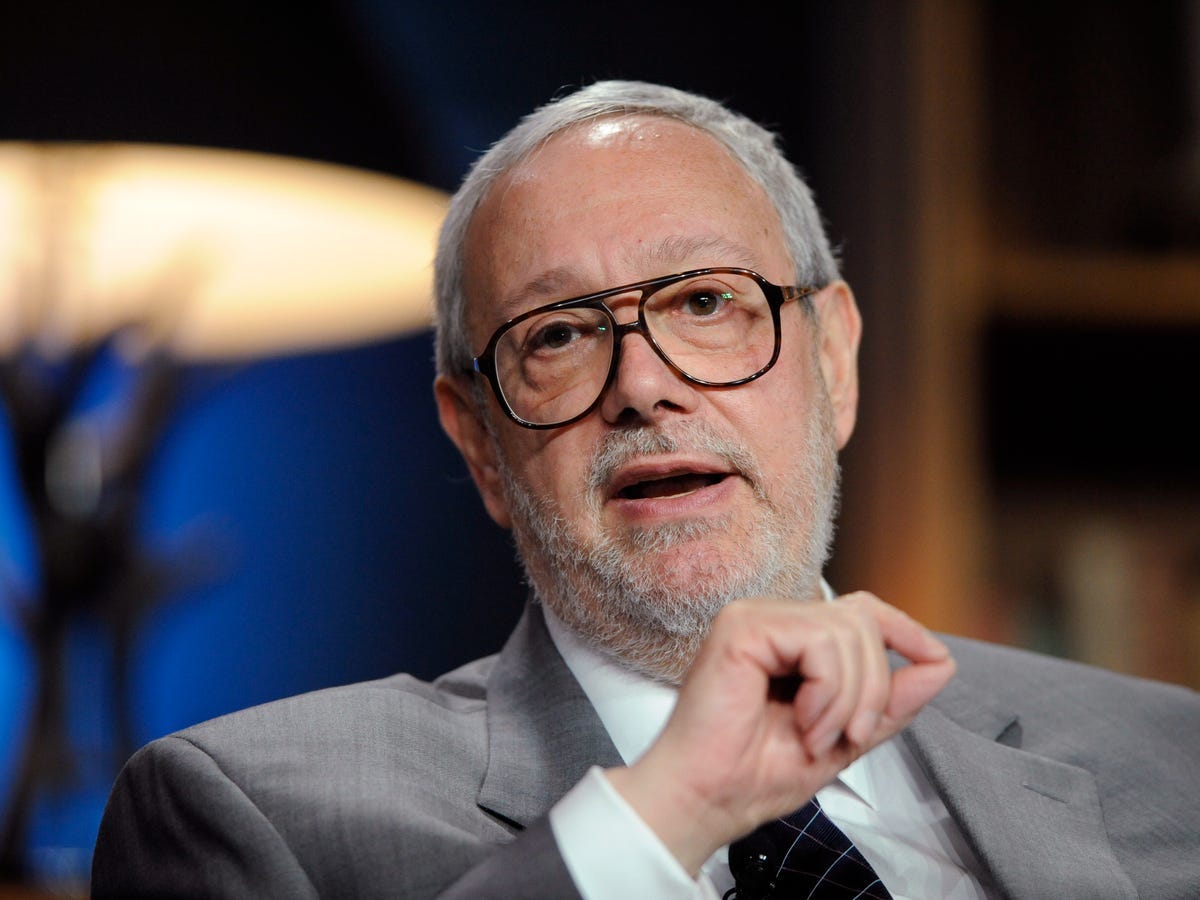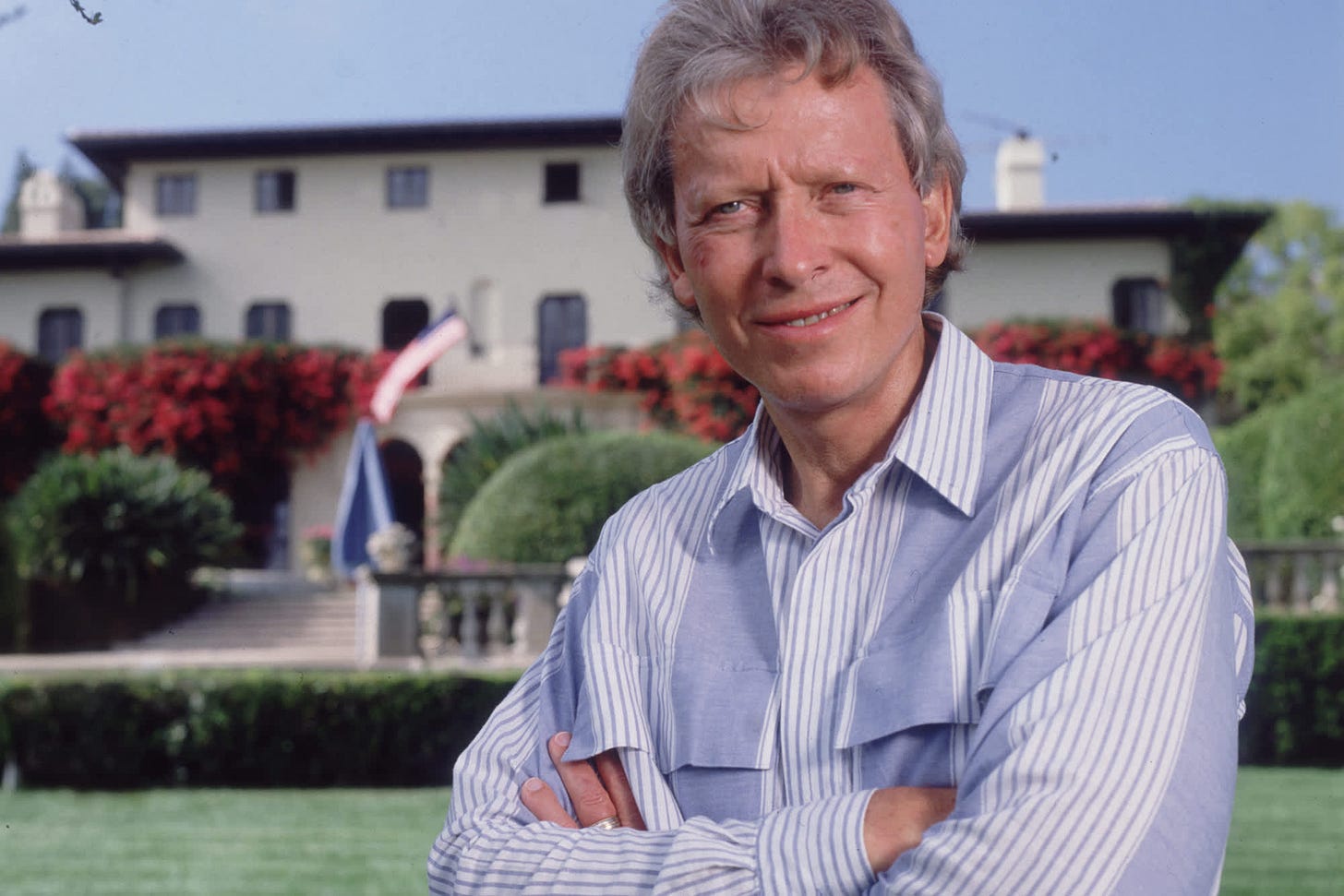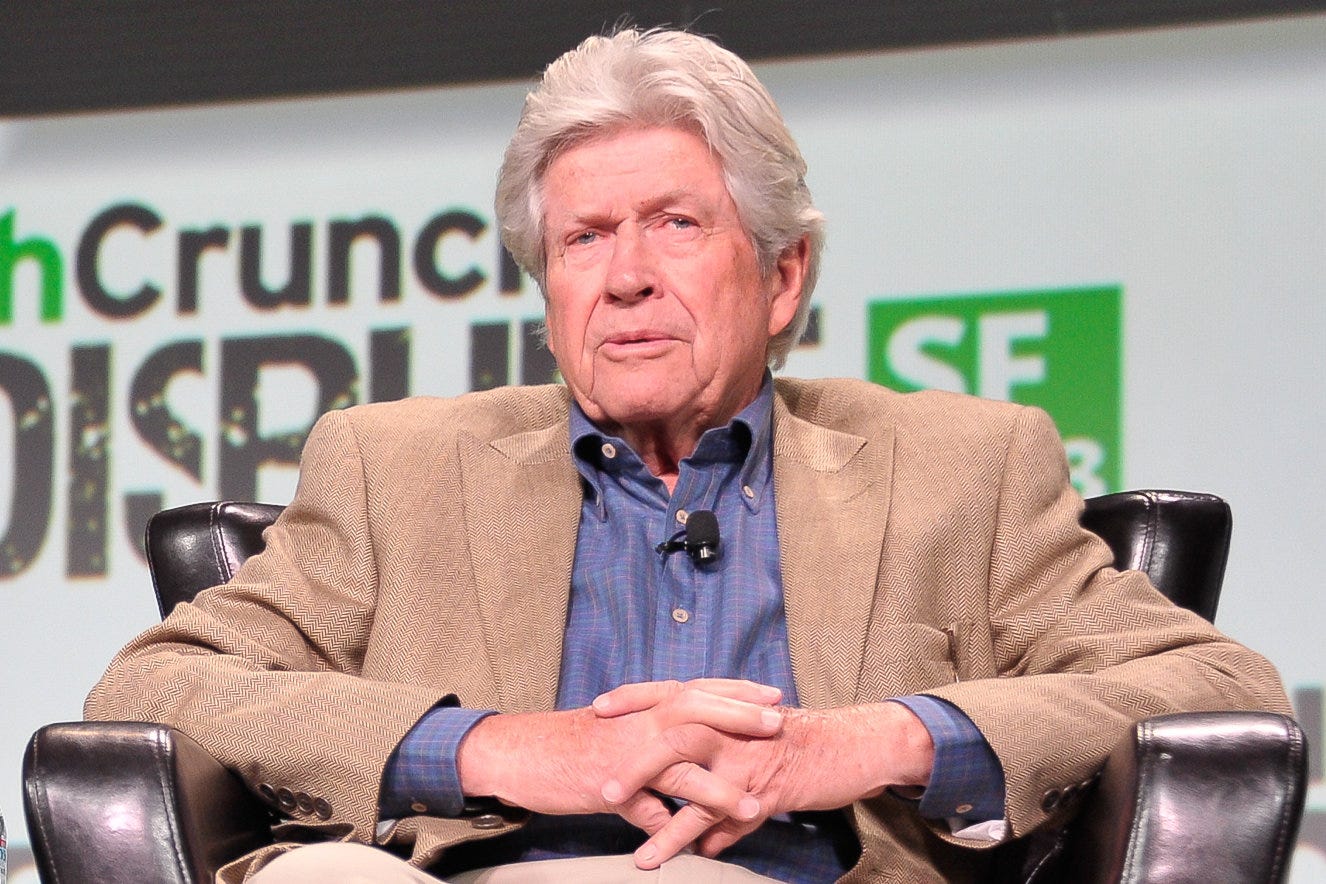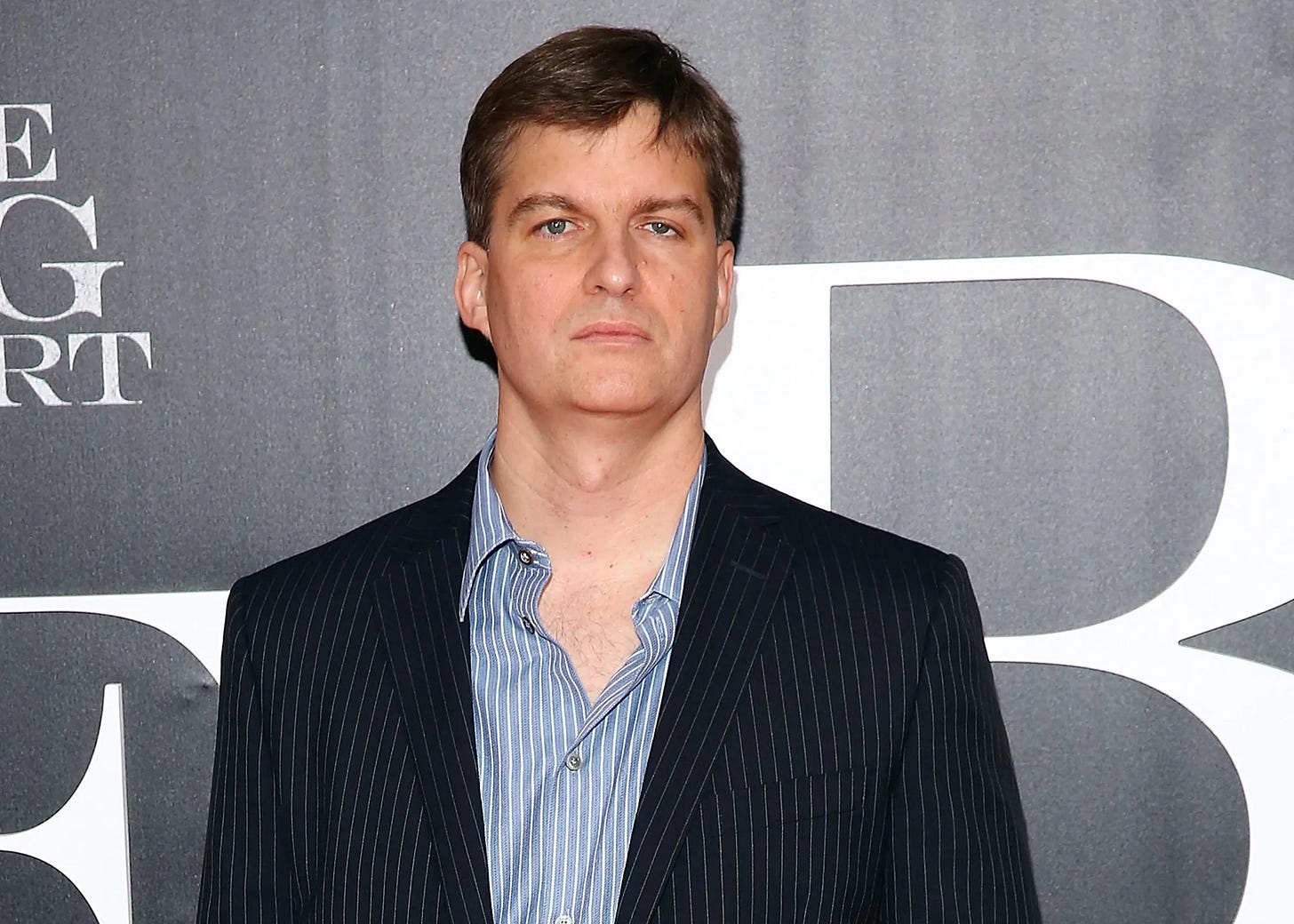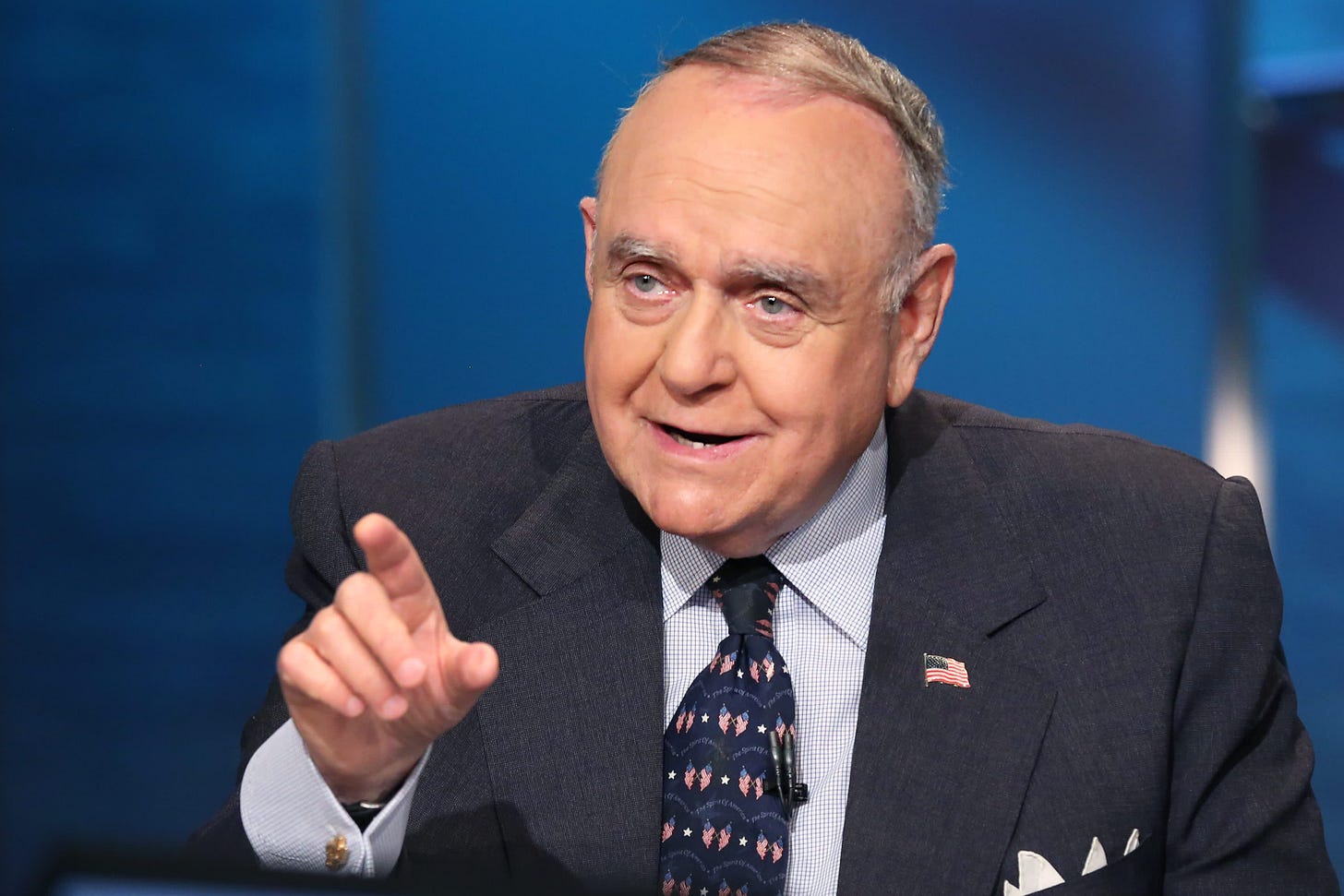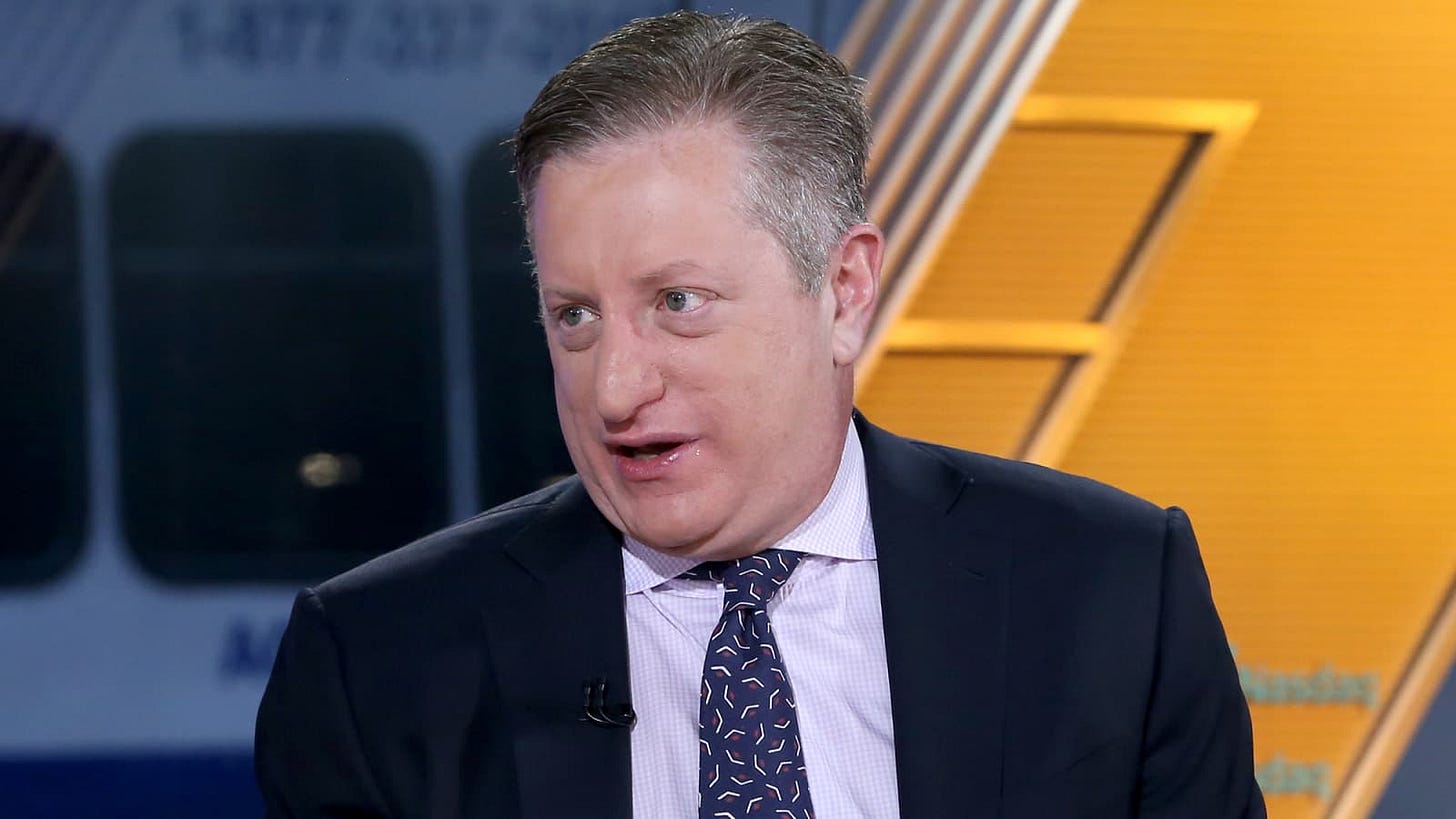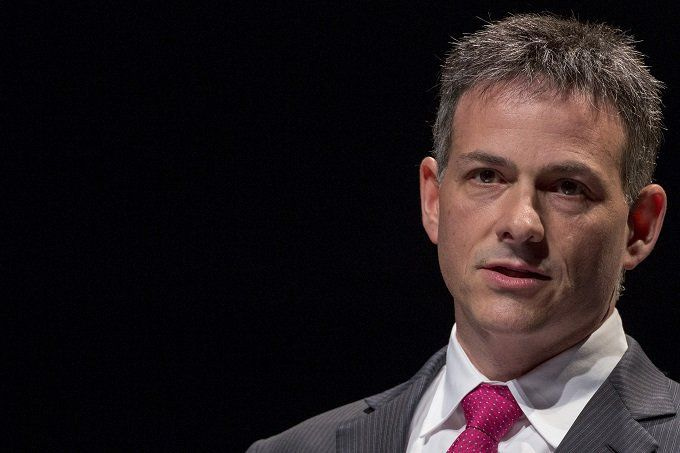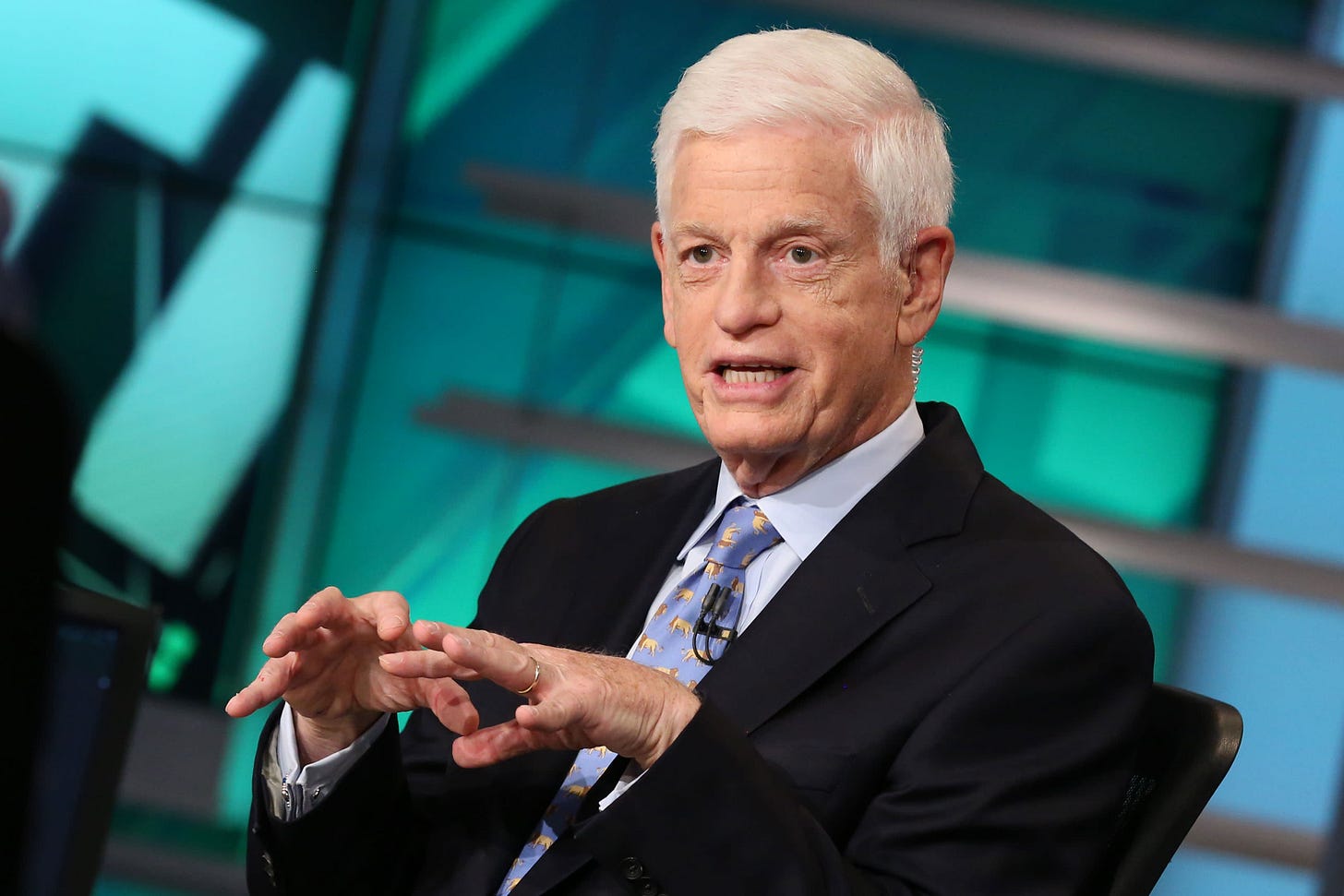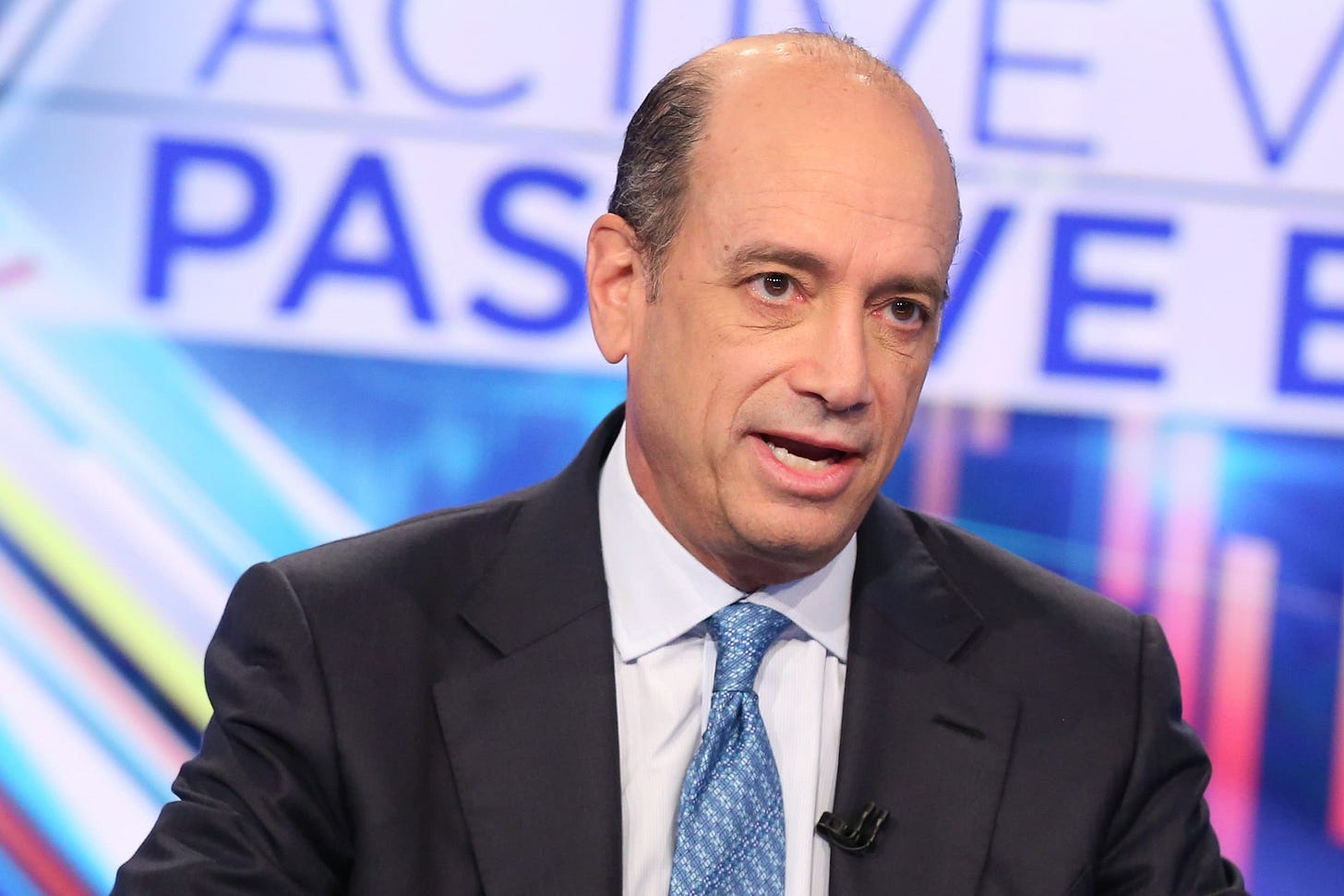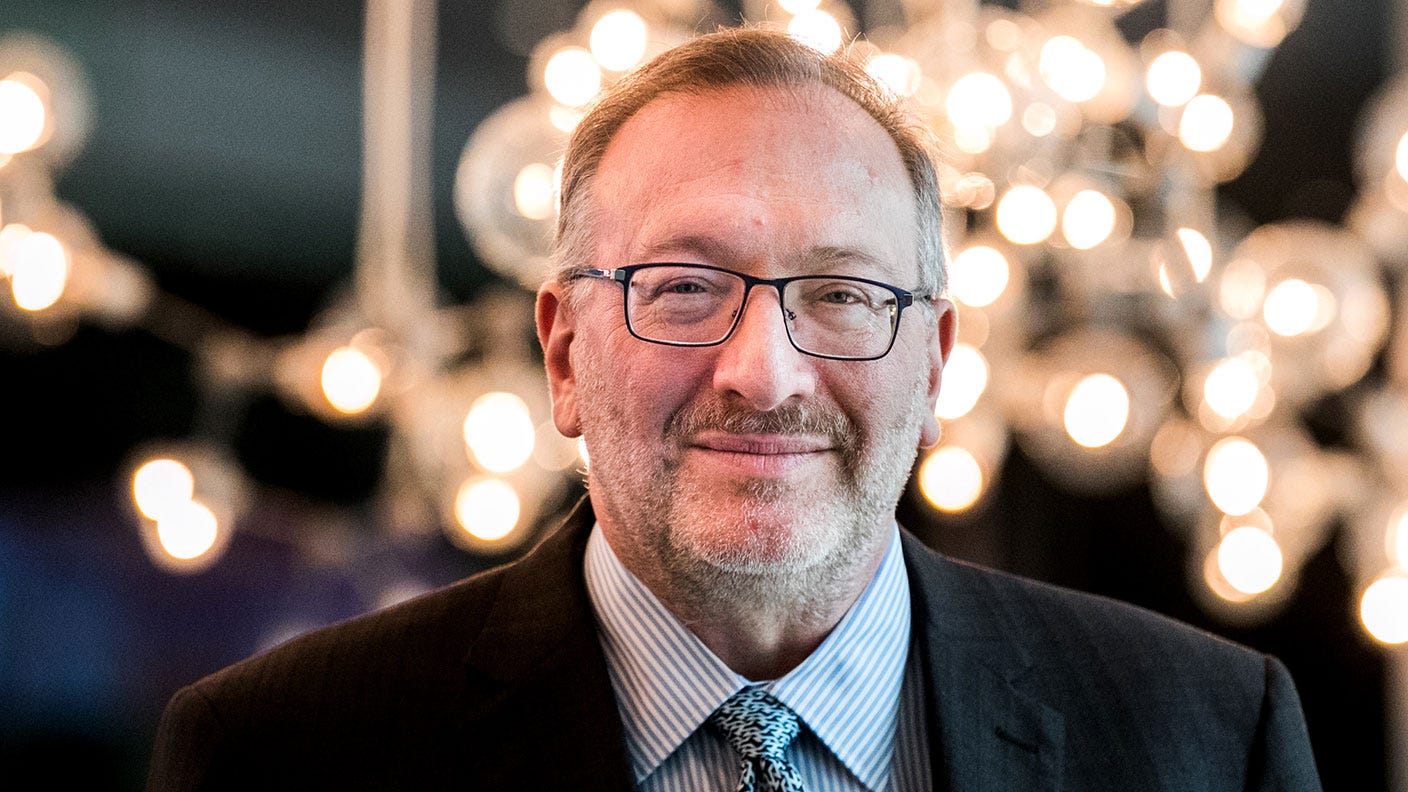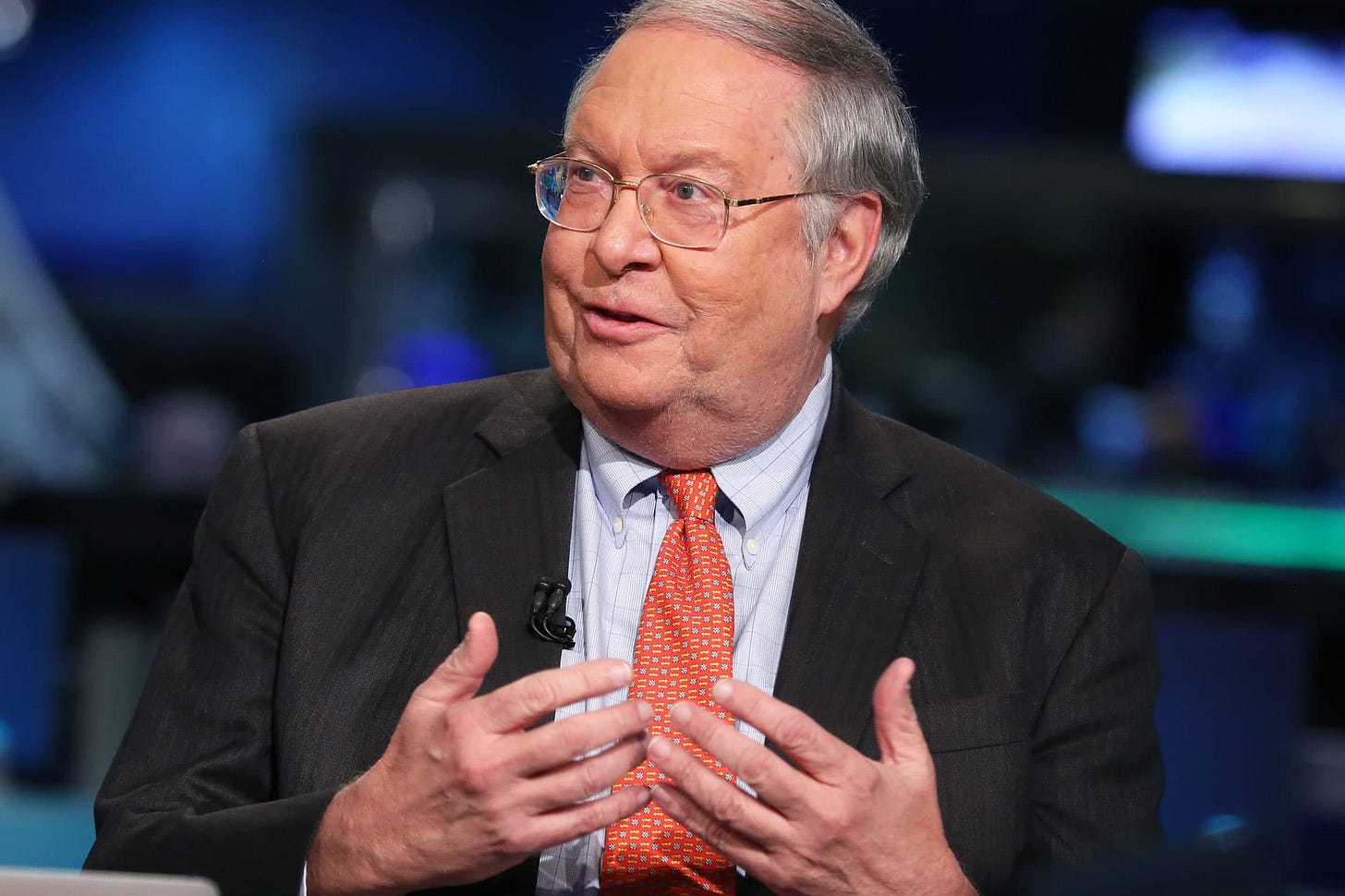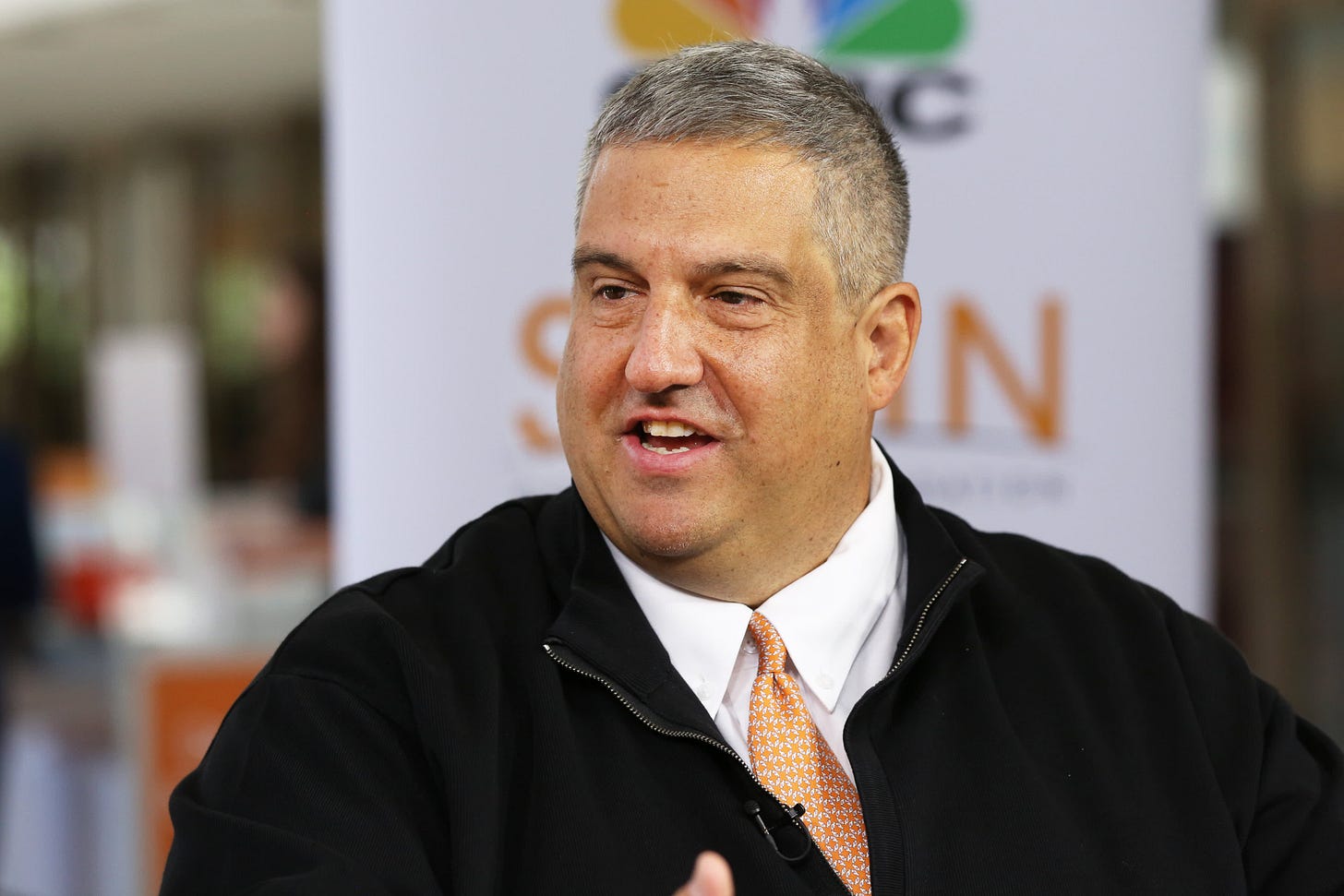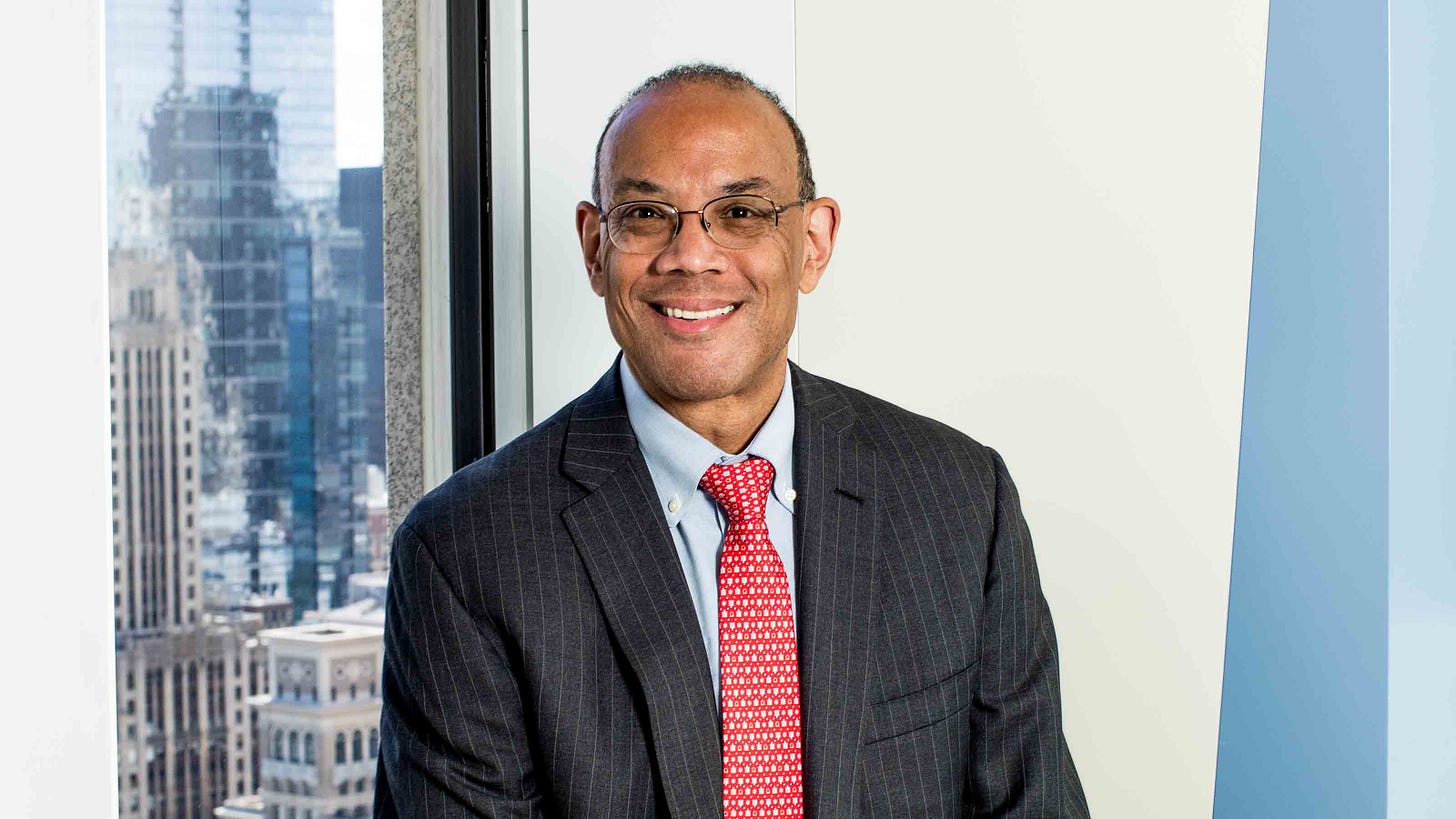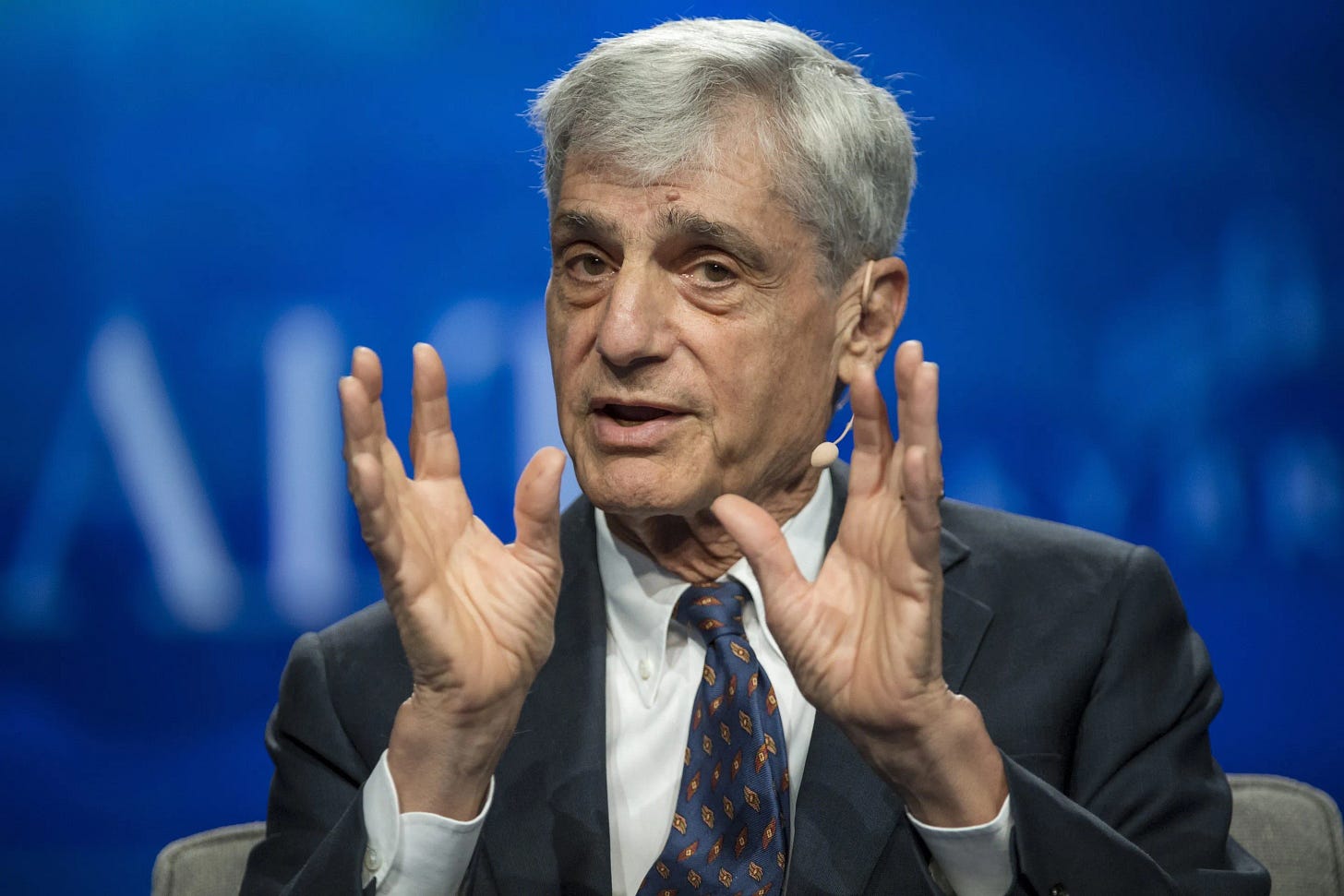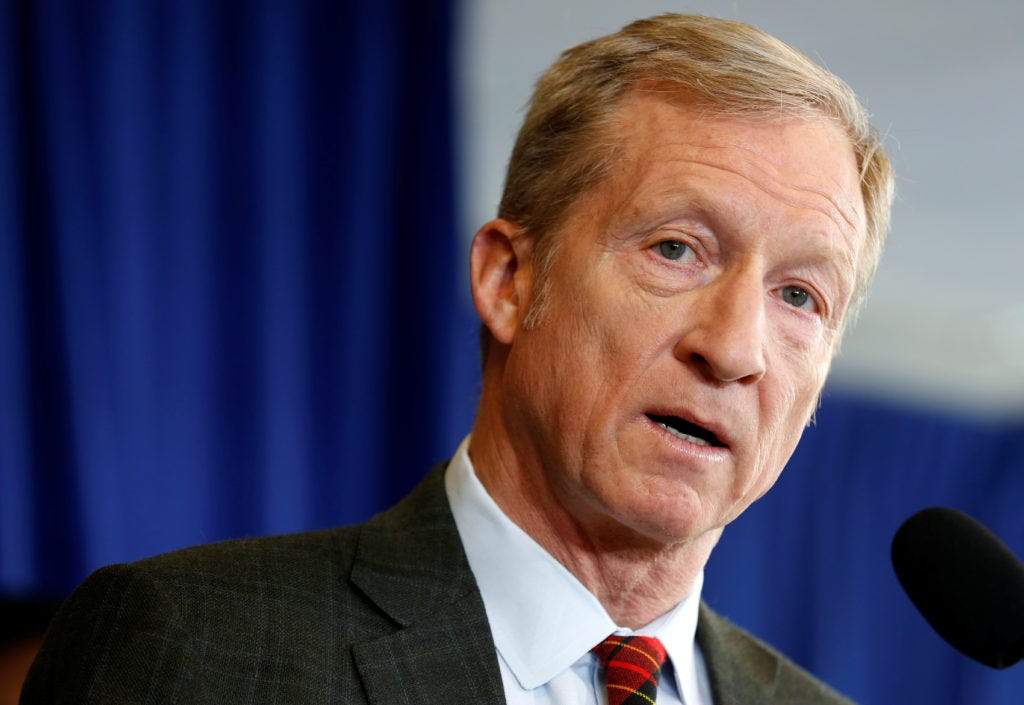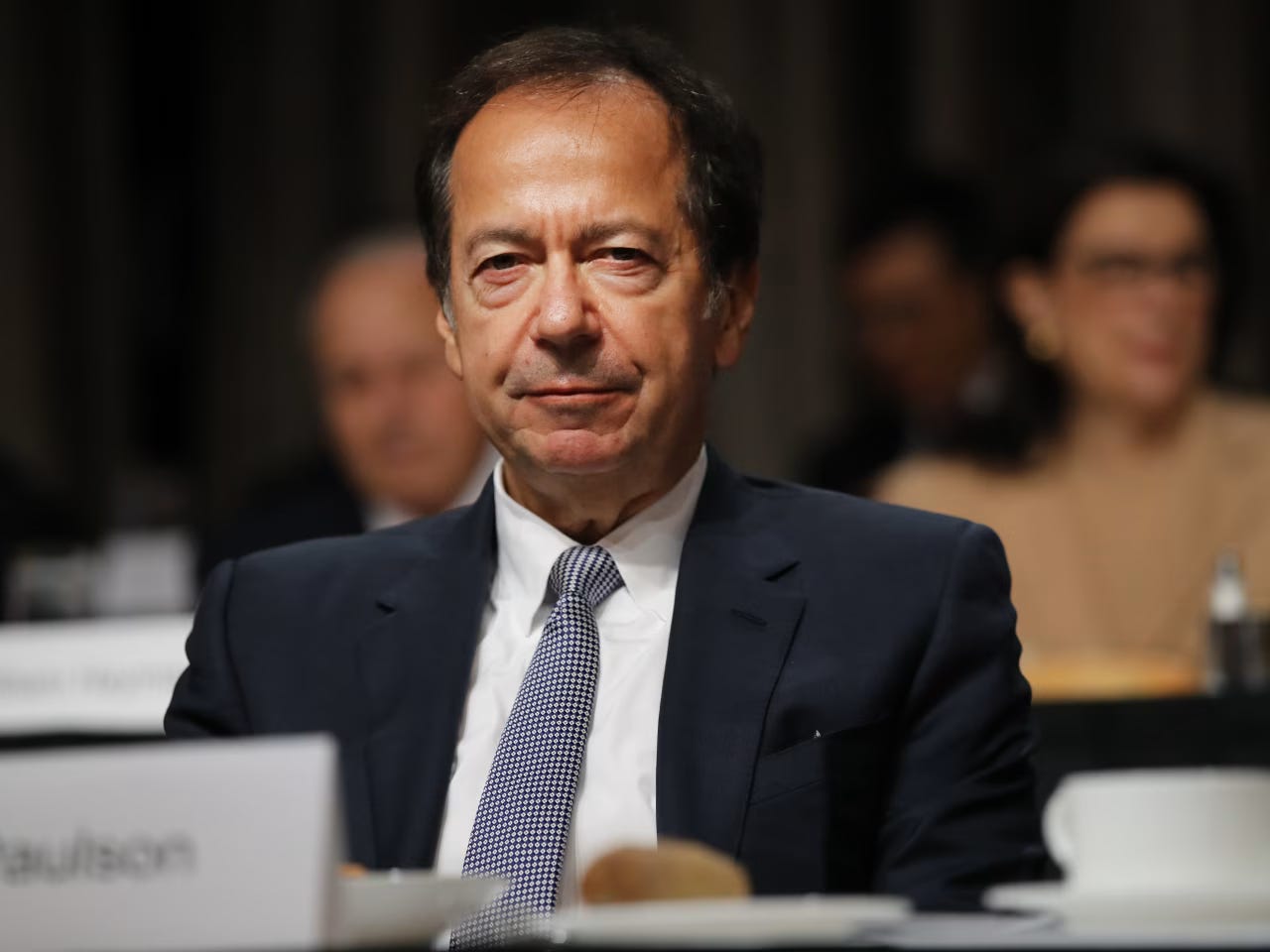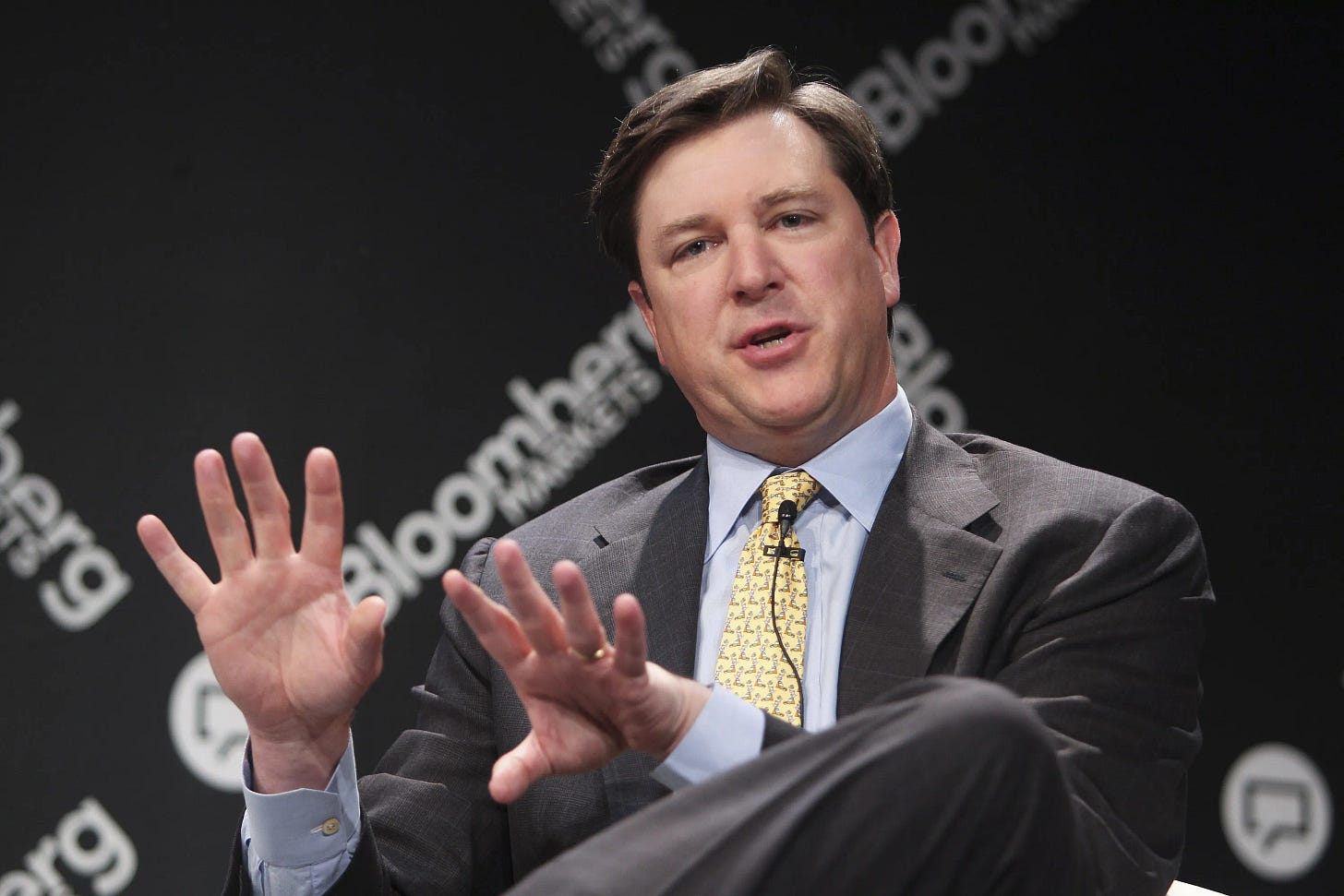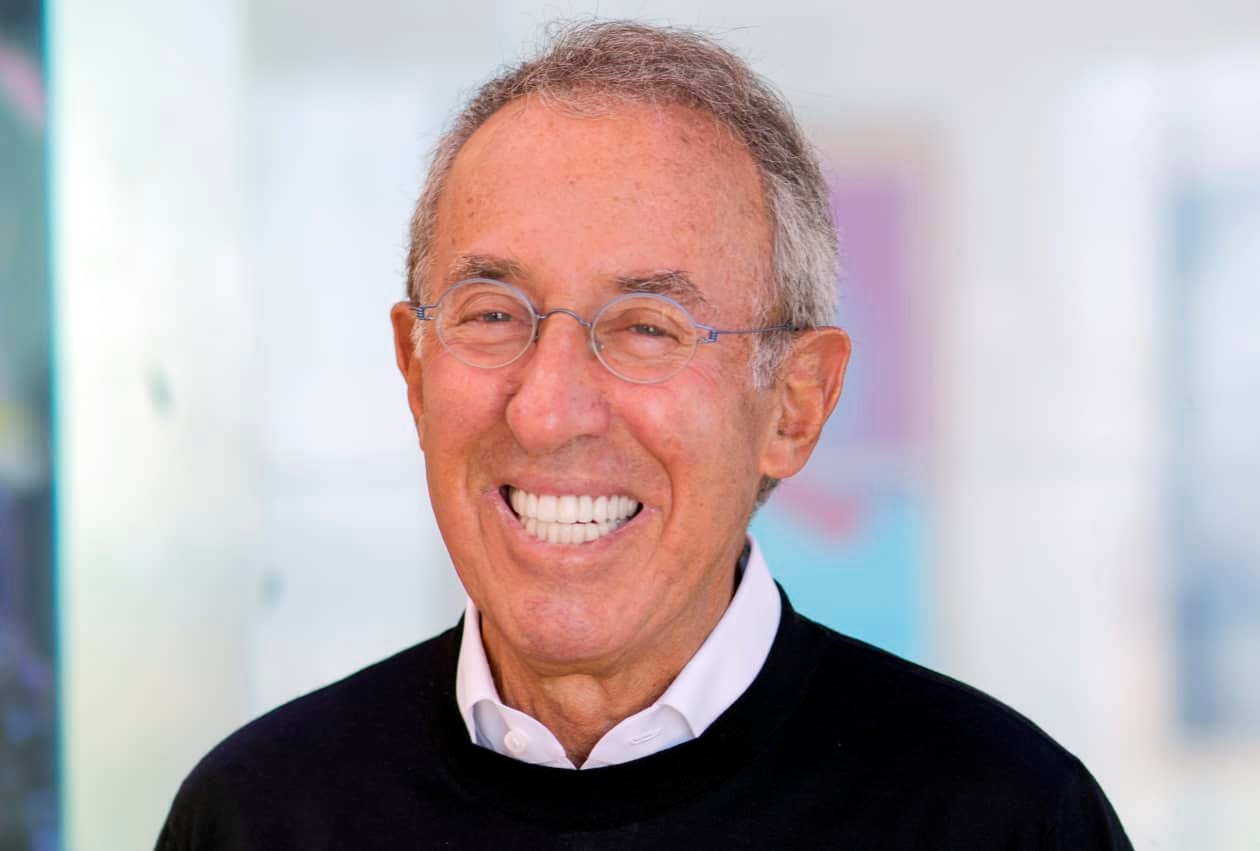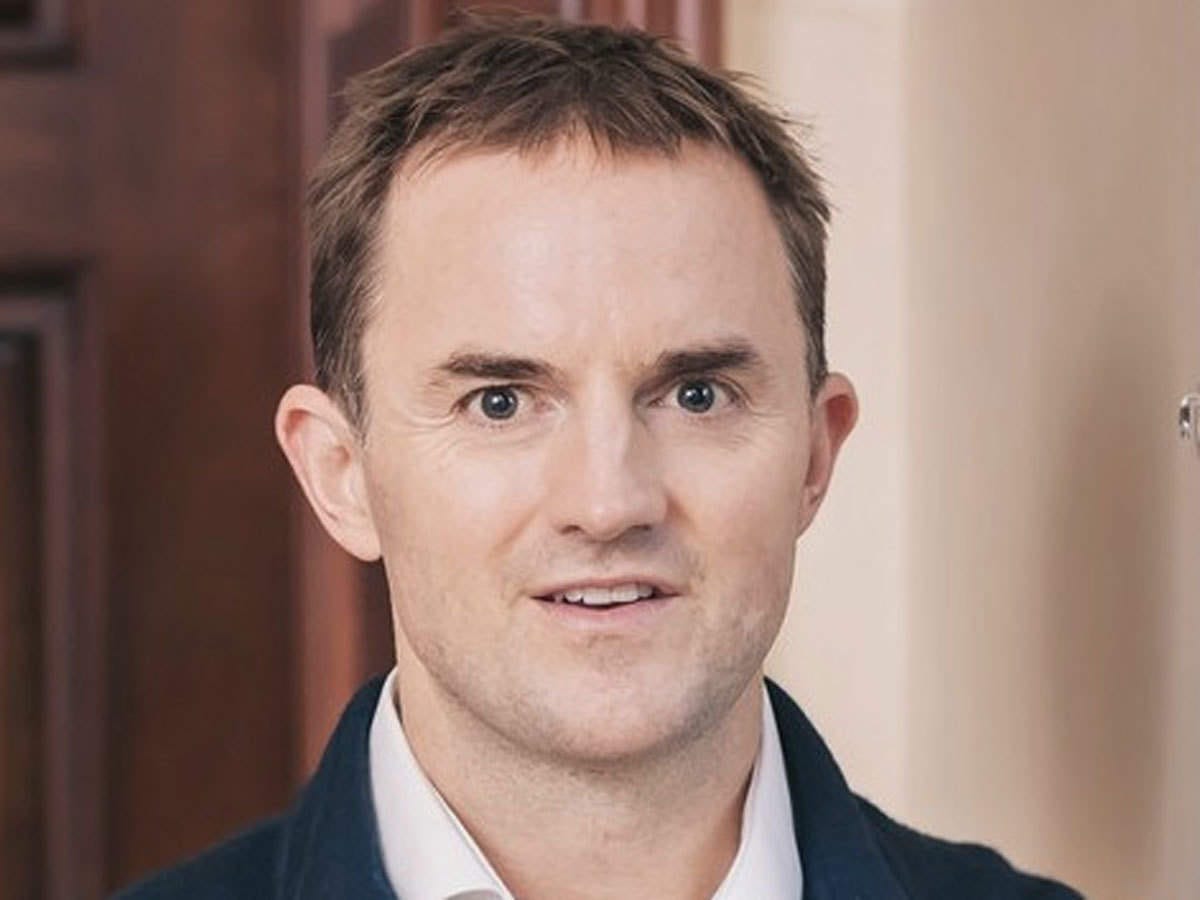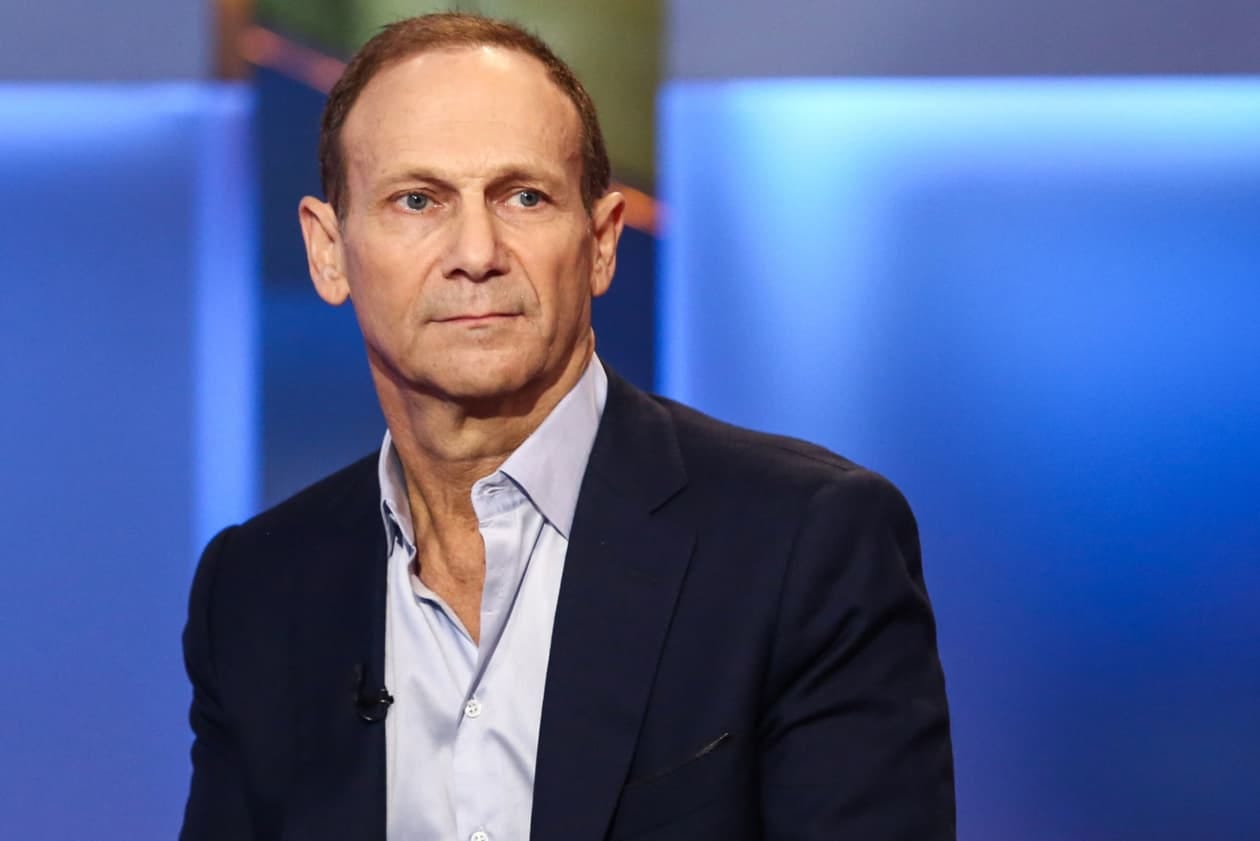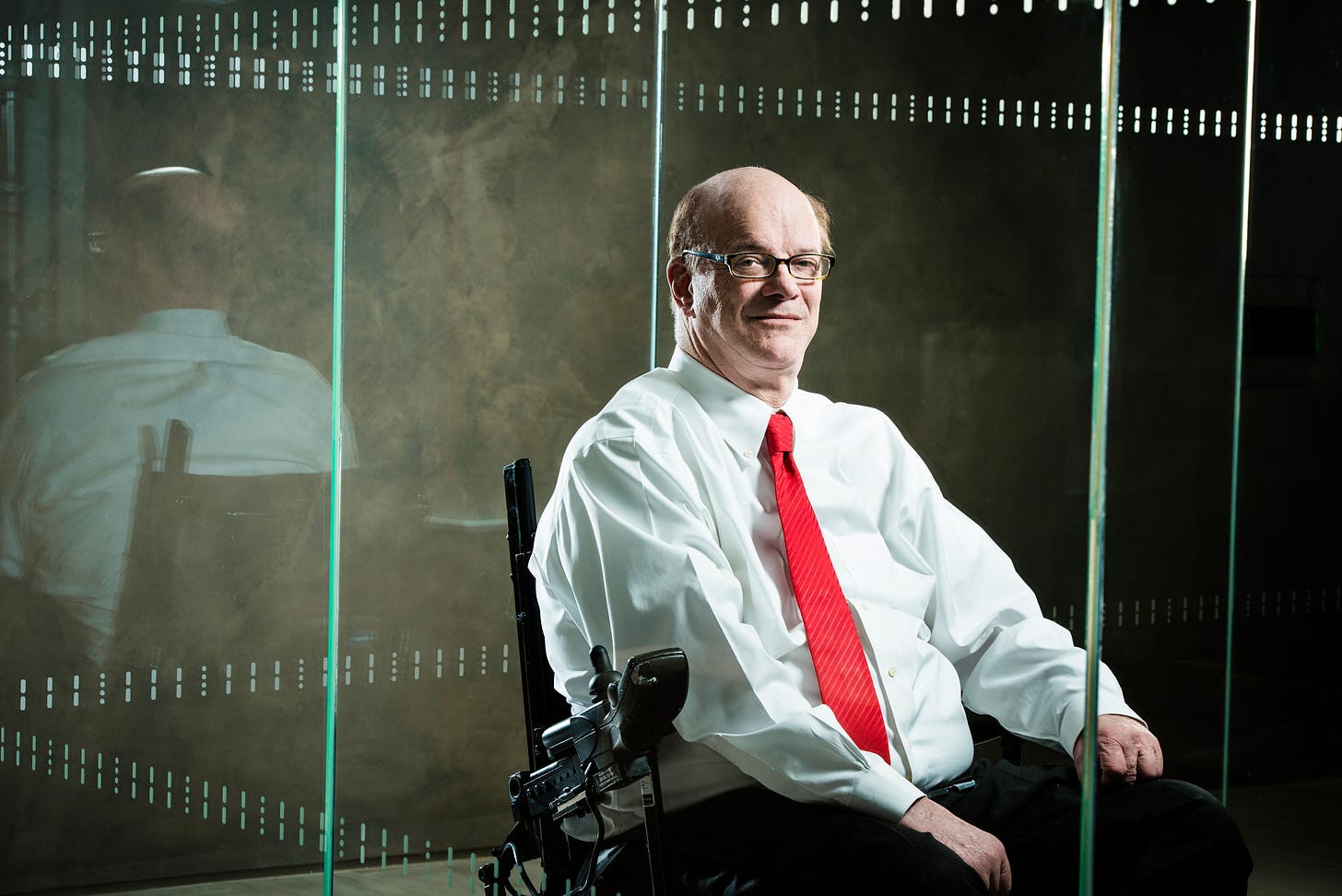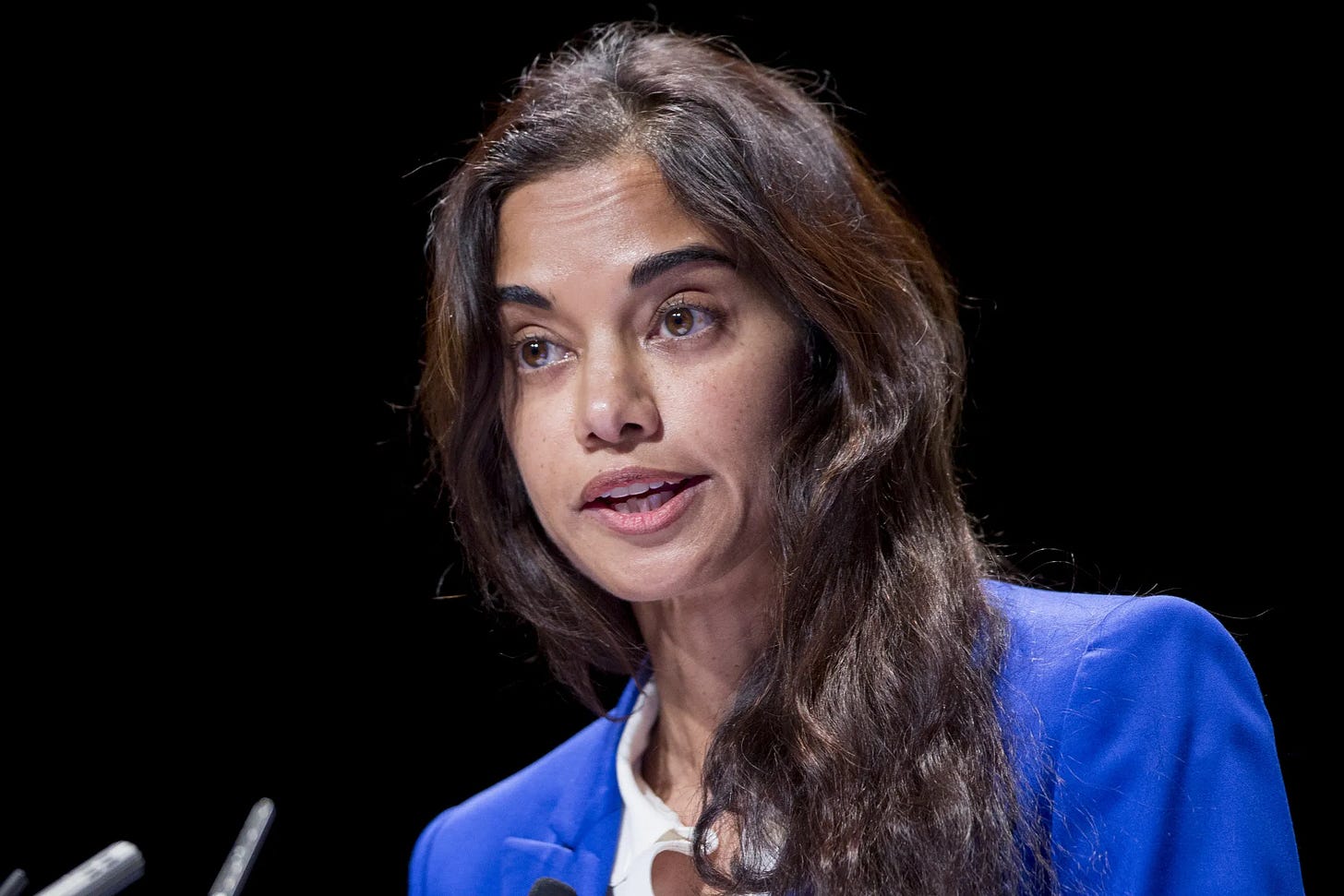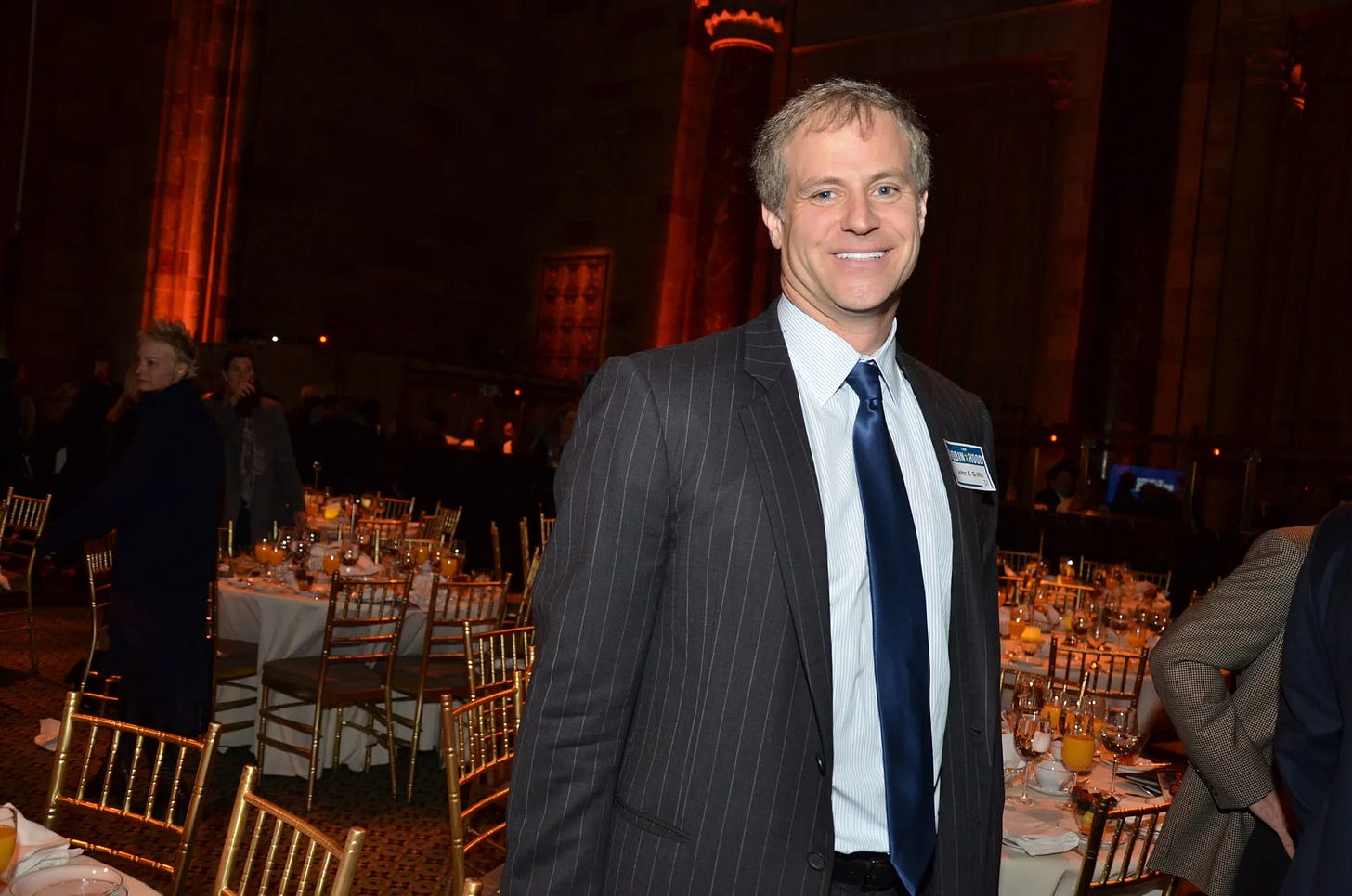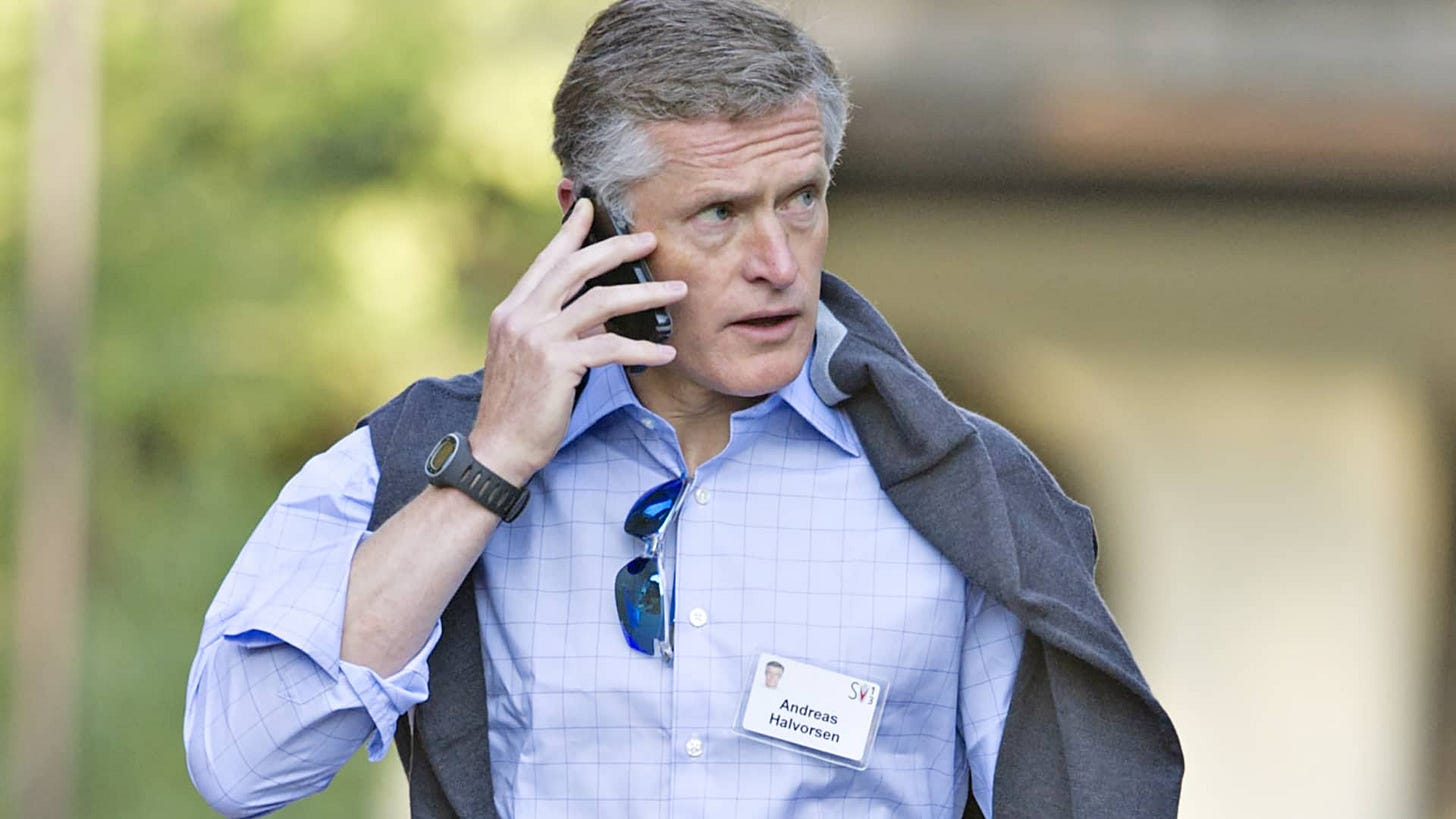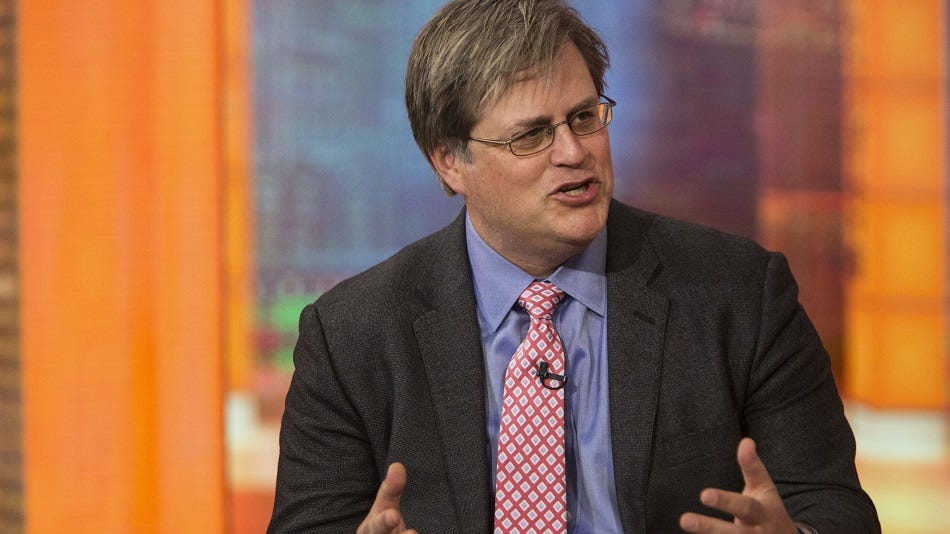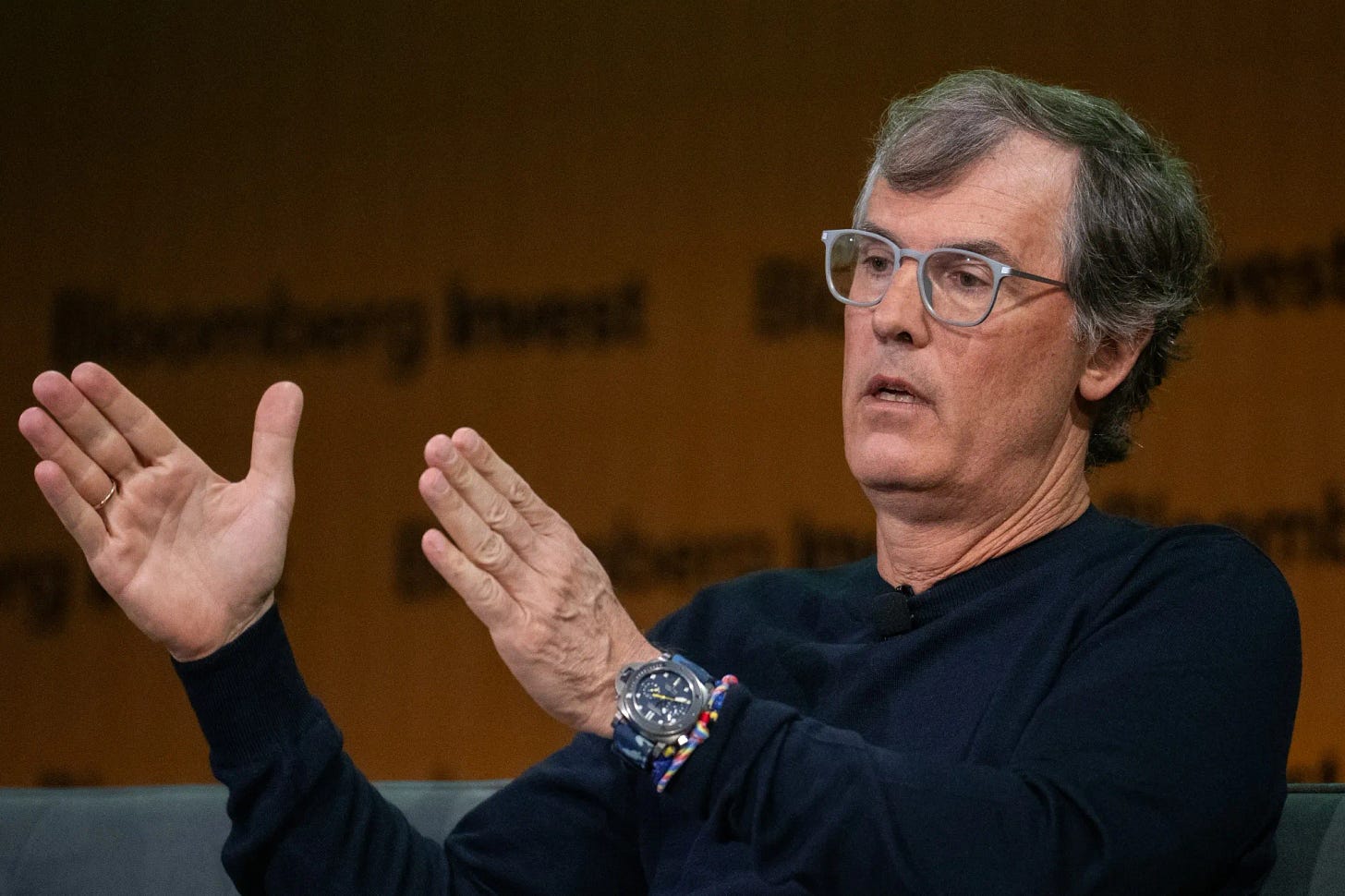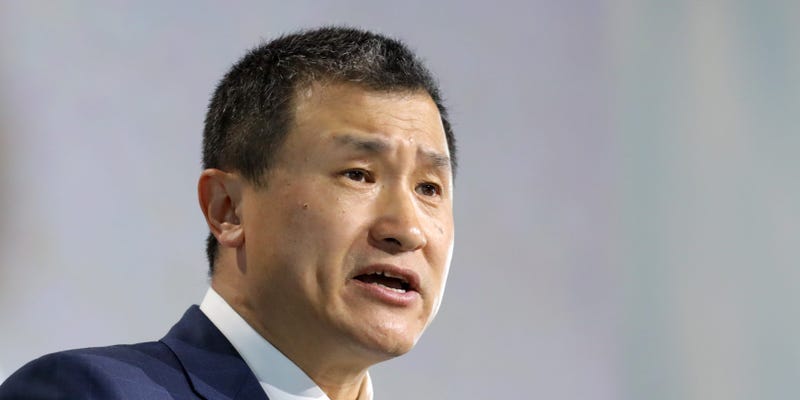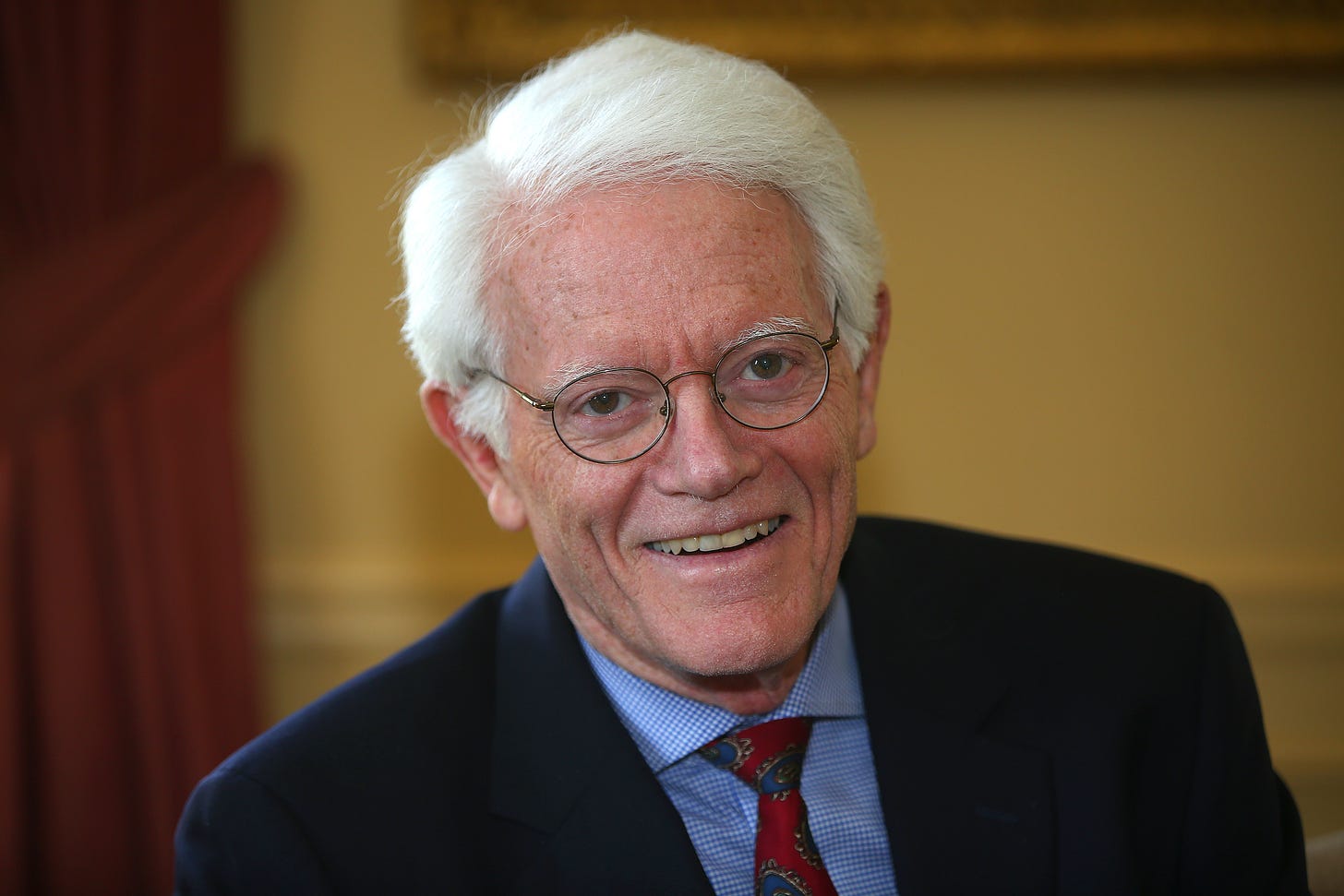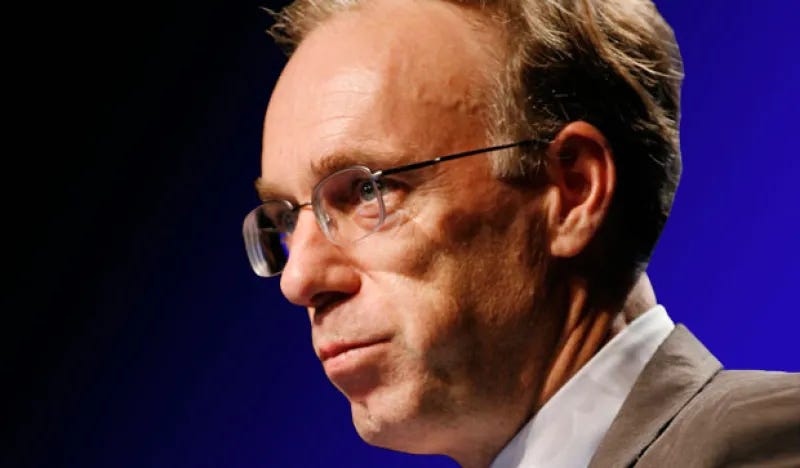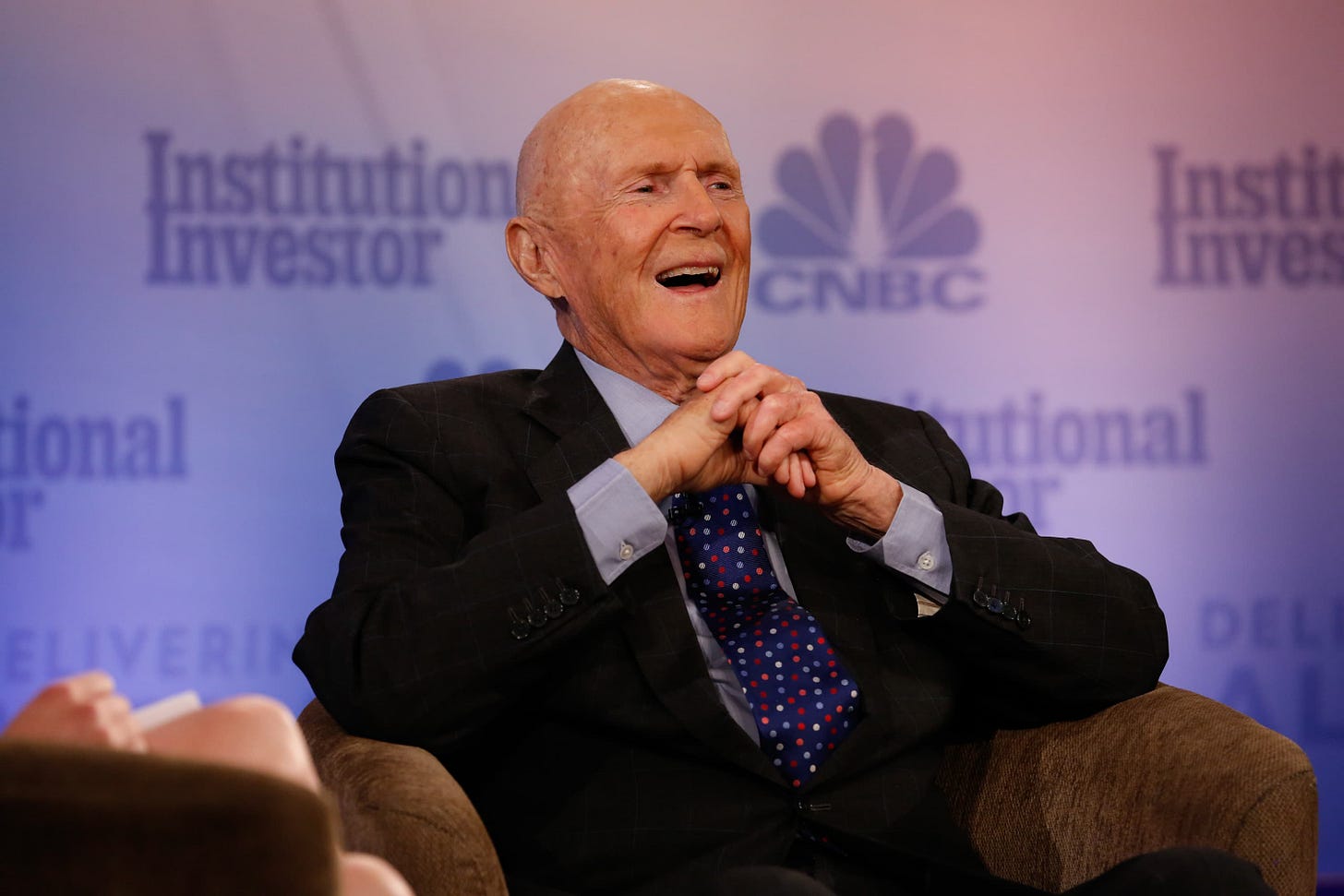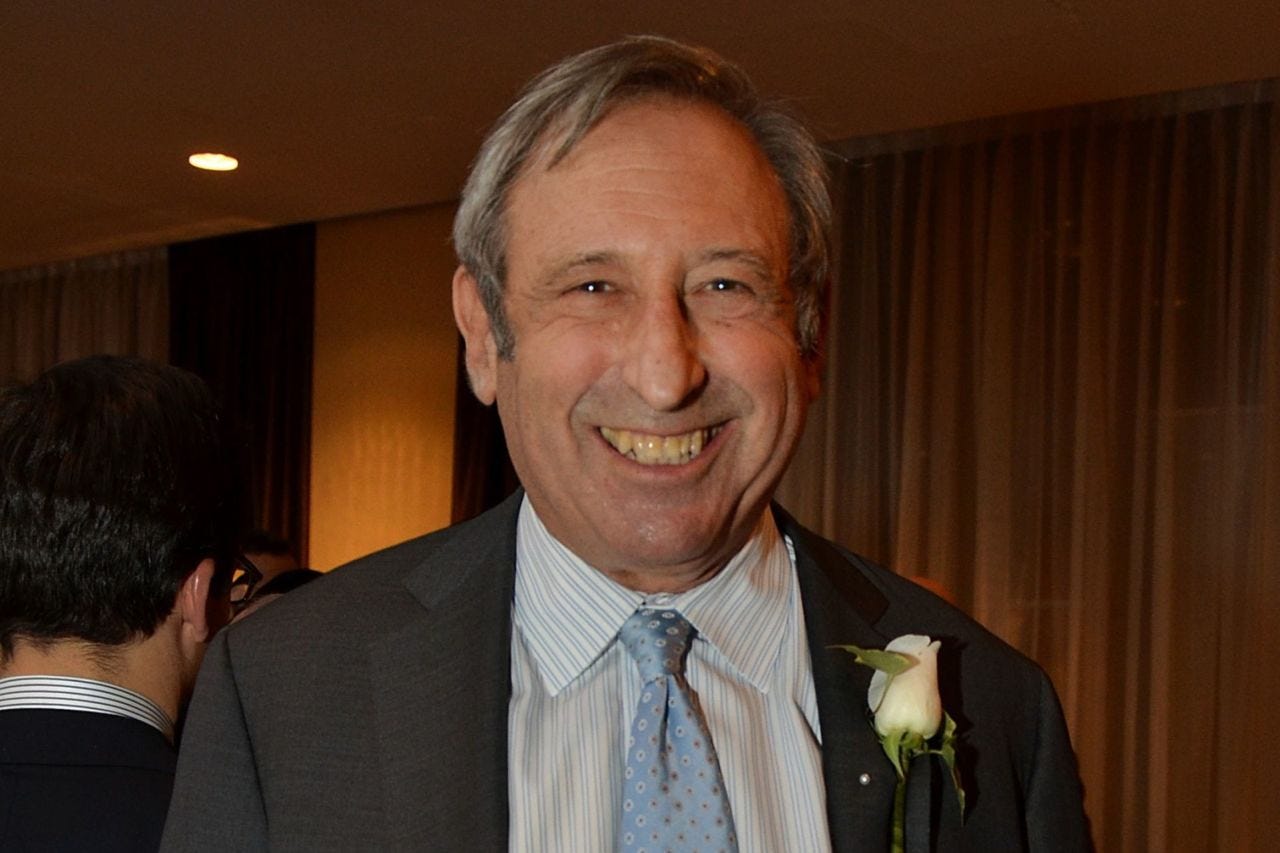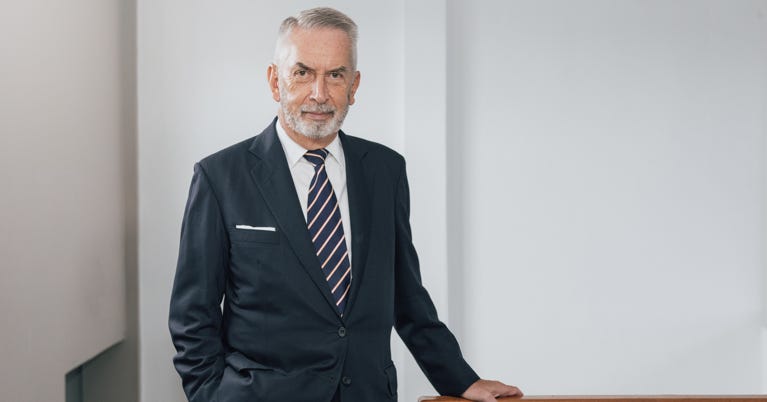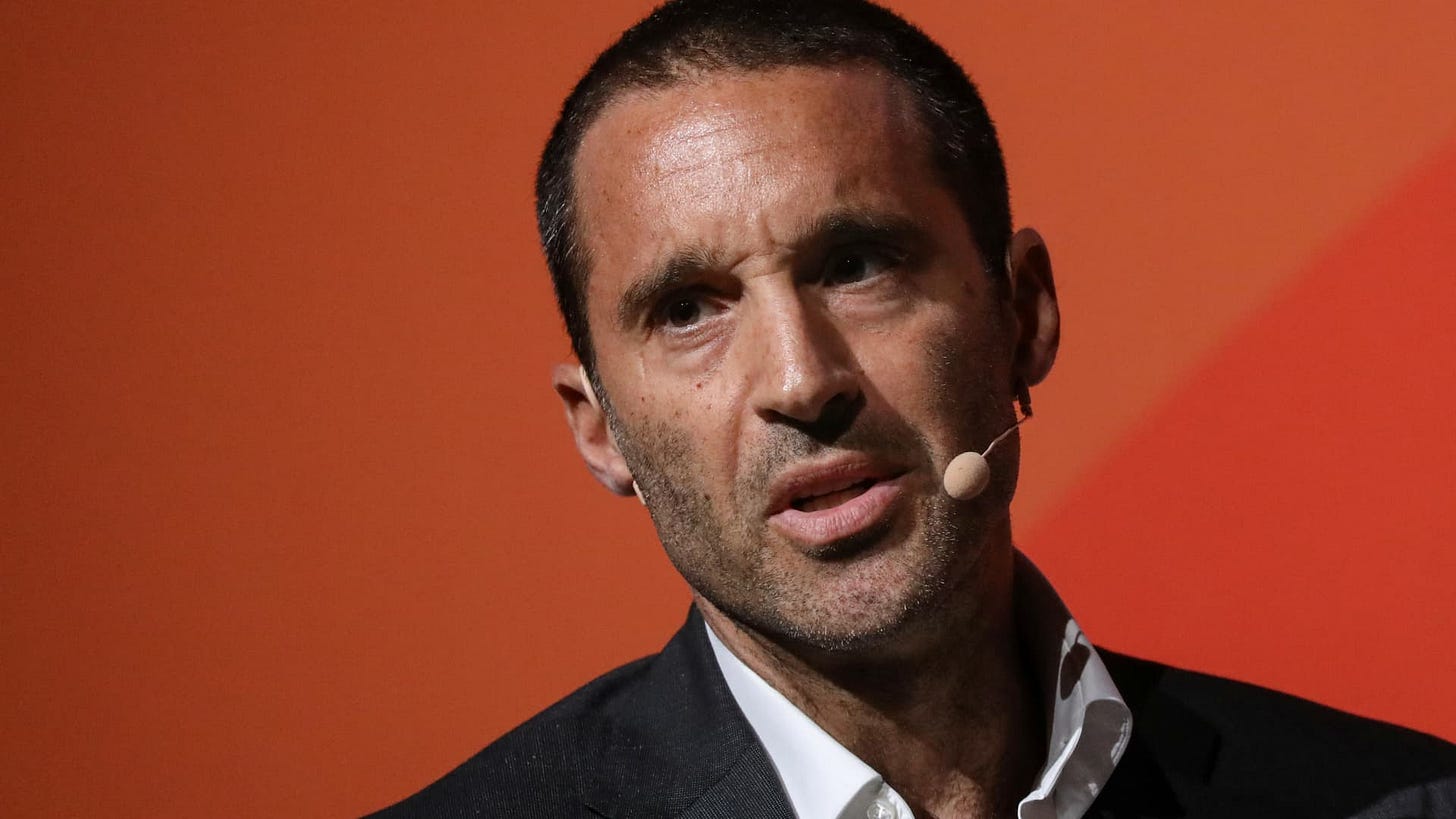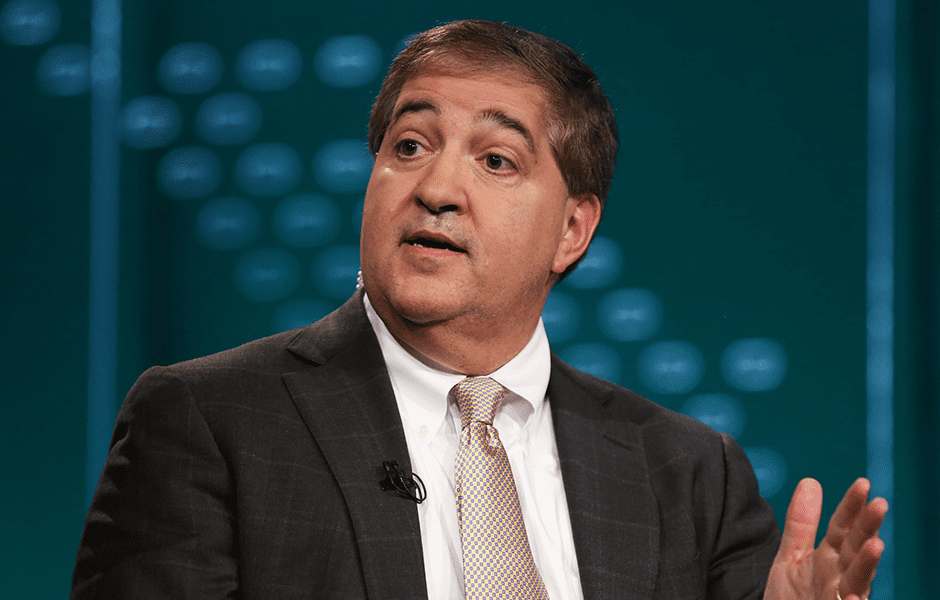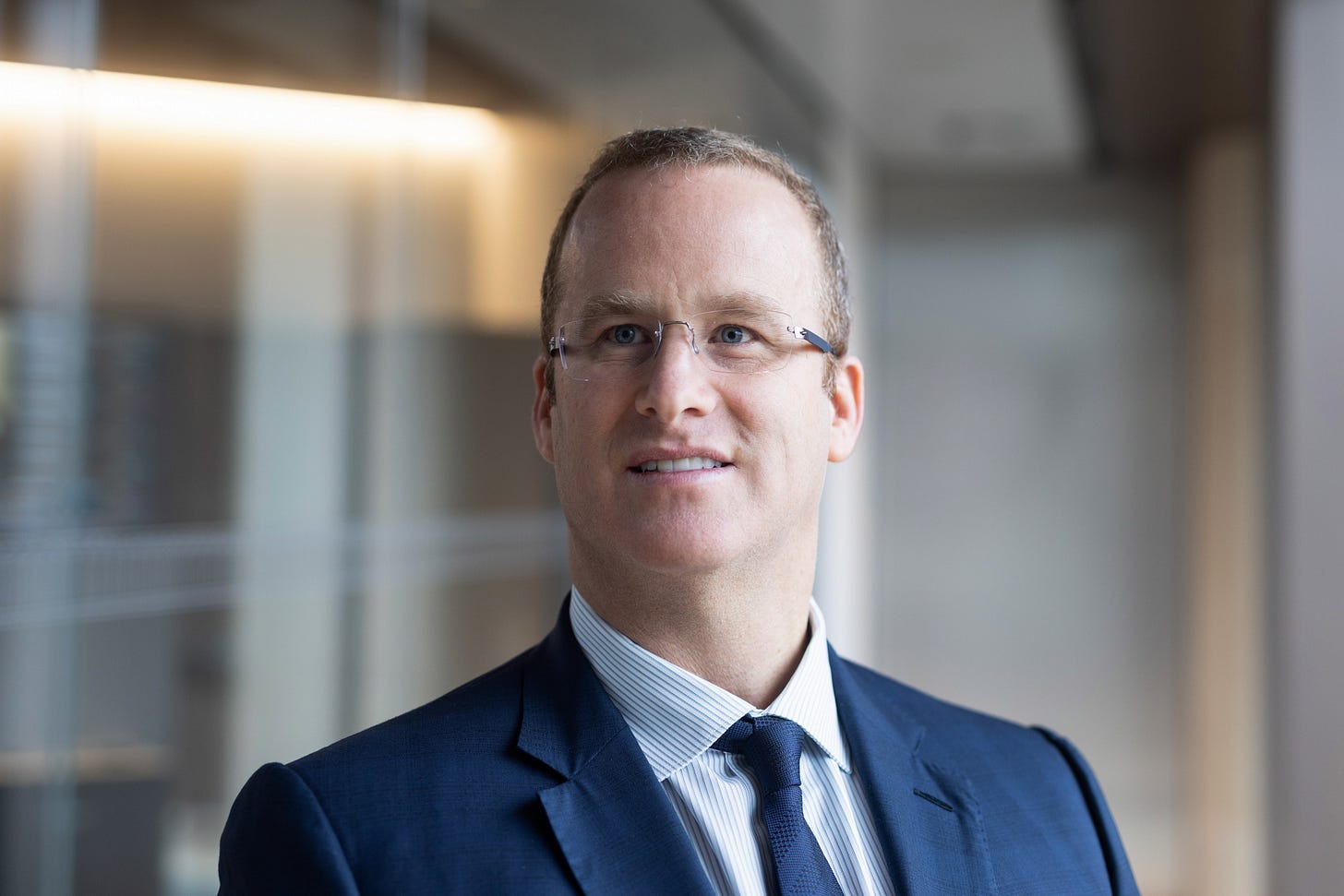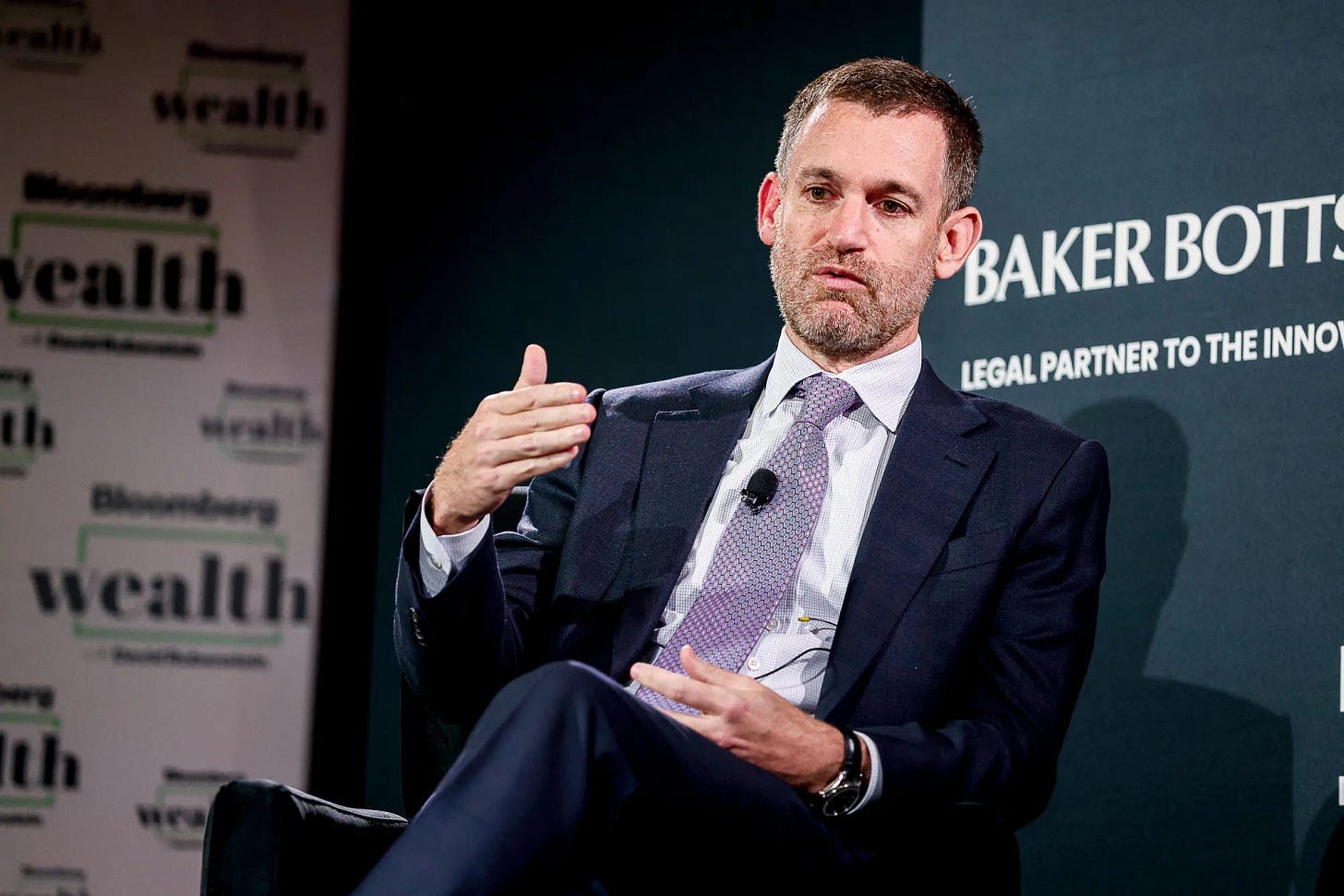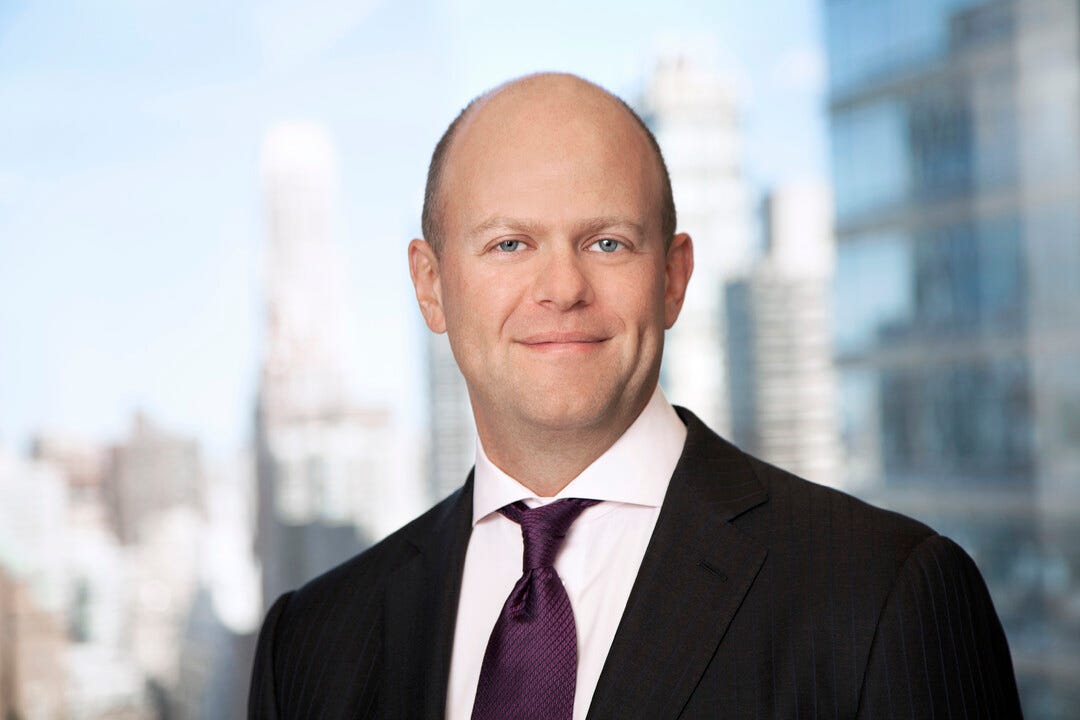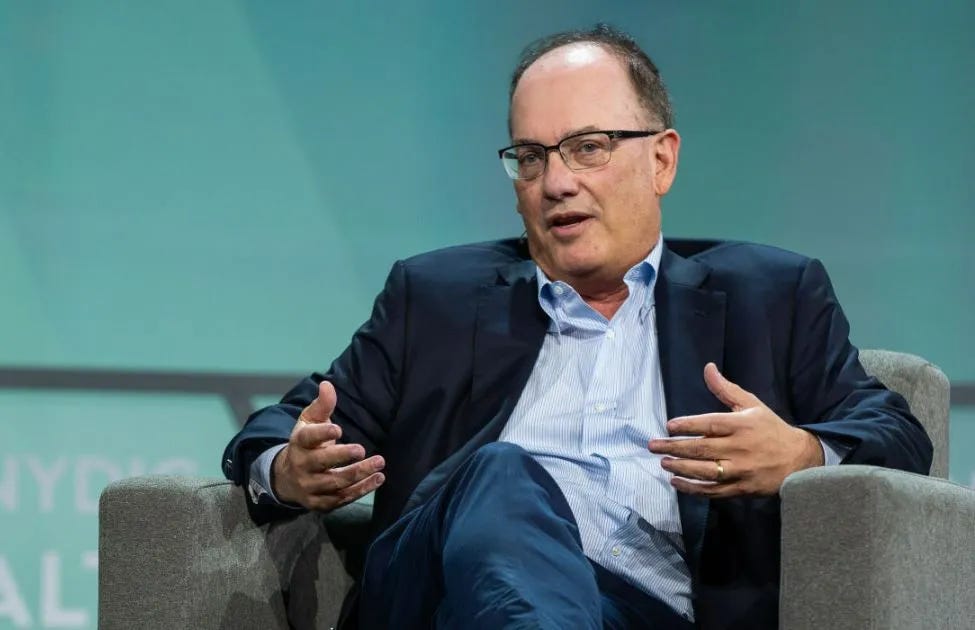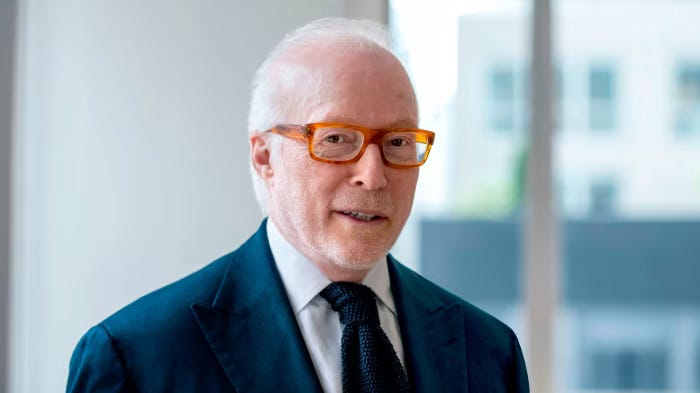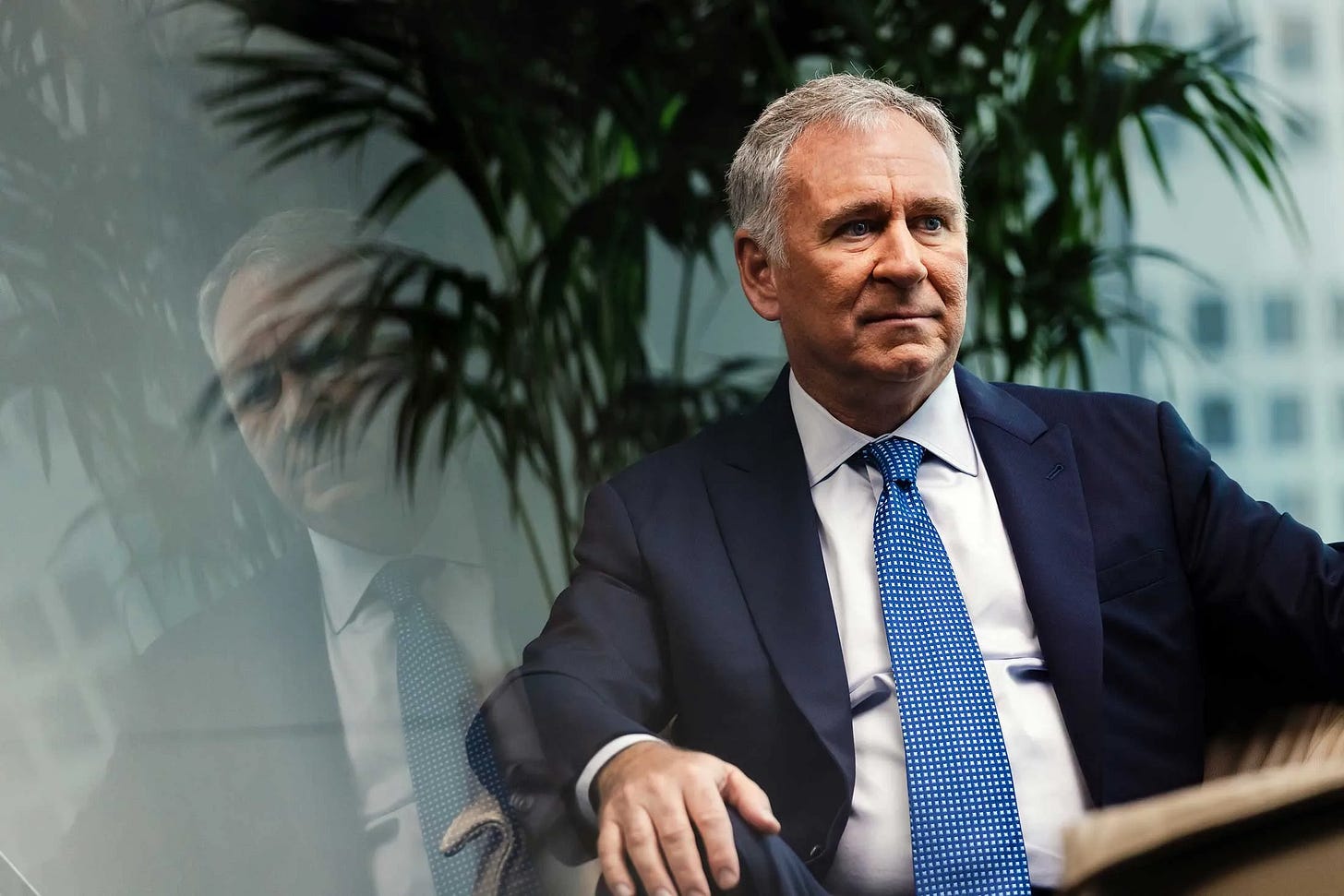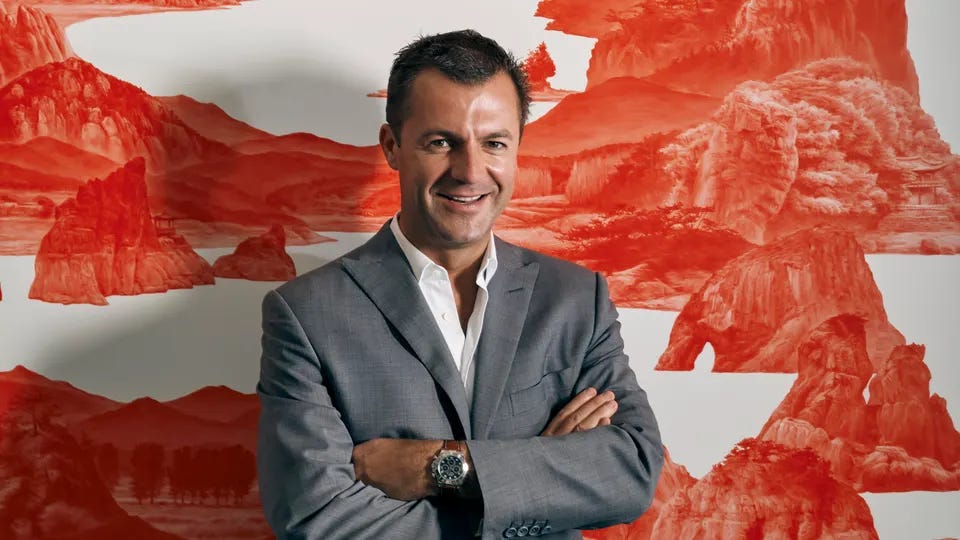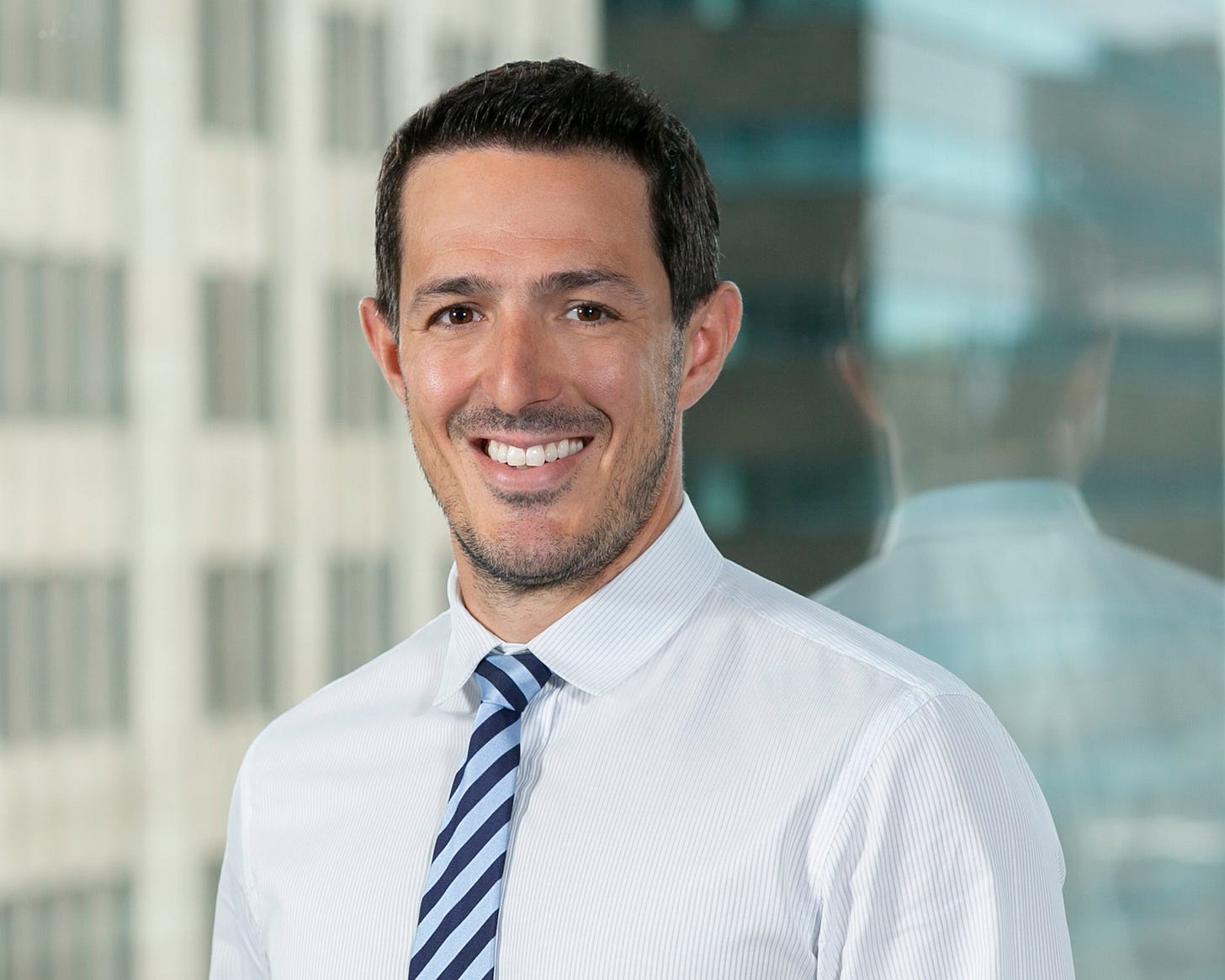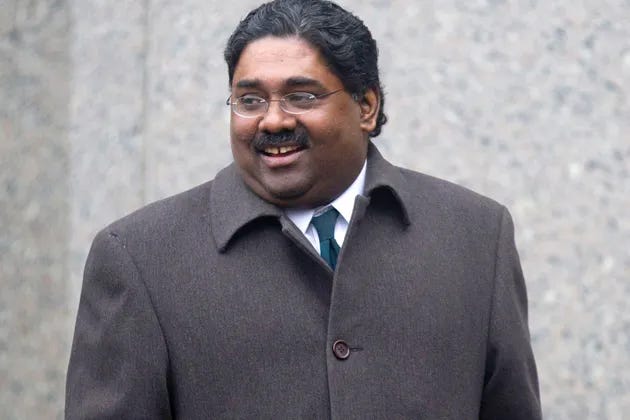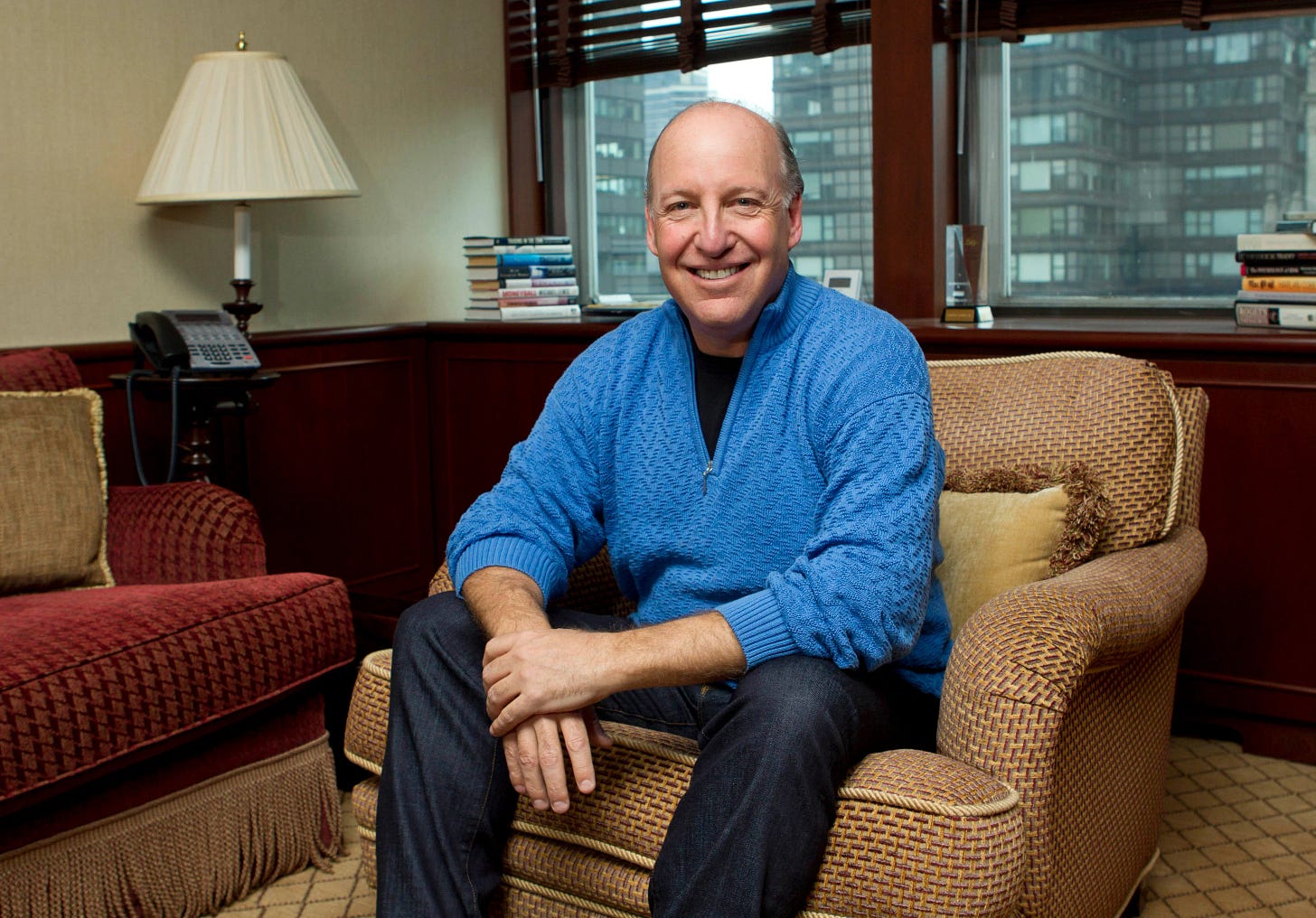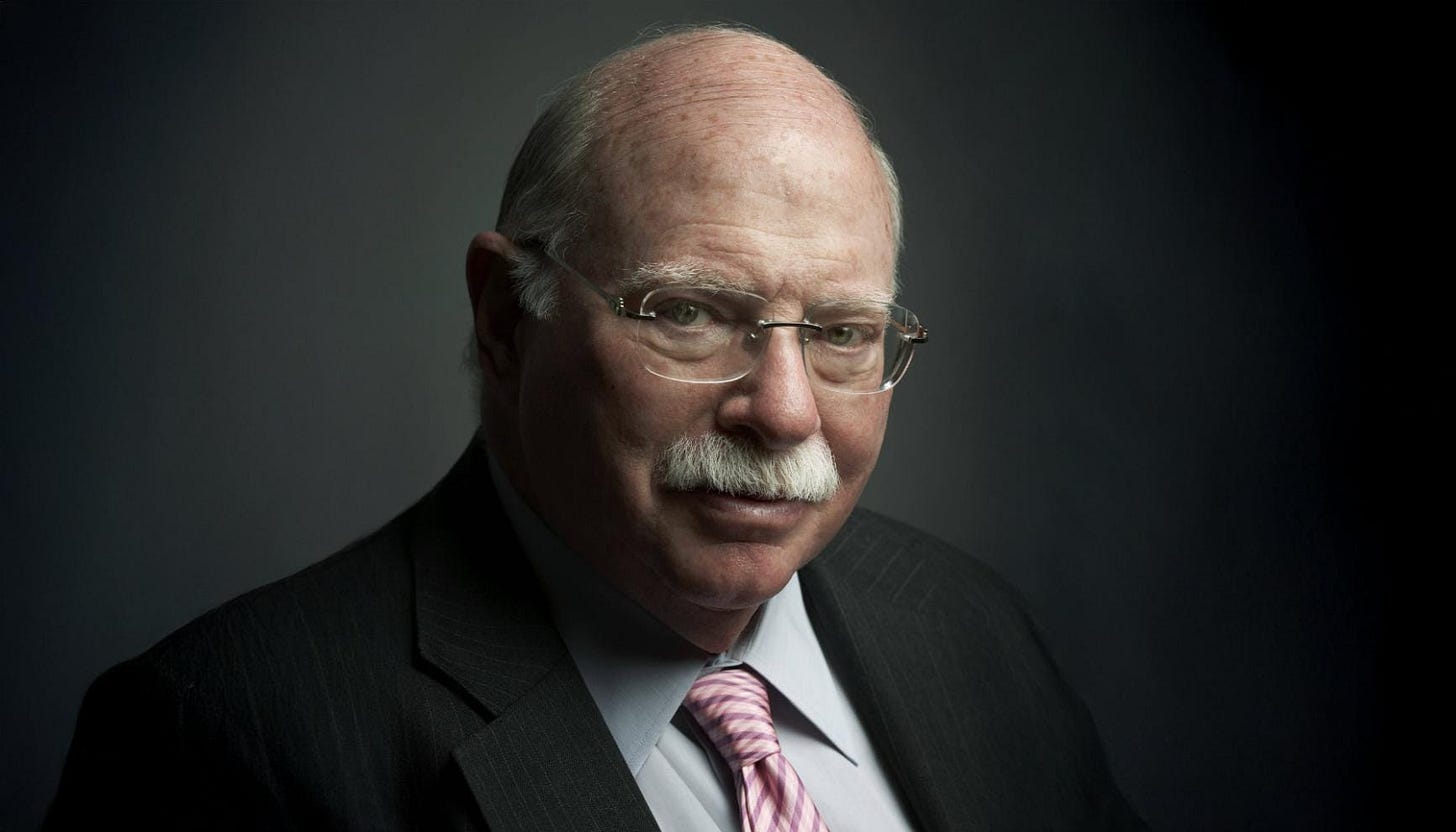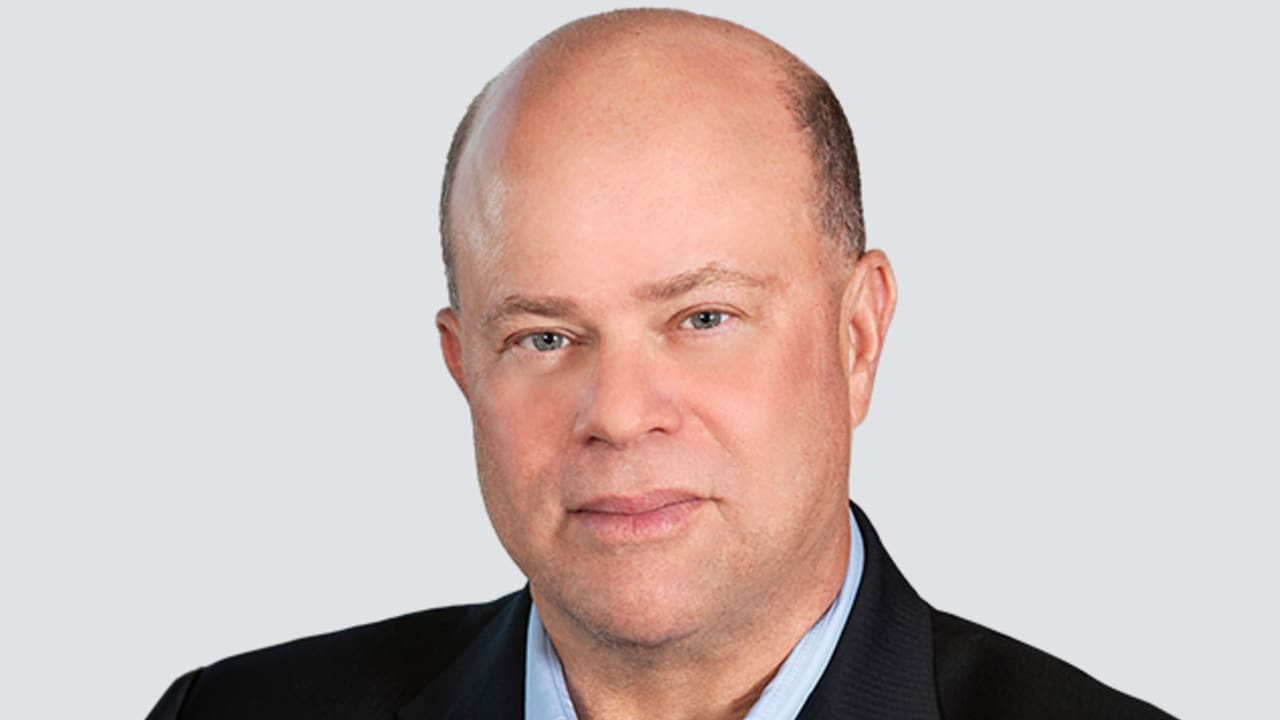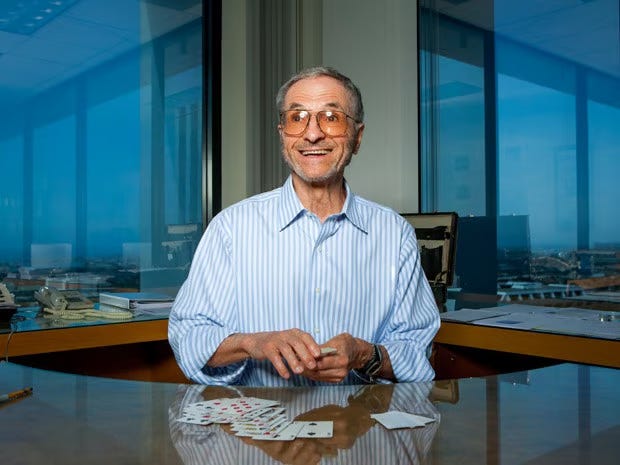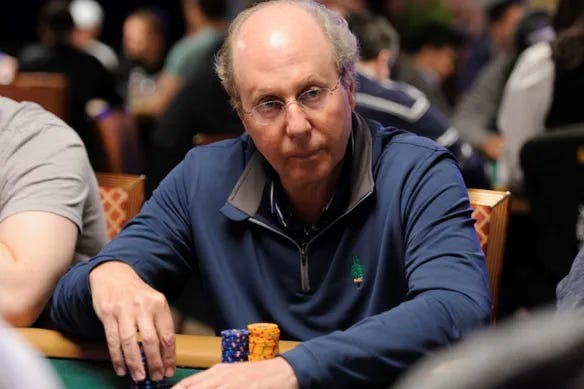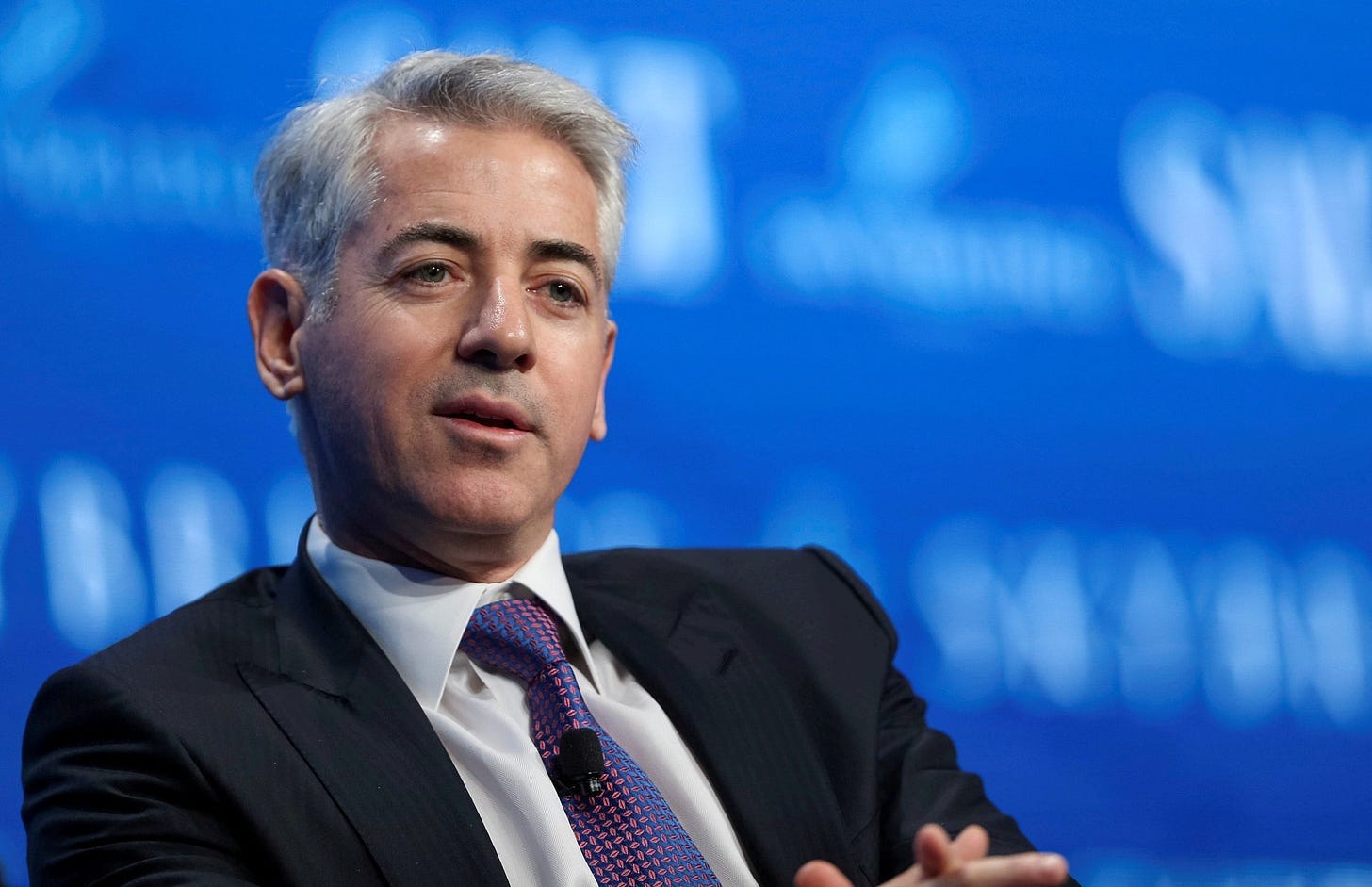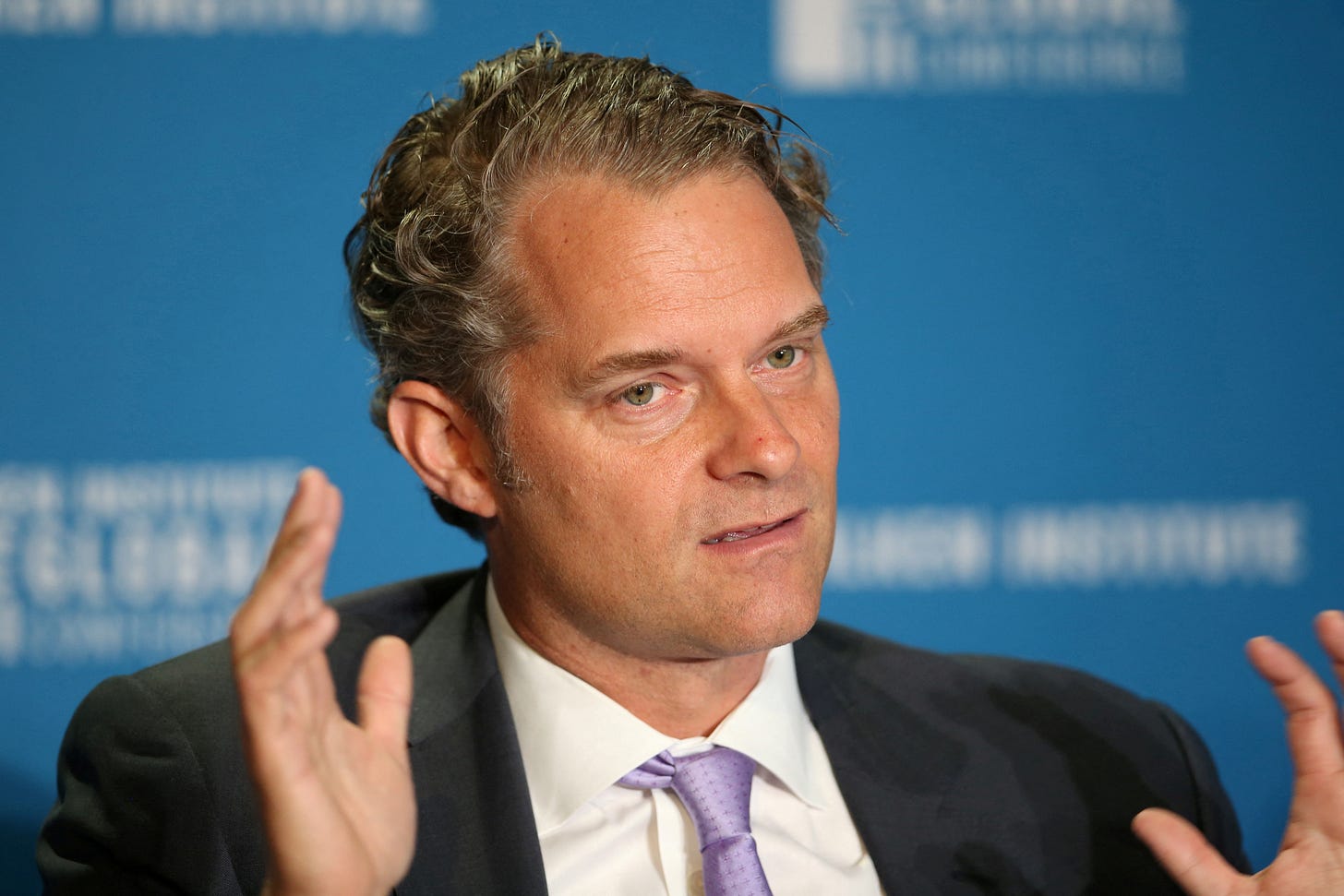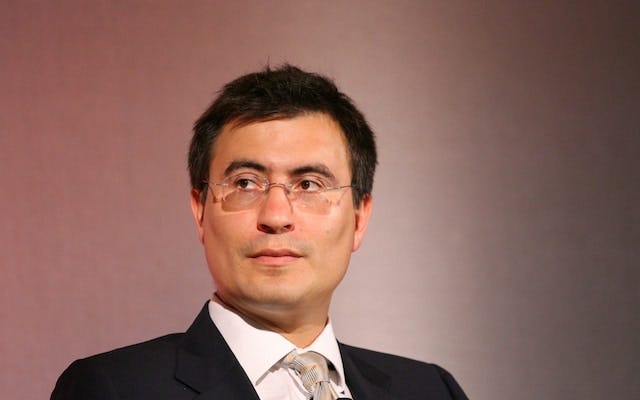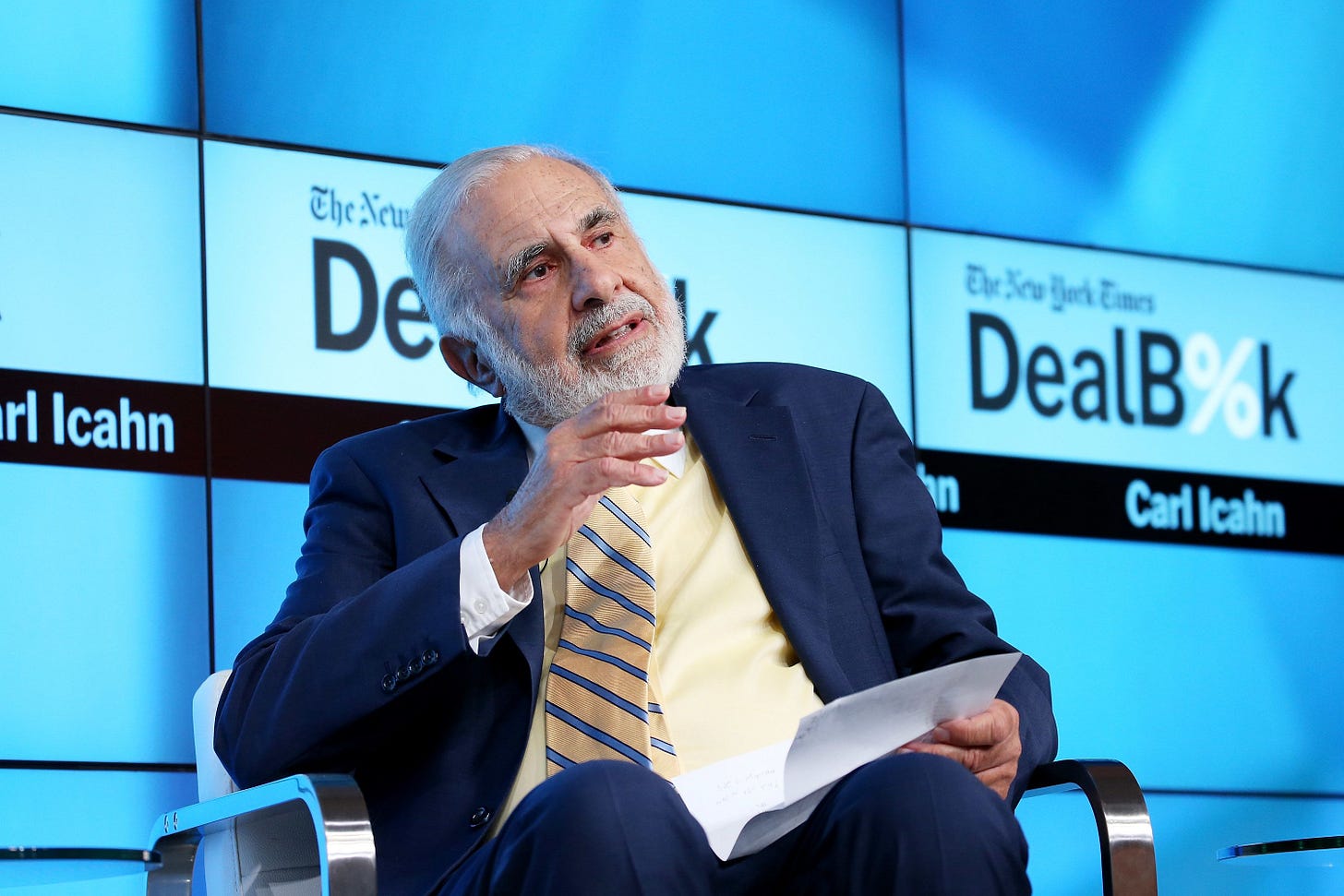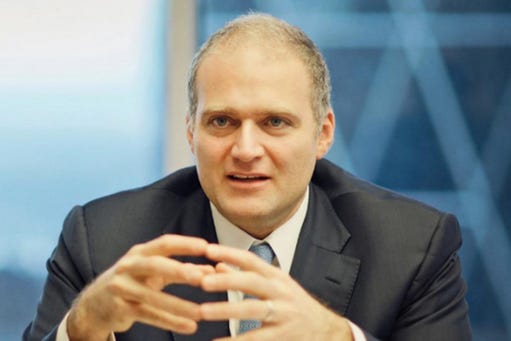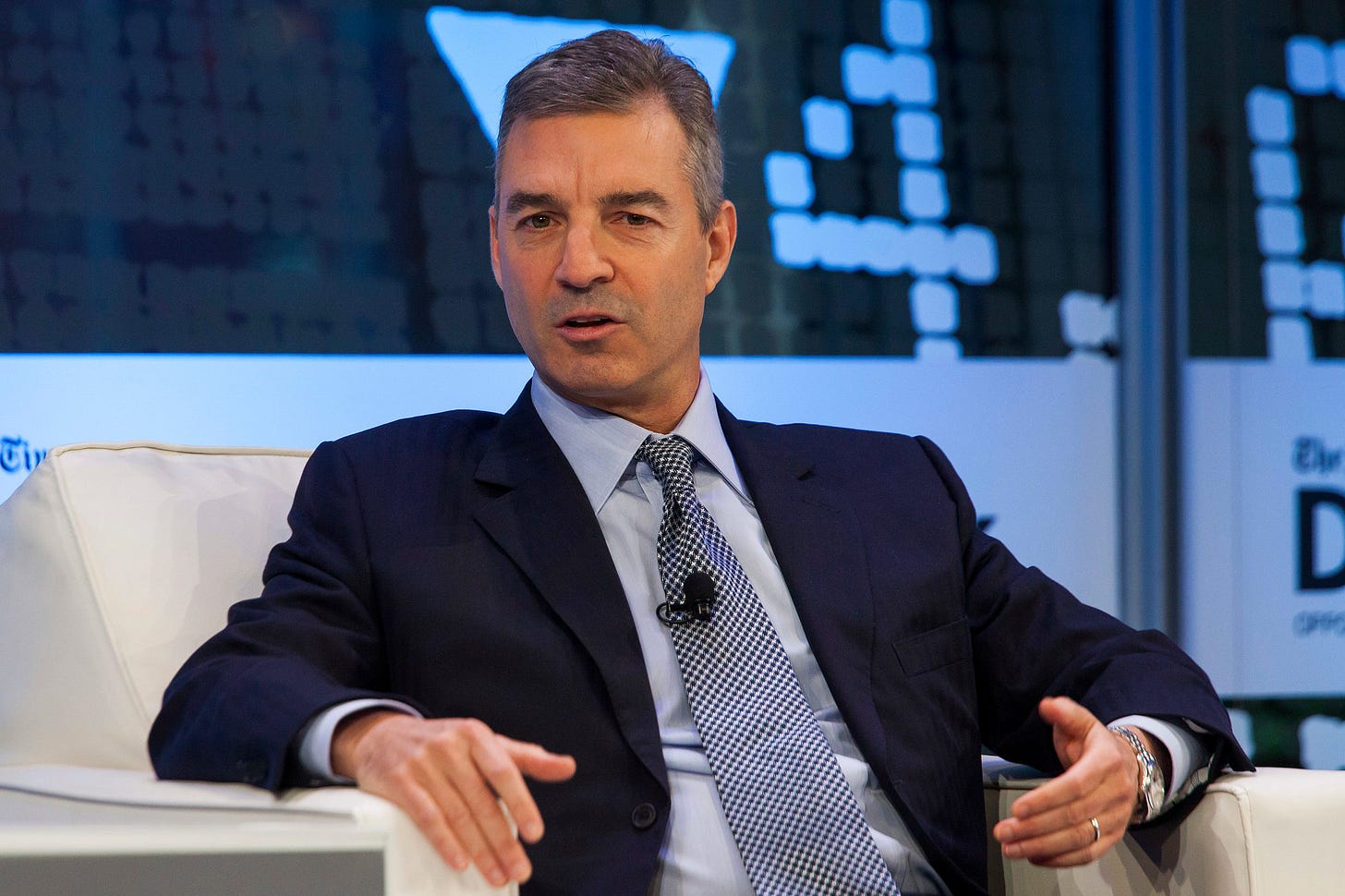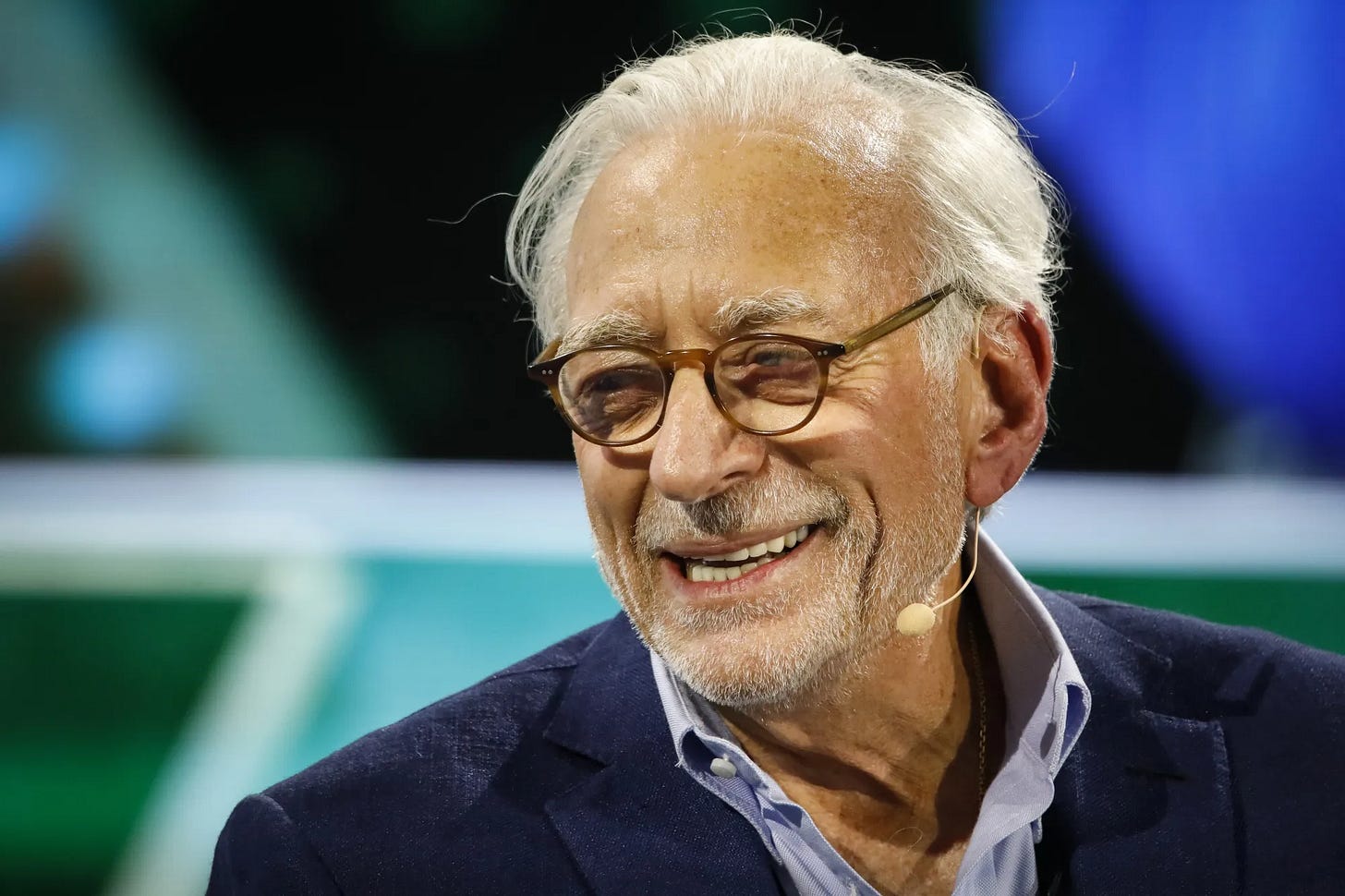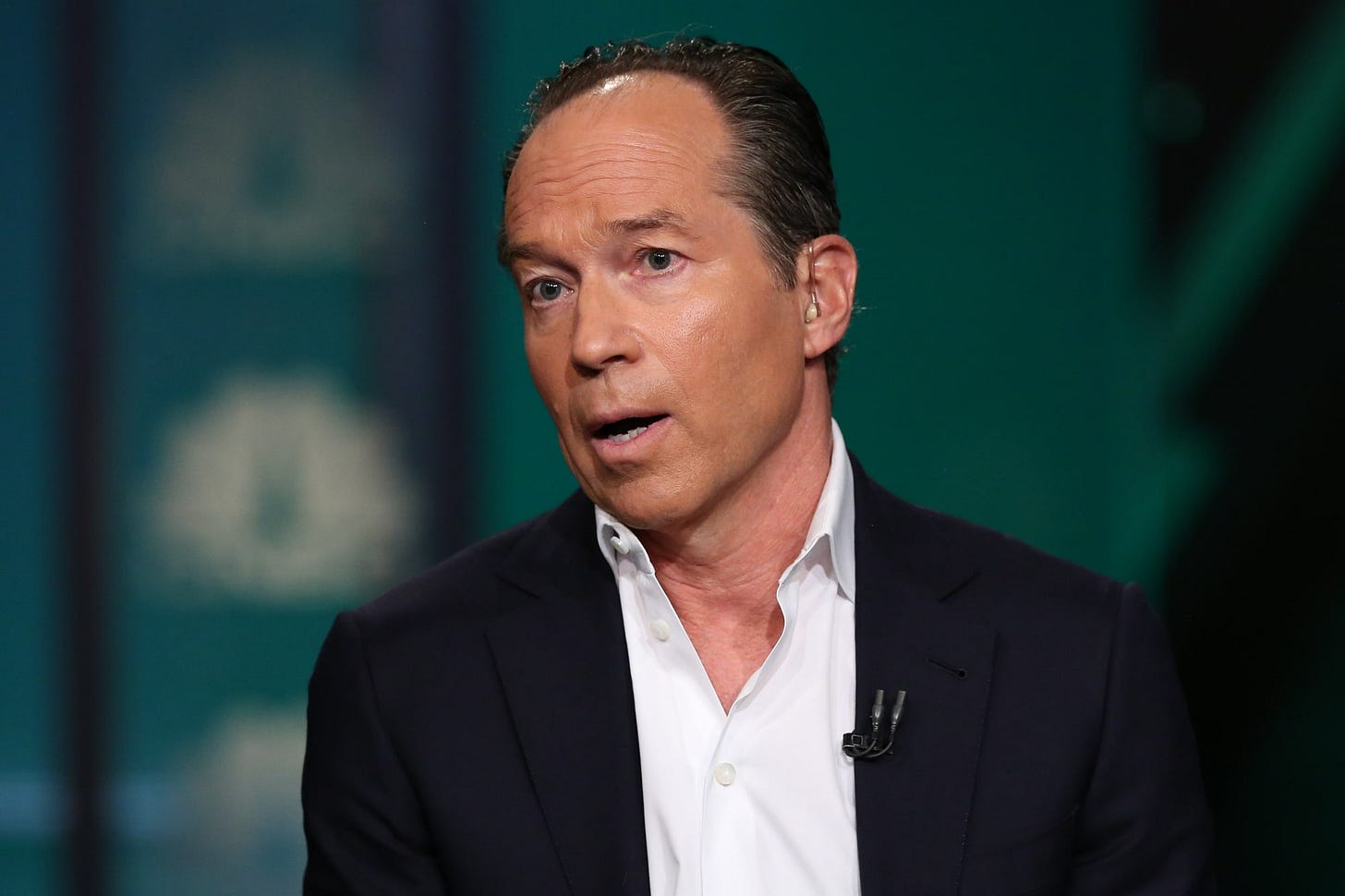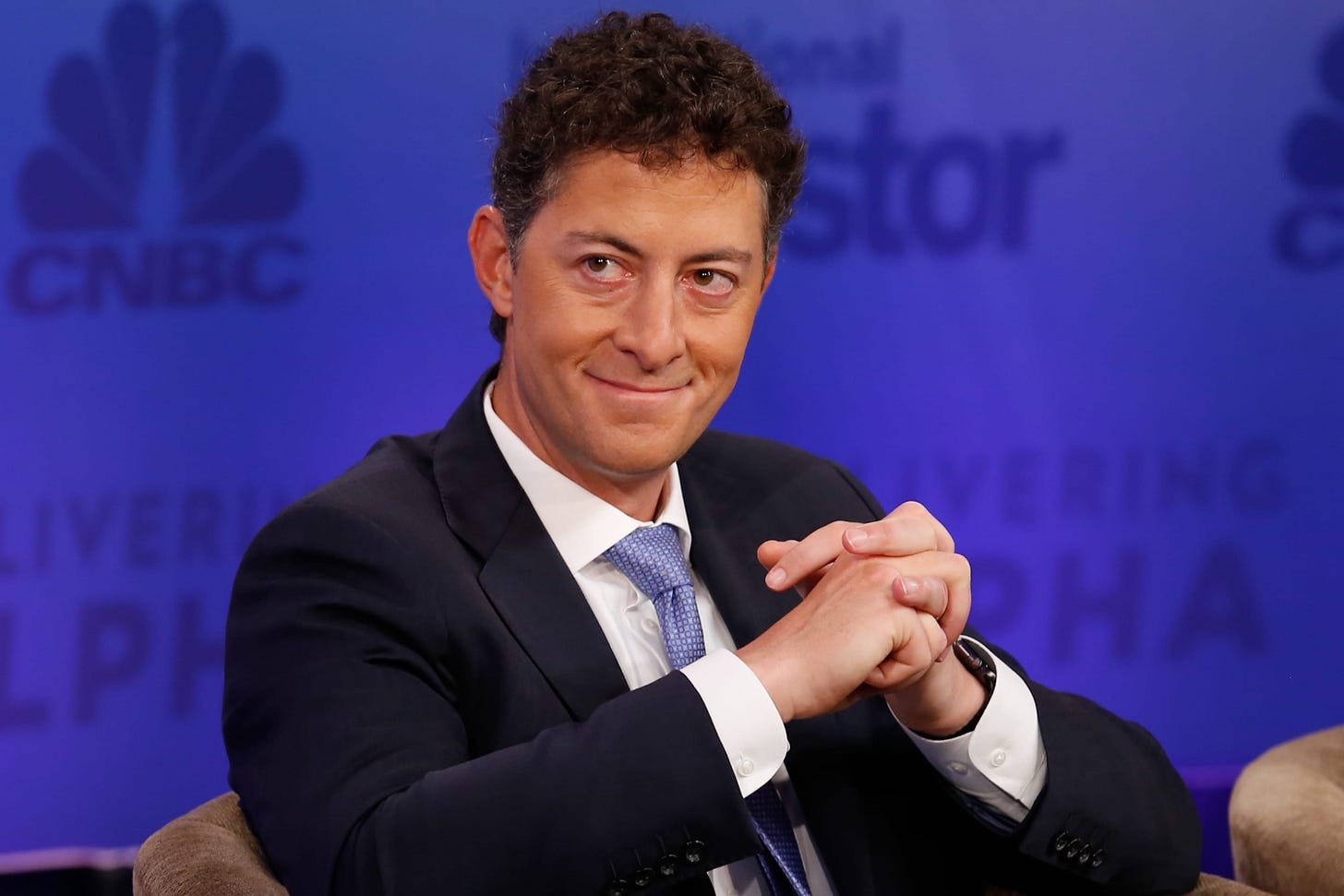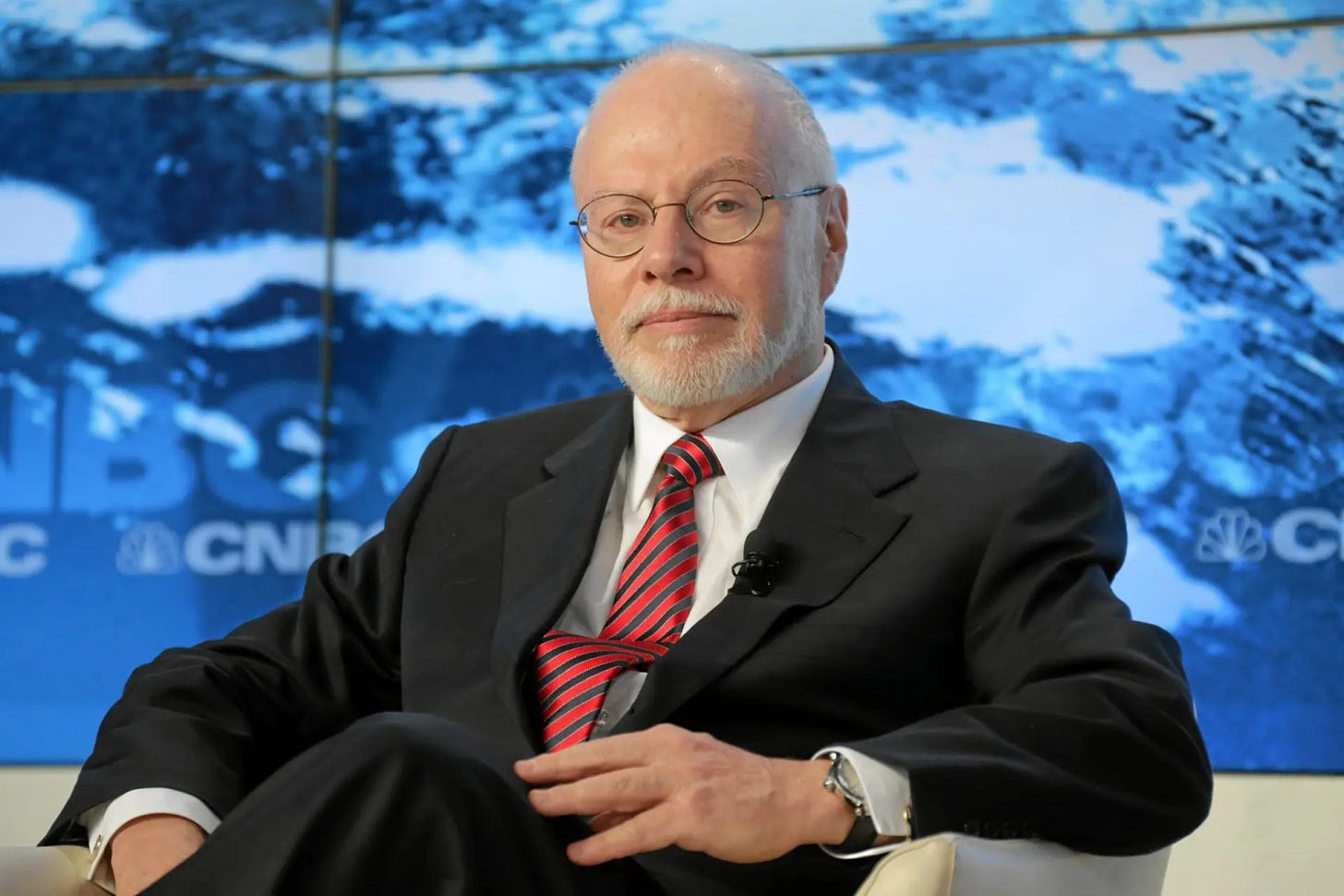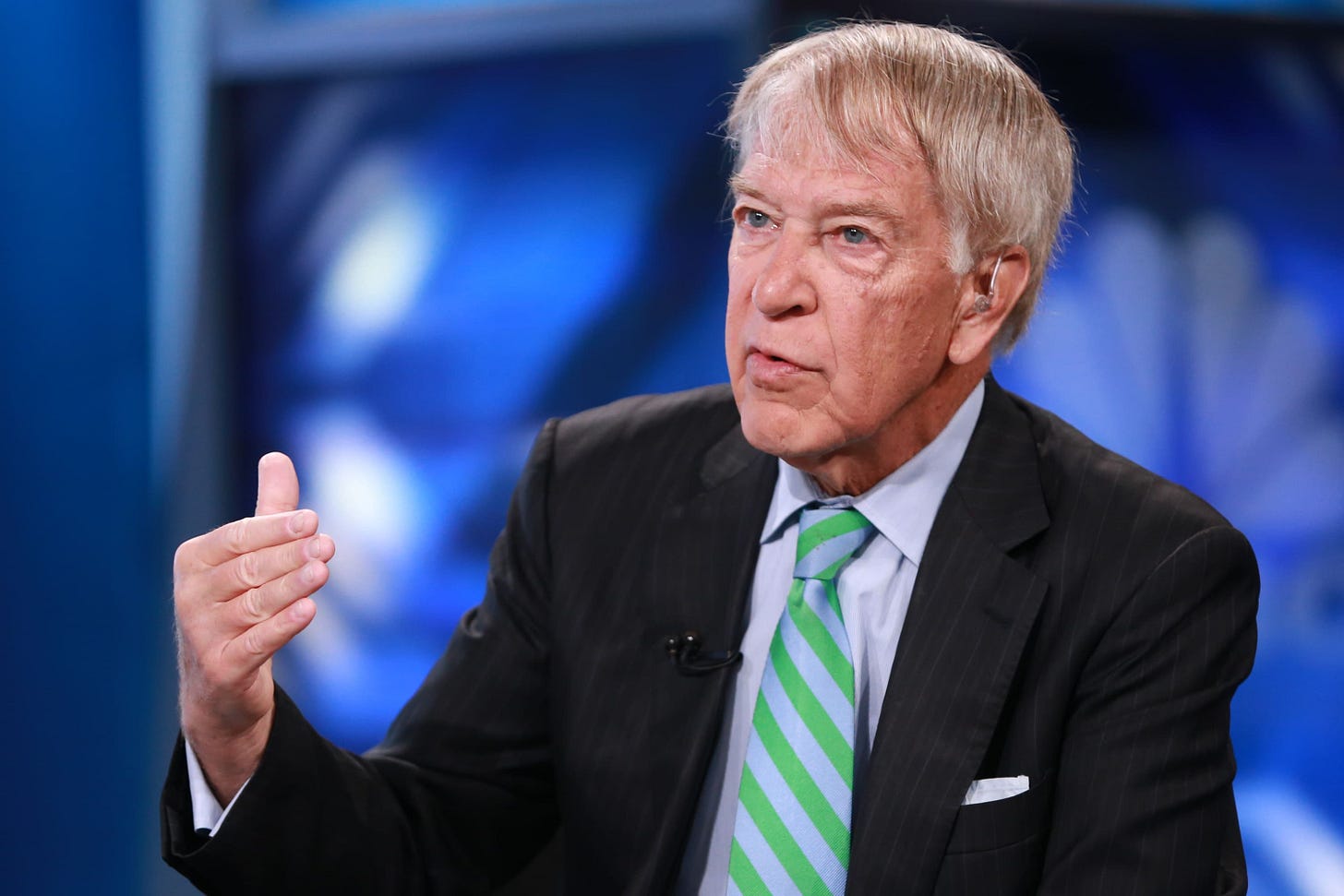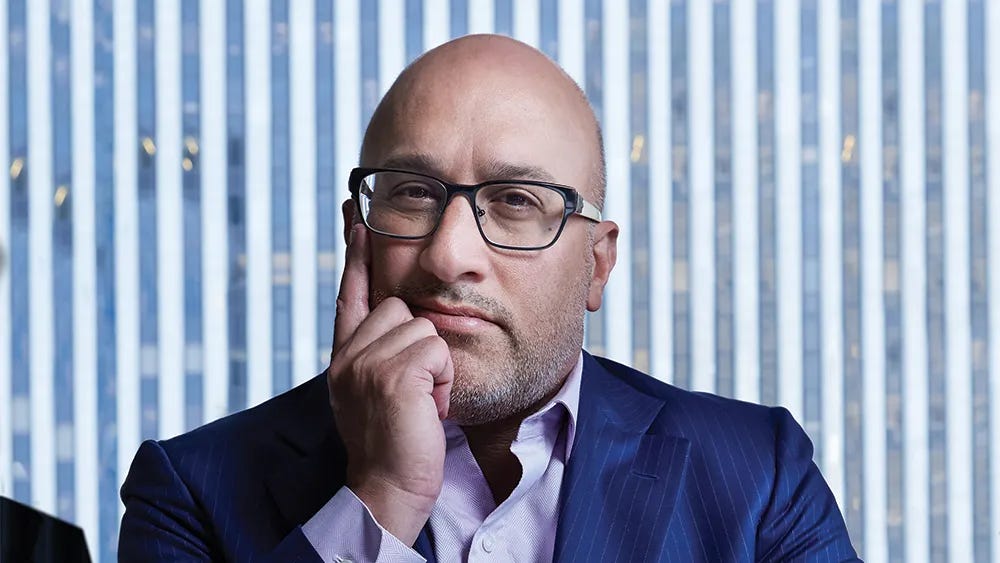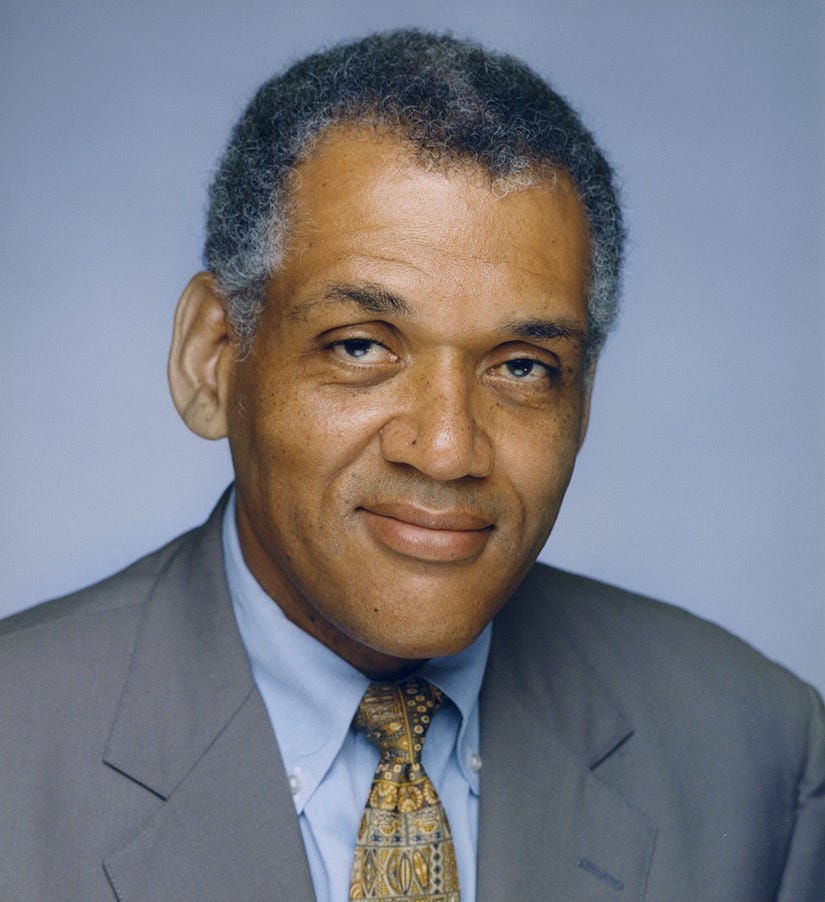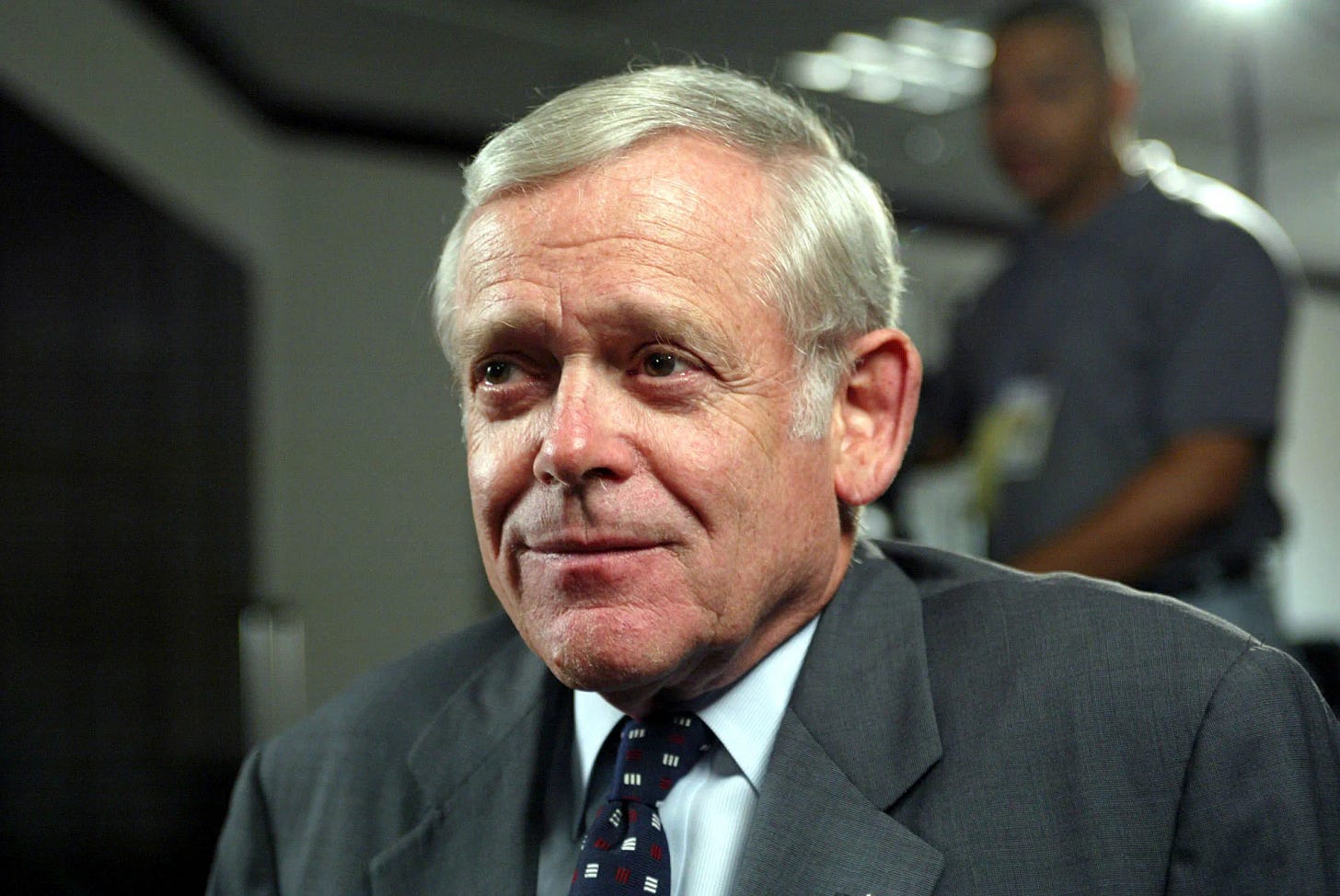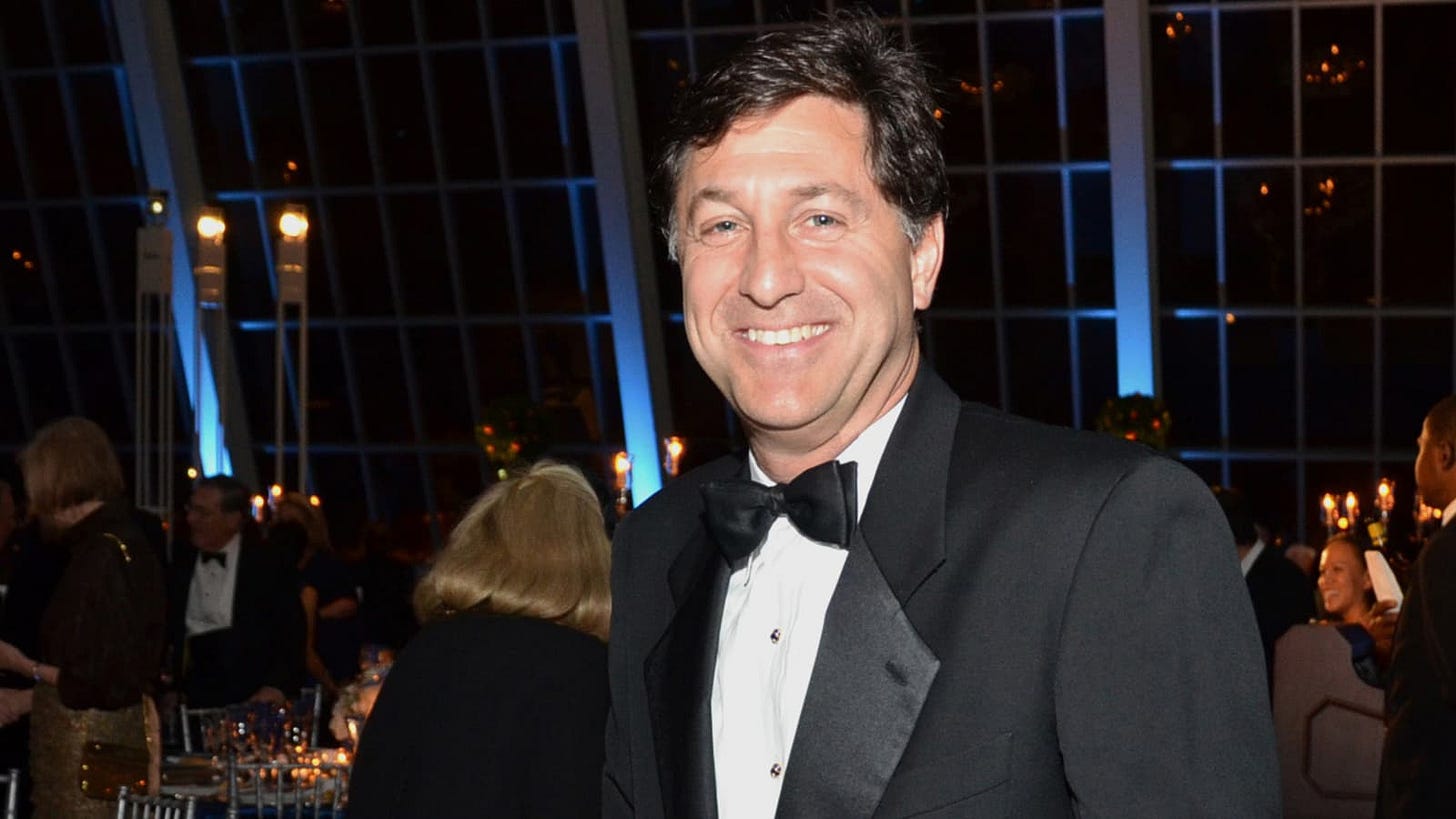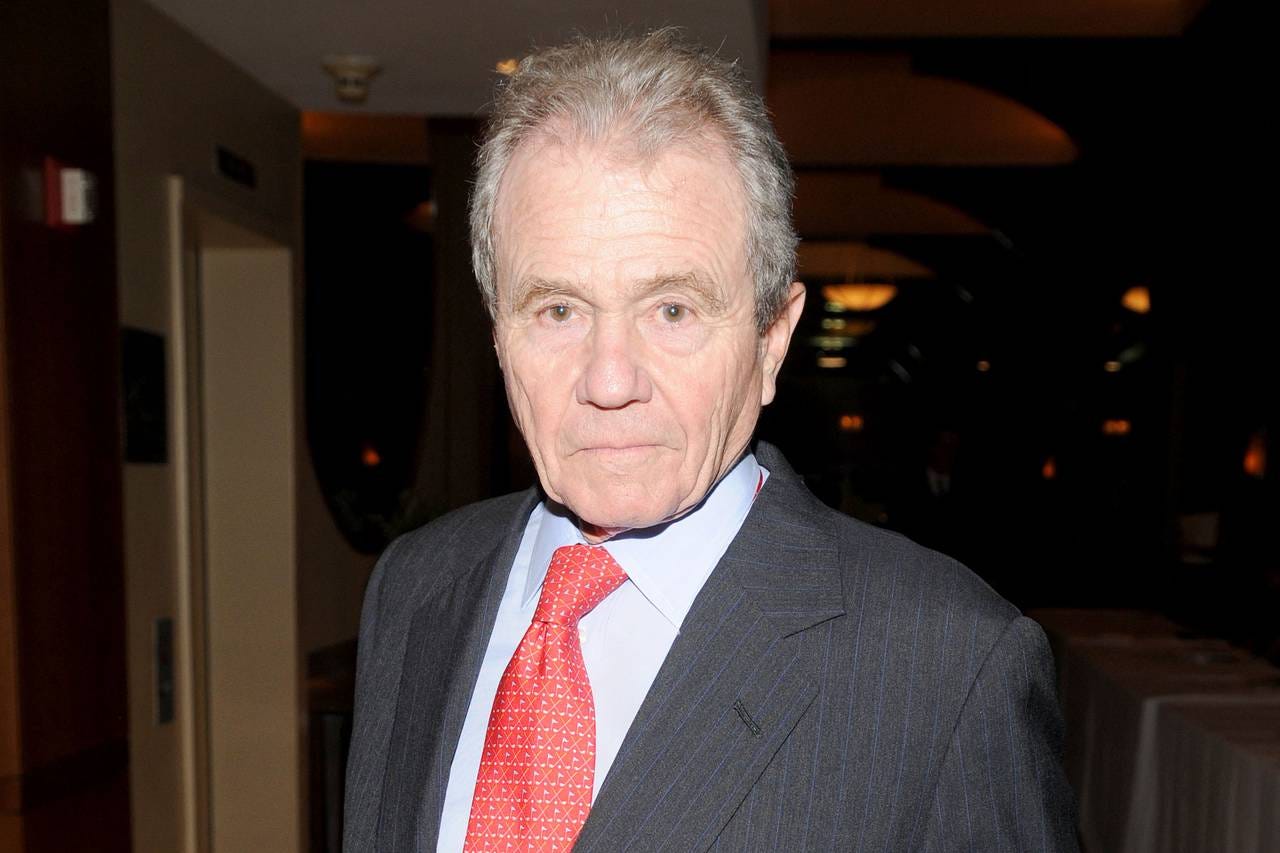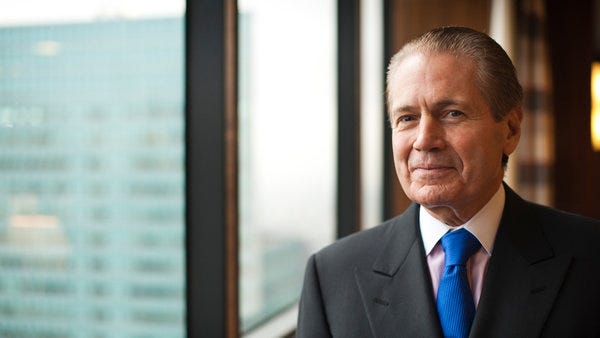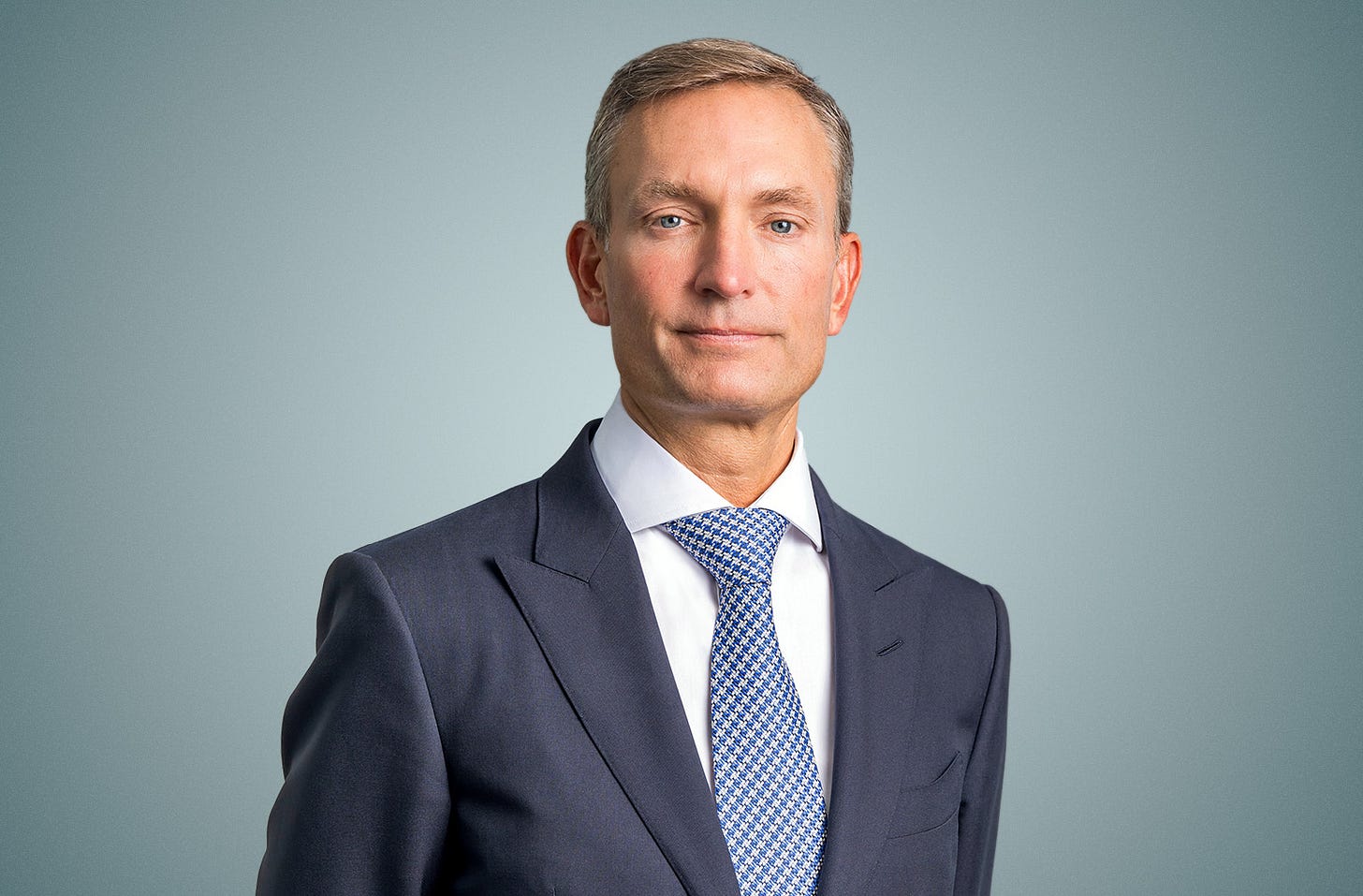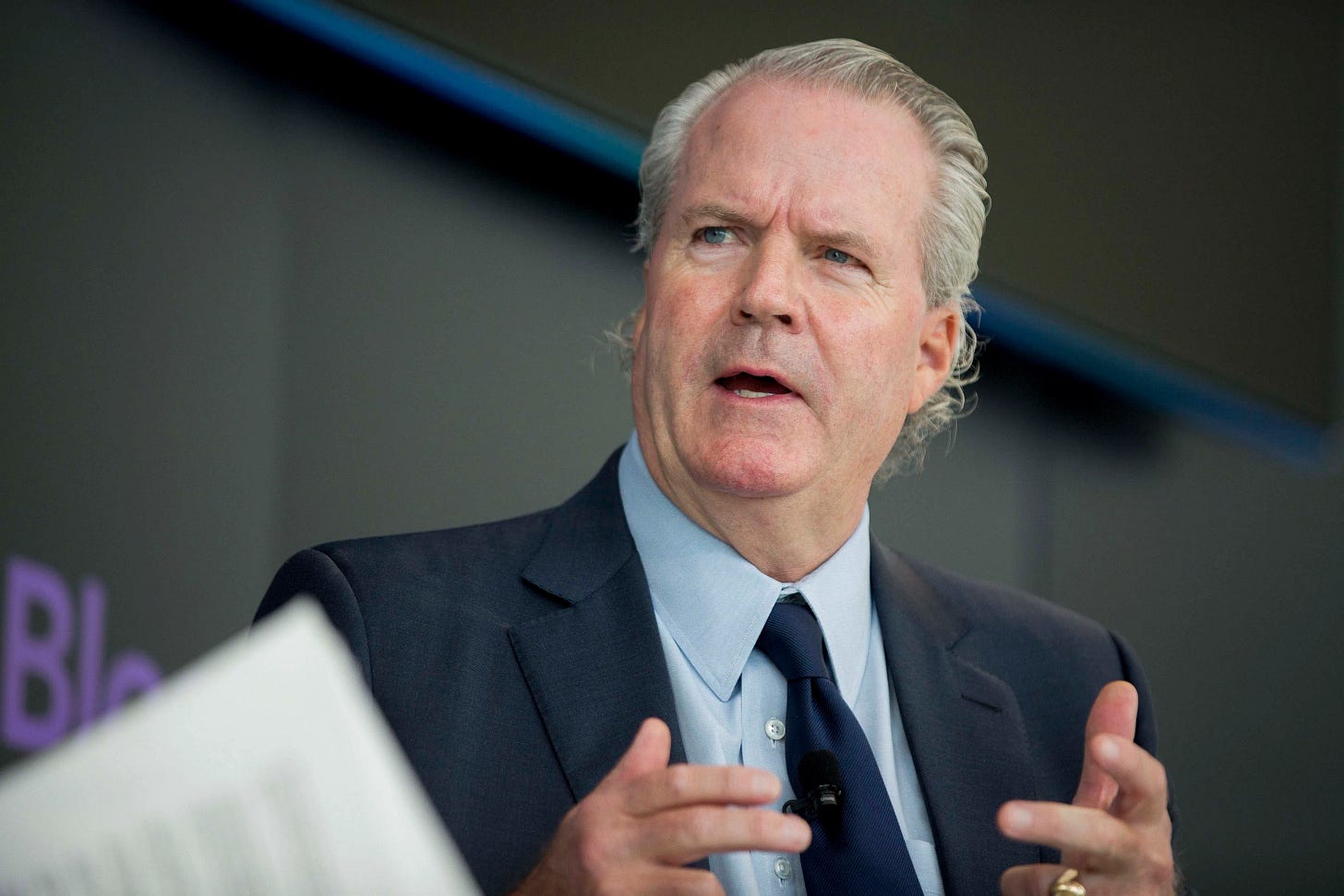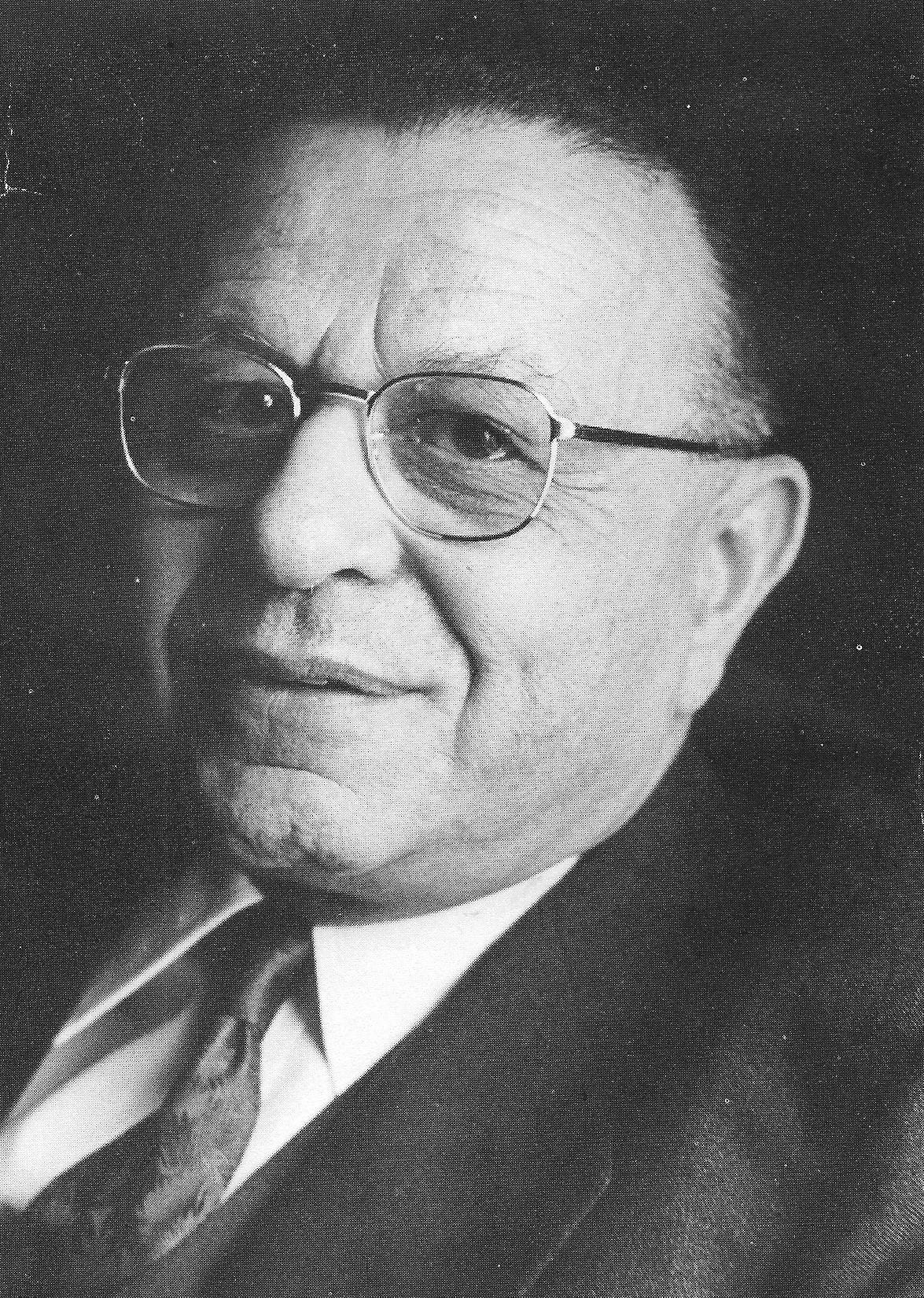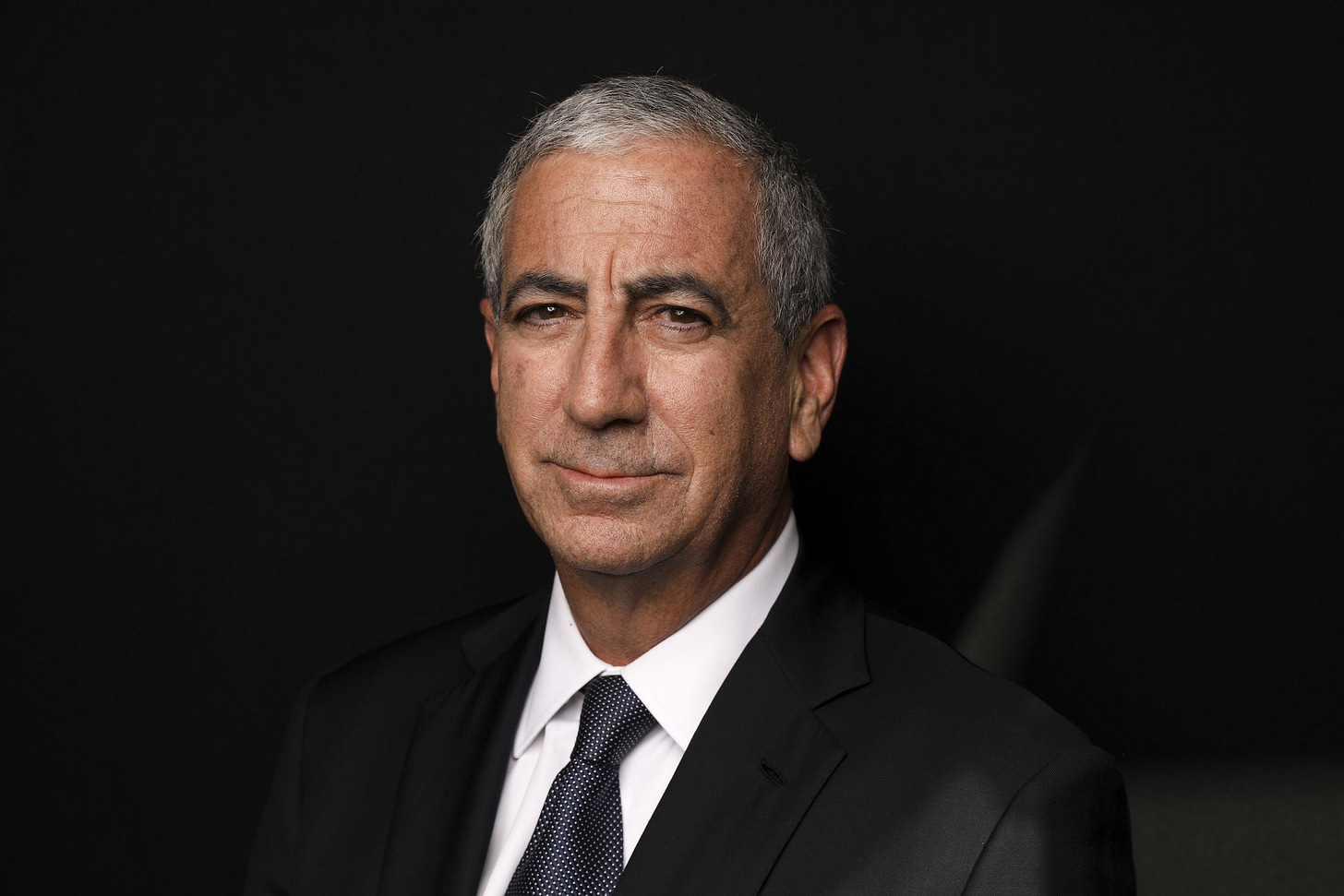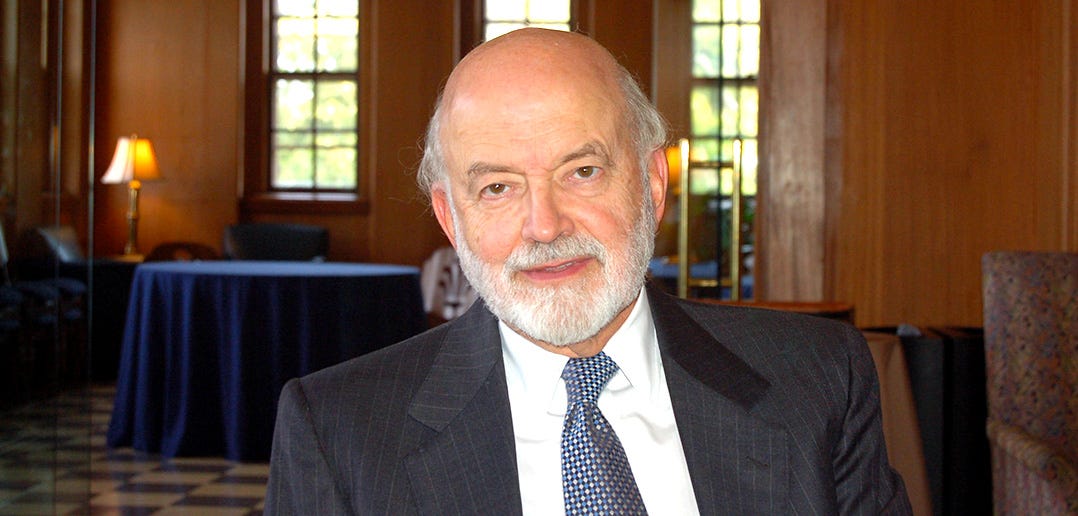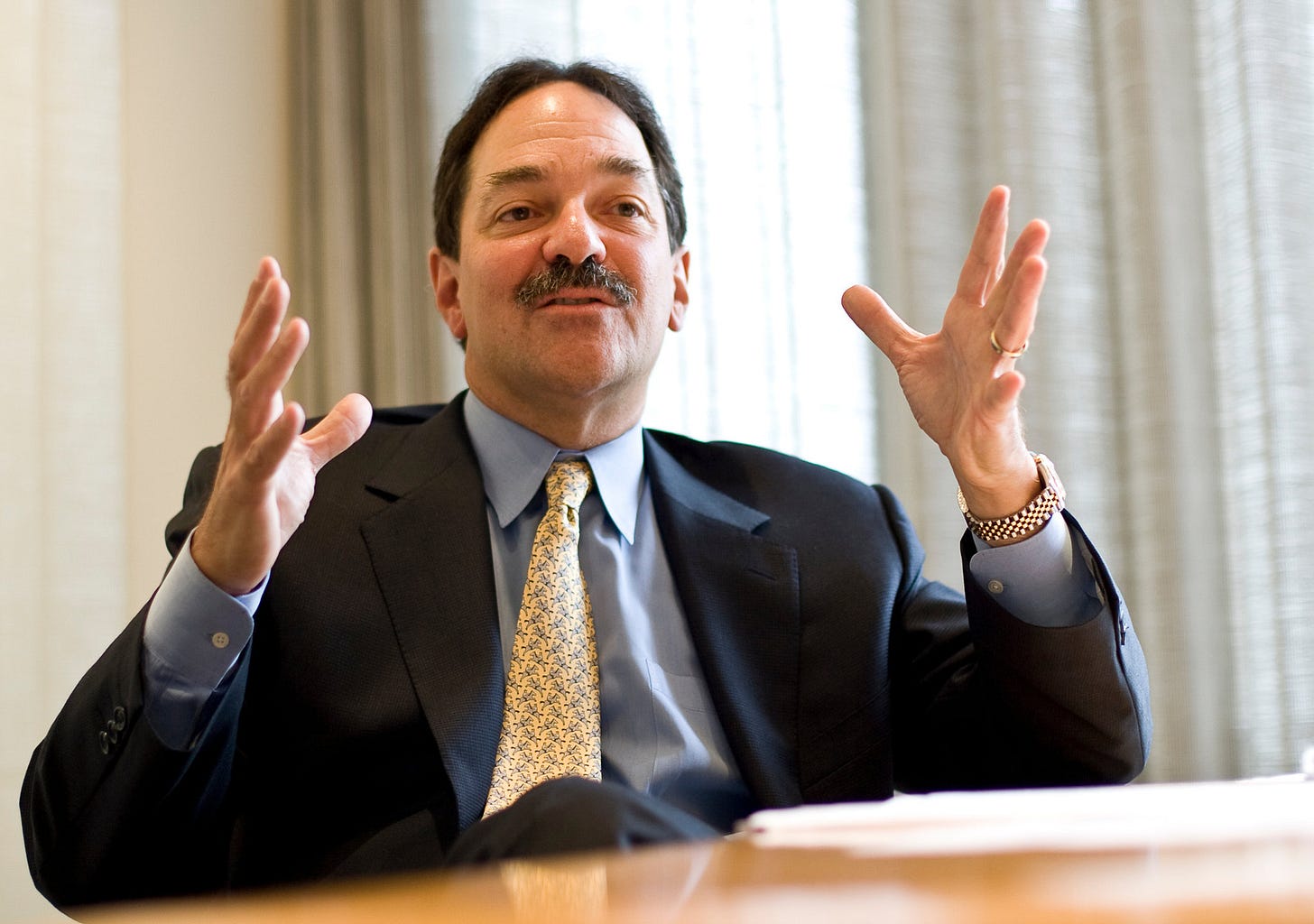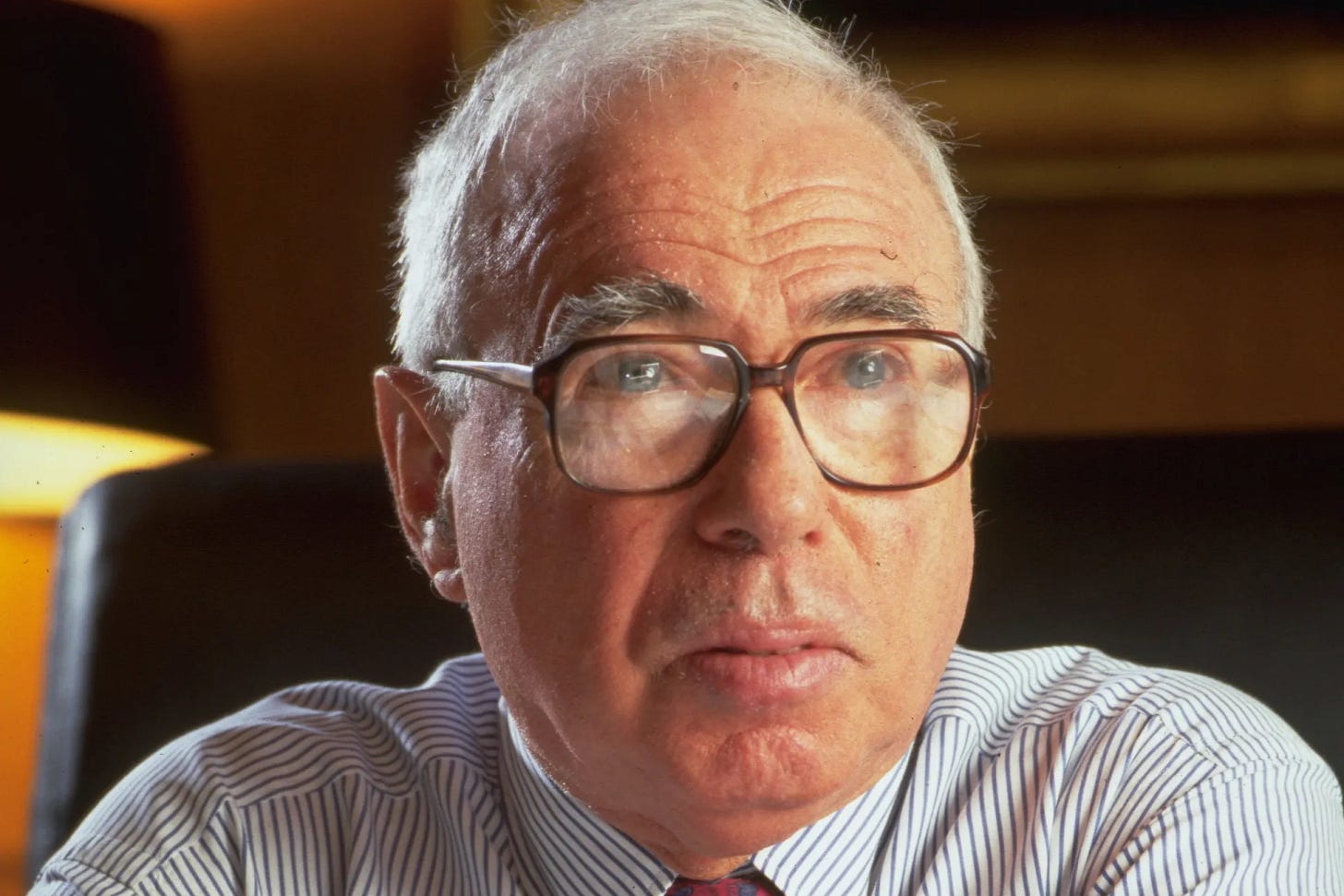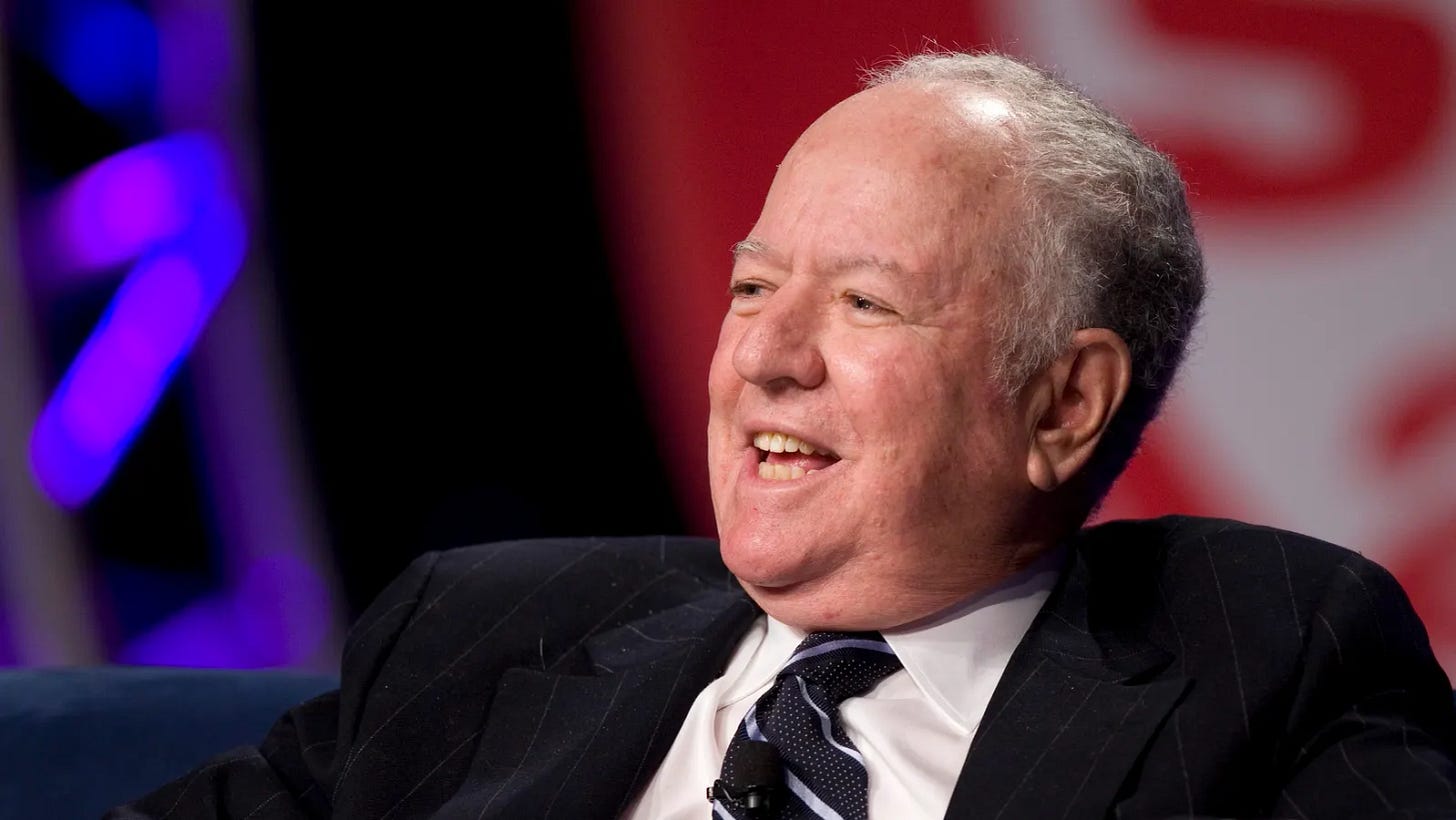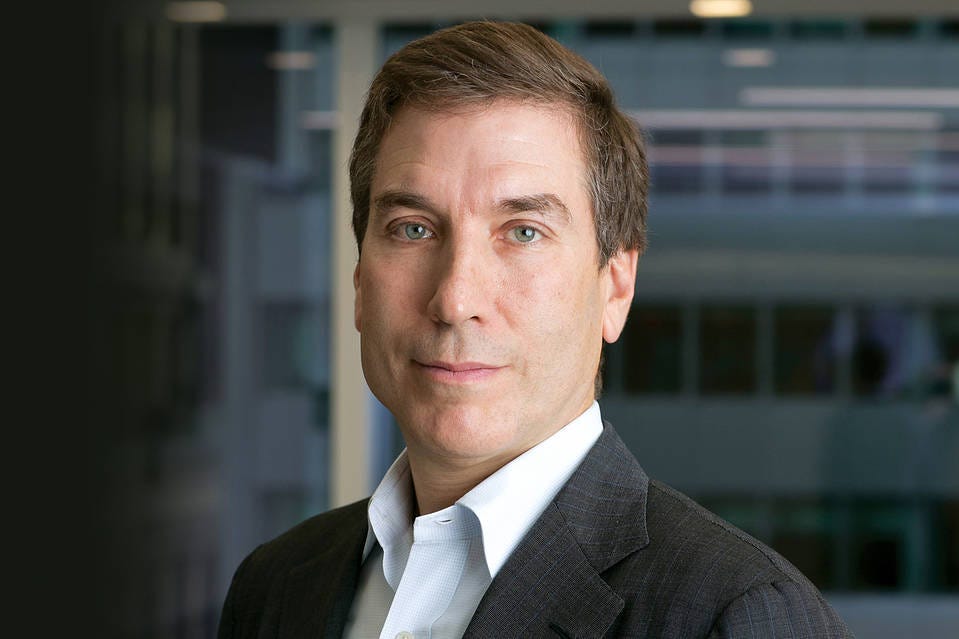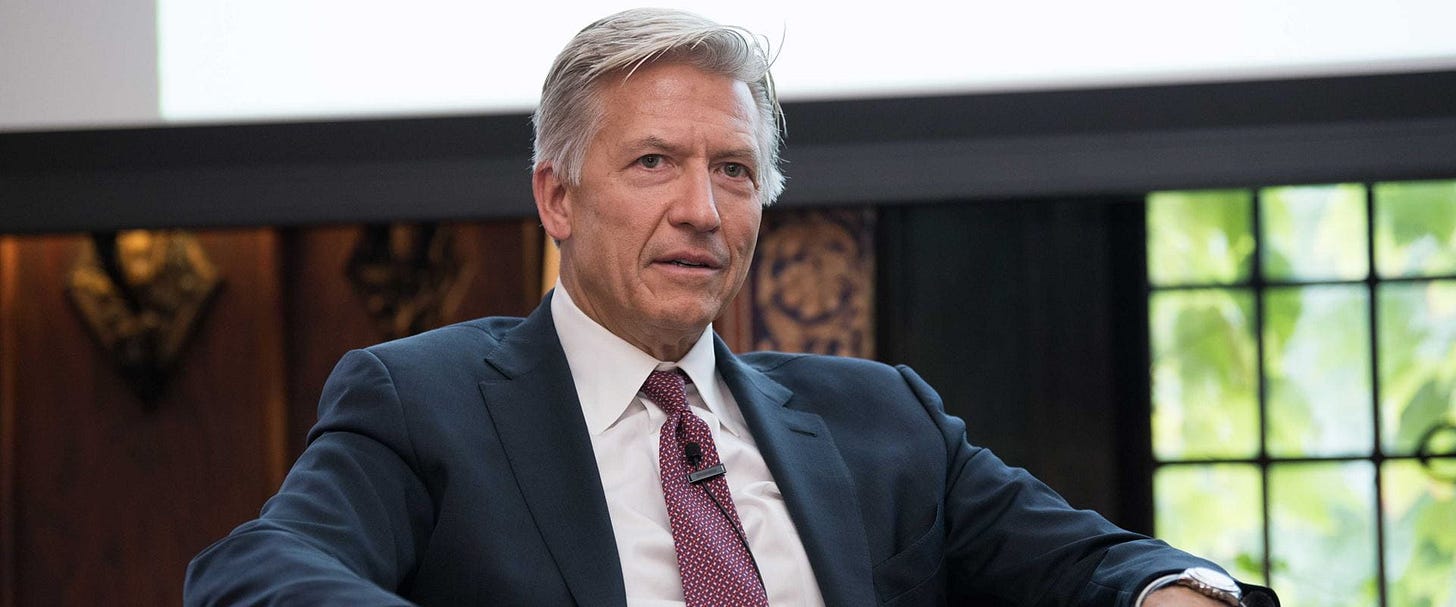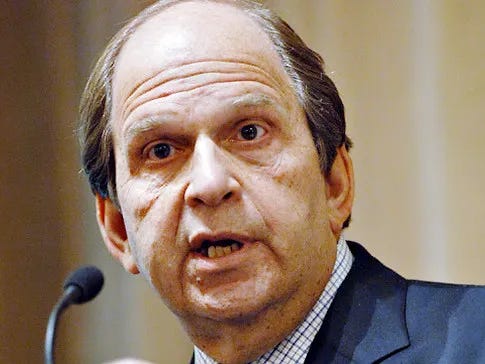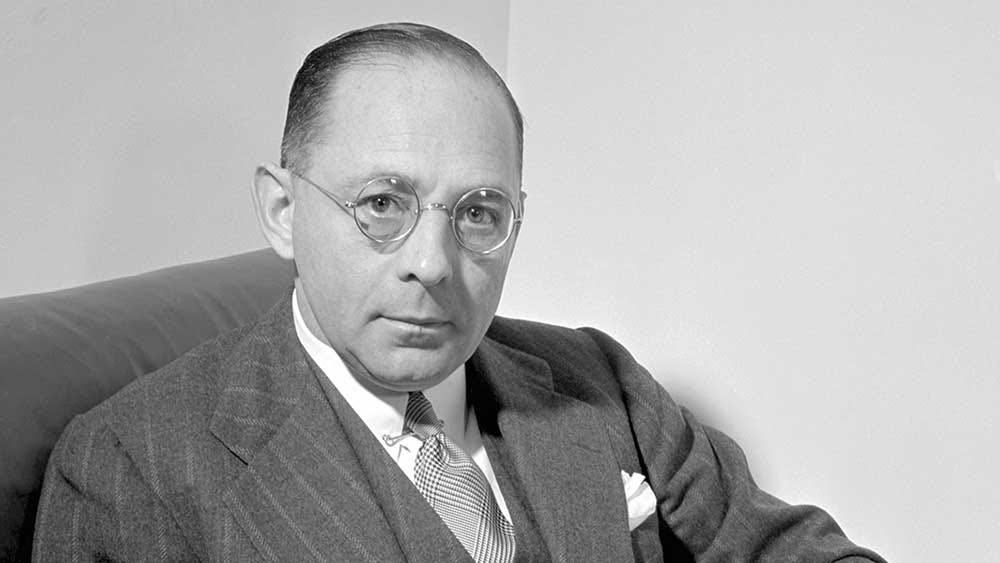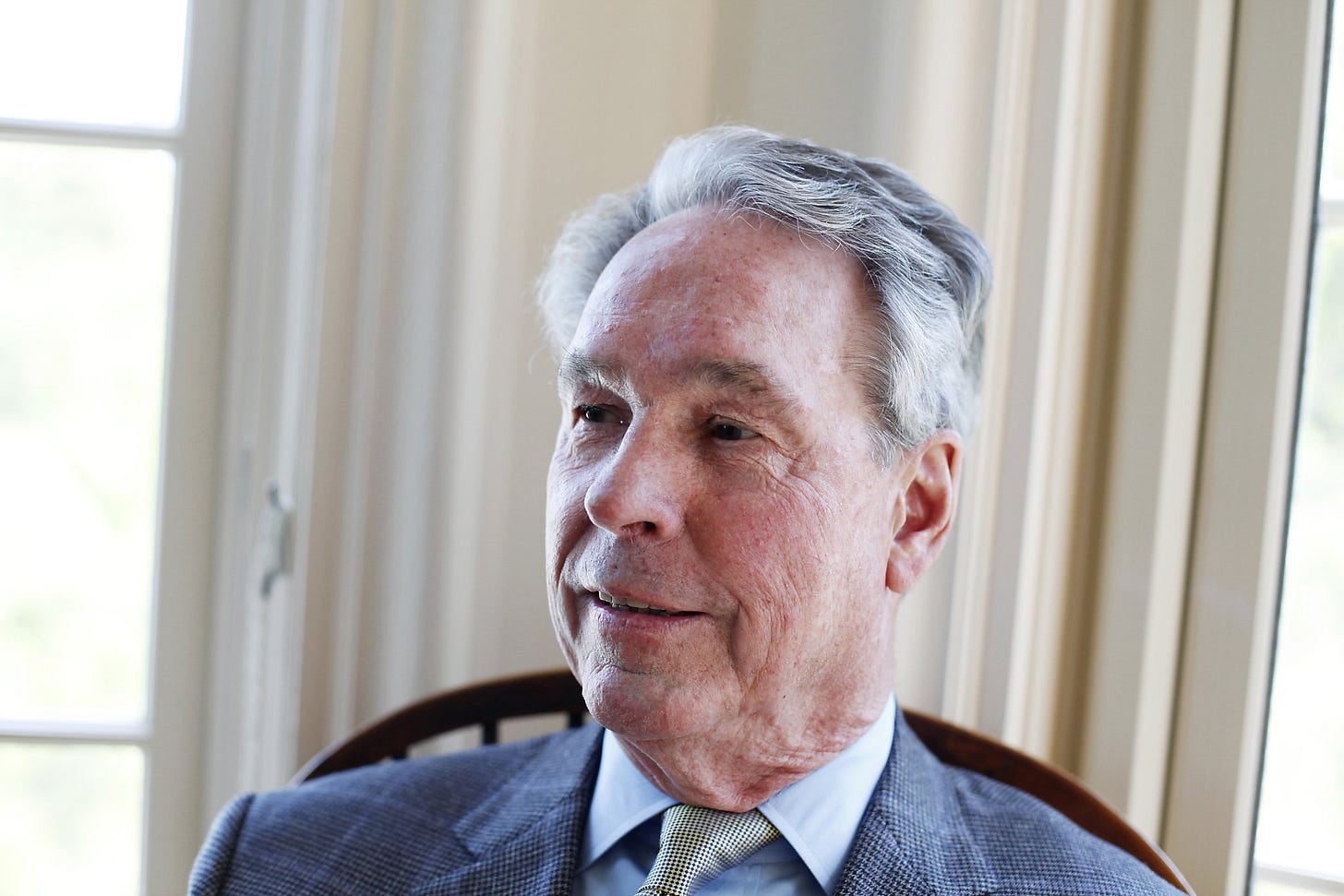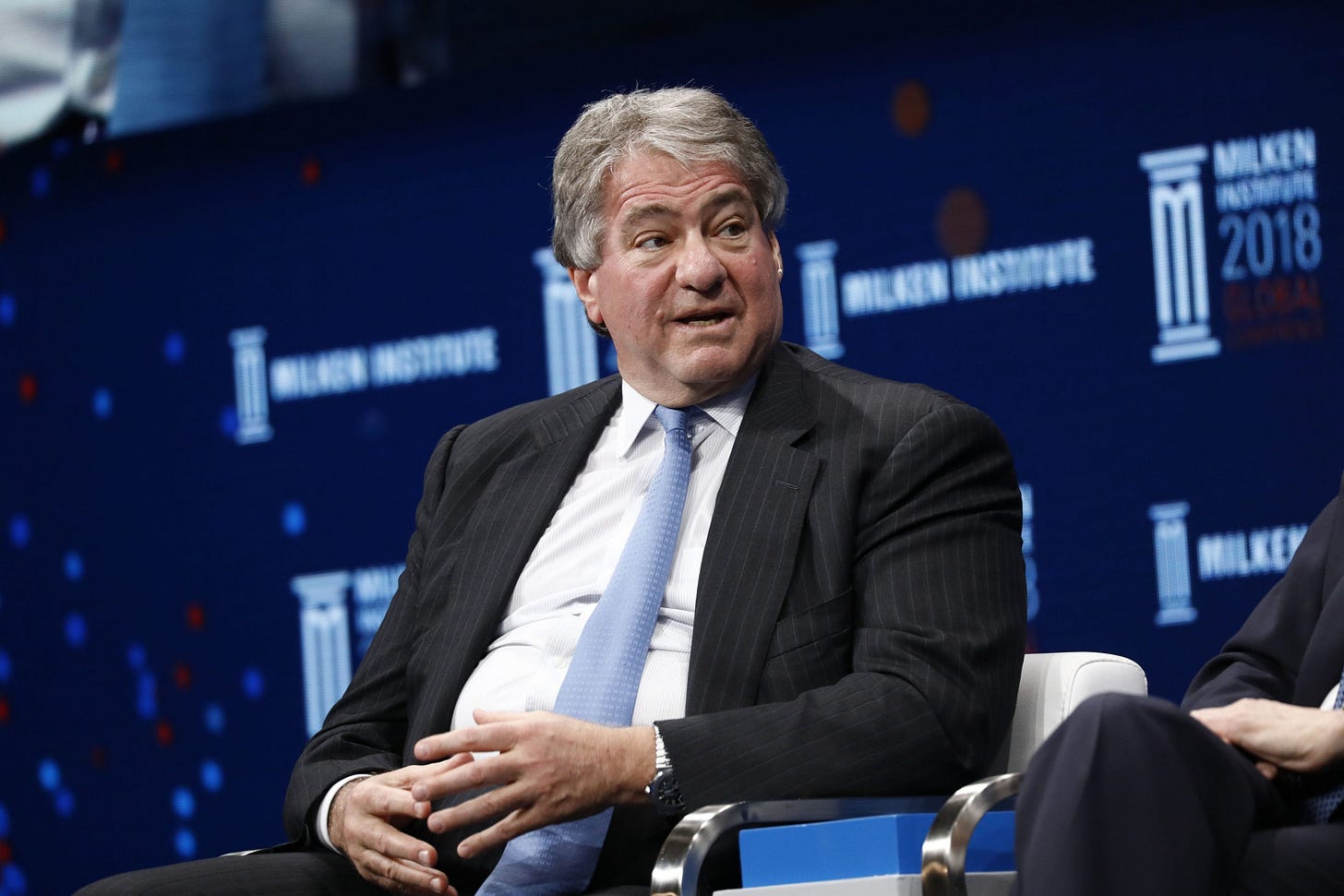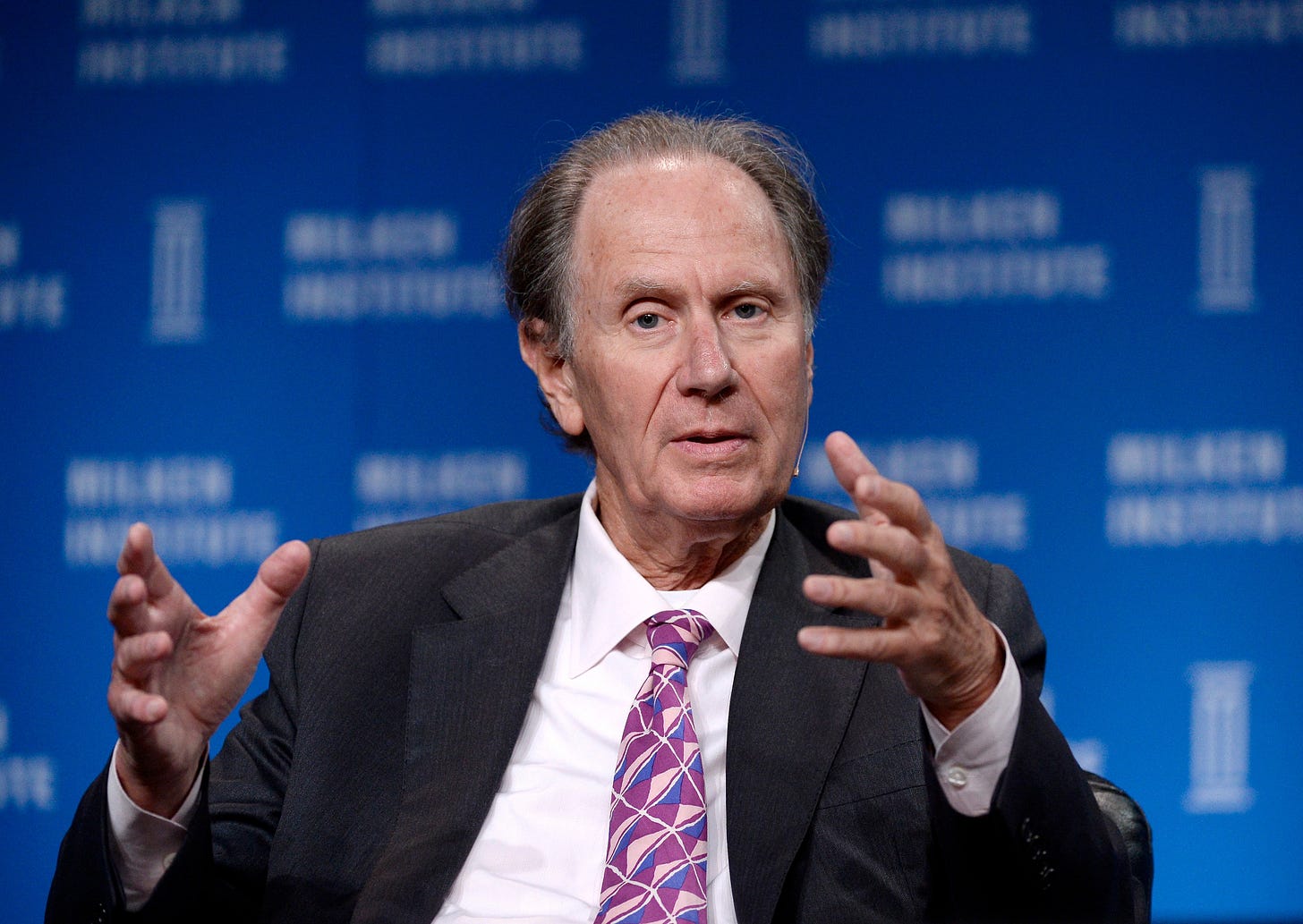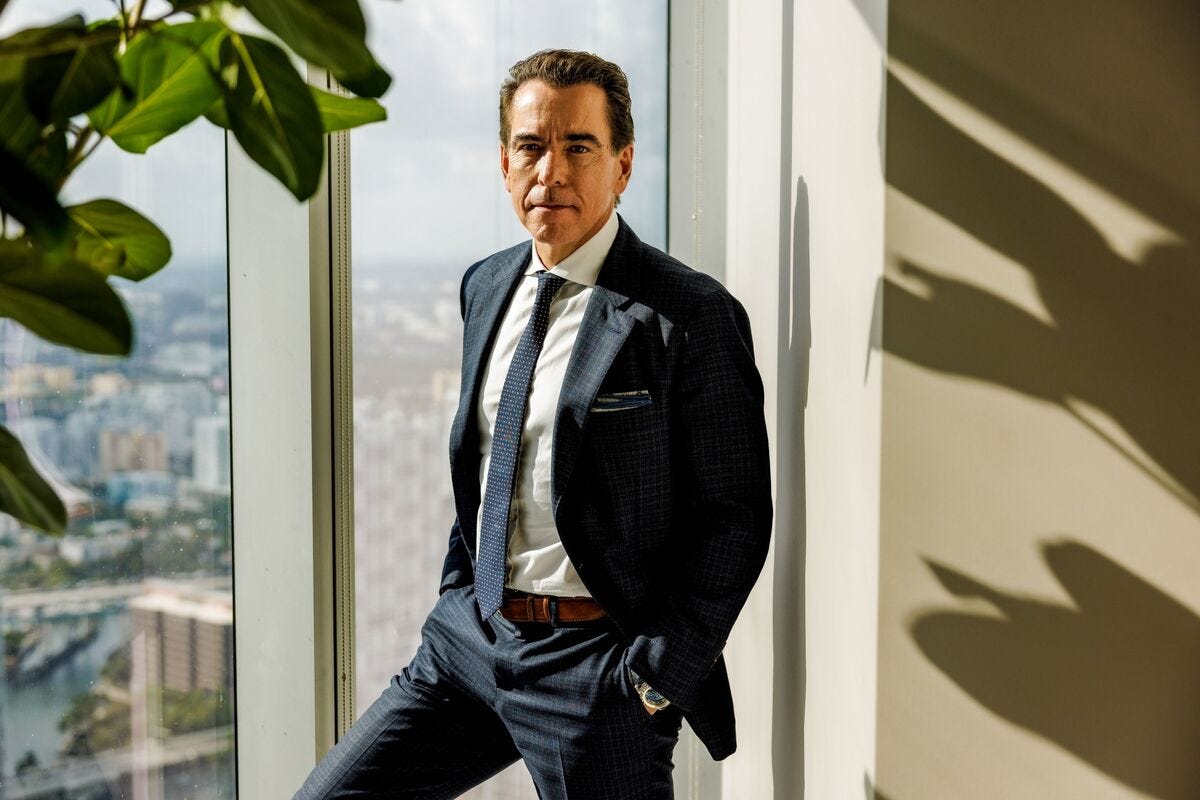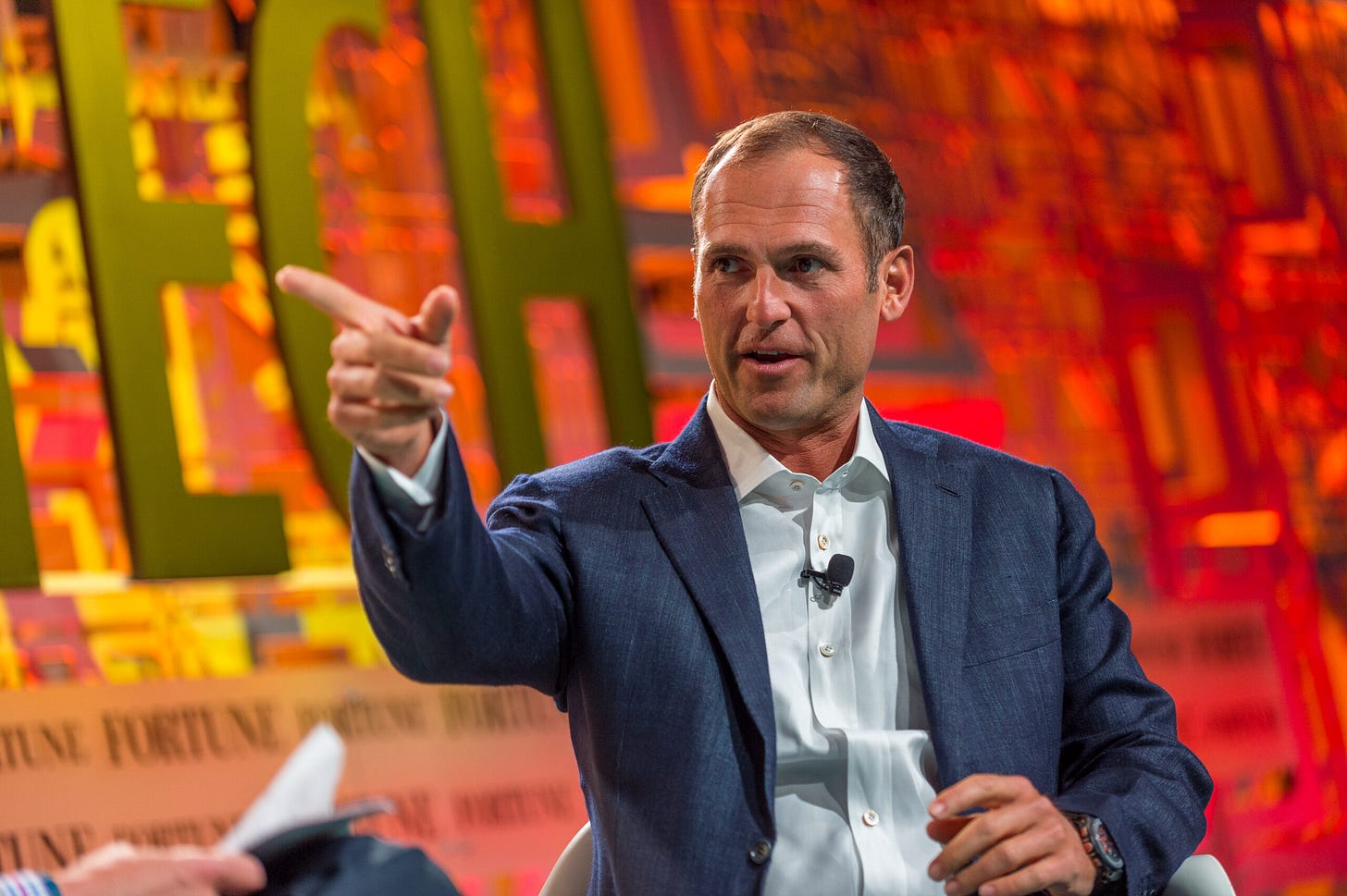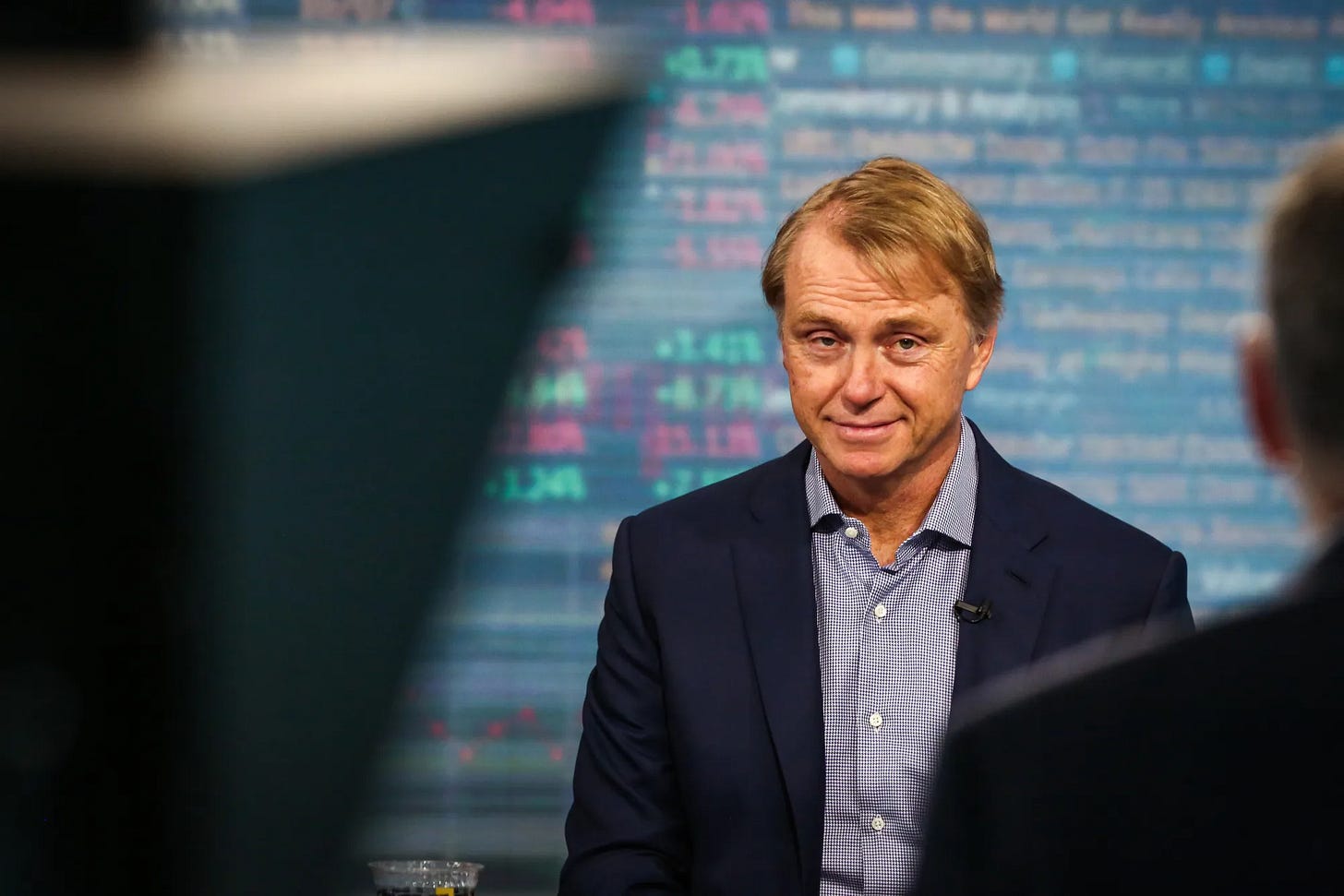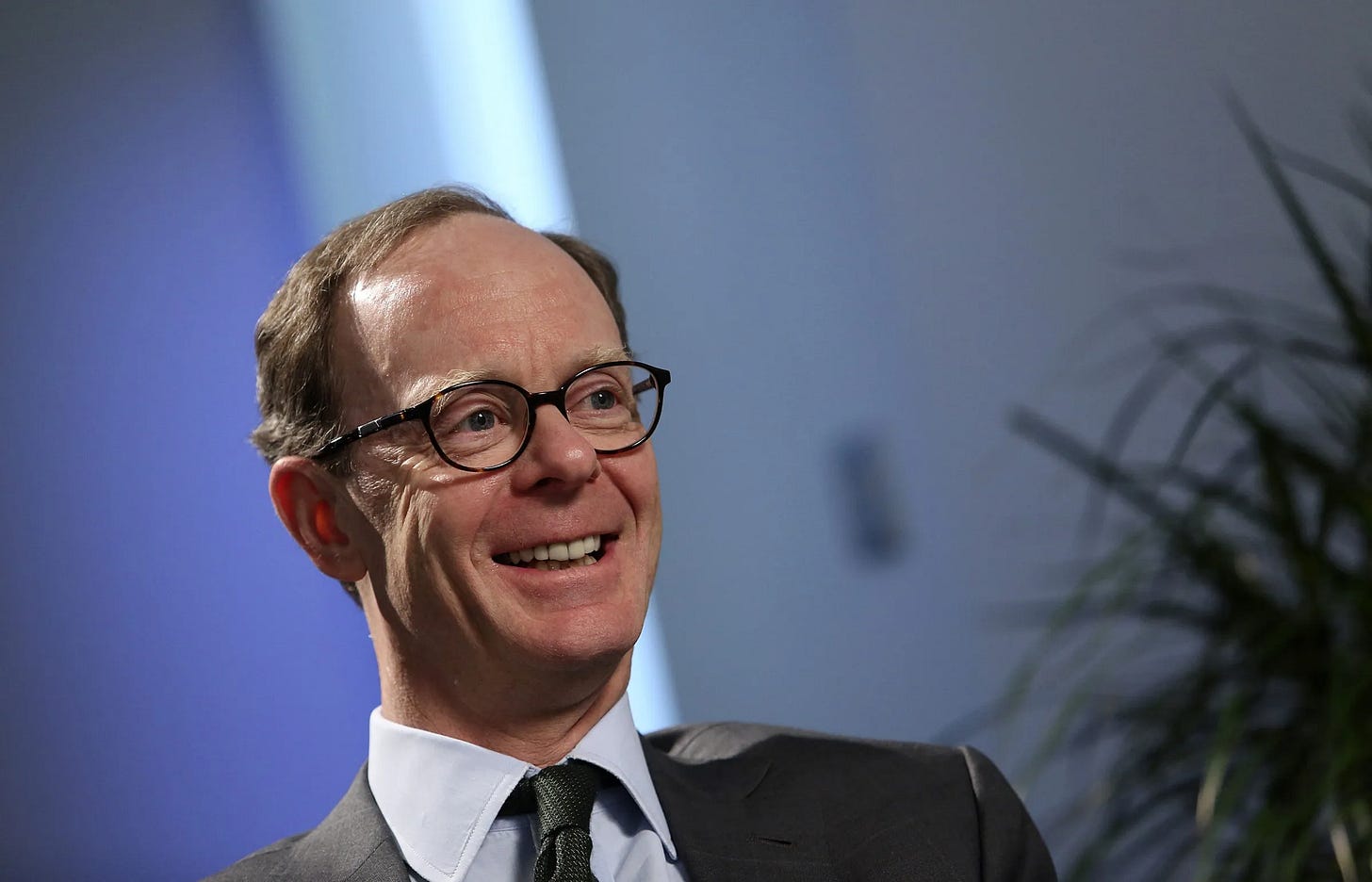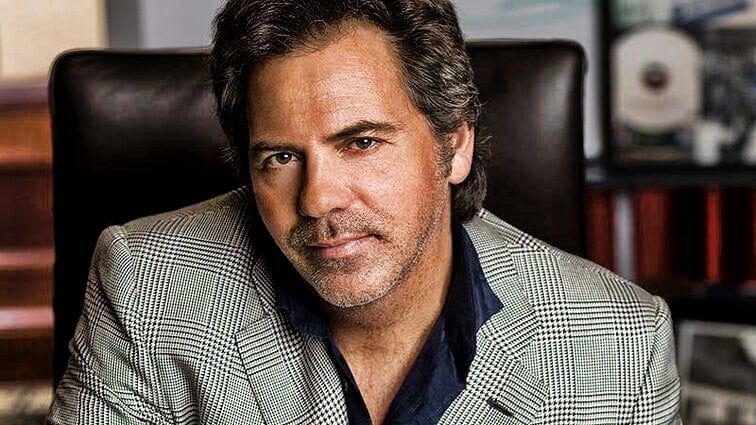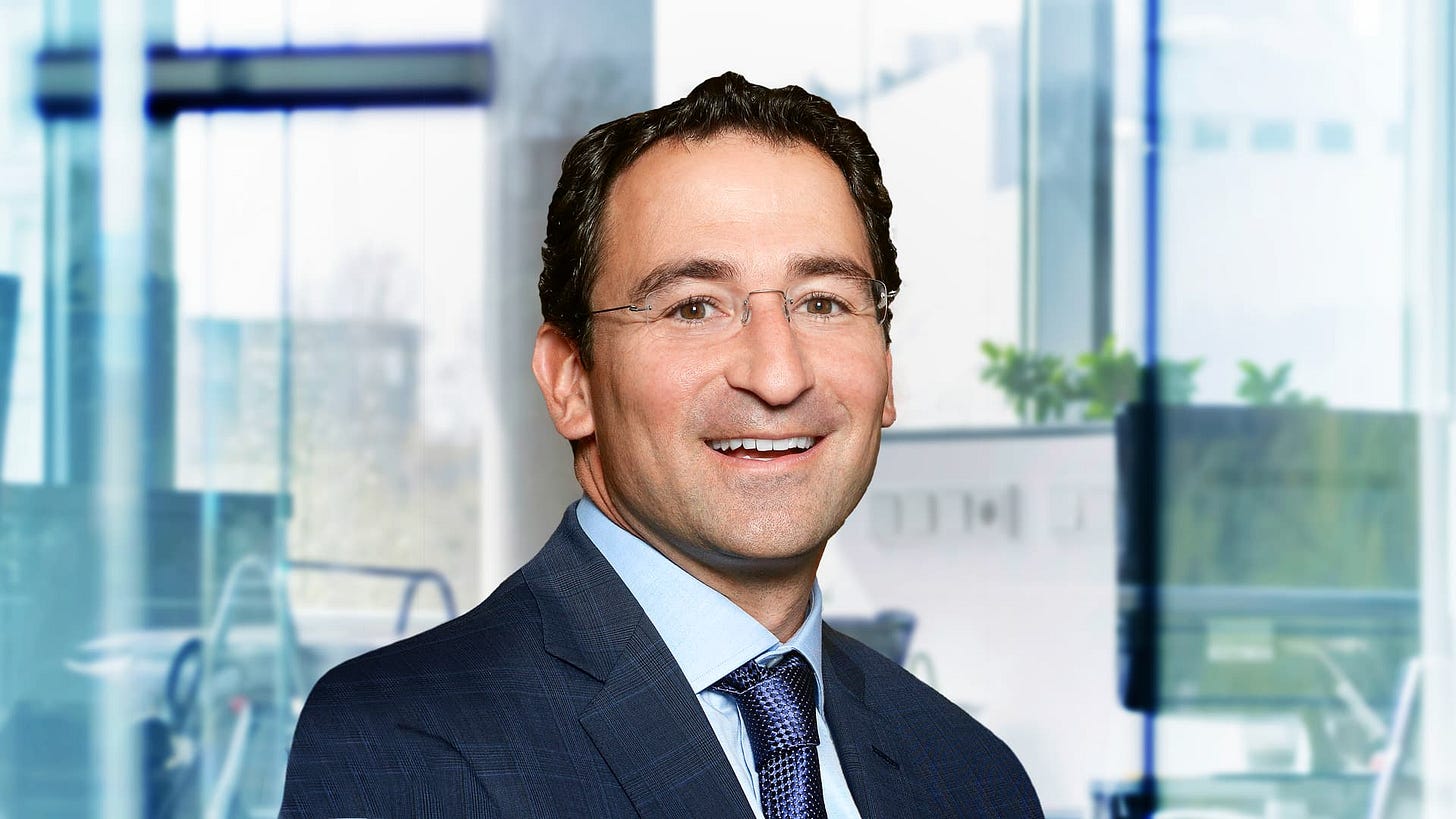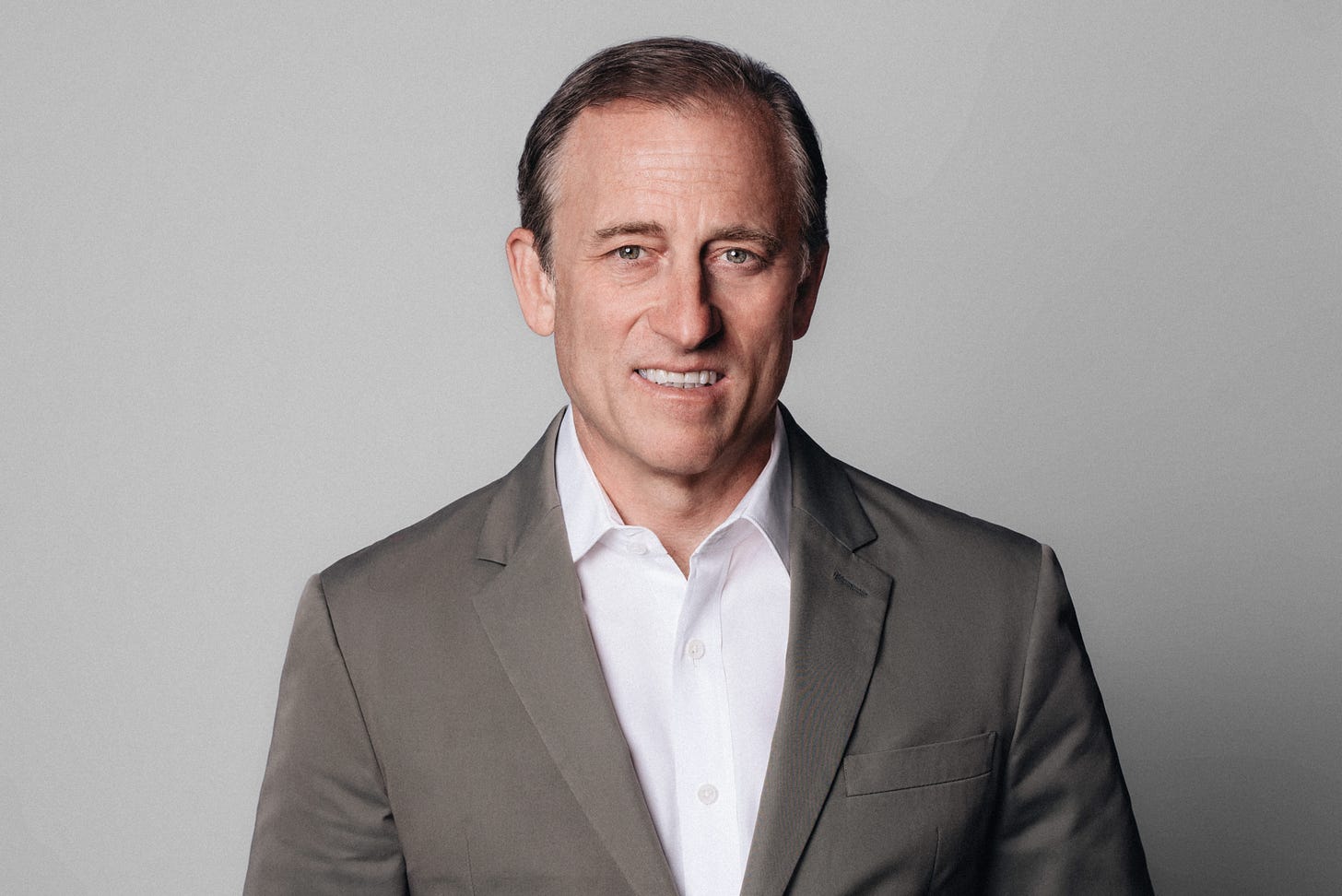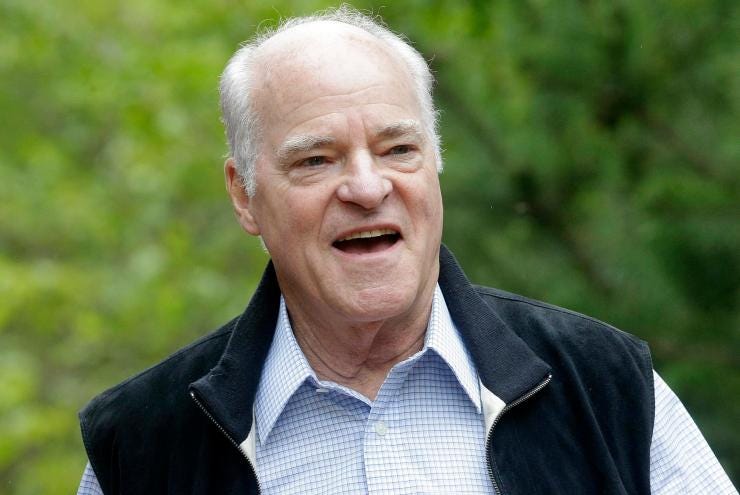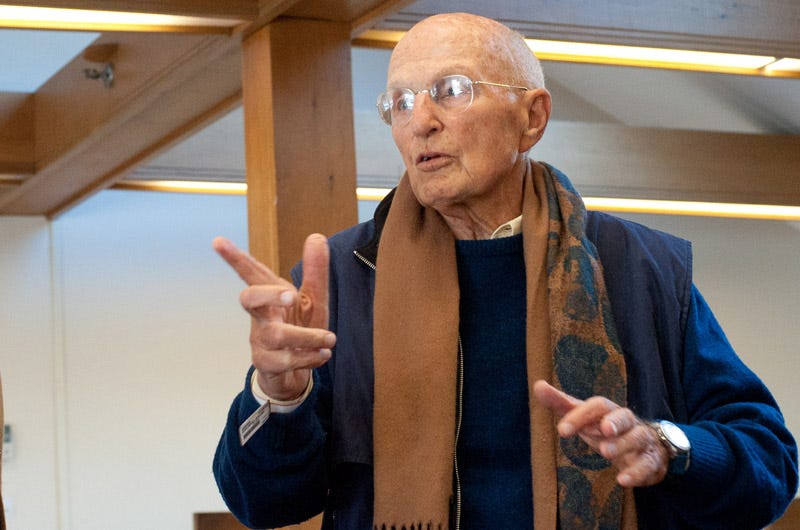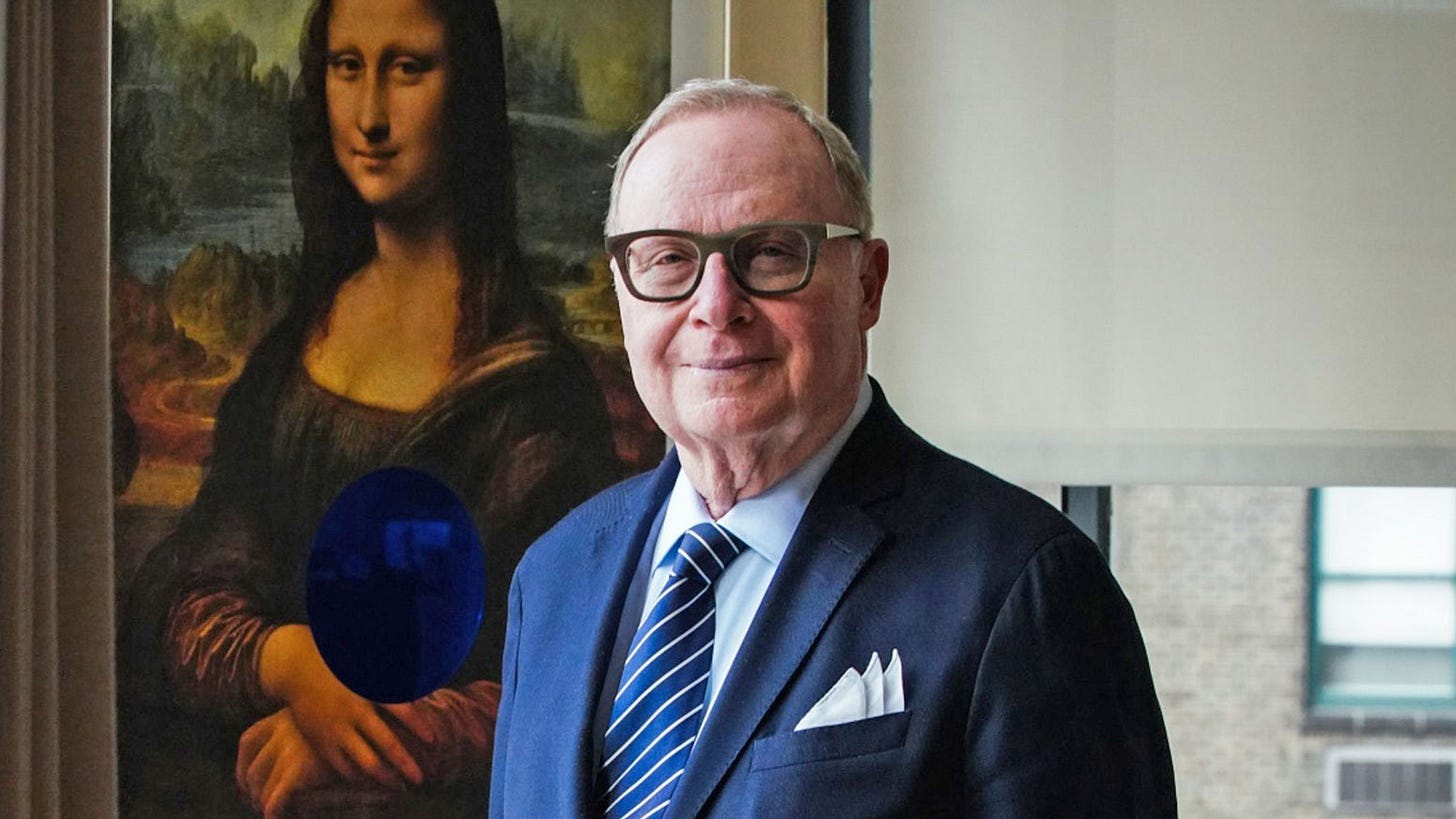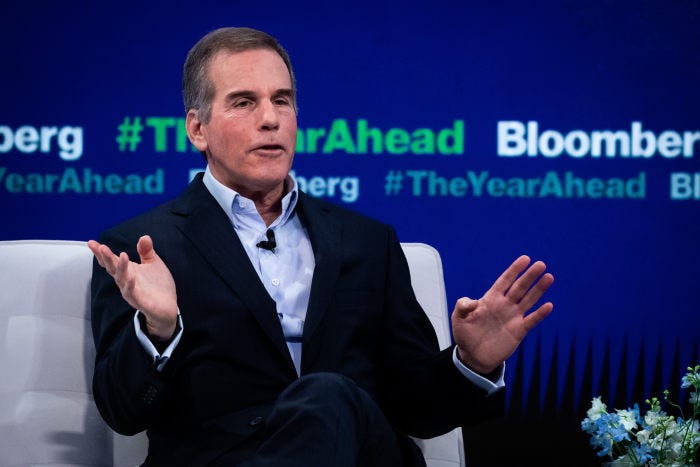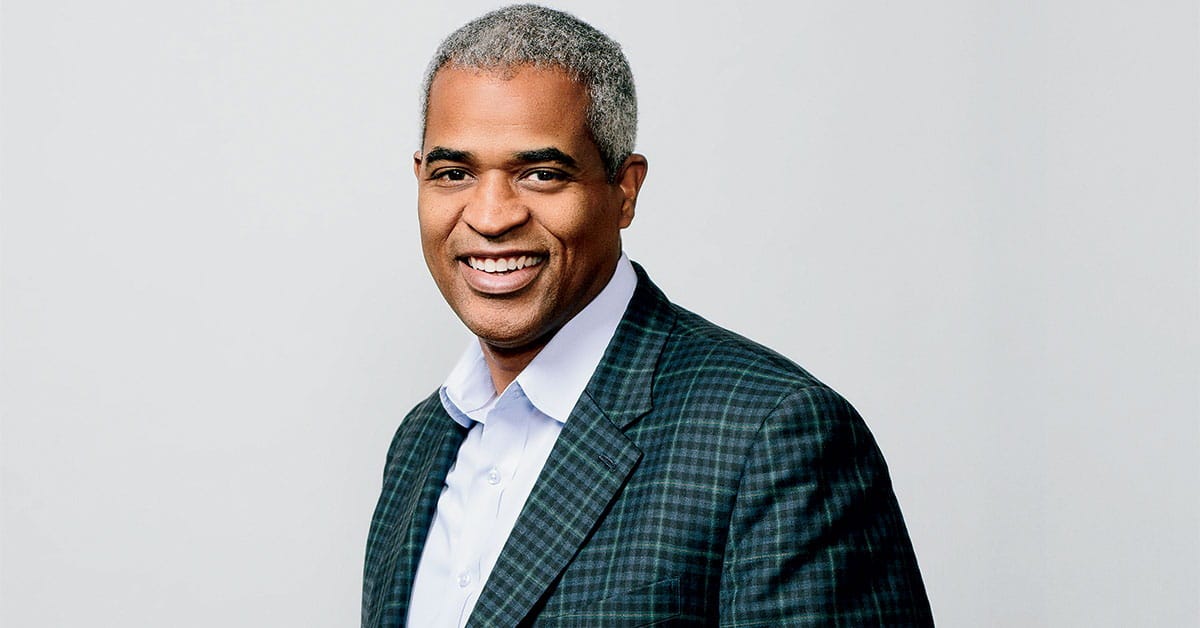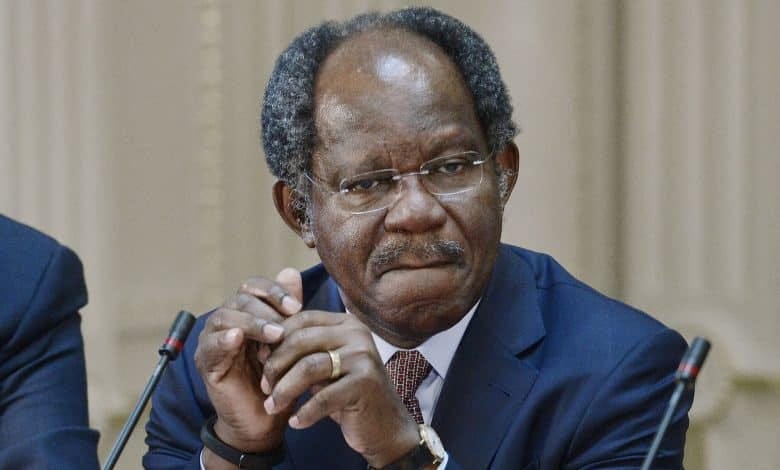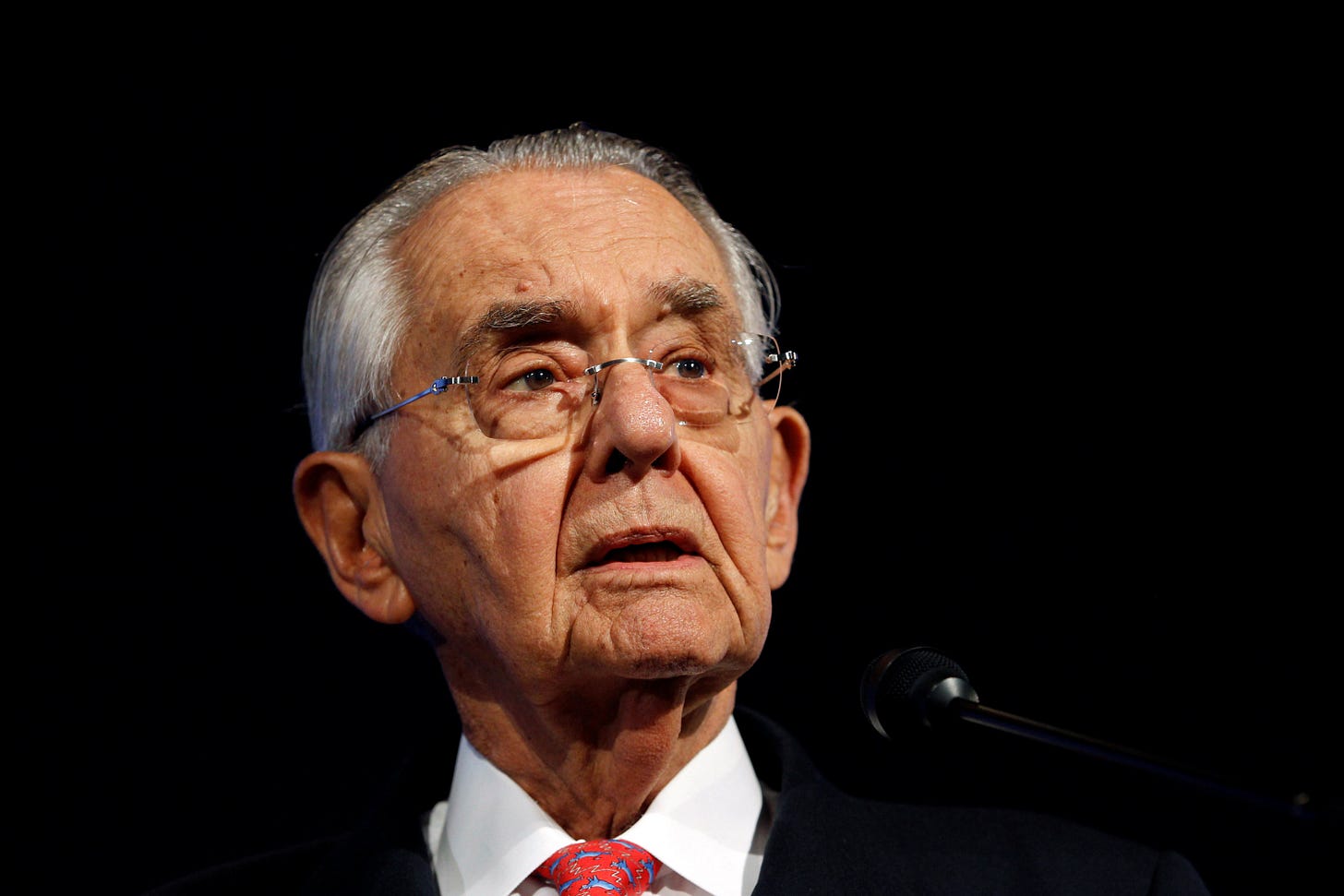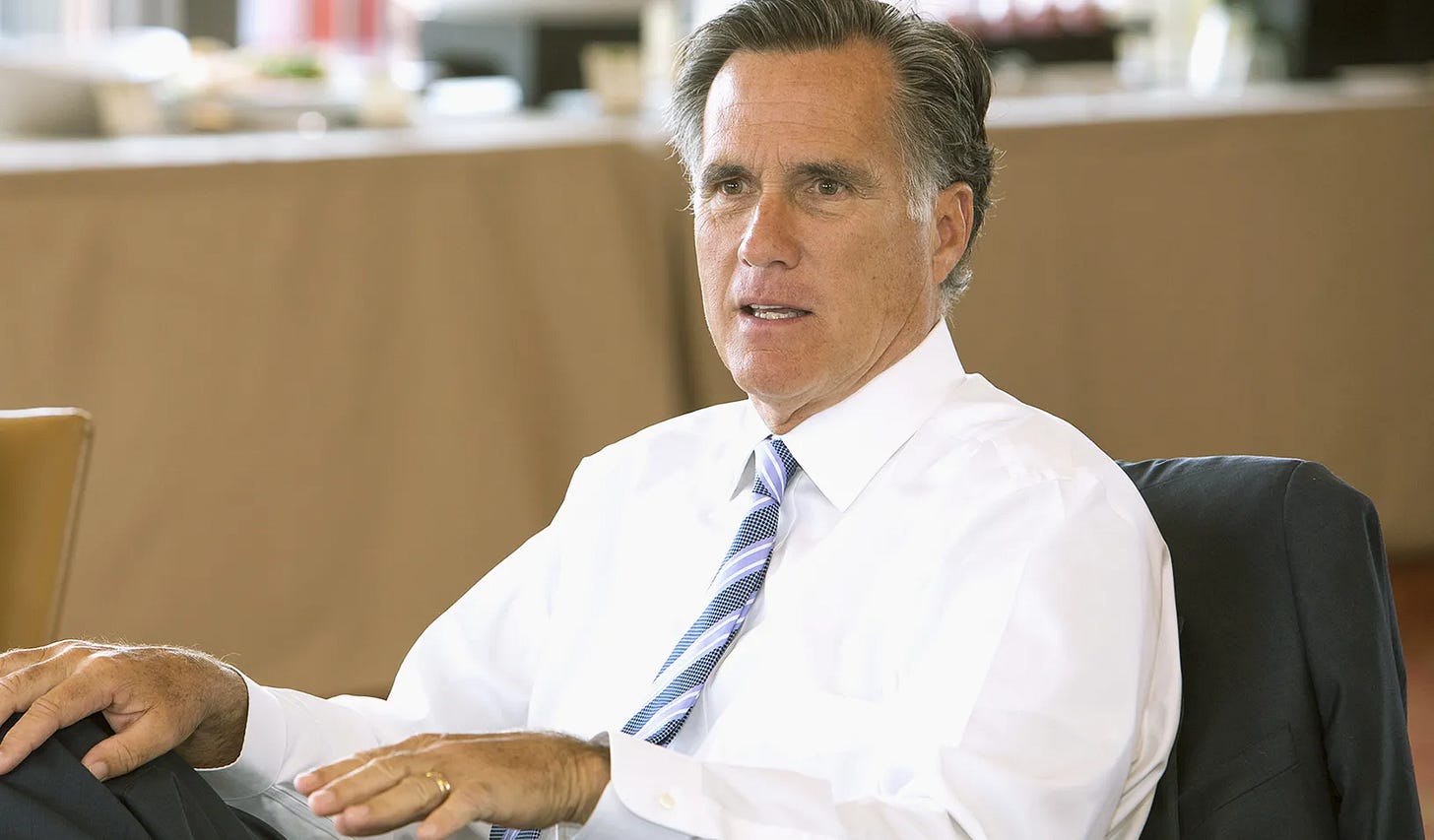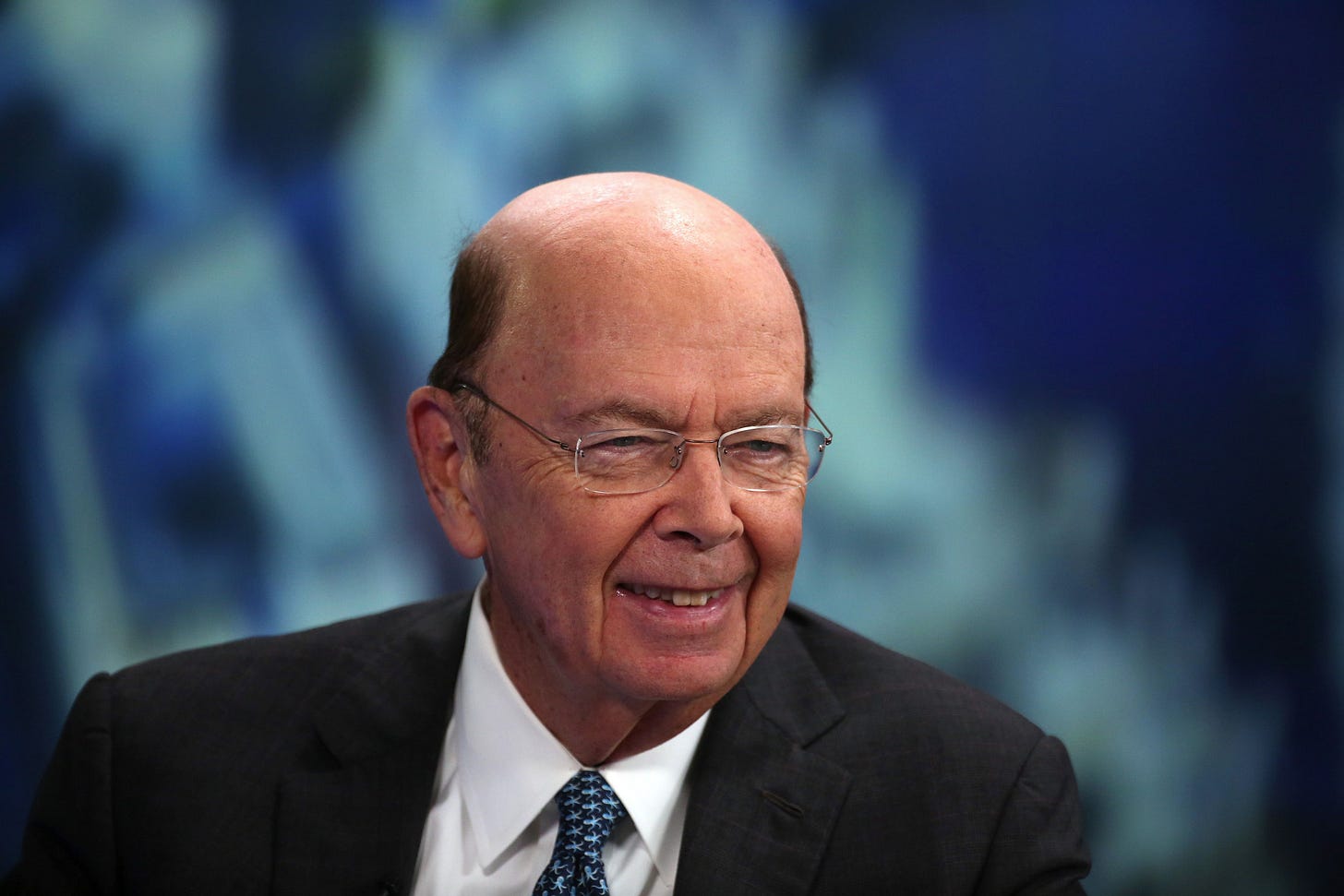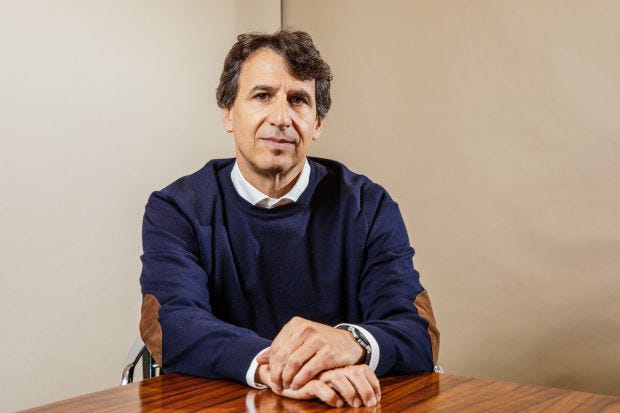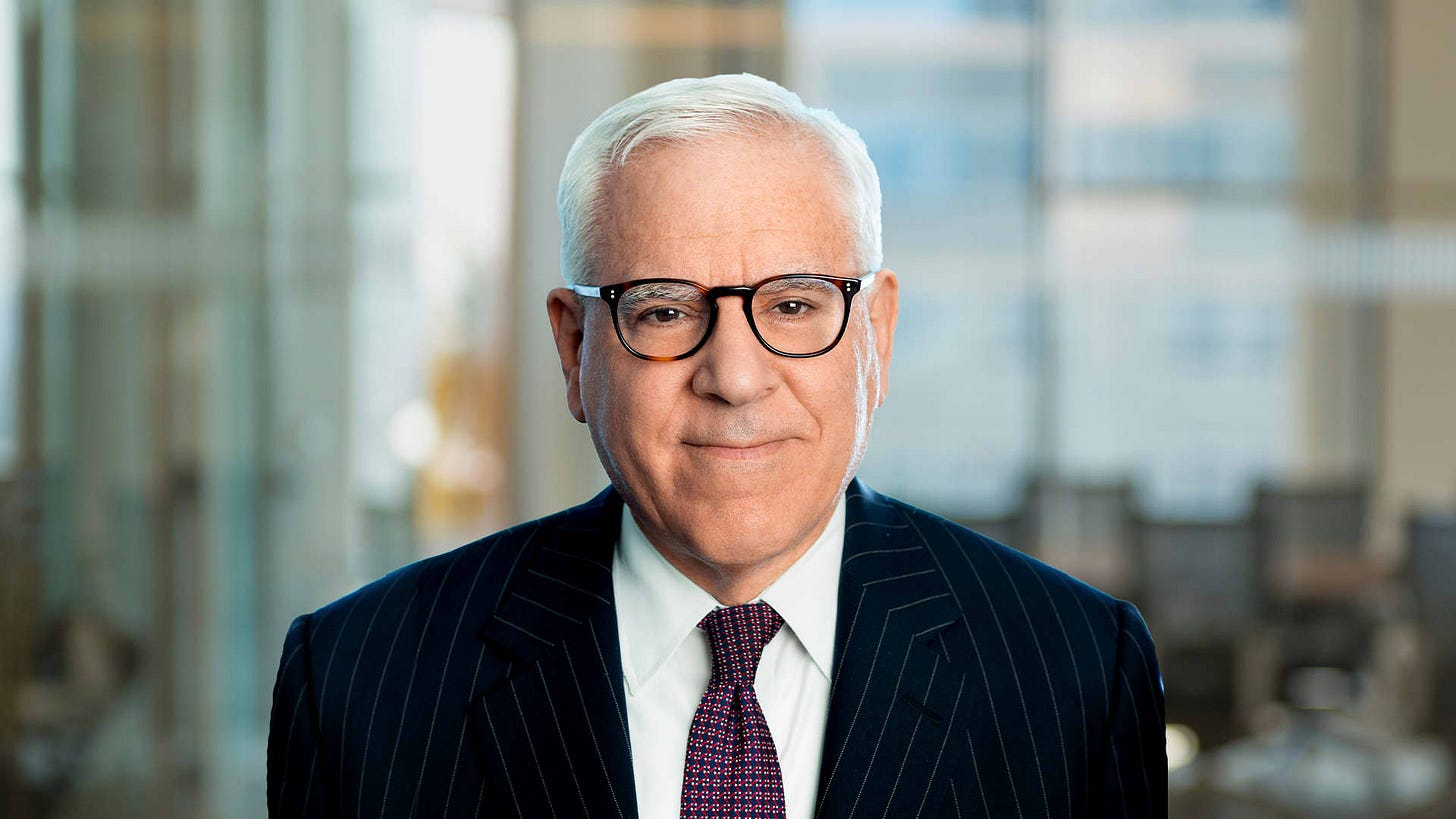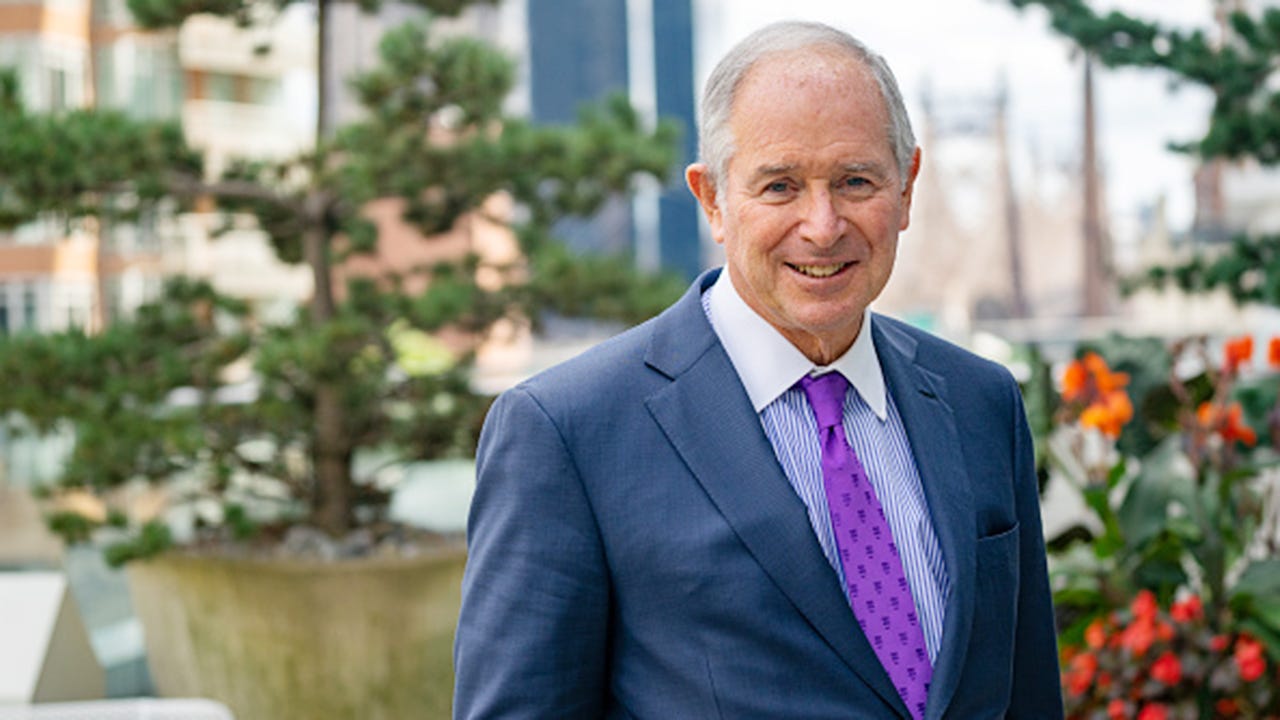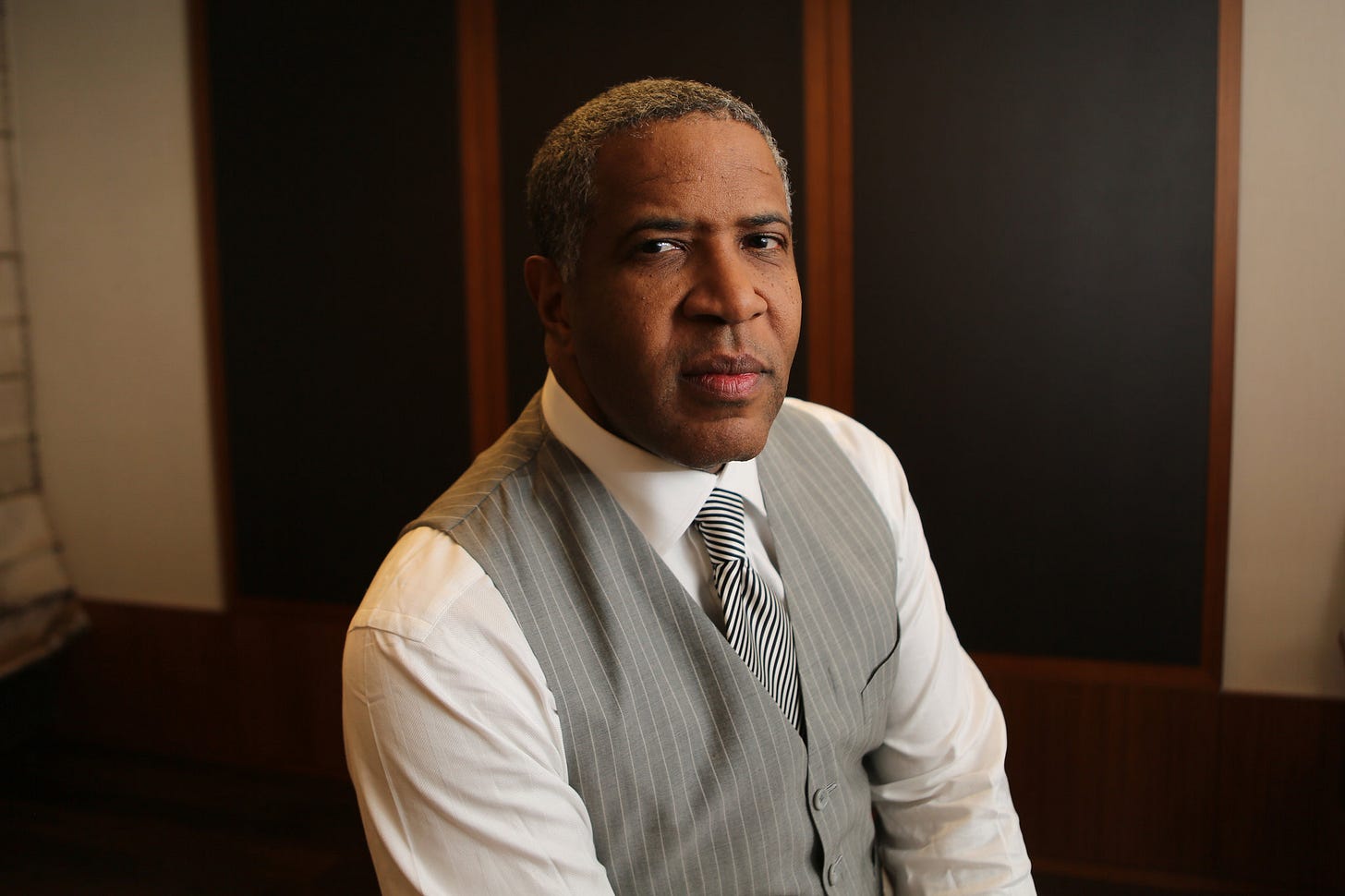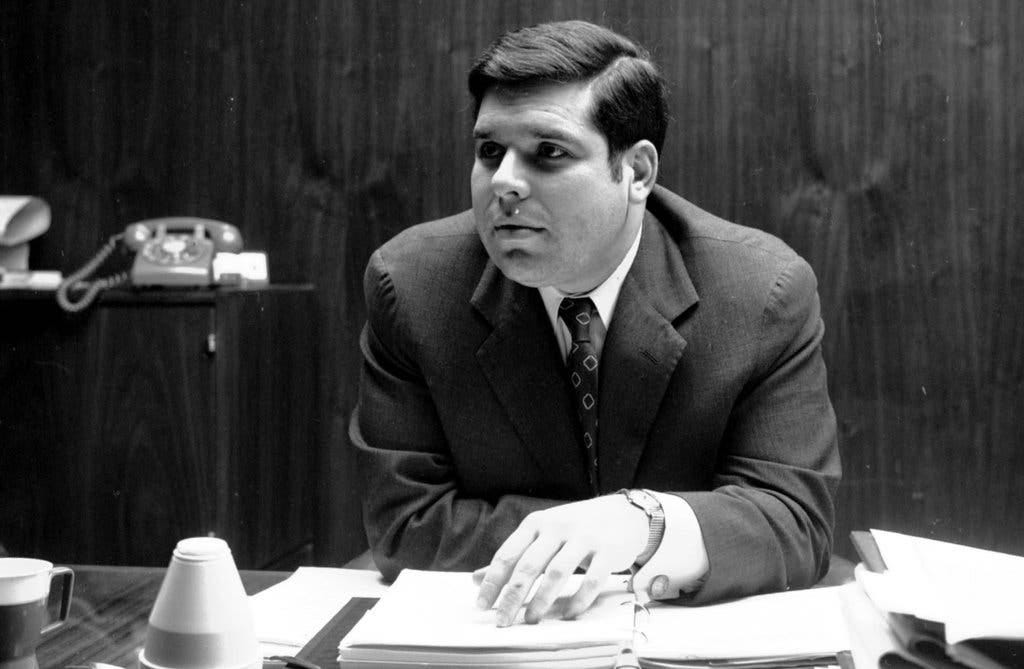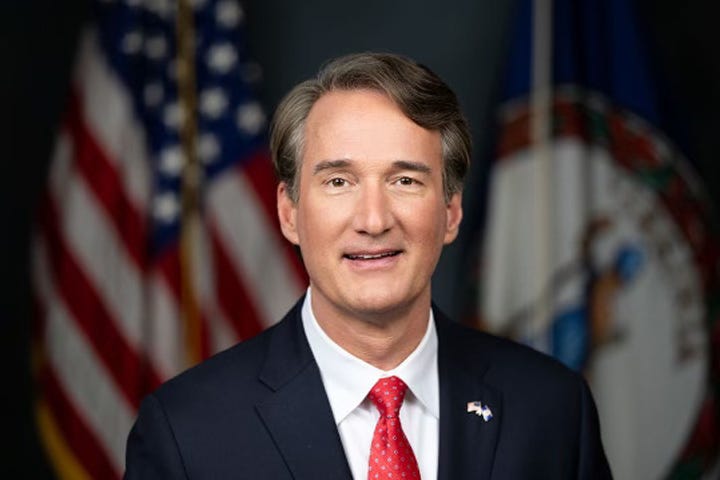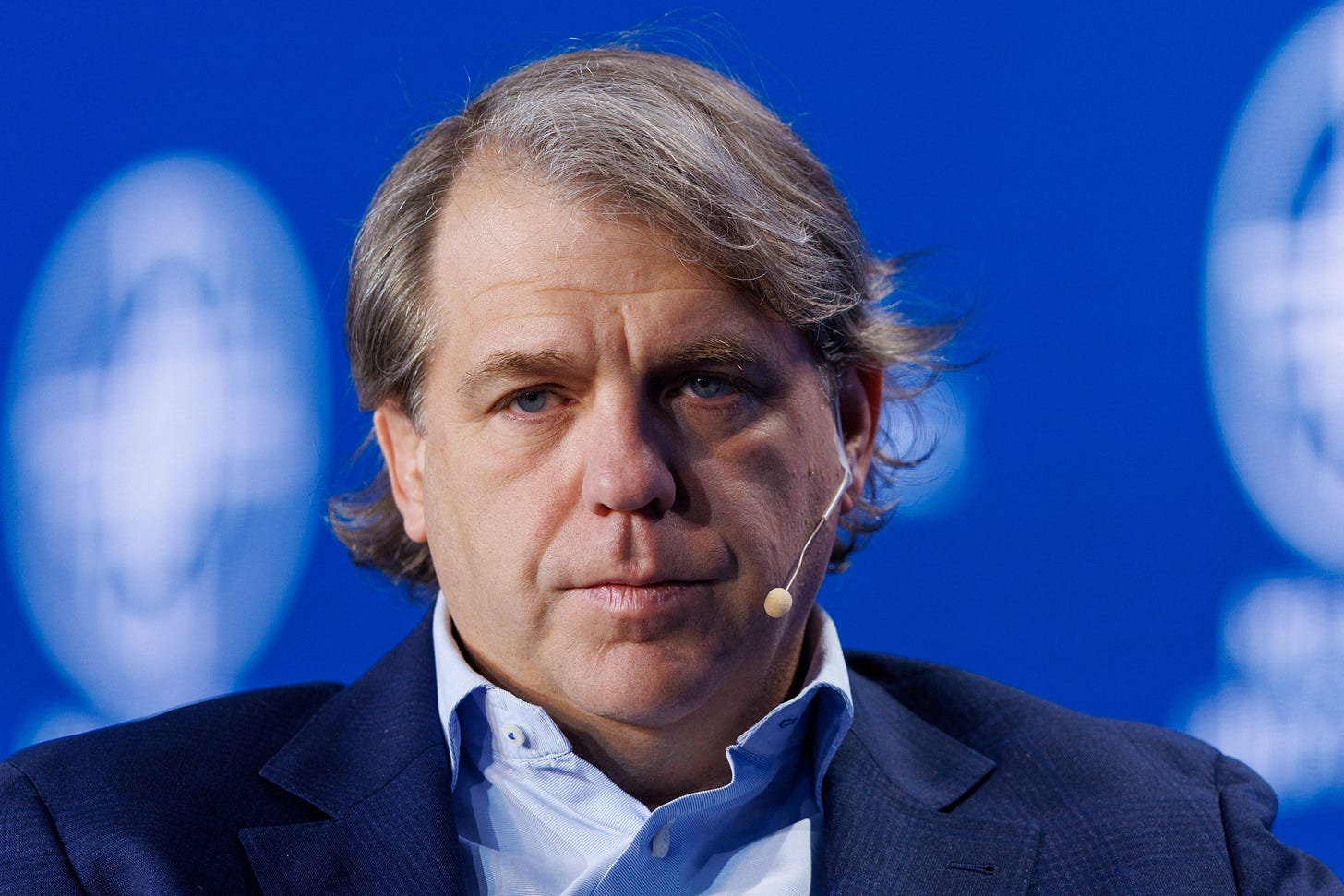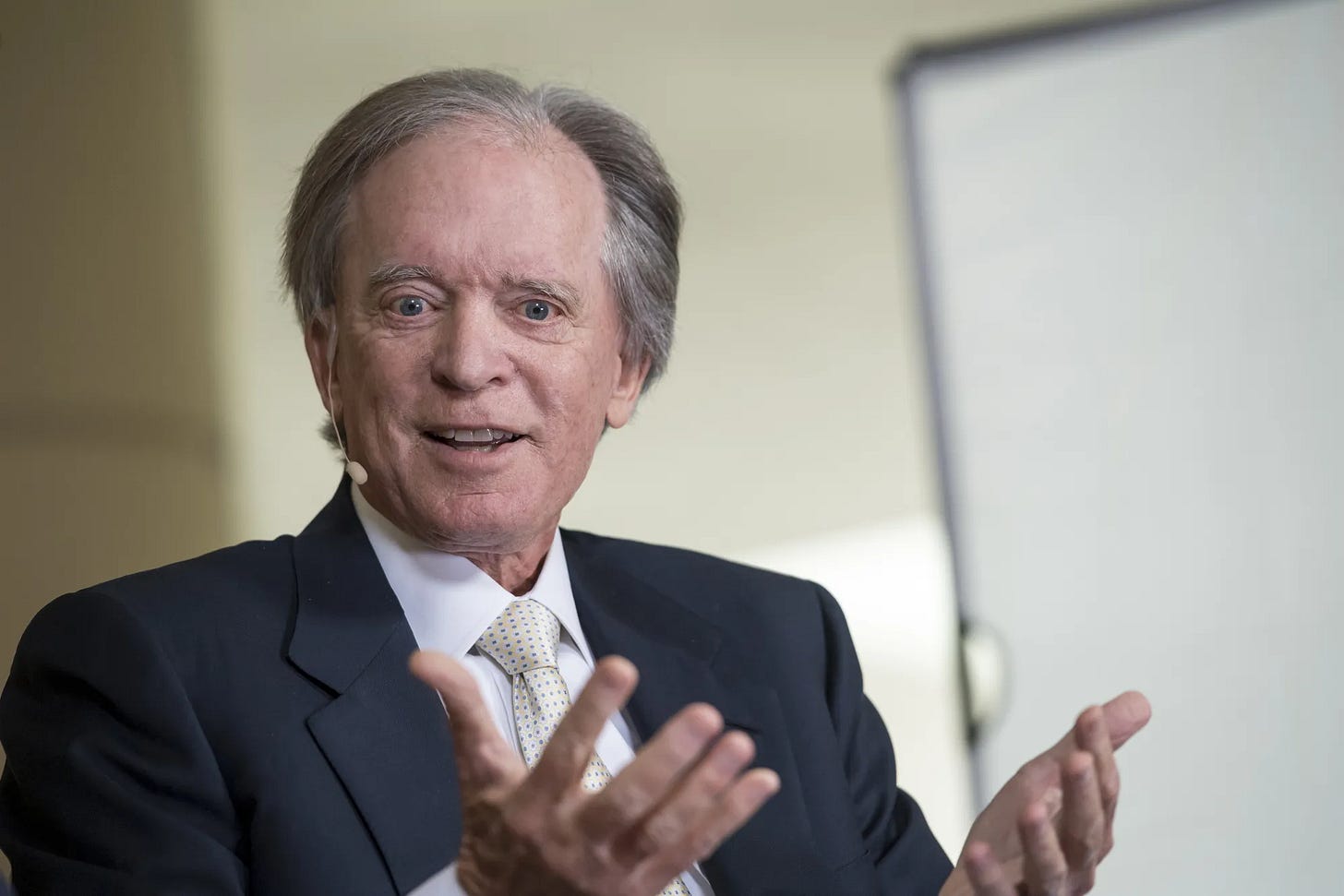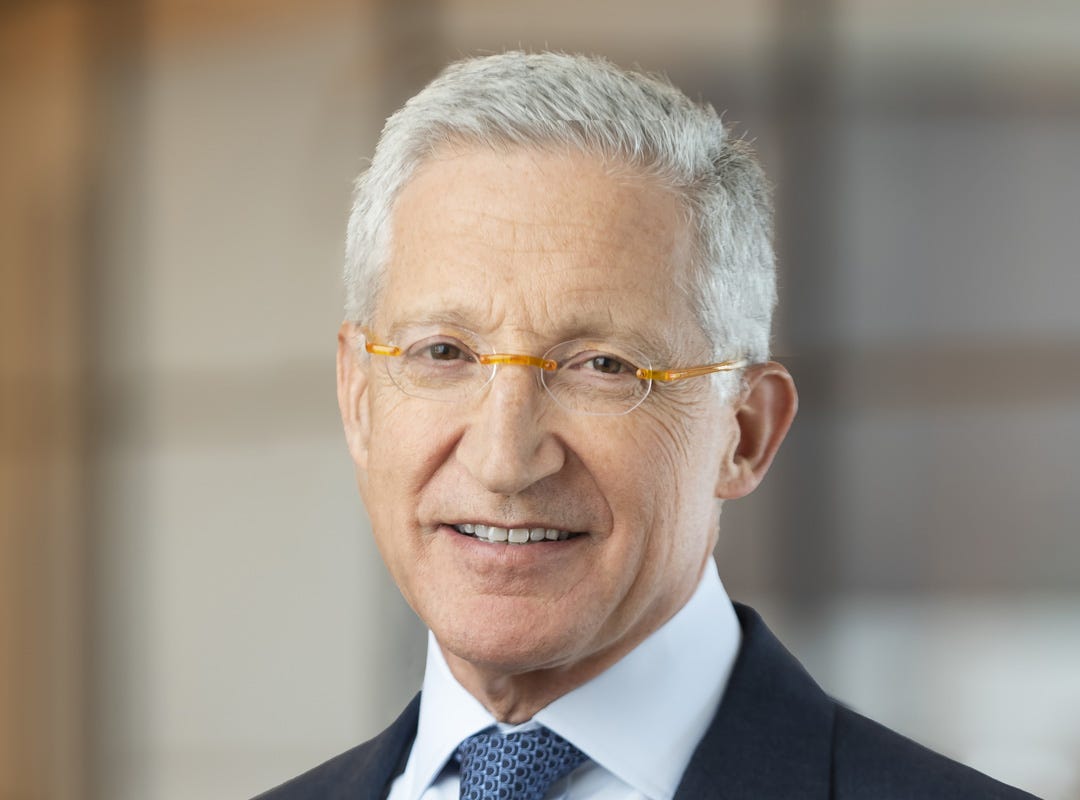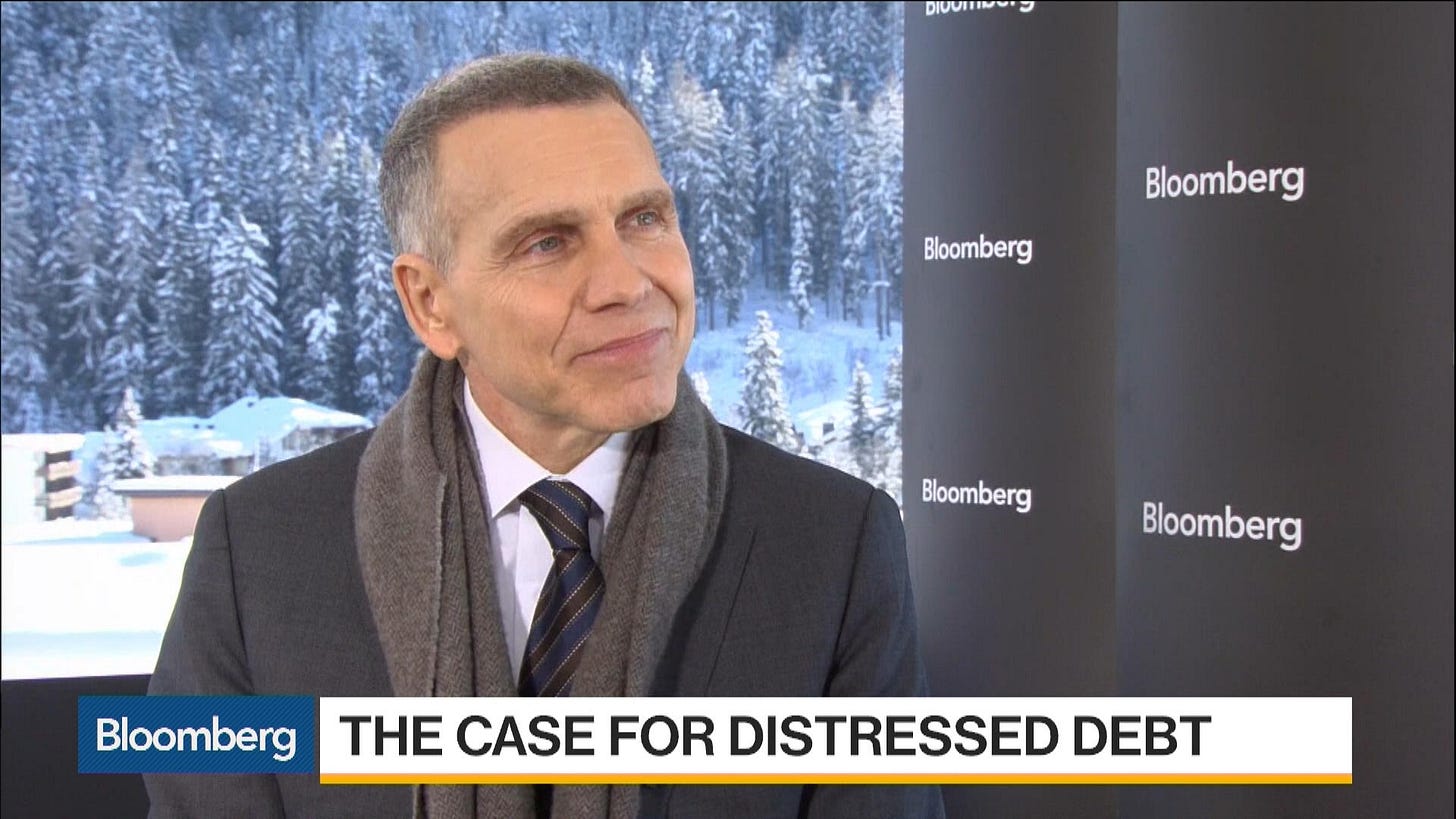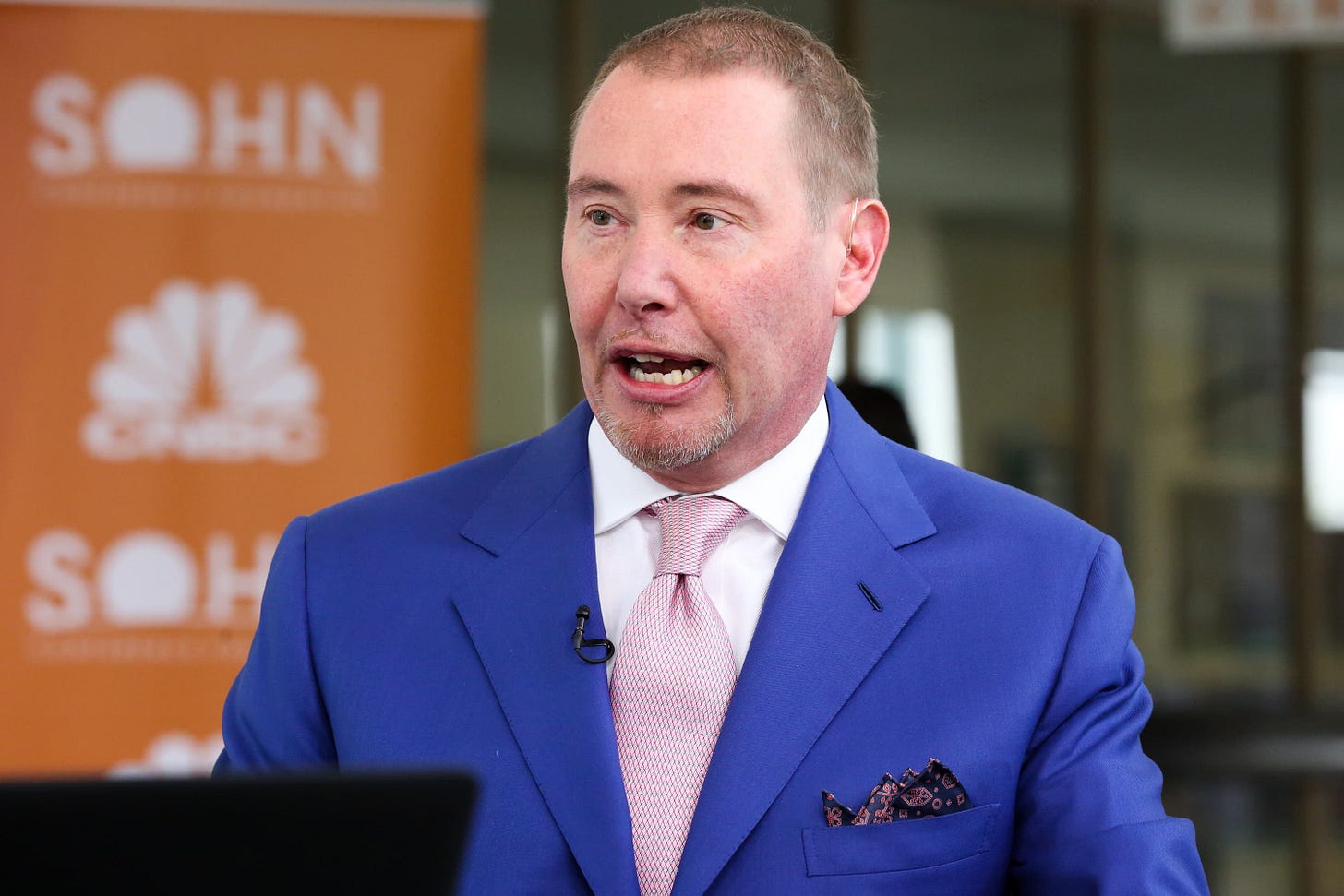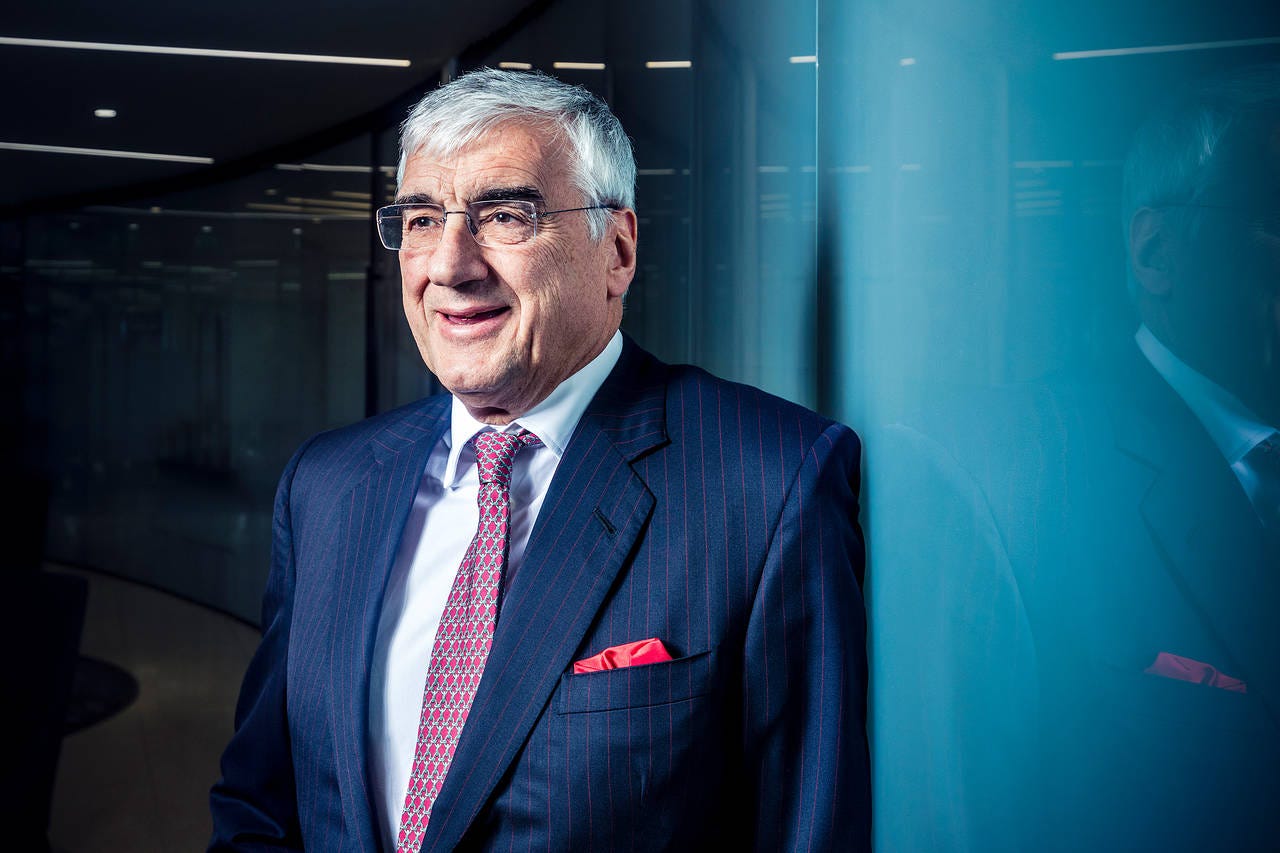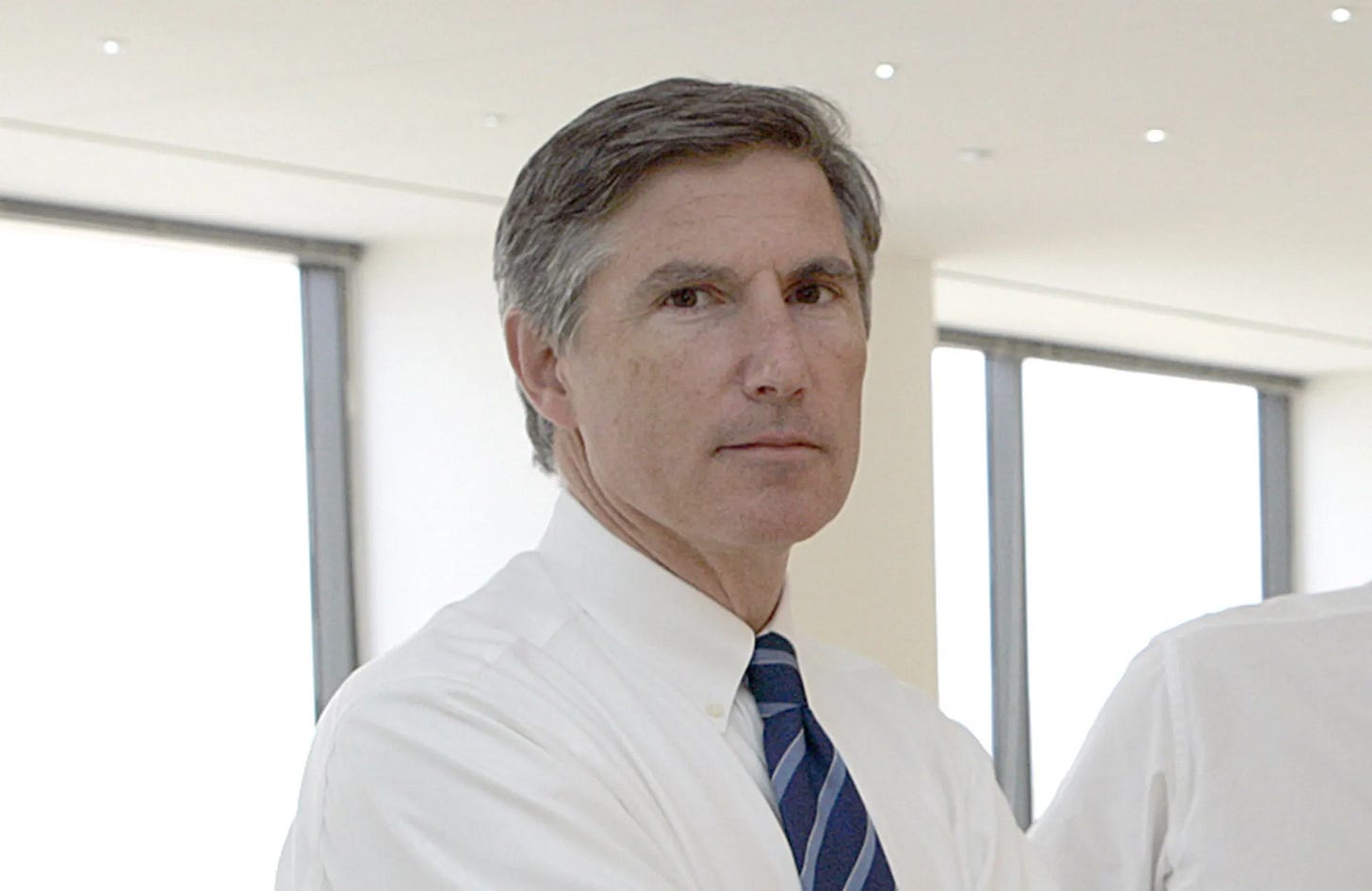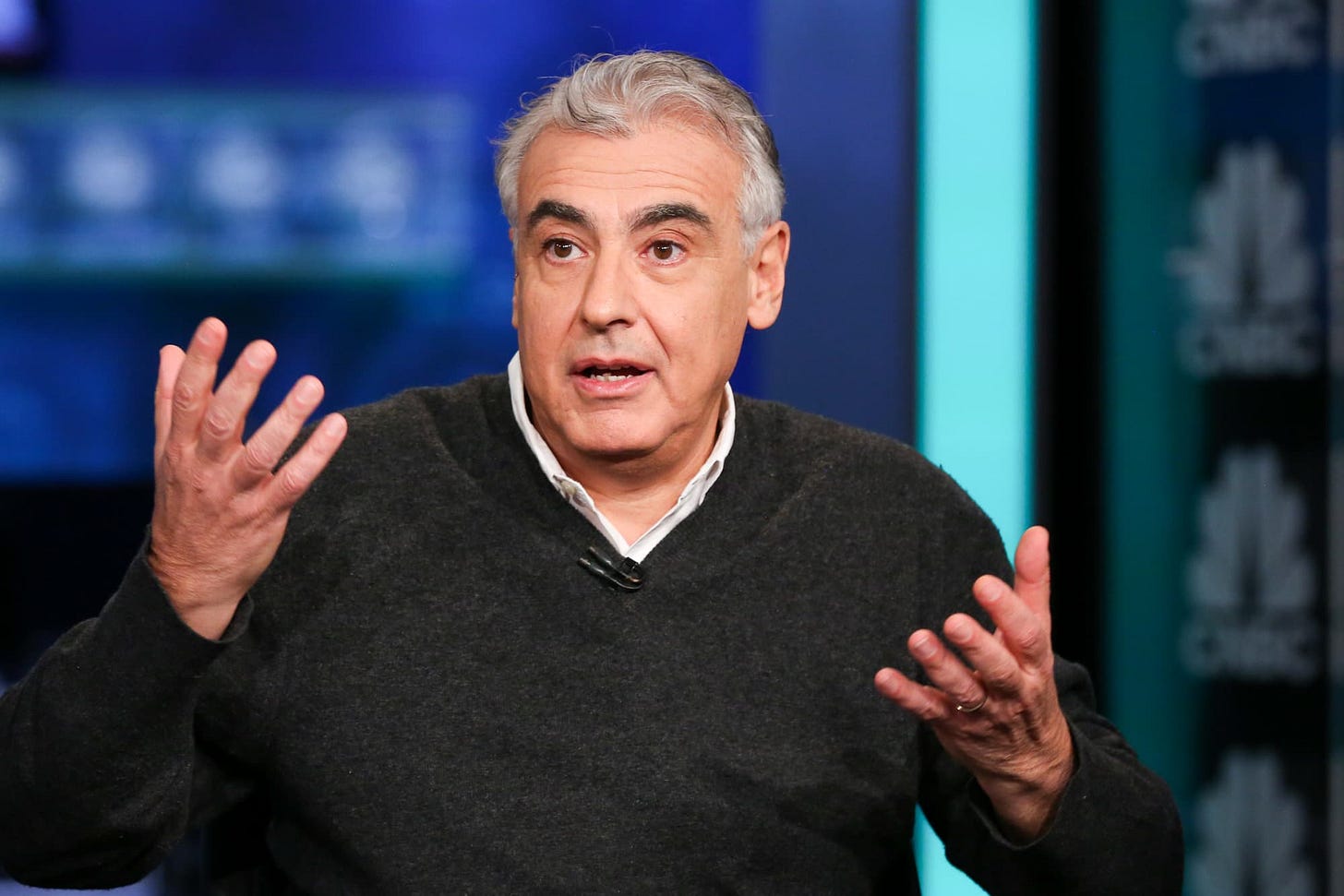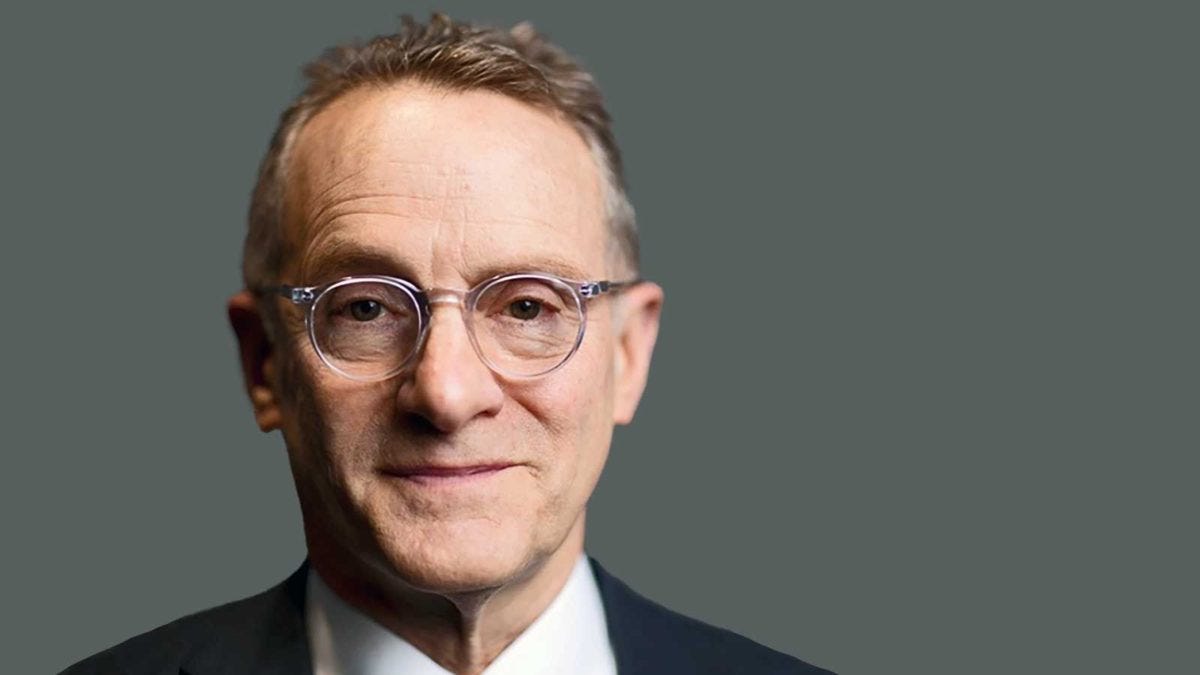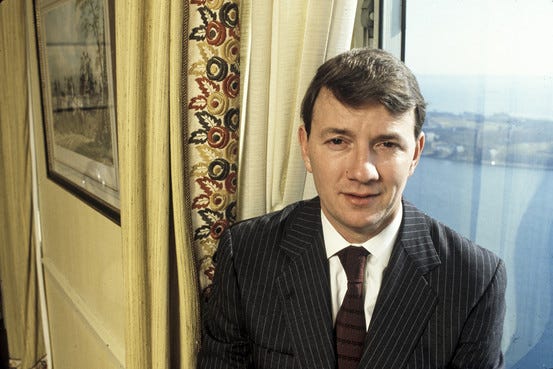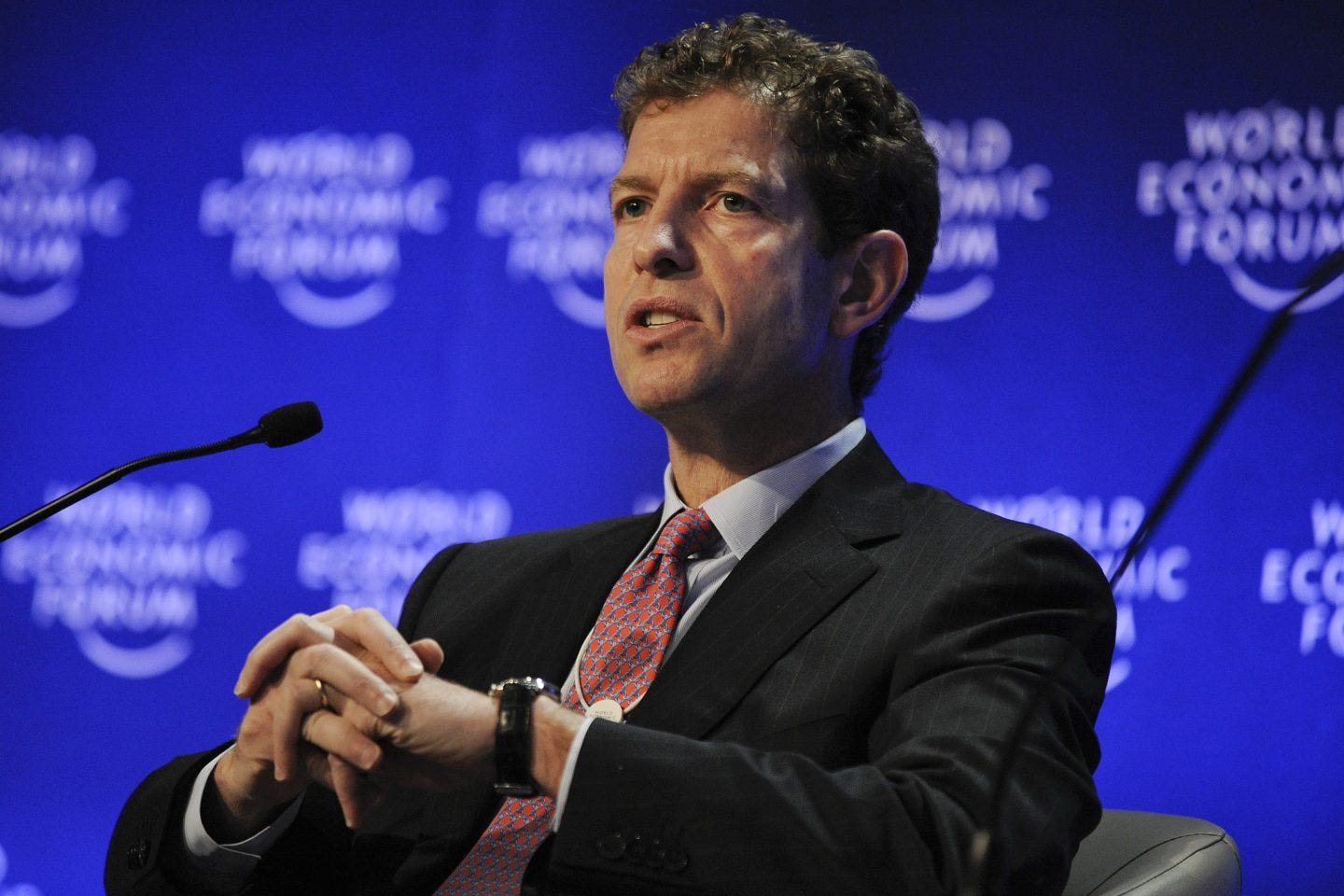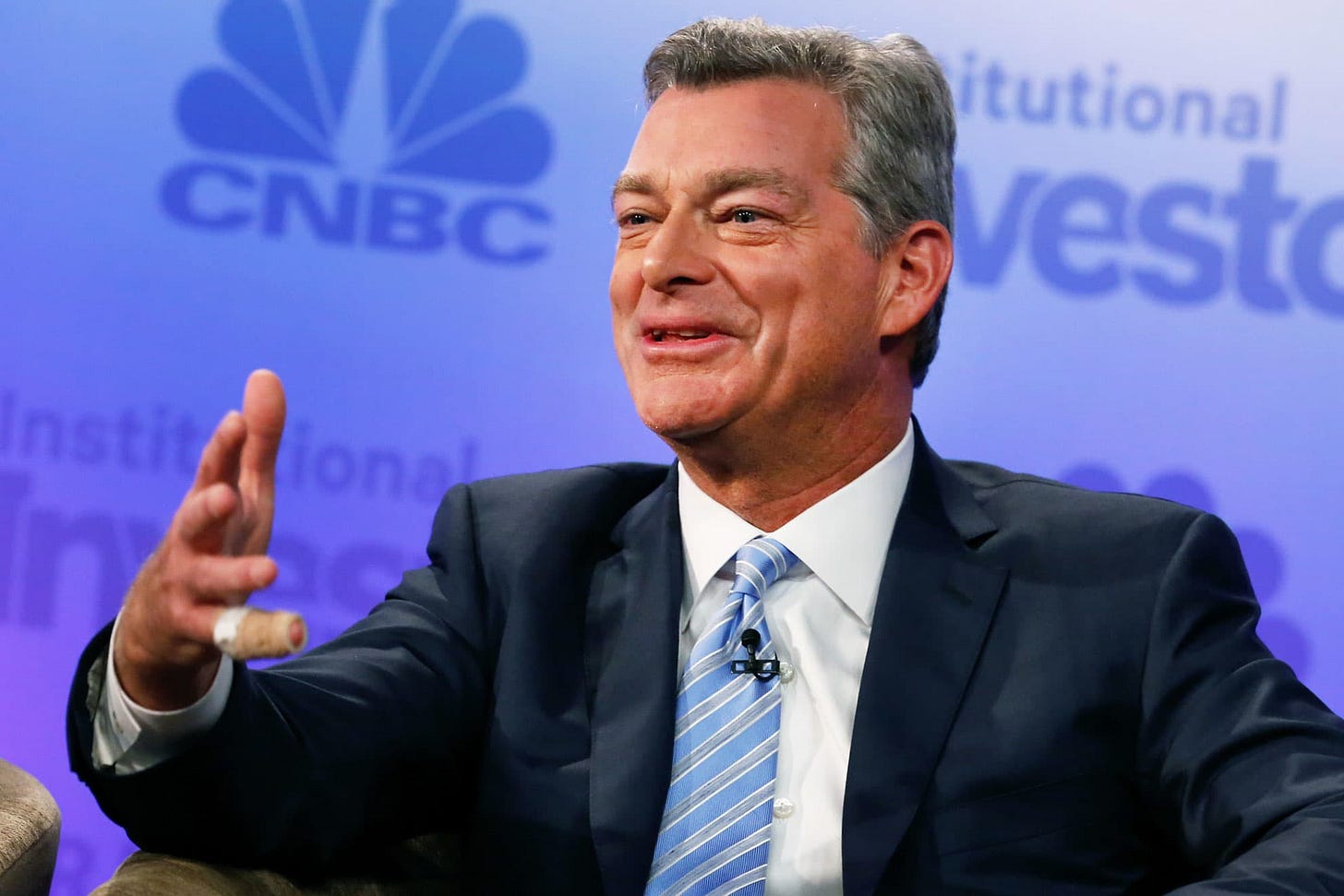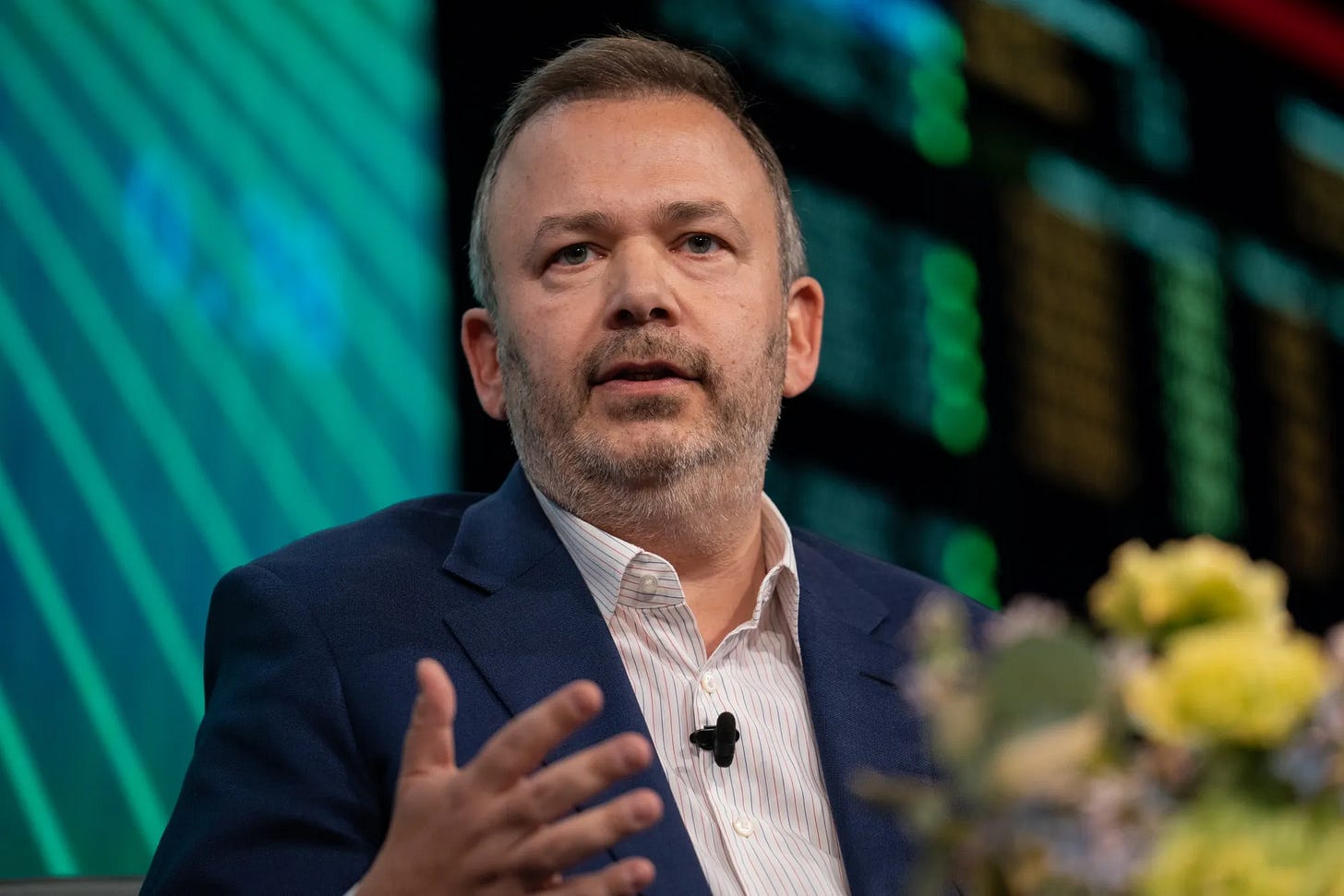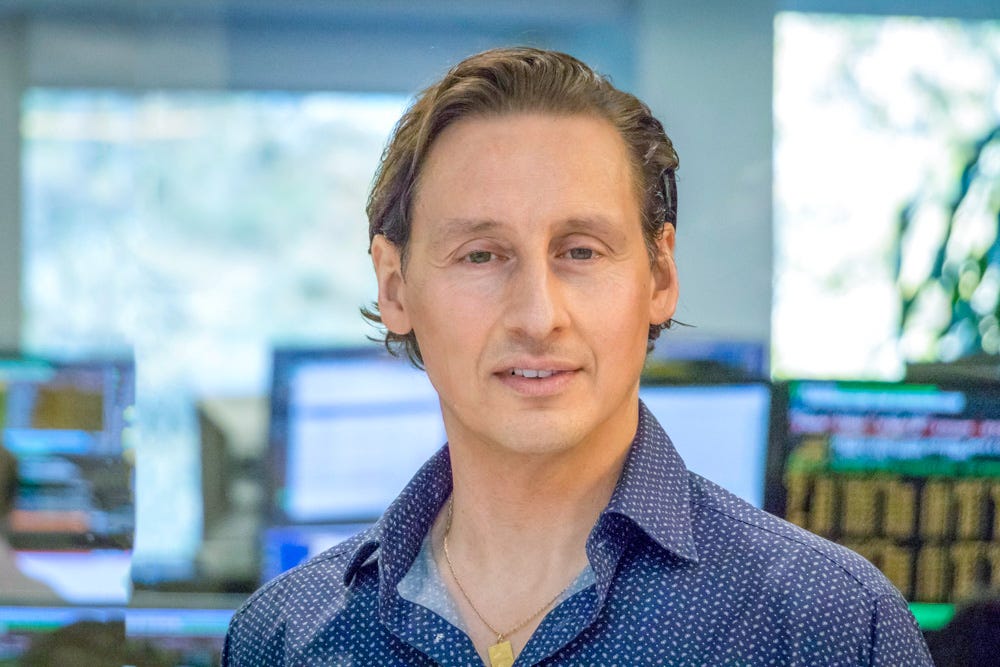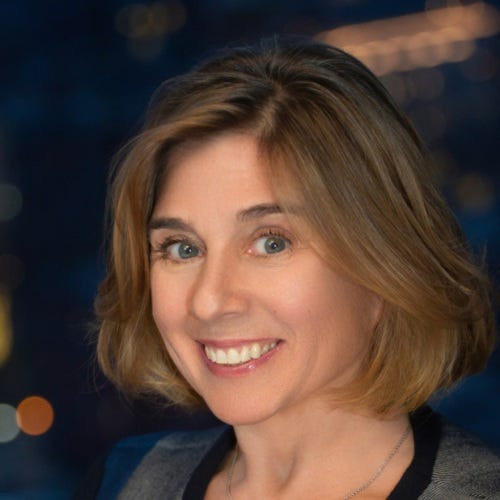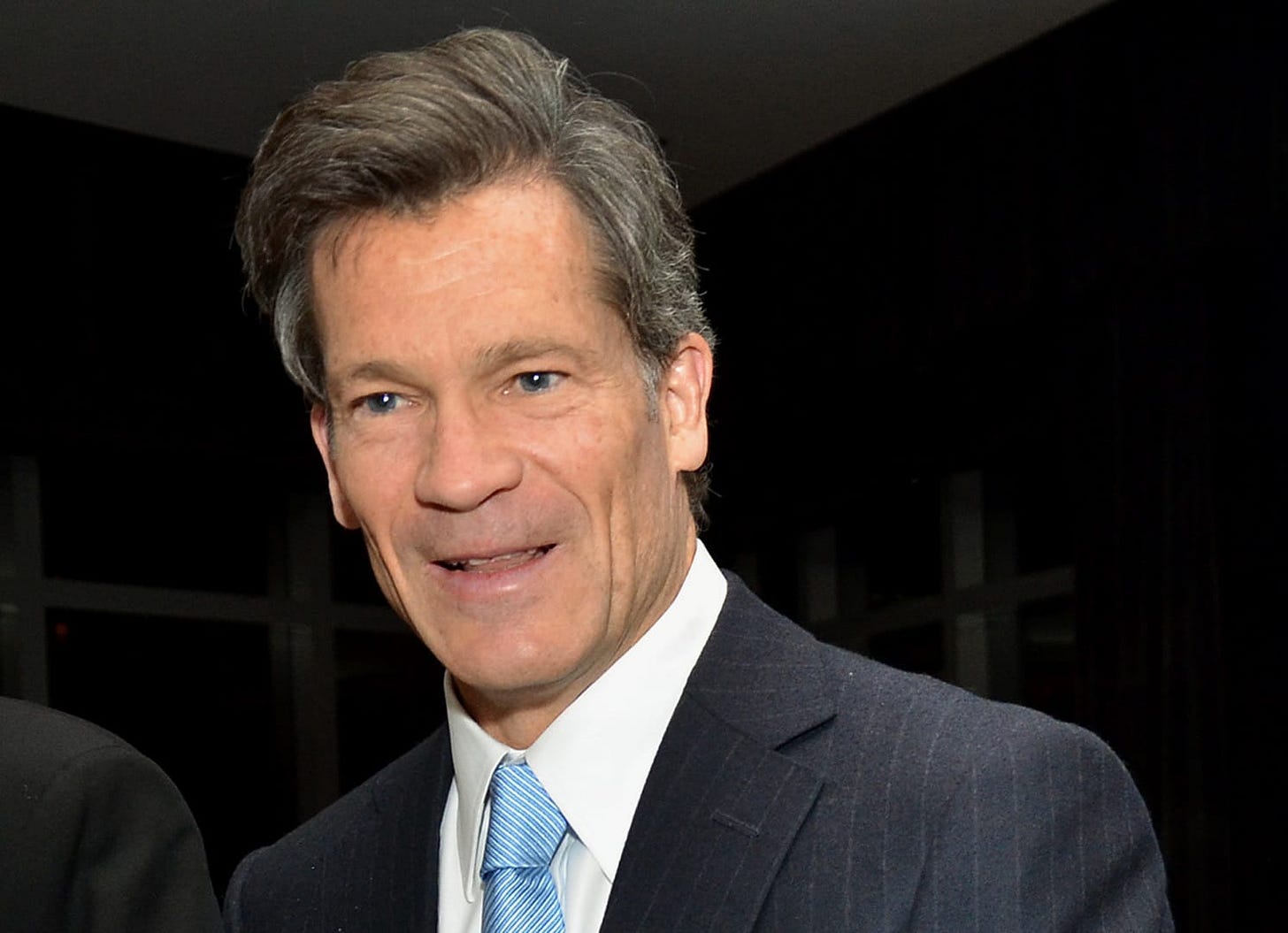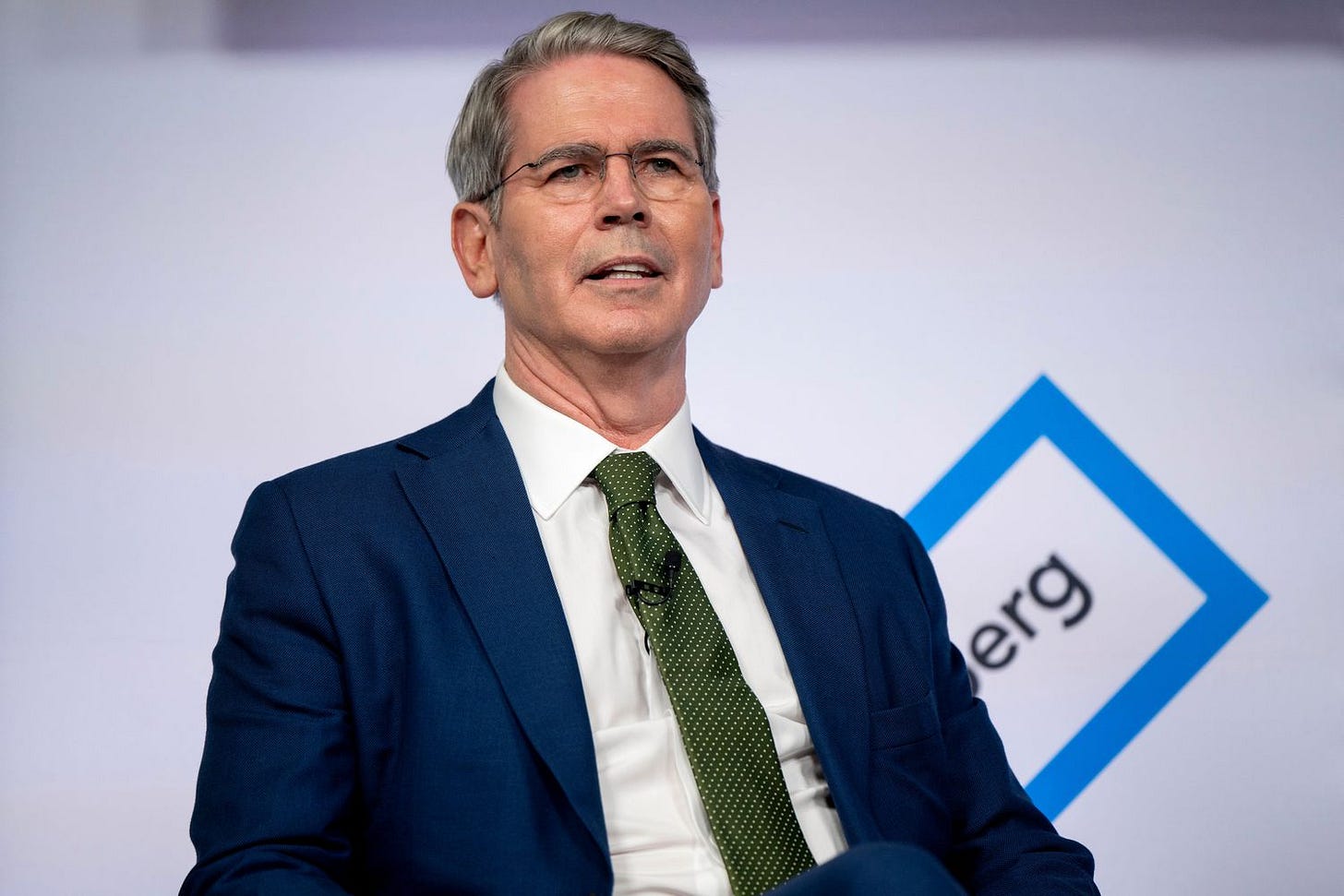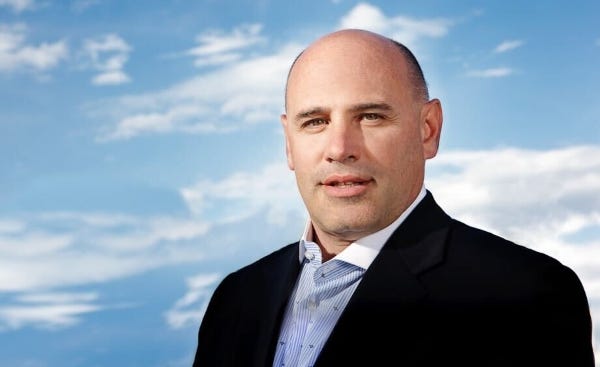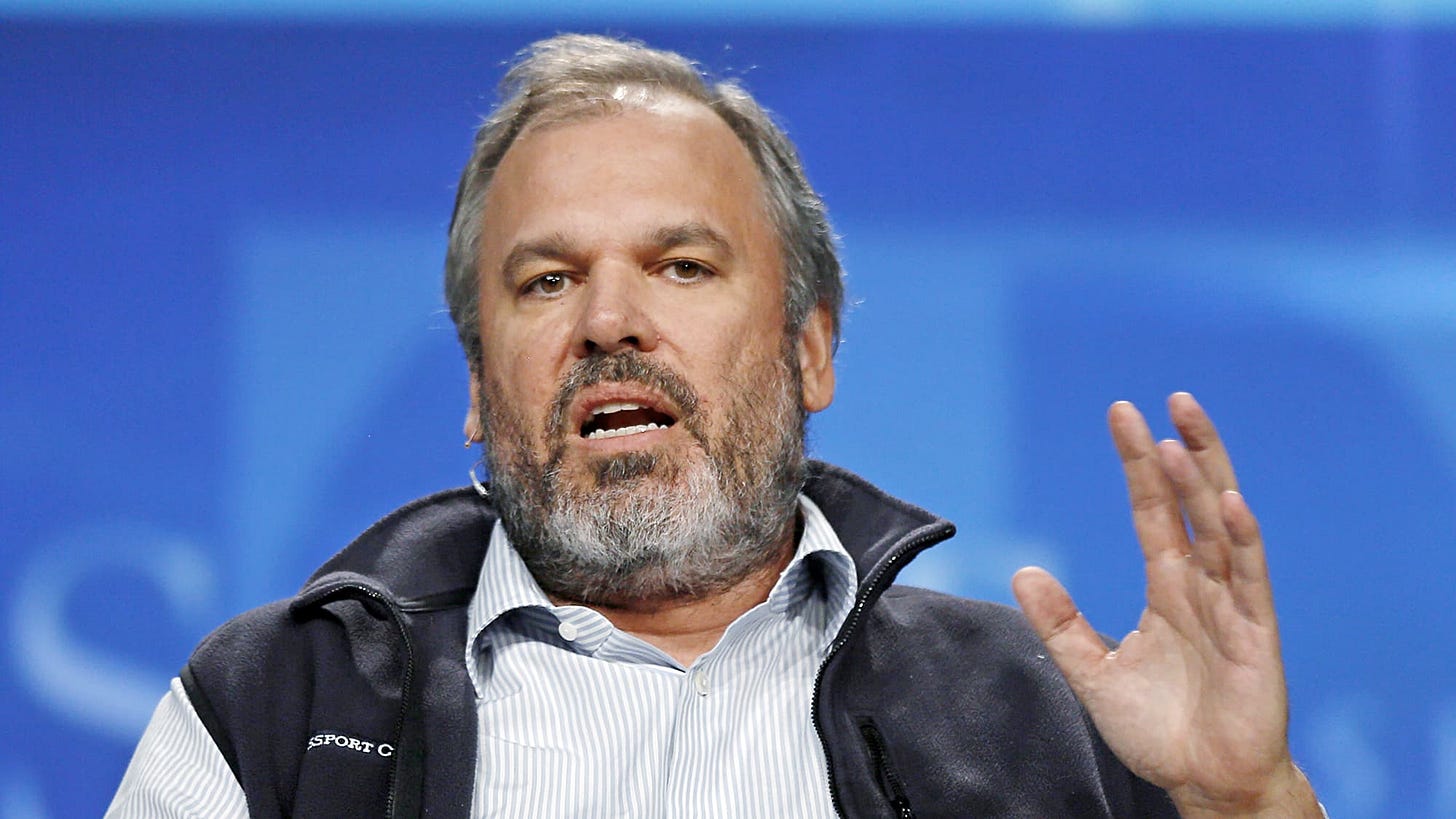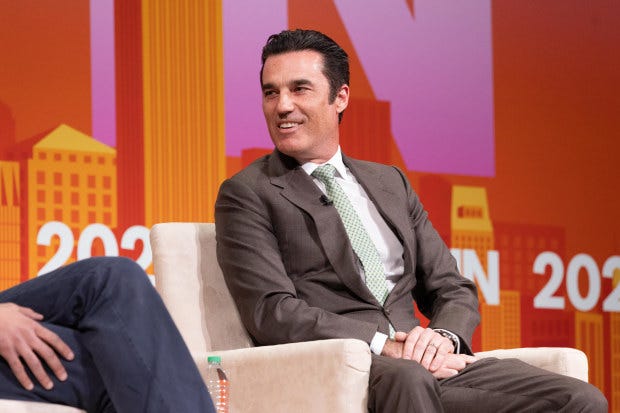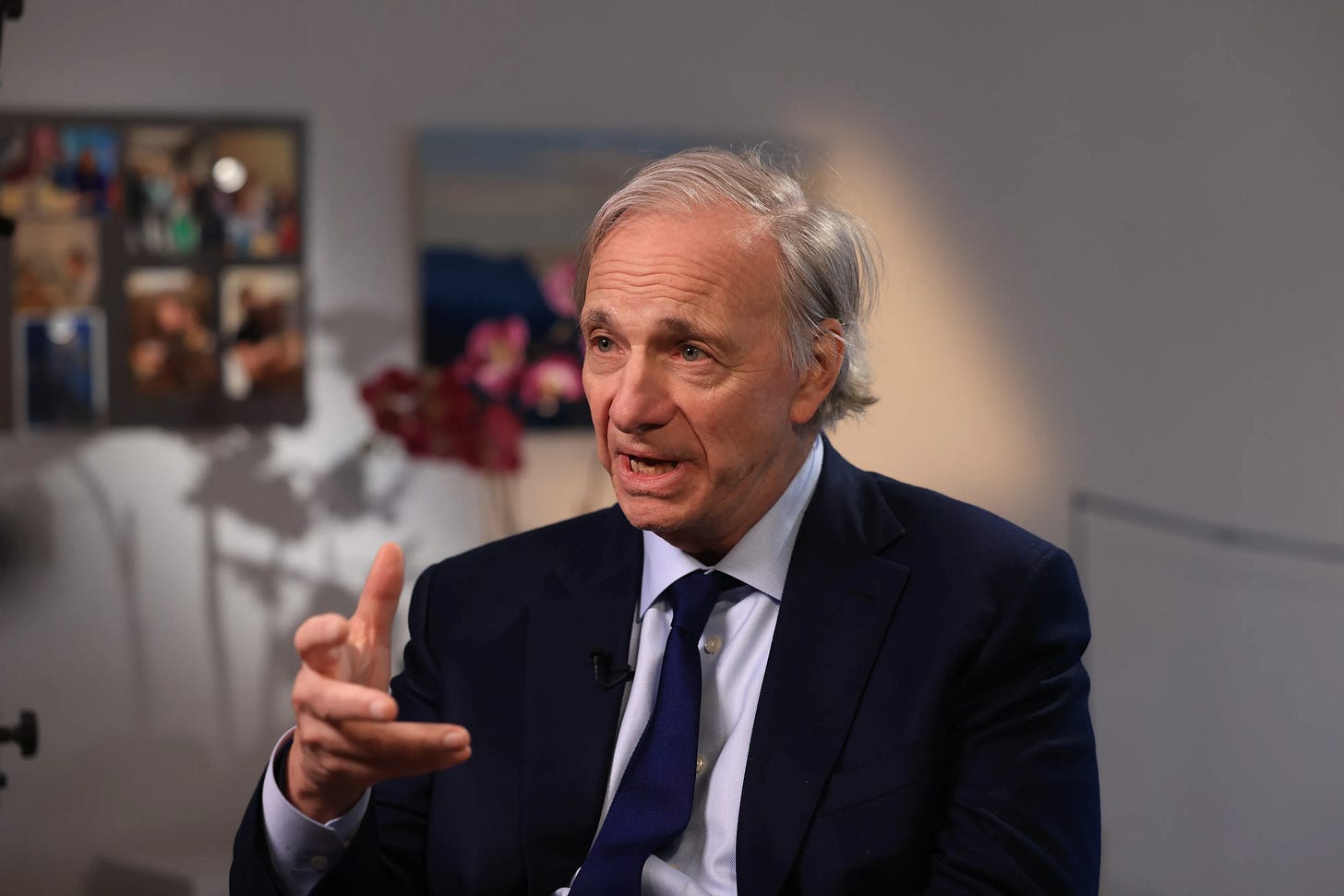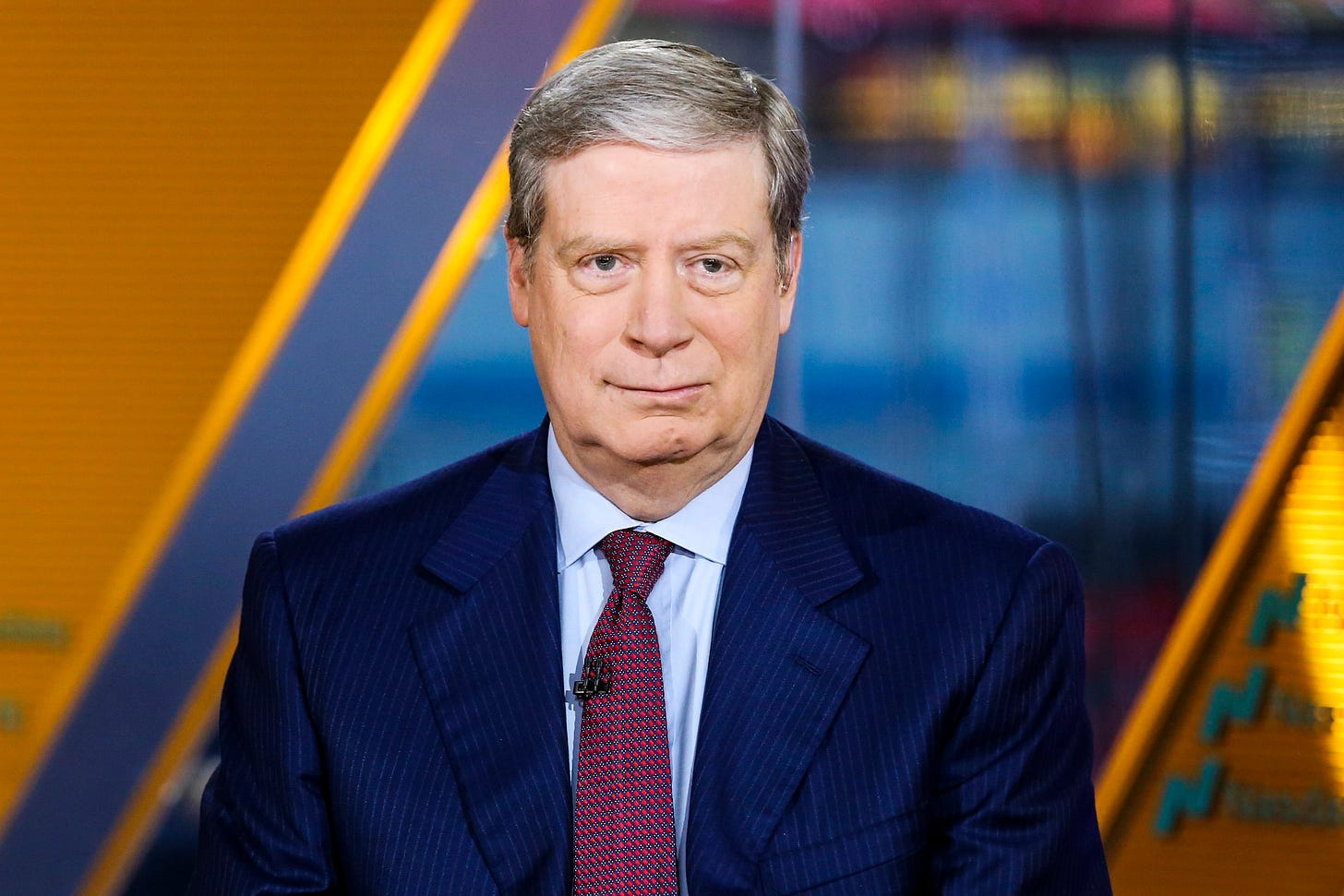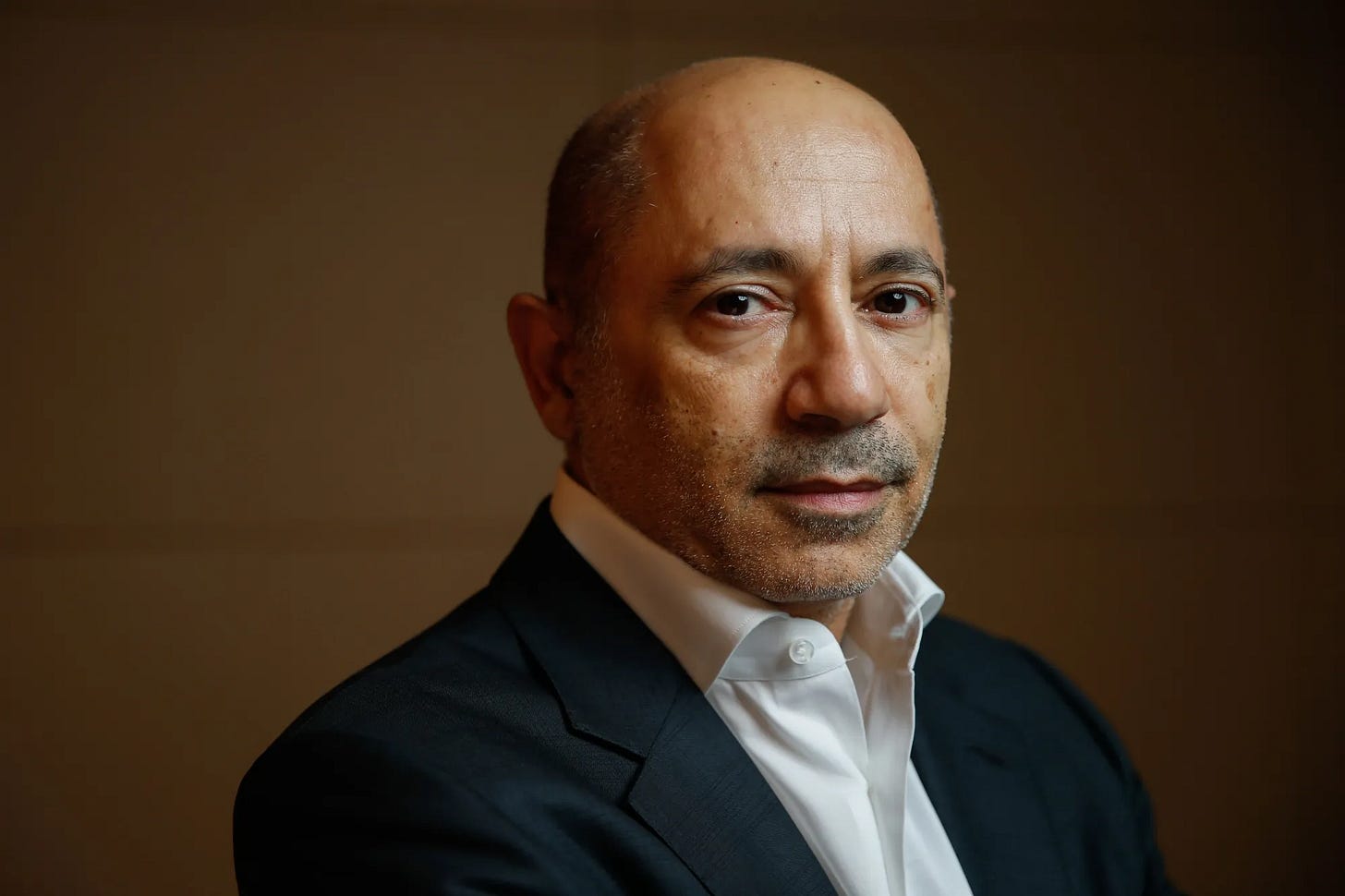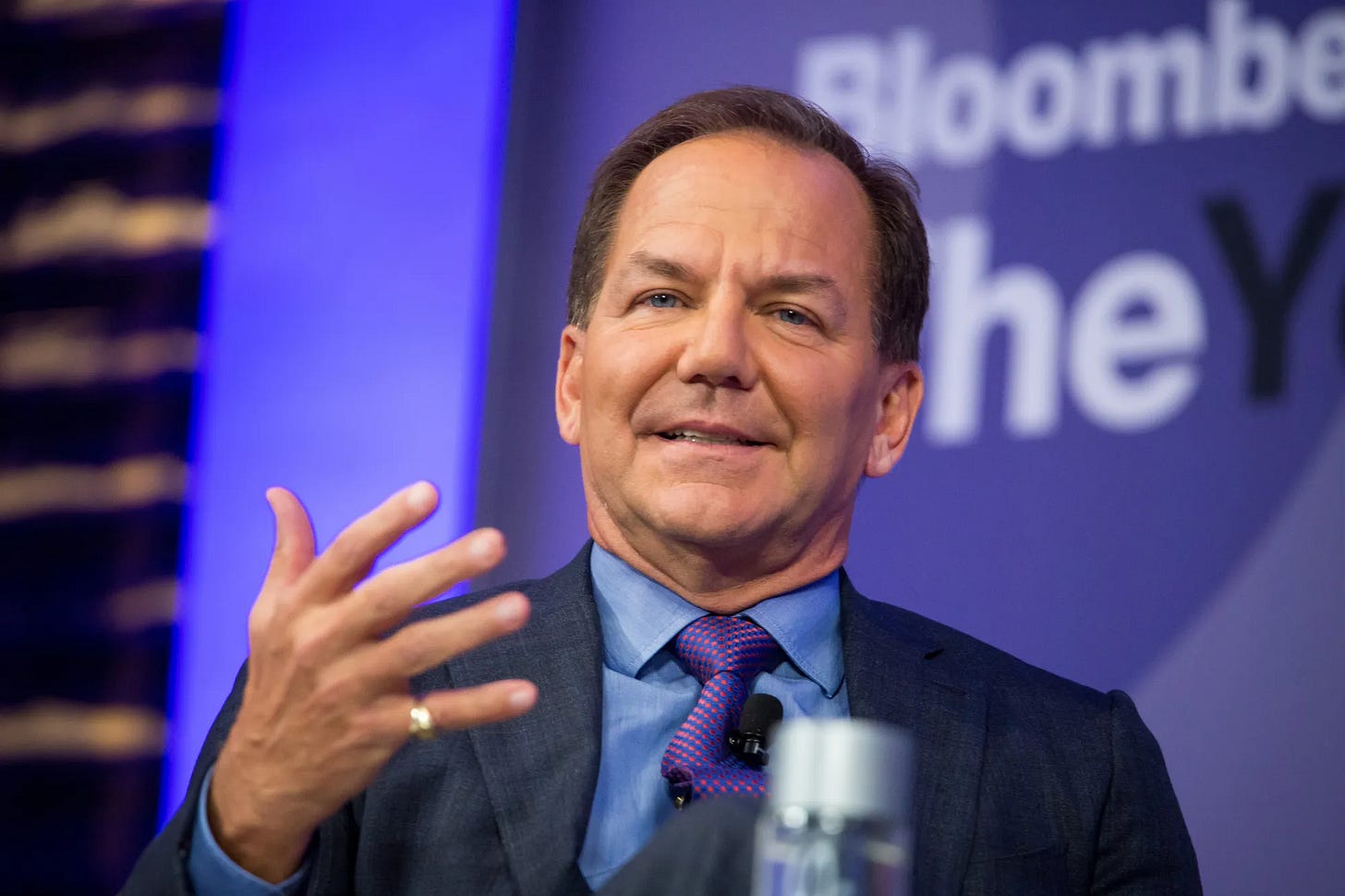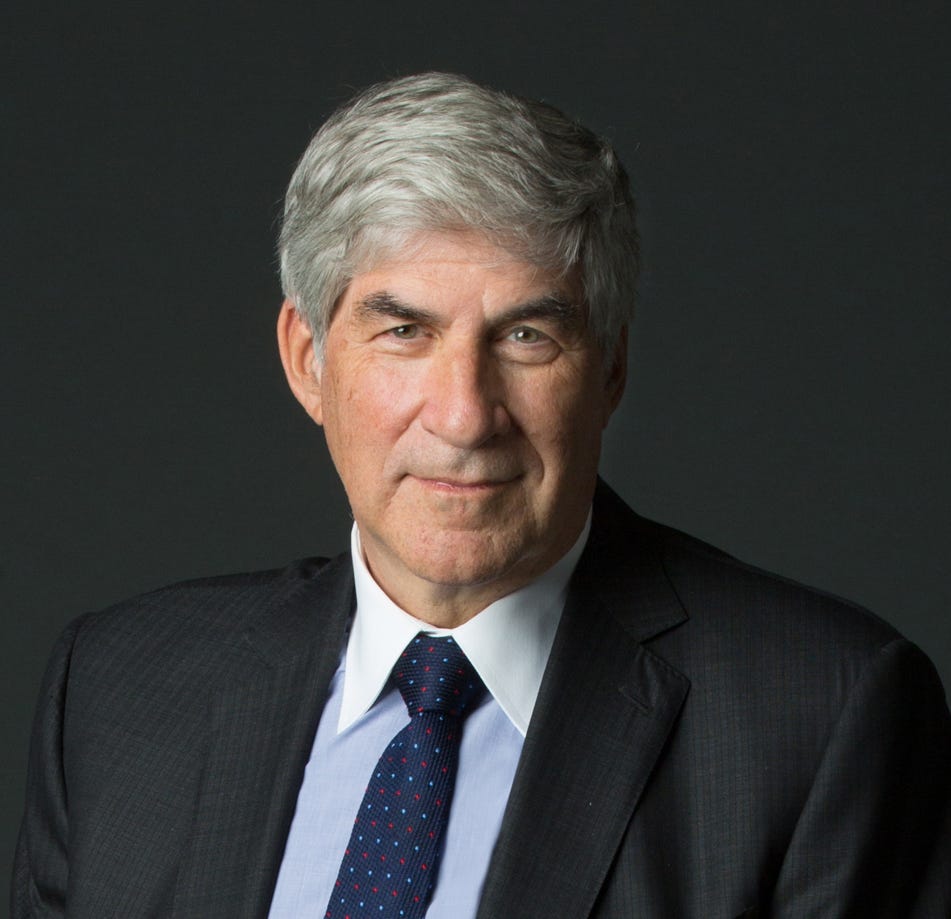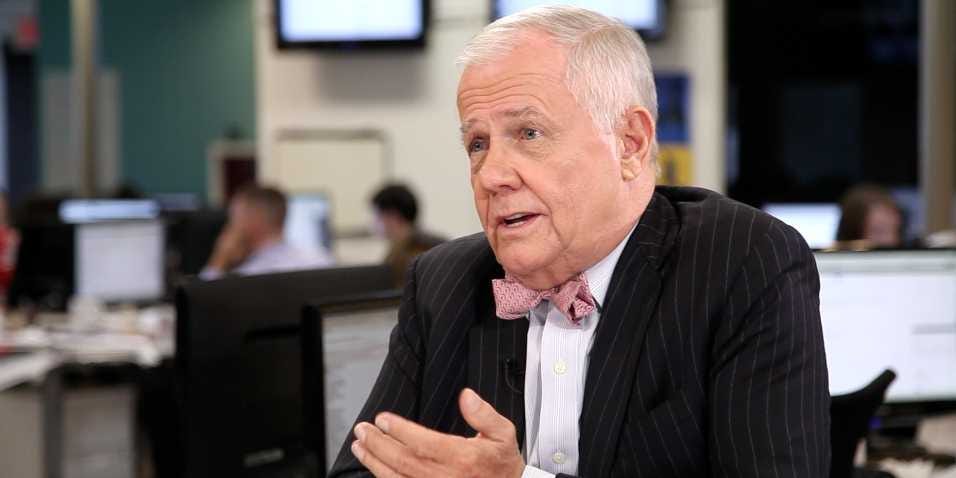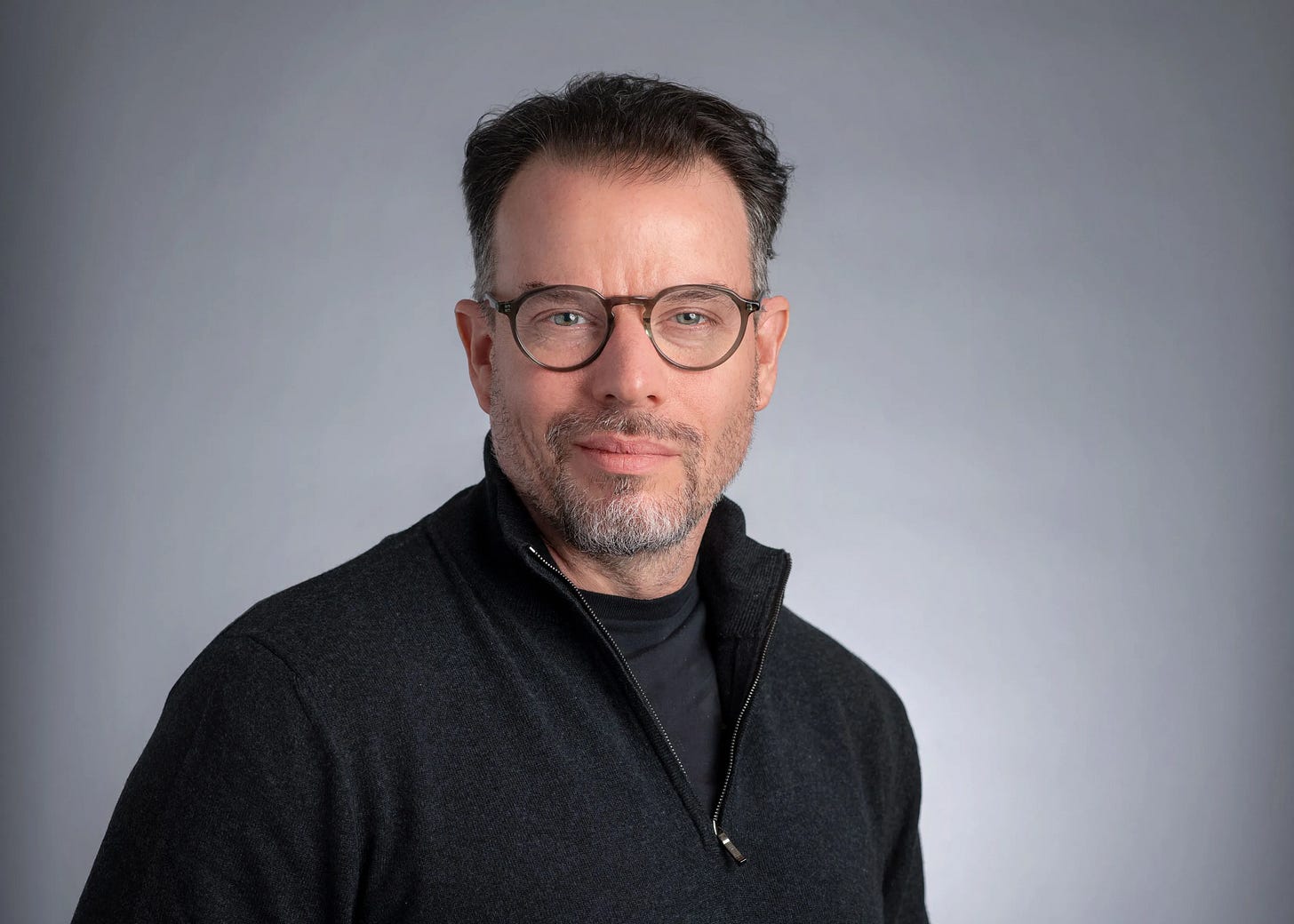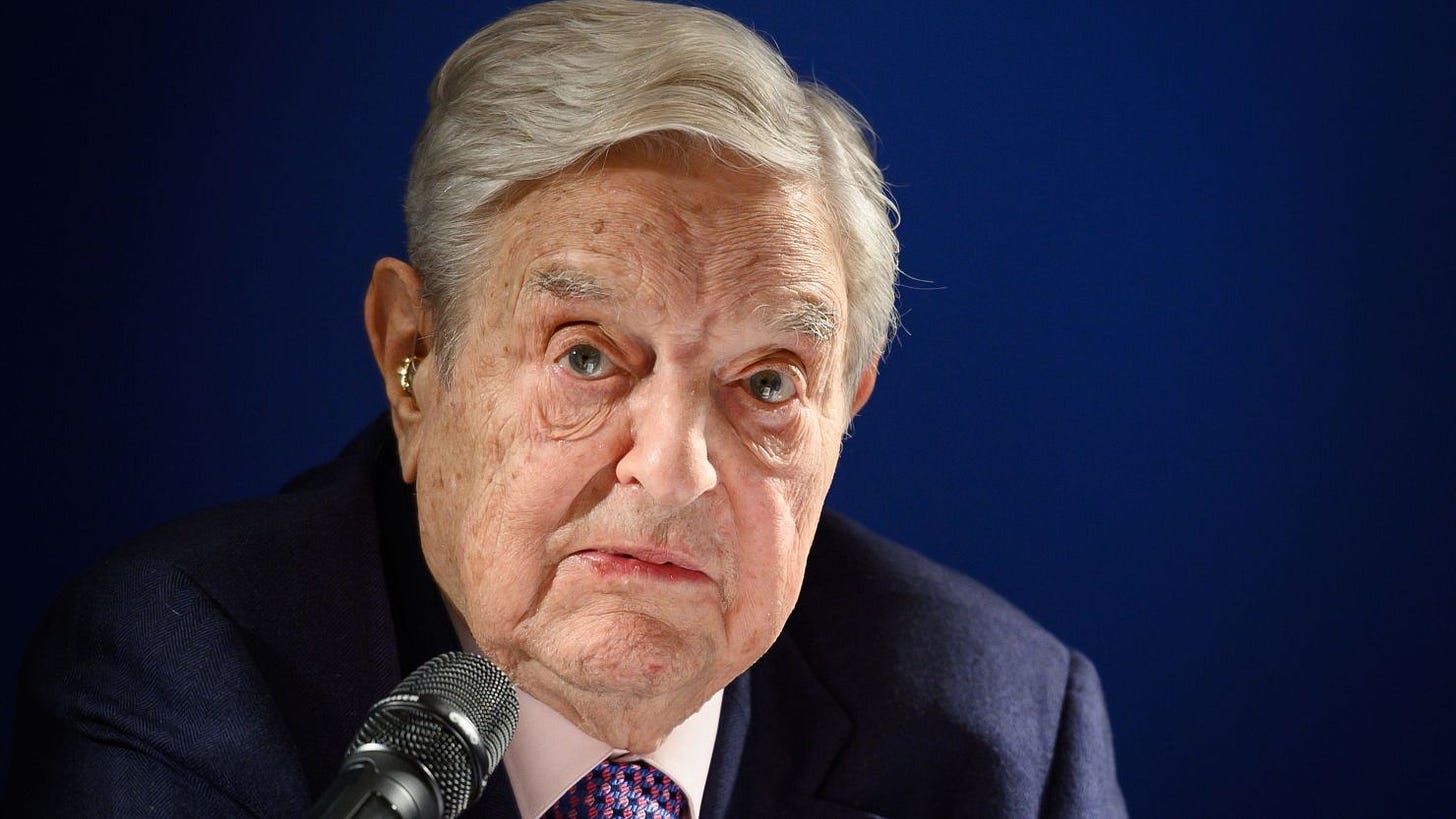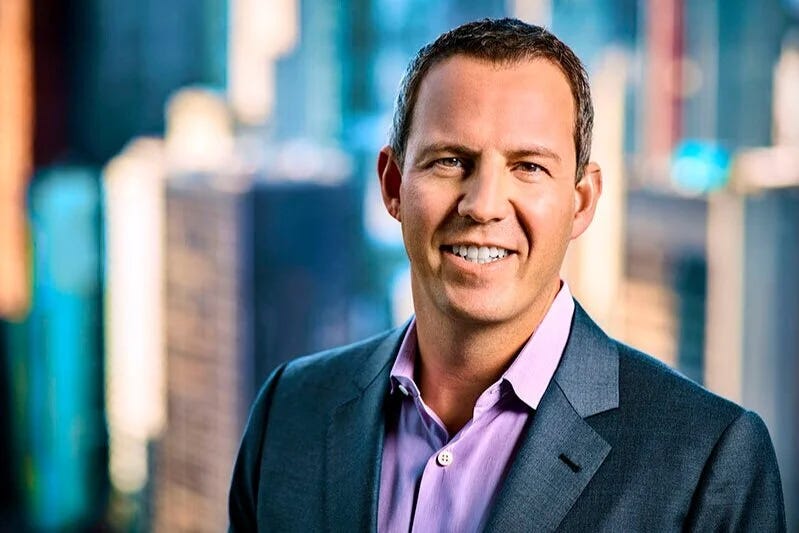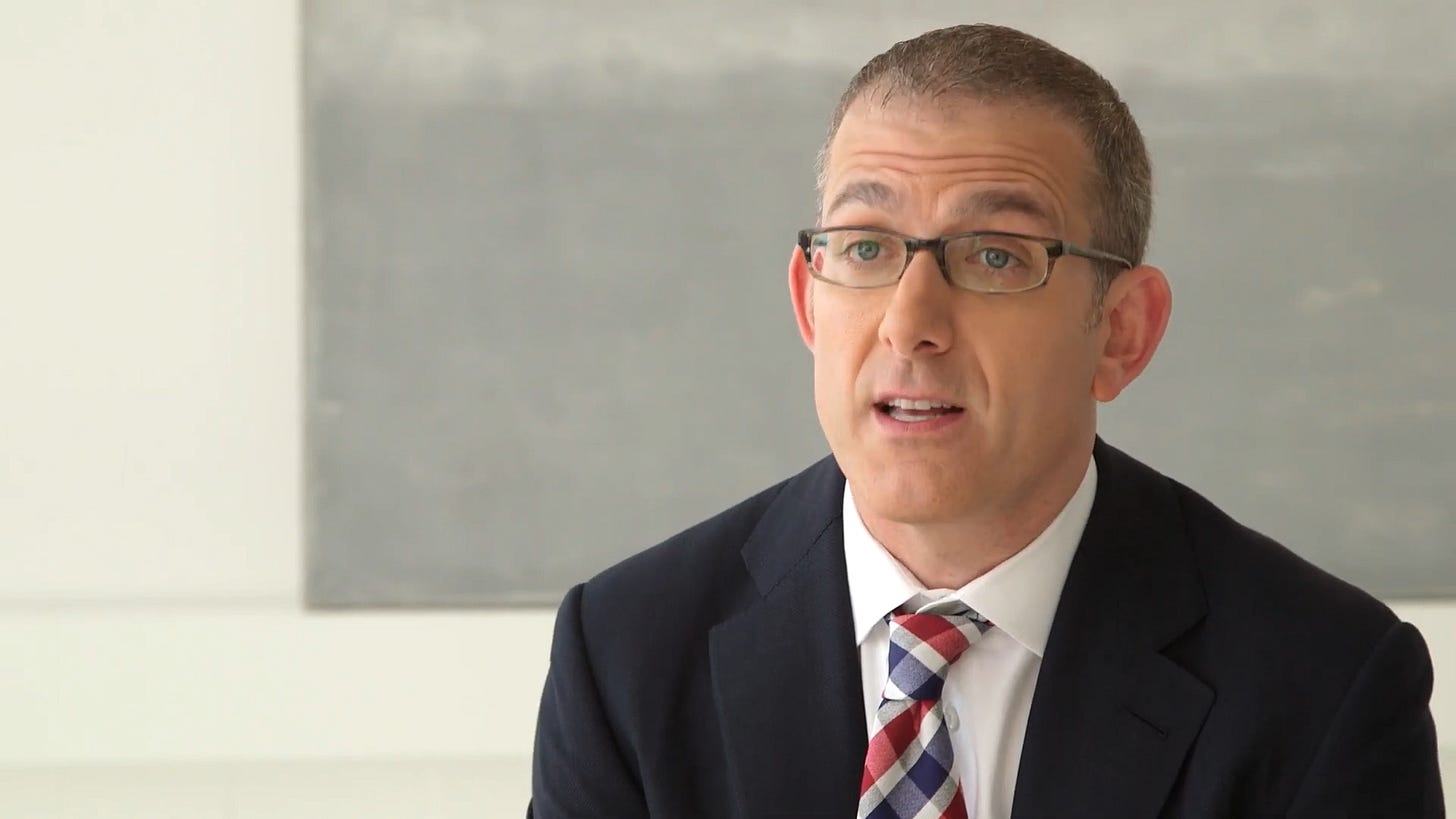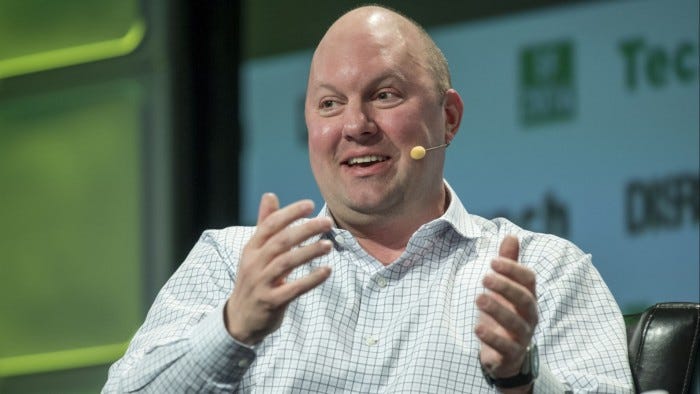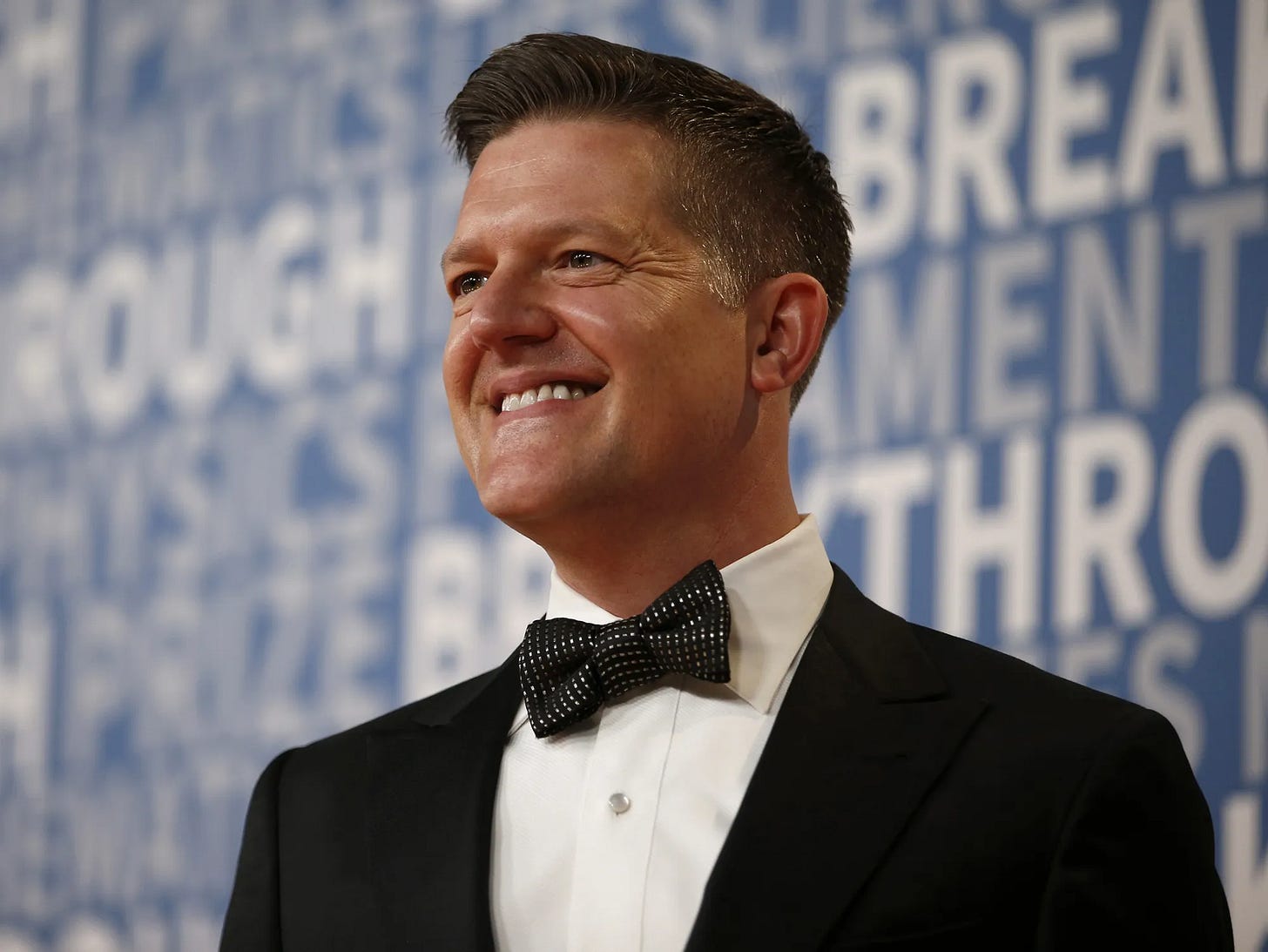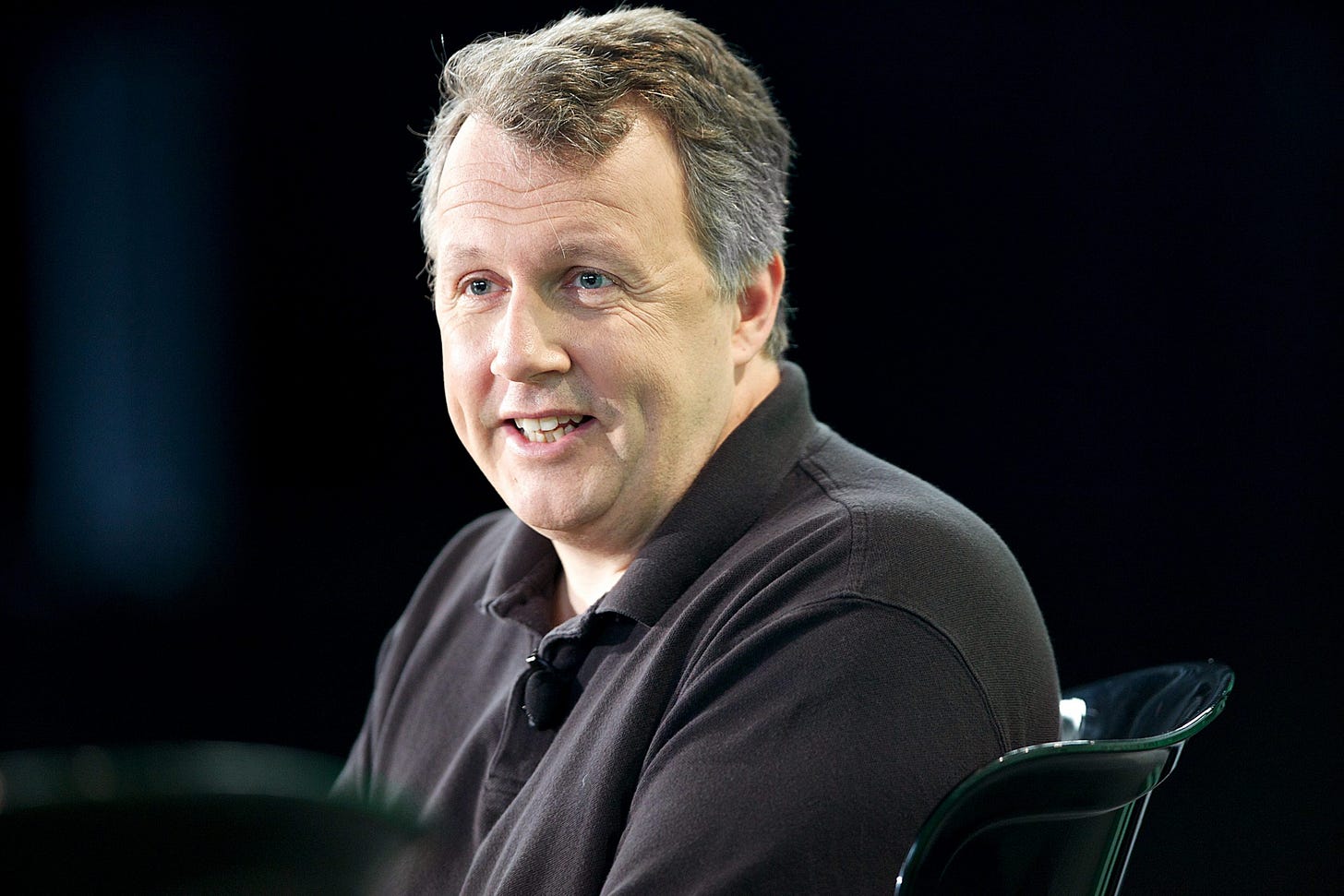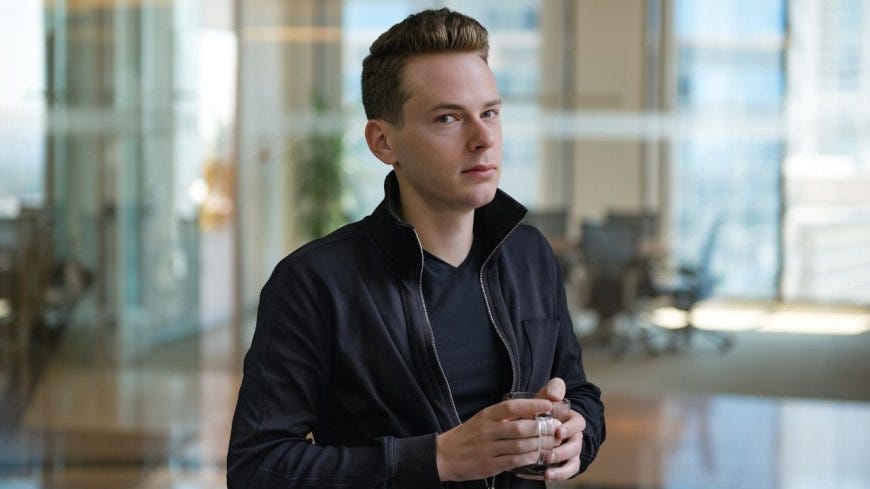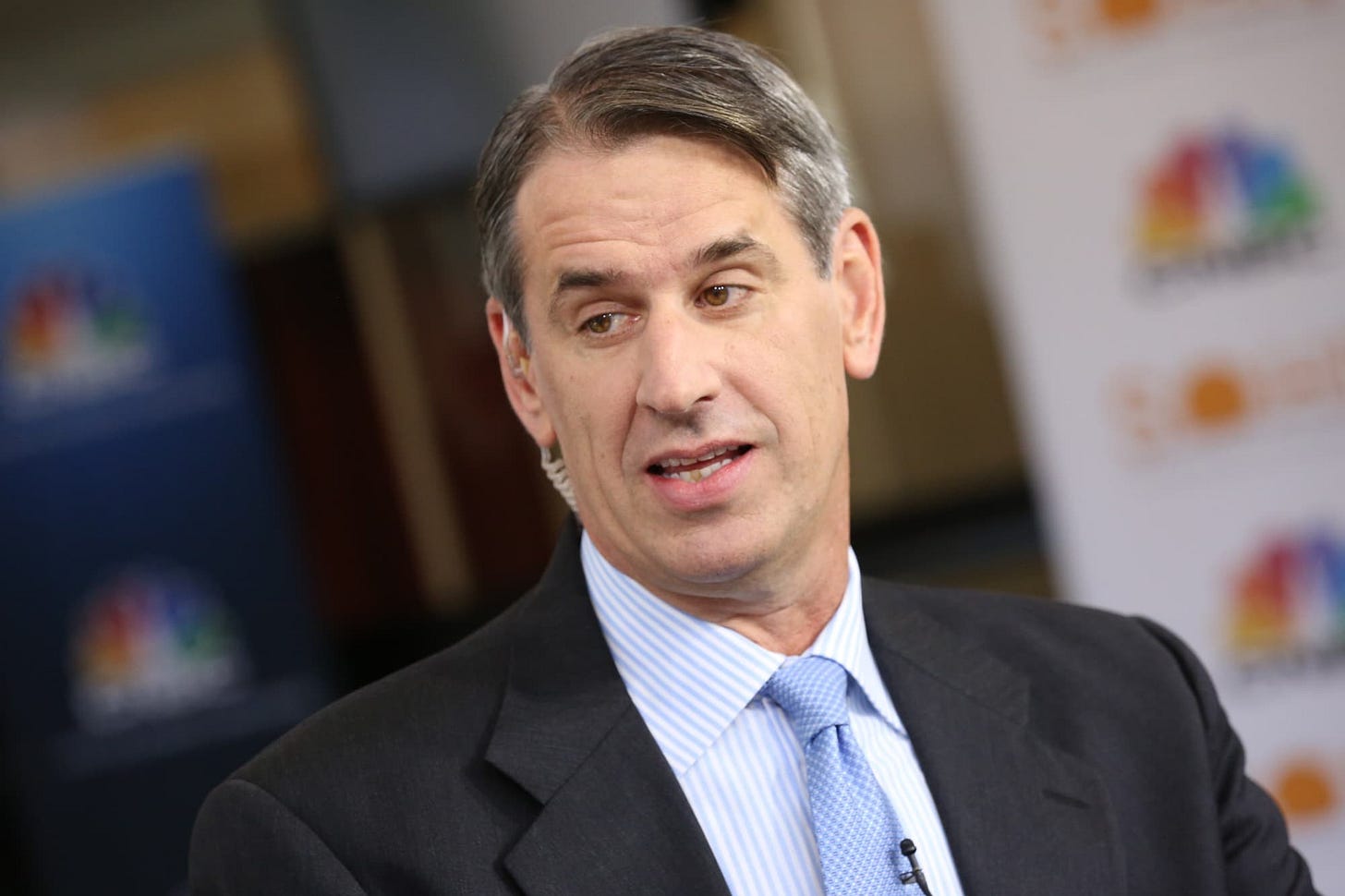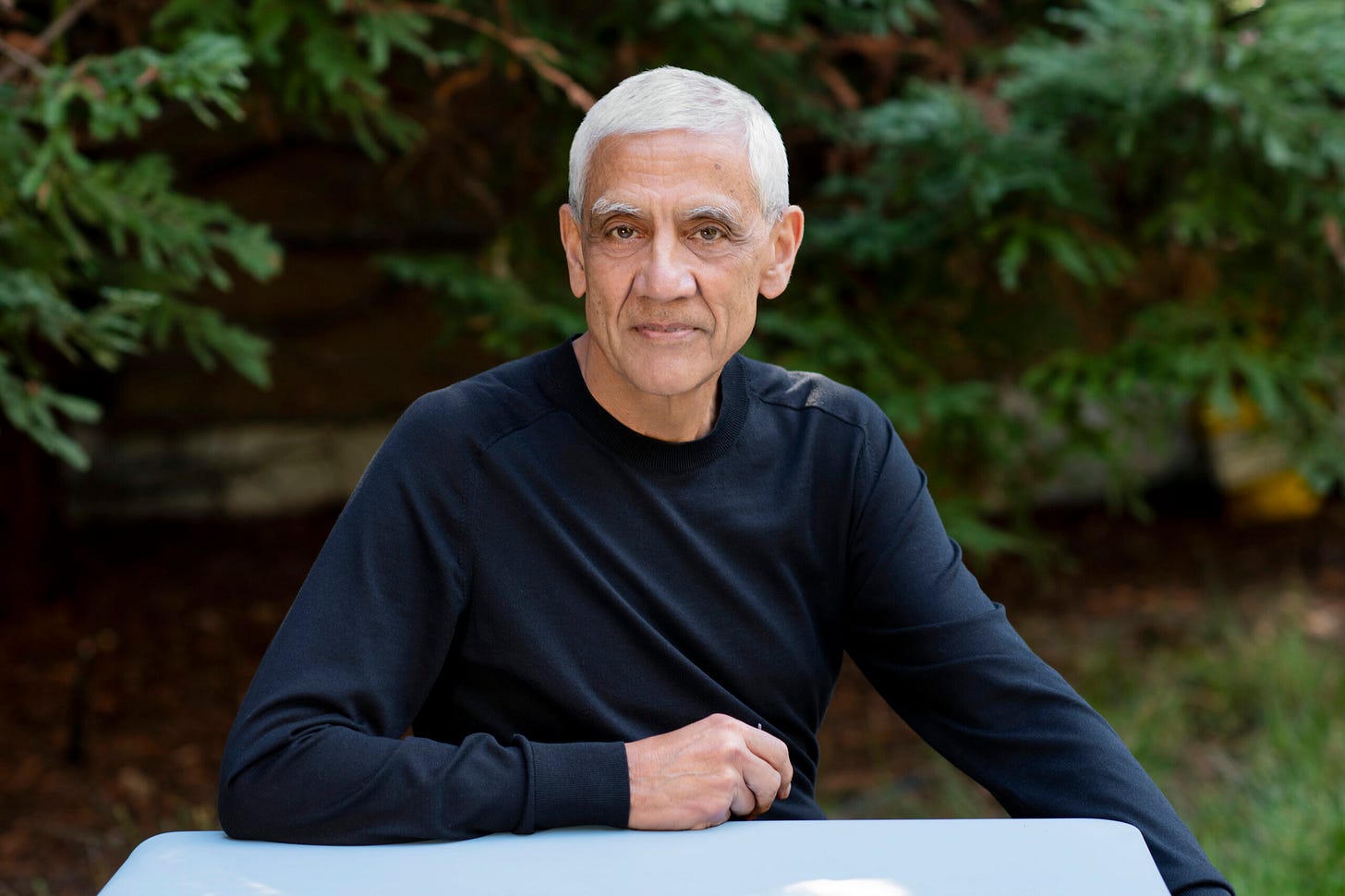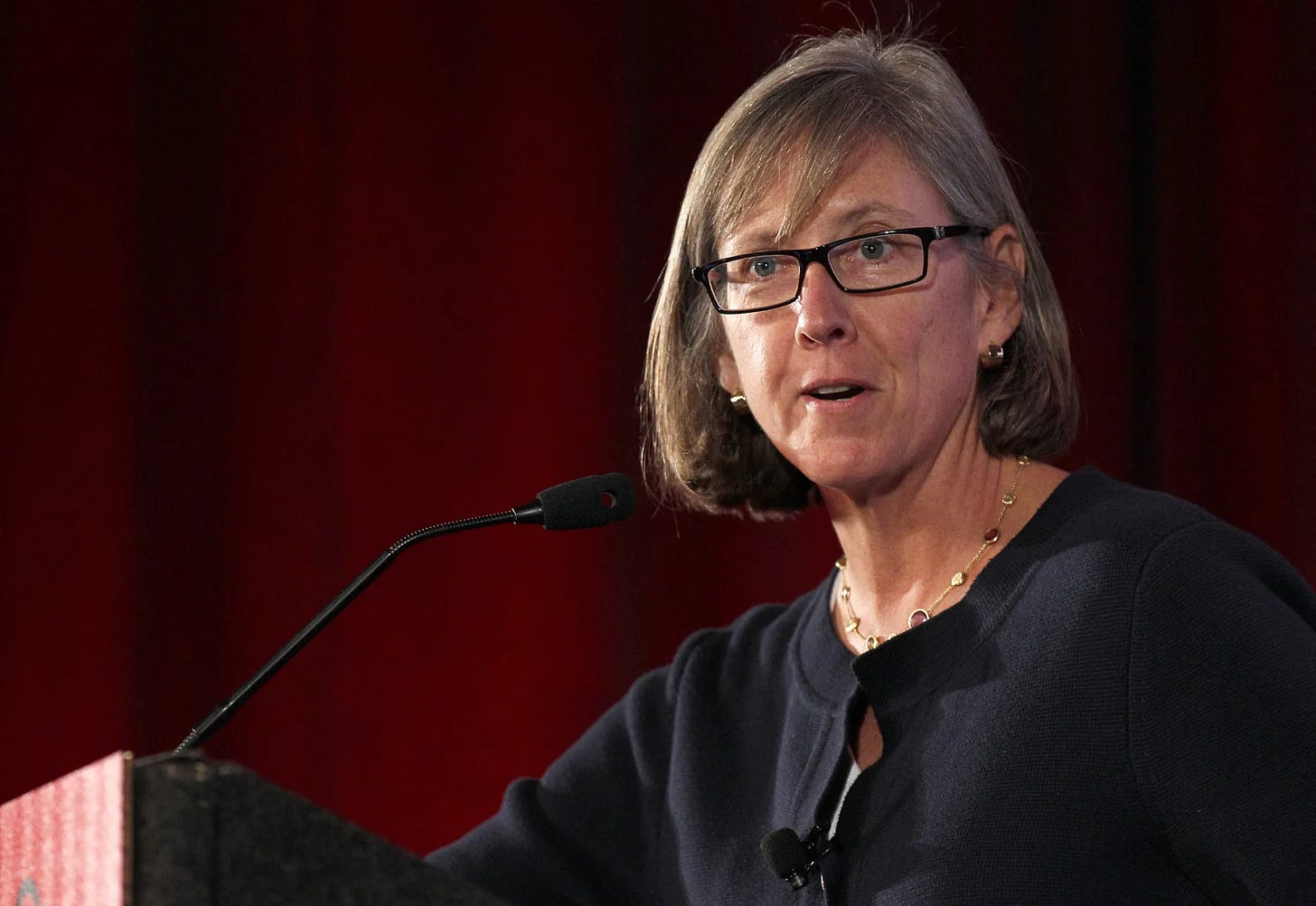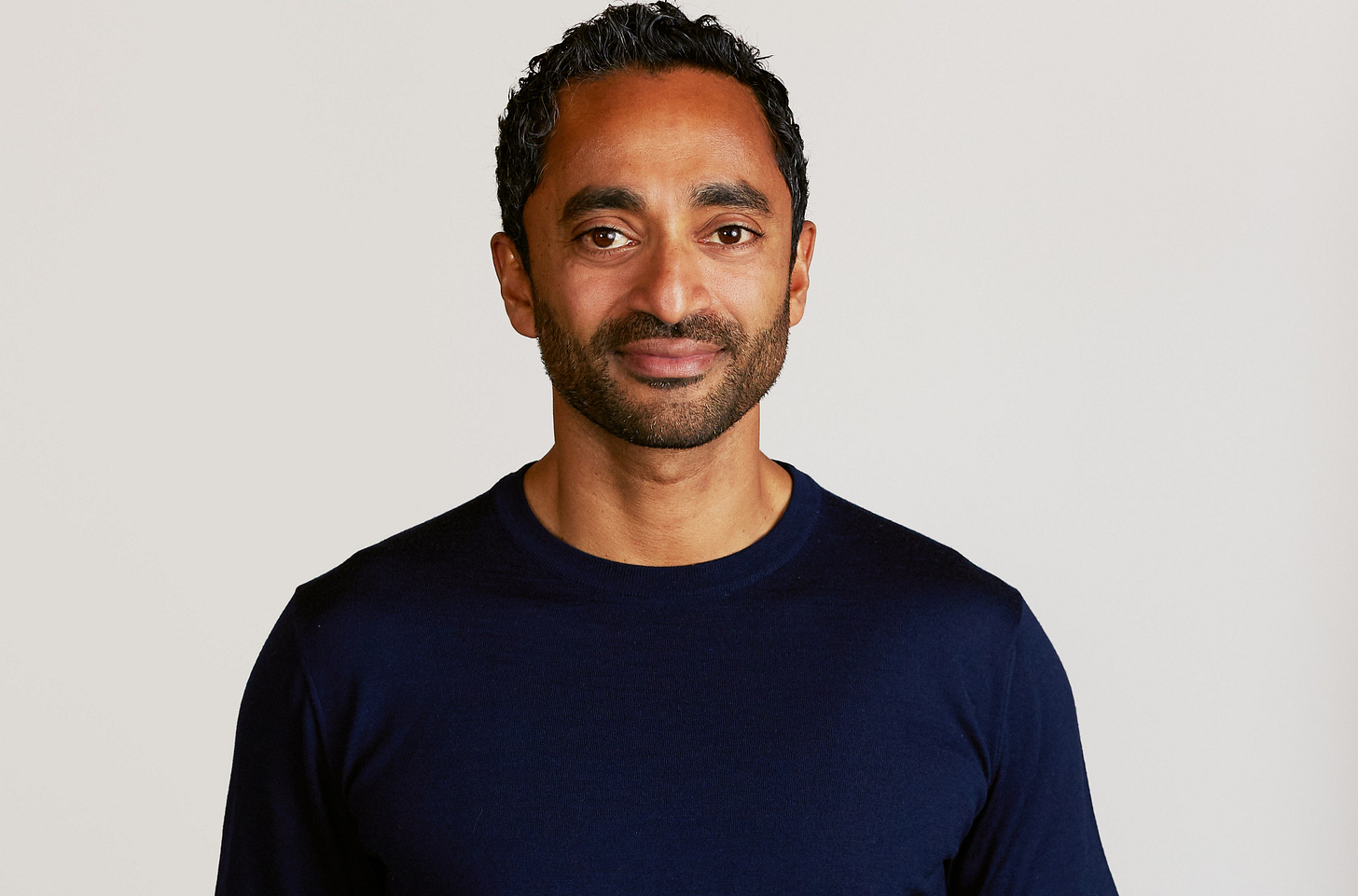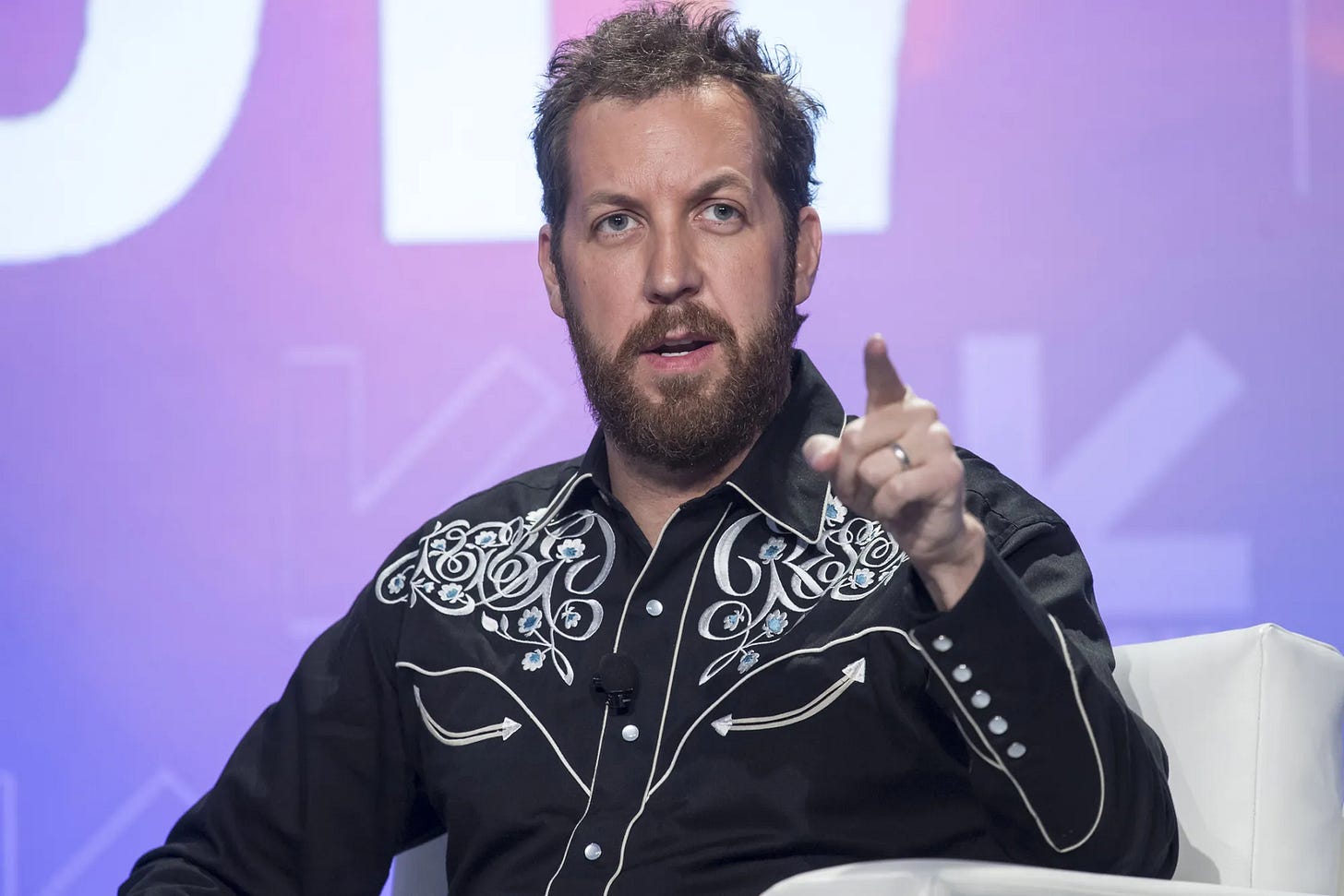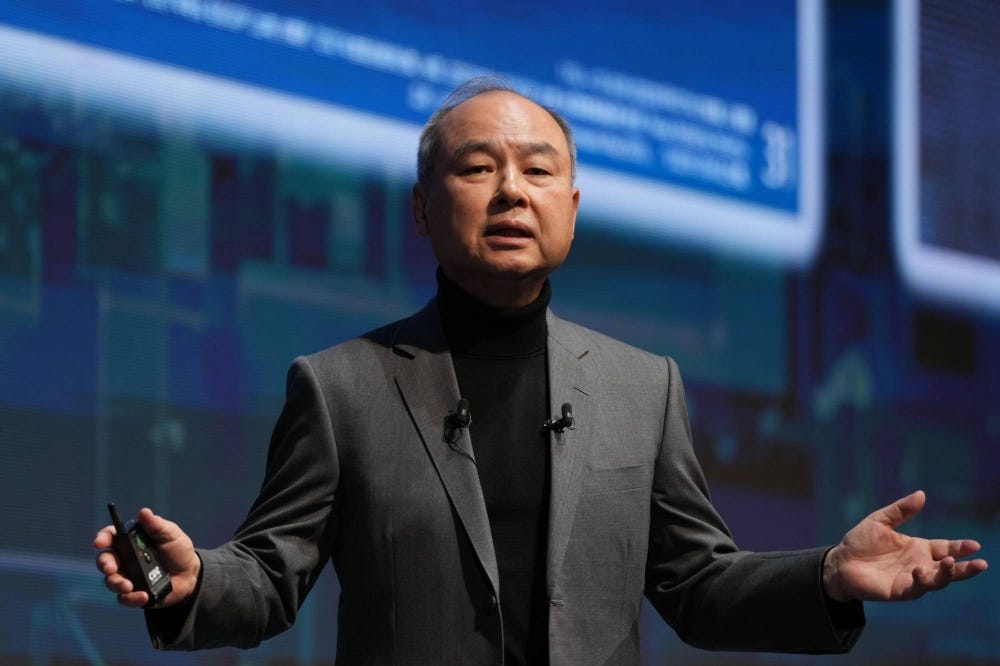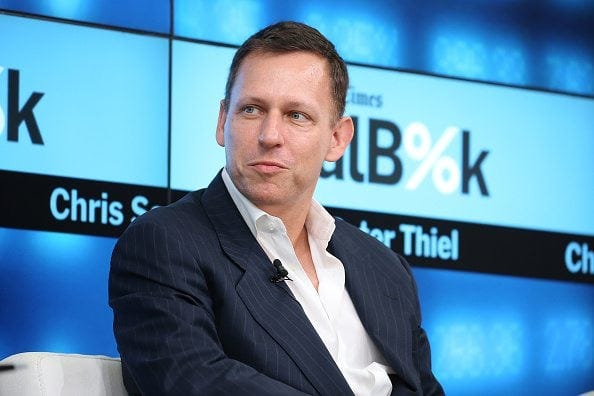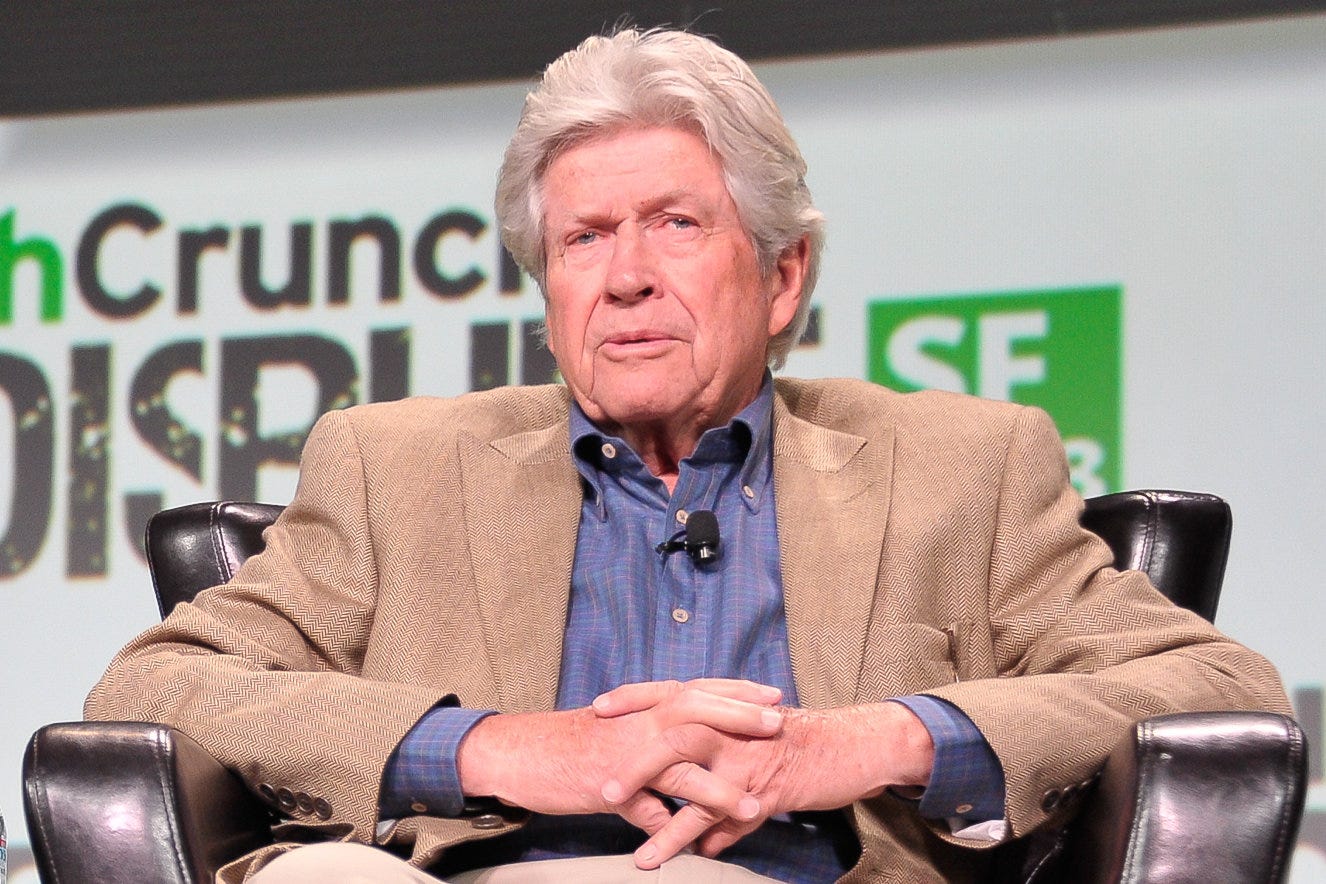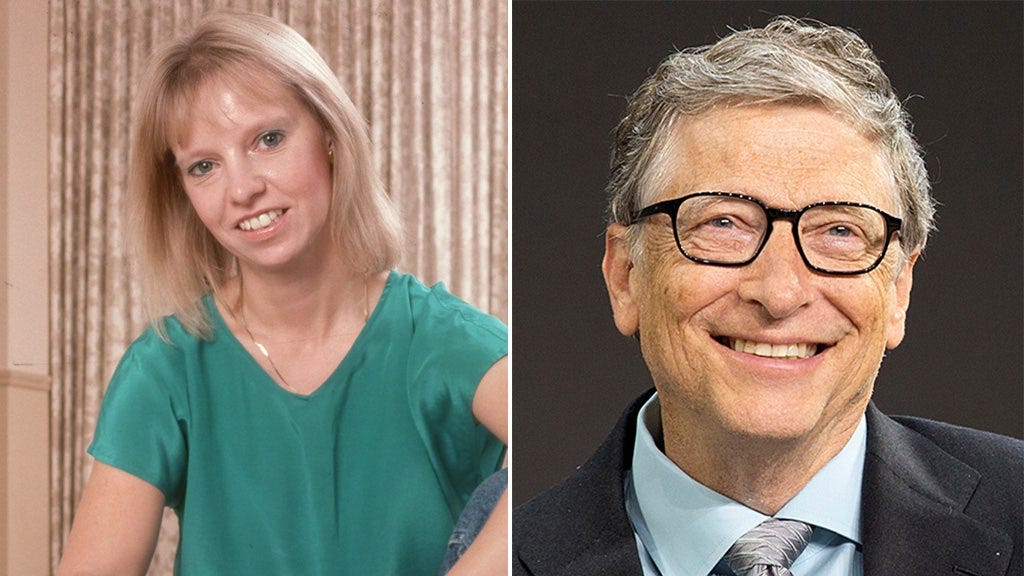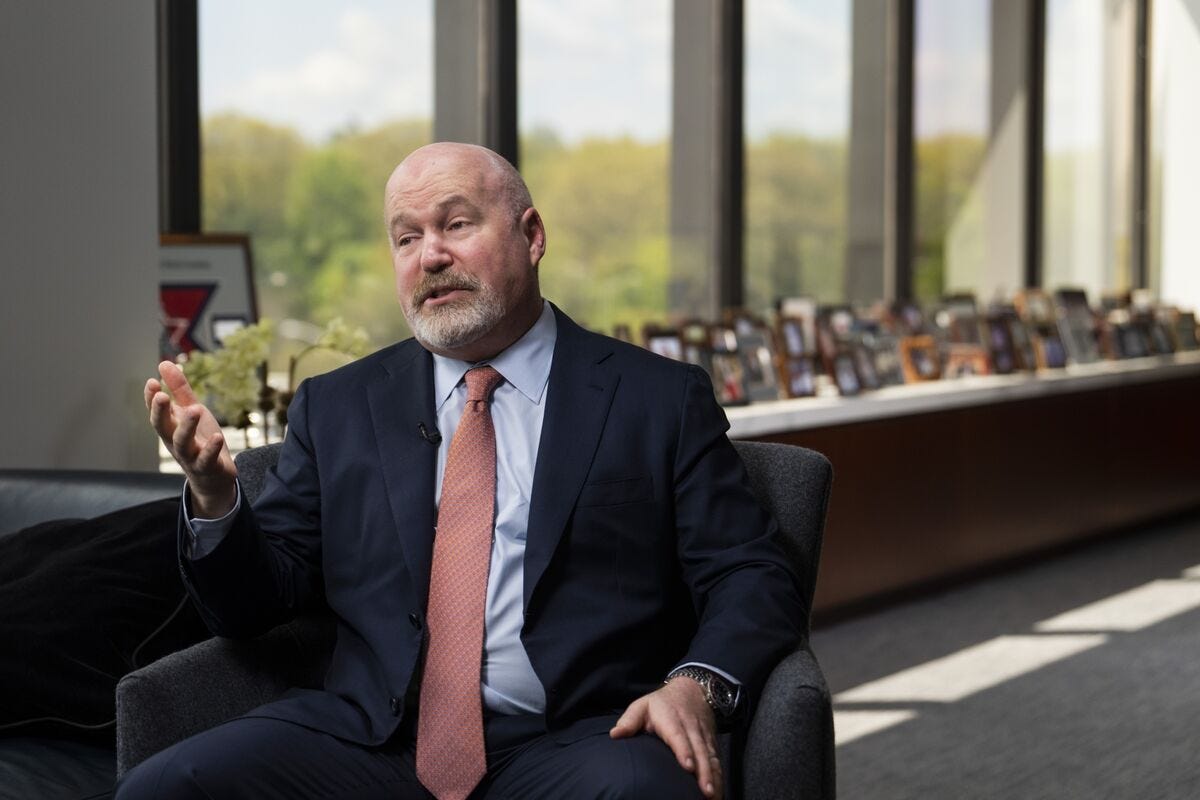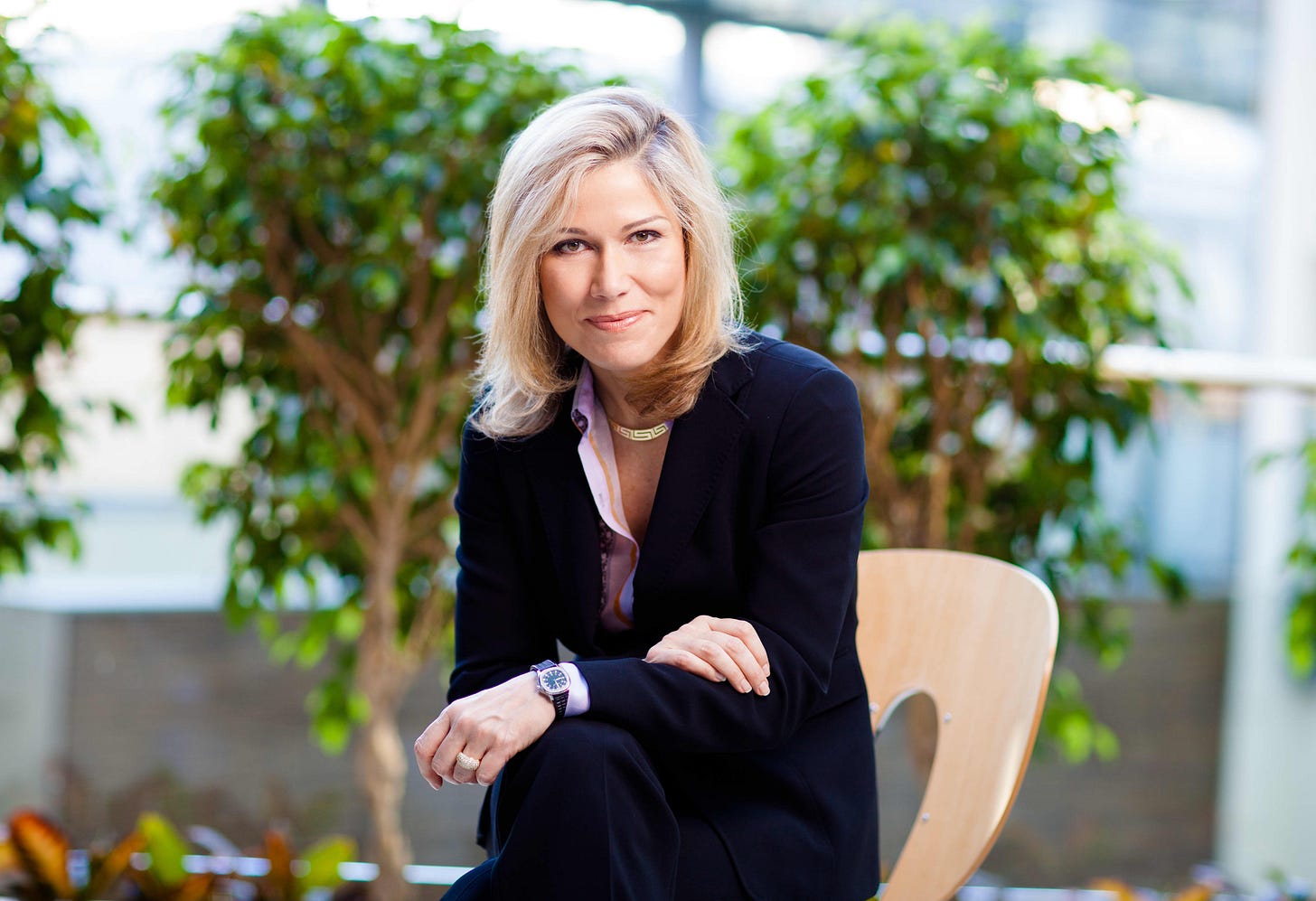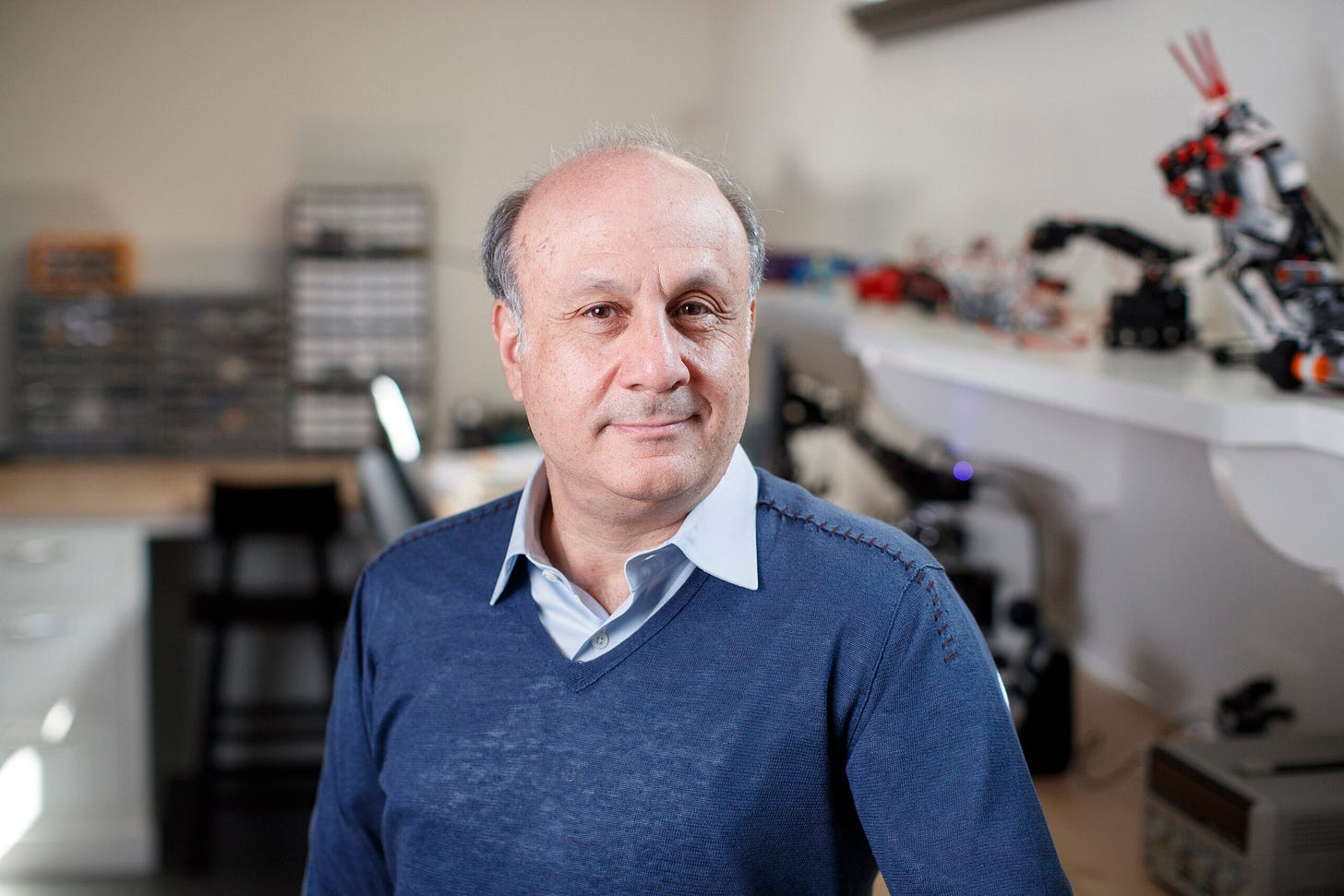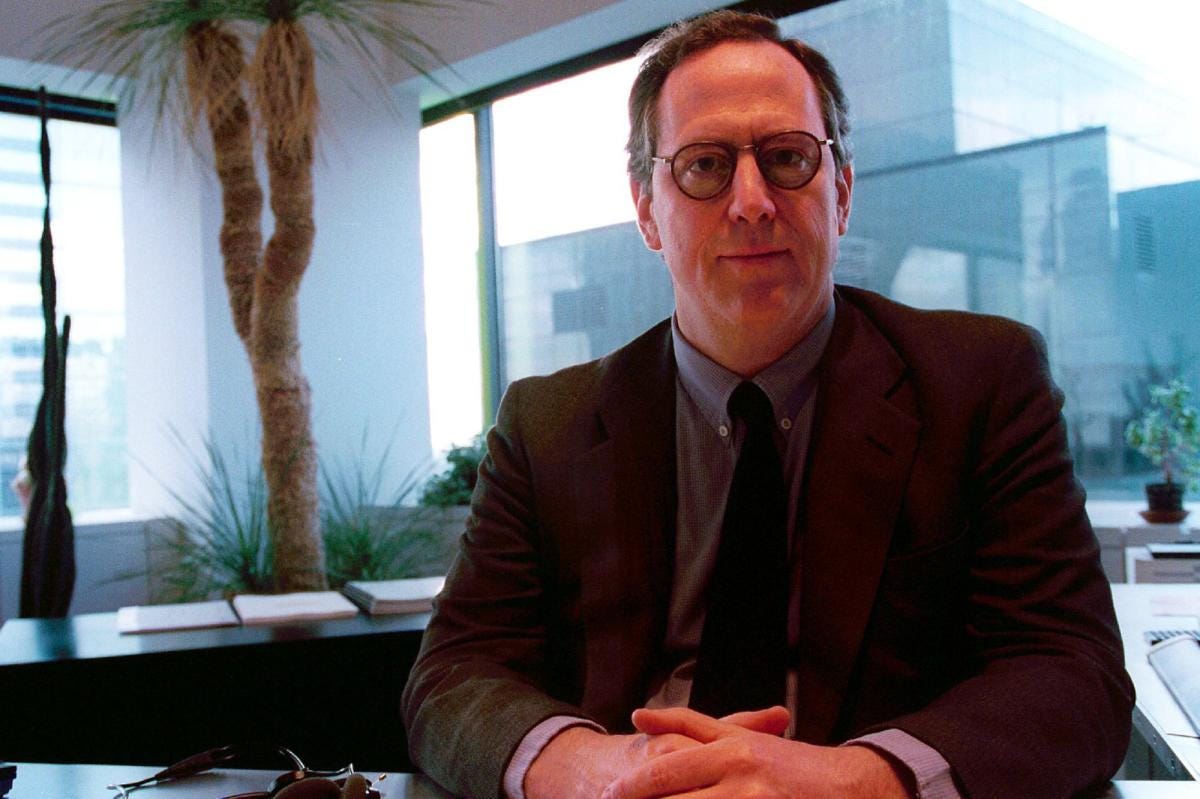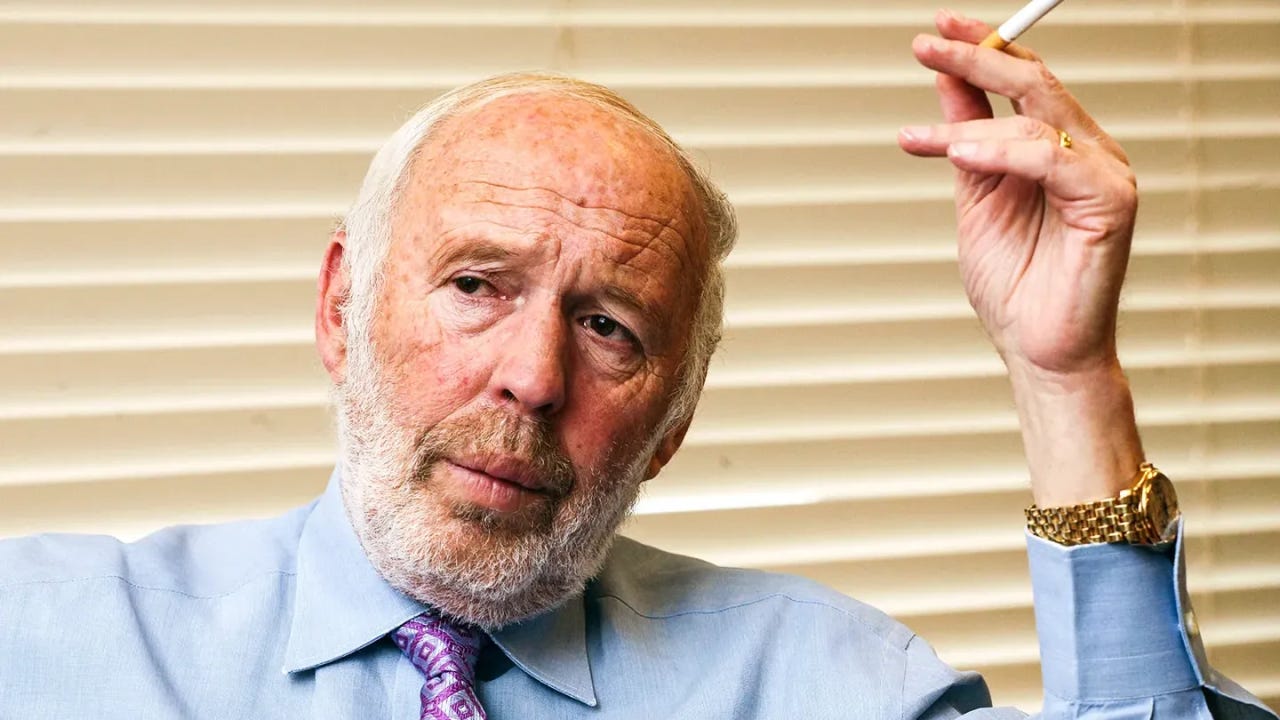Finance Hall of Fame
The OG
These are the legends who pioneered an asset class or a financial product.
Warren Buffett
Warren Buffett (b. 1930, Omaha, NE) is the chairman and CEO of Berkshire Hathaway. He is widely regarded as the most successful investor of the 20th century.
Buffett earned a degree from the University of Nebraska and a master’s in economics from Columbia University in 1951, where he studied under Benjamin Graham, the father of value investing.
From 1951 to 1954, Buffett worked at his father’s firm, Buffett-Falk & Co., as an investment salesman. Eager to work on Wall Street, he was dissuaded by both his father and Ben Graham. Buffett even offered to work for Graham for free, but Graham declined. Returning to Omaha, Buffett worked as a stockbroker while also taking a Dale Carnegie course to improve his public speaking.
In 1954, Buffett joined Graham-Newman Corp., where he worked closely with Walter Schloss. When Graham retired and closed the firm in 1956, Buffett had amassed over $174,000 in personal savings (about $2 million today). He returned to Omaha and that same year launched a series of investment partnerships.
With $105,000 under management, he compounded capital at ~30% per annum over 13 years before merging it into Berkshire Hathaway. Under his and Charlie Munger’s leadership, Berkshire evolved from a struggling textile company into a diversified holding giant spanning insurance, utilities, railroads, consumer products, and financial services. Its Class A shares have grown from $19 in 1965 to over $800,000—a 19.9% CAGR versus the S&P 500’s 10.4% CAGR (including dividends) over the same period.
Buffett is admired not only for his investment acumen but also for his clear writing and storytelling, as seen in his widely read annual letters to shareholders.
A proponent of index funds, Buffett has long advised that those unwilling or unable to manage their own investments should stick to low-cost passive strategies.
On May 3, 2025, during Berkshire’s annual meeting, Buffett announced he will retire at year-end and that Vice Chairman Greg Abel will succeed him as CEO—bringing to a close a six-decade run that made him the world’s most influential investor.
Jack Bogle
Jack Bogle was an American investor and the founder of Vanguard Group, known for popularizing the index fund.
Bogle was born in Montclair, NJ in 1929.
UG: Princeton University, Economics, magna cum laude
Walter L. Morgan, founder of Wellington Fund, hired Bogle after reading his thesis. Bogle joined Wellington, became assistant manager in 1955, and persuaded the company to diversify its fund strategy. By 1970, he had risen to chairman but was later fired for approving a poor merger decision, which he considered his biggest career mistake. This setback led him to form an index fund, adhering to Standard & Poor's indices, as the merger terms barred him from directly managing client money.
In 1974, Bogle founded The Vanguard Group. Influenced by economist Paul Samuelson, Bogle created the First Index Investment Trust in 1976, the precursor to the Vanguard 500 Index Fund, which initially received little attention. In 1984, he launched the Vanguard Primecap Fund with Primecap’s management.
Due to heart issues, Bogle stepped down as Vanguard CEO in 1996 and was succeeded by John J. Brennan, his handpicked heir and second-in-command, whom he had hired in 1982. Bogle returned to Vanguard as senior chairman but left in 1999 after conflicts with Brennan. He then founded the Bogle Financial Markets Research Center on Vanguard's campus.
Bogle distinguished between investment and speculation, believing that speculative trading based on market fluctuations rather than business fundamentals harmed the financial markets. He consistently promoted index funds over actively managed ones, arguing it was foolish to expect active funds to outperform low-cost index funds after fees. In the late 1990s, Bogle anticipated poor stock returns and better bond performance, selling most of his stocks. He advocated for simplicity in investing, summarizing his philosophy in eight rules.
Later in life, Bogle warned that the popularity of passive indexing could concentrate corporate voting power in a few large investment firms, which he believed was against the national interest.
Benjamin Graham
Benjamin Graham (1894-1976, b. London, UK) was a British-born American investor, widely regarded as the "father of value investing." His pioneering work in security analysis and investment philosophy laid the foundation for modern fundamental investing.
Graham graduated from Columbia University in 1914 and began his career on Wall Street. He later founded Graham-Newman Corp., a successful investment partnership that achieved approximately 20% annualized returns from 1936 to 1956, significantly outperforming the broader market. During this period, he also taught finance at Columbia Business School, where his students included Warren Buffett, who would go on to become one of the most successful investors in history.
In 1934, Graham co-authored Security Analysis with David Dodd, establishing a systematic framework for evaluating securities based on intrinsic value. His 1949 book, The Intelligent Investor, further refined his investment philosophy, introducing key concepts such as the margin of safety and the metaphor of "Mr. Market," which illustrated market psychology and behavioral finance. These principles became the foundation of value investing and continue to influence professional and retail investors worldwide.
Beyond his contributions to investment theory, Graham was an early advocate of shareholder activism. His involvement in the Northern Pipeline case highlighted the importance of uncovering undervalued assets and pushing for better corporate governance. He was the driving force behind the establishment of the profession of security analysis and the Chartered Financial Analyst designation.
Graham retired from active investing in 1956.
Graham’s most famous student, Warren Buffett, is among the world’s wealthiest individuals. His investment philosophy also shaped notable investors like Charles Brandes, William J. Ruane, Irving Kahn, Walter J. Schloss, Mario Gabelli, Seth Klarman, Howard Marks, John Neff, and Sir John Templeton, as well as hedge fund managers Bill Ackman, Whitney Tilson, and Nancy Zimmerman.
Alfred Winslow Jones
Alfred Winslow Jones was an Australian investor and hedge fund manager. He is regarded as the "father of the hedge fund industry" for inventing the concept of a hedge fund.
Jones was born in Melbourne, Australia, and moved to the United States when he was 4.
UG: Harvard University
Ph.D.: Sociology, Columbia University
During the 1940s, Jones worked for Fortune magazine where he wrote articles on non-financial subjects. In 1949, while conducting research for an article on the field of forecasting, Jones extensively studied stock market technicians and sought out investment approaches that offered better risk-reward than a fair game.
The research prompted him to try investing on his own. Two months after publishing the article, Jones established an investment partnership, A.W. Jones & Co., where he applied his own approach, which is now known as the factor-based approach to portfolio construction.
Jones is credited with coining the phrase "hedge fund," a structure he created in 1949. He combined two tools to develop what he considered a conservative investment strategy: using leverage to acquire more shares and utilizing short selling to mitigate market risk. By buying and selling an equal number of stocks, the value of the portfolio would be determined by the manager's decisions rather than the direction of the overall market.
Jones' fund circumvented the requirements of the '40s Act by limiting itself to 99 investors in a limited partnership. He chose to take 20% of the profits as compensation (similar to Phoenician sea captains who kept a fifth of the profits from successful voyages) and charged no fee unless he made a profit. These features remain core elements of hedge funds today. Jones' investors experienced losses in only 3 of 34 years.
In 1966, Carol Loomis published an article in Fortune magazine, popularizing the term "hedge fund." This led to a surge in interest, resulting in the creation of 130 hedge funds within the next three years, including George Soros's Quantum Fund and Michael Steinhardt's Steinhardt Partners.
Blythe Masters
Blythe Masters is a British private equity and fintech leader renowned for shaping modern financial instruments. A former JPMorgan Chase executive, she is credited with developing the credit default swap, a financial innovation that transformed risk management and capital allocation.
Masters was born on March 22, 1969, in Oxford, England. She graduated from Trinity College, Cambridge, with a B.A. in economics in 1991.
Masters joined JPMorgan in 1991 after interning there as a student and, by age 28, became the youngest woman promoted to managing director. In 1994, she played a pivotal role in devising risk-transfer tools to reduce the bank’s capital exposure, innovations that later evolved into broader applications like the BISTRO credit derivative structure. Despite their widespread adoption, derivatives gained infamy during the 2008 financial crisis, leading to scrutiny of their misuse. Masters defended the original intent of these tools, emphasizing the importance of responsible risk management. She publicly supported financial reforms aimed at improving transparency and systemic stability.
Over her 27 years at JPMorgan, Masters held roles including CFO of the Investment Bank and head of Global Commodities. Under her leadership, the bank became the top revenue earner in commodities before regulatory scrutiny prompted the sale of its physical commodities business. Masters departed JPMorgan in 2014 after facilitating the $3.5 billion sale.
From 2015 to 2018, Masters served as CEO of Digital Asset Holdings, a blockchain startup focused on modernizing settlement systems. She secured $100 million in funding from major financial institutions and spearheaded projects for clients like the Australian Securities Exchange. Masters later transitioned to a strategic advisor role at the company.
Masters is a founding partner at Motive Partners, a fintech-focused private equity firm, and the current Group CEO of FNZ, a wealth management platform.
Michael Milken
Michael Milken is a former investment banker. He is best known for developing and popularizing the high-yield debt (“junk bond”) market, for which he earned the nickname “junk bond king.”
Milken was born in 1946 in Encino, California. He earned a bachelor’s degree from UC Berkeley in 1968 and an MBA from the Wharton School of UPenn.
In 1969, Milken joined the investment bank Drexel Harriman Ripley as director of low-grade bond research. He was permitted to trade using some of the firm's capital. Milken had only four down months over the next 17 years.
In 1973, Drexel merged with Burnham and Company to form Drexel Burnham. Milken became the head of convertible. He persuaded his new boss to let him start a high-yield bond trading department – an initiative that earned the firm 100% ROI. By 1976, he was making $5 million of income a year. In 1978, Milken moved the high-yield bond operation to Century City in Los Angeles.
By the mid-1980s, Milken has established a giant network of buyers for high-yield bond, allowing Drexel to raise large amounts of money quickly. Drexel became the key enabler of corporate raiding and the firm's “highly confident letter,” despite carrying no legal status, was considered as good as cash, as a financing tool for corporate raiders.
In 1989, a federal grand jury indicted Milken on 98 counts of racketeering and fraud, some of which are tied to his dealing with Ivan Boesky and Boesky’s insider trading. Milken paid $200 million penalty, served 22 months in prison and accepted a lifetime ban from any involvement in the securities industry.
Milken is a survivor of advanced-stage prostate cancer. He is the chairman of the Milken Institute, a think tank.
Lewis Ranieri
Lewis Ranieri (b. Brooklyn, NY, 1947) is a pioneering figure in finance, widely recognized as the "father of mortgage-backed securities" for his transformative work in the 1970s at Salomon Brothers. His contributions to the creation and proliferation of securitization reshaped the U.S. housing finance system and established the foundation of the modern mortgage-backed securities (MBS) market.
Ranieri started college at St. John's University but left before completing his degree, later earning a BA in English in 1986.
Ranieri began his career in 1968 as a part-time mailroom employee at Salomon Brothers. Rising through the ranks, he became Vice Chairman and played a pivotal role in developing the firm's mortgage trading desk. In 1977, he spearheaded the creation of MBS, turning them into a viable investment product. His lobbying efforts, along with strategic innovations like collateralized mortgage obligations (CMOs), broke down legal and tax barriers, allowing Wall Street to become a major player in the housing market.
Ranieri's leadership was instrumental in driving regulatory changes, including the Secondary Mortgage Market Enhancement Act (1984) and provisions in the Tax Reform Act (1986), which propelled the mortgage-backed securities market to $150 billion. His work also popularized the hiring of quantitative experts in finance, further professionalizing and expanding the industry.
After leaving Salomon Brothers in 1987, Ranieri founded Hyperion Partners in 1988. Under his leadership, Hyperion acquired and revitalized Bank United of Texas, turning it into an $18 billion regional bank before its sale in 2001. In 2007, he co-founded Selene Finance LP, a mortgage servicer focused on helping homeowners avoid foreclosure, showcasing his commitment to addressing the challenges in the housing market.
Although mortgage-backed securities were later scrutinized for their role in the financial crisis of 2007–2010, Ranieri maintained that the concept of securitization was sound and criticized Wall Street for misusing the structure.
Harold Simmons
Harold Simmons (1931-2013, b. Golden, TX) was an American investor, entrepreneur, and pioneer of the leveraged buyout. Simmons revolutionized corporate finance with his "all debt and no equity" philosophy.
Simmons earned a BA in economics in 1951 and an MA in 1952, from the University of Texas at Austin. After completing his graduate studies, he began his career as a bank examiner for the U.S. government and later joined Republic National Bank in Dallas. These roles shaped his understanding of capital management and laid the groundwork for his future investment strategies.
In 1960, Simmons launched his entrepreneurial career by purchasing University Pharmacy, a small drugstore in Dallas, with $5,000 in savings and a $95,000 loan. Over the next decade, he expanded this single pharmacy into a chain of 100 stores, which he sold to Eckerd Corporation in 1973 for over $50 million. This sale marked Simmons’s entry into the financial services and investment industry.
Simmons became known for his bold and strategic acquisitions, including his widely publicized—but ultimately unsuccessful—takeover bid for Lockheed Corporation in 1989. He acquired nearly 20% of the company’s stock, citing opportunities to improve corporate governance and unlock value through its overfunded pension plan. This effort, though unsuccessful, solidified Simmons’s reputation as an investor.
By the 1990s, Simmons had diversified his portfolio across multiple industries. In 1997, he invested $5 million in T. Boone Pickens Jr.'s BP Capital Energy Commodity Fund, an investment that grew to $150 million by 2005.
By 2006, Simmons controlled five publicly traded companies listed on the New York Stock Exchange: NL Industries, Titanium Metals Corporation (the world’s largest producer of titanium), Valhi, Inc., CompX International, and Kronos Worldwide. These companies spanned chemicals, titanium production, waste management, and component products, showcasing Simmons's ability to navigate and lead diverse sectors.
Don Valentine
Don Valentine (b. 1932, The Bronx, NY) was a venture capitalist who is referred to as the “grandfather of Silicon Valley venture capital.” He was the founder of Sequoia Capital, one of the most prominent venture capital firms in the world.
Valentine graduated from Fordham University and began his career in Southern California as a sales engineer for Raytheon, an aerospace company.
After less than a year with the firm, Valentine joined Fairchild Semiconductor and built the firm’s sales team. Some of today’s semiconductor giants were spun off from Fairchild, including Intel, AMD and National Semiconductor (acquired by Texas Instruments).
Valentine then joined National Semiconductor as a senior sales and marketing executive. While at National, he made personal investments in tech companies and his “side hustle” caught the attention of Capital Group, one of the largest mutual fund companies in the world.
In 1972, Valentine founded the venture capital firm Sequoia Capital with the backing of Capital Group and formed its first fund in 1974. Sequoia was one of the original investors of Apple Computer and Atari after Valentine met Steve Jobs when Jobs was an engineer for Atari. Sequoia went on to make early investments in companies such as Oracle Corporation, Cisco, Electronic Arts, Google, YouTube, Nvidia, and many more.
In 1996, partners Michael Moritz and Doug Leone assumed leadership of Sequoia Capital.
Valentine passed away in 2019 at age 87.
Public Equity - Value
Michael Burry
Michael Burry is a hedge fund manager, best known for being among the first investors to predict and profit from the 2007 subprime mortgage crisis.
Burry was born and raised in San Jose, California. He lost his left eye to eye cancer.
UG: UCLA, Economics
MD: Vanderbilt University
During medical school, Burry studied investing during his off-duty hours. He got his MD but never finished his residency.
Burry gained recognition for his value stock picks, which he began discussing on Silicon Investor message boards in 1996. His insights drew attention from Vanguard, White Mountains Insurance Group, and Joel Greenblatt. He is a traditional Graham and Dodd-style value investor.
After shutting down his website in November 2000, Burry started the hedge fund Scion Capital, funded by an inheritance and loans from his family.
In its first full year, 2001, Scion made 55% versus an 11.88% decline in the S&P 500. The following year, Scion made 16% while the S&P 500 declined by 22.1%. In 2003, despite the S&P rising by 28.69%, Scion outperformed with a 50% return. By the close of 2004, Burry had to turn away investors after AUM soared to $600 million. Burry achieved these gains in part by shorting overvalued tech stocks during the dot-com bubble.
In 2005, Burry shifted his focus to the subprime market. By analyzing mortgage lending practices, he accurately foresaw the collapse of the real estate bubble by 2007. His research on residential real estate values convinced him that subprime mortgages, particularly those with "teaser" rates, and associated bonds would depreciate once initial rates were replaced by significantly higher ones, often within two years. He promptly bought CDS from firms like Goldman Sachs to short against vulnerable subprime deals.
However, Burry faced an investor revolt as some doubted his predictions. Despite this, his analysis proved accurate, resulting in a personal profit of $100 million and over $700 million for his remaining investors. Scion Capital achieved a net return of 489.34% from its inception in November 2000 to June 2008.
Leon Cooperman
Leon Cooperman is a billionaire hedge fund manager and the CEO of Omega Advisors.
Cooperman was born in the South Bronx, NY, in 1943, and he was the first in his family to attend college.
UG: CUNY Hunter College
After graduating, he became a quality control engineer at Xerox. Cooperman later received his MBA from Columbia Business School in 1967. He is a Chartered Financial Analyst.
Cooperman developed a passion for stock picking while at Columbia, especially in value investing. After class, Cooperman would race classmates Mario Gabelli and Art Samberg—future billionaire investors in their own right—to a payphone to call their shared stockbroker.
After his MBA, Cooperman joined Goldman Sachs. He spent 22 years in the Research Department as a partner-in-charge, Co-chairman of the Investment Policy Committee, and Chairman of the Stock Selection Committee. In 1989, he became Chairman and CEO of Goldman Sachs Asset Management and was the Chief Investment Officer of the equity product line. Cooperman was voted the II #1 portfolio strategist for nine years in a row.
At the end of 1991, Cooperman retired from Goldman Sachs. The next day, he launched Omega Advisors, Inc. The firm focused on value investing using broad and deep research.
While Cooperman is mostly a bottom-up investor, he uses macroeconomic analysis led by longtime top deputy Steve Einhorn to inform how much risk to take and when to dabble in other asset classes, such as international stocks, bonds, currencies, commodities, and equity indexes. The firm also shorts stocks, but the vast majority of its historical profits have come from the long side.
Those close to Cooperman credit his work ethic for Omega's success. Cooperman has taken only one two-week vacation in his entire career. Cooperman is a tough boss and once said, “You have to bring a total commitment to the business or you don't belong. Premium fees demand premium performance.”
Notable Omega alums:
Larry Robbins, Glenview Capital
David Fiszel, Honeycomb Asset Management
Michael Zimmerman, Prentice Capital
Brian Zied, Charter Bridge Capital
Steven Eisman
Steven Eisman is an American investor famous for profiting from the 2007-2008 US housing bubble collapse. Born in New York City in 1962, he graduated magna cum laude from UPenn in 1984 and earned his J.D. with honors from Harvard Law School in 1988.
Eisman’s parents, brokers at Oppenheimer, arranged a position for him at the firm as an equity analyst after he became dissatisfied with his law career. Due to anti-nepotism rules, they covered his first year's salary.
Eisman gained fame by betting against collateralized debt obligations at FrontPoint Partners, a hedge fund within Morgan Stanley. By 2010, he managed over $1 billion and gained prominence after being profiled by Michael Lewis.
He left FrontPoint Partners in 2011 due to investor withdrawals following an insider trading investigation.
At the 2010 Ira Sohn Conference, Eisman criticized the for-profit education industry, including Apollo Education Group, comparing their loan practices to the subprime mortgage industry during the housing bubble.
After the Department of Education tightened regulations, the for-profit education industry accused Eisman of trying to illegally influence the government. Following his Senate testimony, Eisman was criticized by groups like CREW, which was later found to have received payments from a for-profit university founder. An Inspector General review found no improper disclosure of information by the Department.
By the end of 2018, two for-profit university systems had become defunct due to reduced enrollment and loss of eligibility for government student loan programs.
In March 2012, Eisman founded Emrys Partners with $23 million in seed capital. The fund returned 3.6% in 2012 and 10.8% in 2013, both underperforming the market. In July 2014, Eisman shut down the fund, citing that focusing solely on company fundamentals was no longer a viable investment strategy.
In September 2014, Eisman joined Neuberger Berman as a managing director and portfolio manager for the Eisman Group. The group, which includes his parents as partners, manages stock portfolios for wealthy clients.
David Einhorn
David Einhorn is the founder of Greenlight Capital.
Born in New Jersey, Einhorn graduated summa cum laude with a BA in Government from Cornell University in 1991. He began his career in investment banking at DLJ. In 1993, he joined the hedge fund Siegler, Collery & Co.
In 1996, Einhorn founded Greenlight Capital, a long/short value-oriented hedge fund, with less than $900,000 (easier times huh). At its peak, Greenlight managed $12 billion of assets.
In May 2002, Einhorn recommended shorting Allied Capital, a BDC (Business Development Company) that invests in small and mid-sized businesses, at the Sohn Investment Conference.
The company’s stock dropped 20% the next day. Einhorn pointed out the company was defrauding the Small Business Administration while Allied accused him of market manipulation.
In 2007, the SEC found Allied Capital broke securities laws related to the accounting and valuation of loans on its balance sheet. Einhorn published a book on his 6-year fight against Allied, Fooling Some of the People All of the Time.
In November 2007, Einhorn recommended shorting Lehman Brothers stock at Value Investing Congress. In April 2008, after Bear Stearns had to be bailed out by the Federal Reserve, he announced his short position on Lehman. After a private conference call with Lehman’s CFO Erin Callan, Einhorn publicly criticized Callan and the stock fell sharply. Callan was fired a few weeks later. Lehman declared bankruptcy in September 2008.
In the recent decade, Greenlight generated poor investment returns. The fund dropped 20%+ in 2015, caused by a concentrated position in SunEdison (which went bankrupt). Some investors criticized Einhorn for not embracing high-growth stocks, but Einhorn stayed on his course.
Greenlight is also hit hard on the short side by high growers such as Tesla.
In May 2024, James Fishback, a former employee, sued Greenlight for defamation over his job title. Fishback claimed he worked as “head of macro” at the fund, but Greenlight Capital claimed that position never existed. The controversy was covered by various news outlets.
Mario Gabelli
Mario Gabelli is a billionaire stock investor and the CEO of GAMCO Investors.
Gabelli was born in The Bronx in 1942. He has said he read market reports for fun when he was very young and bought his first stock at the age of 13.
UG: Fordham
MBA: Columbia Business School (taught by Roger Murray, co-author of the Fifth Edition of Security Analysis), 1967
After MBA, Gabelli worked as a security analyst at Loeb, Rhoades & Co., covering farm equipment, auto parts conglomerates, and later, media and broadcasting. He rated companies not by earnings but by cash flow, analyzing a firm in great detail to calculate what he called private-market value. This value was not the share price at which a stock was selling on an exchange, but the price per share someone would be willing to pay to buy the whole company.
In 1976, Gabelli formed Gabelli & Co., an institutional brokerage house, with borrowed funds and money he had accumulated trading his own account.
Soon after, Gabelli formed Gabelli Investors (later GAMCO Investors) to manage money for clients. Gamco is credited with inventing the private market value with a catalyst investment philosophy, seeking to identify mispriced companies with strong businesses and the presence of a catalyst that can surface value.
In February 1999, GAMCO went public.
Joel Greenblatt
Joel Greenblatt is a value investor who founded Gotham Capital, a value-oriented hedge fund that earned an average of a 30% annual return net of fees for 10 years.
Greenblatt was born in 1957 in Great Neck, New York. He received his bachelor’s degree, summa cum laude, and his MBA from UPenn’s Wharton School. He pursued a law degree at Stanford Law School for a year before dropping out to pursue a finance career.
In 1985, Greenblatt started Gotham Capital, a hedge fund, with $7 million, most of which was provided by the "junk-bond king" Michael Milken. Between 1985 and 1994, Gotham generated a 30% annualized return net of all fees. Greenblatt specialized in "special situations" investing, such as spinoffs and other corporate events. In 1995, Gotham returned all capital of about $500 million to outside investors.
In 2000, Gotham Capital provided $1 million to help Michael Burry start his hedge fund Scion Capital after Greenblatt discovered Burry’s writings on Silicon Investor, a tech stock discussion website. Gotham invested over $100 million in Burry’s fund over time. However, in 2006, the relationship between Greenblatt and Burry became contentious when Greenblatt disagreed with Burry’s bet against the mortgage market. Greenblatt tried to withdraw Gotham’s capital, but Burry prevented the withdrawal until after a year.
Greenblatt eventually benefited from Burry’s call as the 2008 crisis broke out, but Greenblatt still withdrew capital from Scion.
Greenblatt co-founded Value Investor Club, an online community where members exchange value and special situation investment ideas. Free members can access ideas with a 45-day delay. Full members must contribute a minimum of two ideas per year to have live access. Gaining full membership is very difficult.
Greenblatt has written three books. His first book, "You Can Be a Stock Market Genius," is a must-read for anyone who wants to practice special situation investing.
Seth Klarman
Seth Klarman is the billionaire value investor and founder of The Baupost Group, based in Boston.
Klarman graduated from Cornell University in 1979 with a bachelor’s degree. He also holds an MBA from Harvard Business School in 1982 where he was a Baker Scholar, awarded to the top 5% of the graduating class.
In the summer of his junior year in college, Klarman interned at the Mutual Shares where he was introduced to Max Heine and Michael Price, the latter went on to be Klarman’s boss and mentor. After working at the Mutual Shares for 18 months, Klarman decided to attend Harvard Business School (HBS), where he was classmates with Jeff Immelt (ex-CEO of GE), Stephen Mandel (Lone Pine Capital), and Jamie Dimon (CEO of J.P. Morgan.)
After graduating from HBS, Klarman founded The Baupost Group with Harvard Professor William J. Poorvu and partners Howard H. Stevenson, Jordan Baruch, and Isaac Auerbach. The fund started with $27 million in capital and Klarman had a low salary of $35,000 a year. Today Baupost manages about $27 billion.
Early on in his career, Klarman used to ask Goldman Sachs salespeople so many questions regarding their thoughts on the markets that they were afraid to pick up the phone if they saw that Baupost was calling.
Klarman is a value investor. He published his only book Margin of Safety (on value investing book list in profile link) which was originally priced at $25 a copy. Now a used copy sells for up to thousands of dollars because it is out of print.
Bill Miller
Bill Miller is a billionaire value investor. Despite founding his own investment firm, Miller Value Partners, he is most known for running Legg Mason's Value Trust mutual fund, where he achieved after-fee returns that outperformed the S&P 500 for 15 consecutive years from 1991 to 2005.
Miller was born in Laurinburg, North Carolina, in 1950.
UG: Economics, Washington and Lee University
Ph.D.: Philosophy, Johns Hopkins University
Miller began his investment career as a security analyst at Legg Mason in 1981, having previously worked as a treasurer for a manufacturer of products for the steel and cement industries. He earned his CFA designation in 1986 and subsequently took on the role of managing the Legg Mason Value Trust mutual fund.
Under Miller's management, Value Trust consistently outperformed the S&P 500 for 15 consecutive years, and the fund's assets under management grew from $6.8 million to $20 billion by 2007. In 2007, he was elected Chairman of the firm and also served as its Chief Investment Officer.
However, Value Trust faced significant losses during the 2008 Financial Crisis due to its overexposure to financial stocks. Despite a strong rebound in 2009, Miller struggled to consistently outperform the market in subsequent years. In 2011, he stepped down as the portfolio manager of Value Trust and handed the role to Sam Peters.
During this time, the heavy losses in Value Trust, coupled with his divorce settlement, significantly reduced Miller's personal fortune by 90% in a matter of months. However, his earlier investments in Amazon and bitcoin proved to be fruitful. Miller had purchased a substantial amount of Amazon stock during the dot-com bubble when it was trading at less than $40 per share. Additionally, he made early investments in bitcoin at an average cost of $500. Thanks to these prescient moves, Miller is now a billionaire.
Larry Robbins
Larry Robbins is an American billionaire hedge fund manager and the founder of Glenview Capital Management. Born in 1969 in Arlington Heights, Illinois, Robbins graduated with honors from the Jerome Fisher Program in Management and Technology at the University of Pennsylvania in 1992. He earned dual degrees in Engineering and Business.
Throughout college, Robbins was a standout hockey player, serving as captain of the University of Pennsylvania's club team for three years. He also became a Certified Public Accountant in 1991 in Illinois.
After graduation, Robbins began his career at Gleacher & Company, a New York-based mergers and advisory boutique. He later joined Leon Cooperman at Omega Advisors, despite having no prior public market experience. Cooperman took a chance on Robbins, who spent six years as an analyst and partner on the US equity long/short team. Reflecting on his early days, Robbins recalled Omega's rough year in 1994, noting, "I was so young and inexperienced that I didn’t realize how risky that was. But nonetheless, I got a great education."
In 2000, Robbins left Omega to start Glenview Capital Management, naming the firm after the suburban Chicago hockey area where he began playing at age five. His big break came in 2012 when he made a successful bet on hospital companies he believed would benefit from Obamacare. The following year, Robbins made headlines by leading a campaign to replace the entire board of directors at Health Management Associates (HMA), earning Glenview and its clients an 84.2% return in a single year. This success significantly boosted the firm's assets under management and established Robbins as a powerful activist investor in the healthcare sector.
In 2014, Robbins earned a reported $570 million, further solidifying his reputation. Unlike many hedge funds, Robbins is known for holding stocks for the long term and avoiding stop-losses. However, after several strong years, Glenview faced a challenging period with consecutive years of underperformance, leading to significant asset losses as it worked to recover its high-water mark.
John Rogers
John Rogers is an American investor and the founder of Ariel Investments, the largest minority-run mutual fund firm in the U.S. Rogers was born on the South Side of Chicago, IL, in 1958.
Rogers graduated from Princeton University with a BA in Economics and was the captain of the 1979-80 Ivy League co-champion Princeton Tigers men's basketball team under Hall of Fame coach Pete Carril, who popularized the “Princeton offense.”
After graduation, Rogers worked for William Blair as a stockbroker in Chicago.
In 1983, Rogers founded Ariel Investments with money from friends and family, focusing on patient, value investing in small- and medium-sized companies. The Ariel fund went public on November 6, 1986.
Today, Ariel manages $15 billion in assets with offices in Chicago, New York, San Francisco, and Sydney, employing over 130 people. The firm is over 95% employee and board-owned.
In August 2003, Rogers beat Michael Jordan in a game of one-on-one at Michael Jordan's Senior Flight School in Las Vegas. The camp, attended by affluent businessmen in the early 2000s, had a registration fee of $15,000.
The Wall Street Journal posted a video in 2008 of a glasses-wearing Rogers driving and scoring on Jordan, winning 3-2 in a game of make-it, take-it after Jordan's last season with the Washington Wizards.
Robert Rubin
Robert Rubin served as the 70th U.S. Secretary of the Treasury. Prior to his government service, Rubin worked for Goldman Sachs for 26 years.
Rubin was born in 1938 in New York City and moved to Miami at an early age.
UG: Harvard College, A.B. in Economics, summa cum laude
Masters: London School of Economics; Yale Law School, LL.B.
After law school, Rubin worked as an attorney for two years before joining Goldman Sachs as an associate in the risk arbitrage department. Eventually, Rubin ran Goldman Sach’s stock and bond trading business and became co-chairman in 1990.
In 1994, Bill Clinton nominated Rubin as Treasury secretary. During Rubin’s time, the U.S. enjoyed economic prosperity with strong growth, near full-employment and bullish stock market while avoiding inflation. In 1999, Lawrence Summers succeeded Rubin as the new Treasury secretary.
In 1998, Rubin and Fed Chairman Alan Greenspan opposed giving Commodity Futures Trading Commission (CFTC) oversight of over-the-counter credit derivatives, which was proposed by then head of CFTC, Brooksley Born. As many of you know, derivatives went on to be a major problem during the 2007-2008 Financial Crisis.
In his biography, Rubin always believed the systemic risks derivatives could pose. Rubin also thought that many users of derivatives did not fully understand the risks they were taking (ask AIG about that). However, he believed the politics would have made regulation impossible. In an ABC interview in 2010, President Clinton said Rubin was wrong in the advice he gave him not to regulate derivatives.
Many who worked for Rubin at Goldman Sach’s risk arbitrage group founded their own successful hedge funds. They include Edward Lampert (ESL), Richard Perry (Perry Capital, shut down), Tom Steyer (Farallon Capital), Daniel Och (Sculptor, previously known as Och-Ziff), Eric Mindich (Eton Park, shut down), Dinakar Singh (TPG-Axon), and Frank Brosens (Taconic)
Thomas Steyer
Thomas Steyer is a billionaire hedge fund manager. Steyer was born in Manhattan in 1957. He graduated summa cum laude from Yale University in 1979 with degrees in economics and political science (Phi Beta Kappa, captain of the soccer team, member of the Wolf's Head Society).
After graduation, Steyer worked in investment banking at Morgan Stanley, earned an MBA from Stanford as an Arjay Miller Scholar (top 10%), and then joined Goldman Sachs in risk arbitrage under Robert Rubin. He later became a partner at the private equity firm Hellman & Friedman.
In 1986, Steyer founded Farallon Capital. He pioneered what would later be recognized as an "event-driven" hedge fund strategy. His Goldman Sachs-learned approach involved capitalizing on takeover announcements. When a bid was made, the target stock often surged towards the offer price. For example, a $30 stock might rise to $38 on a $40 bid. The choice then was to buy and potentially gain $2 if the merger succeeded or risk losing $8 if it fell through. Success relied on predicting regulatory actions, shareholder sentiment, and possible higher bids.
Steyer approached his work with intense dedication, occasionally excessive. Normally, Steyer would arrive at the office by 5:30 AM. After experiencing losses in the 1987 crash, he began arriving at work as early as 3:00 AM.
After Drexel Burnham Lambert filed for bankruptcy in 1990, Steyer bought a substantial portion of its debt at low prices. When he sold his stake in 1993, Farallon’s portfolio gained 35%. This move allowed Steyer to profit from both the mergers financed by Drexel's bonds and the firm’s collapse.
Steyer's strong performance impressed Yale's endowment manager David Swensen. Swensen met Steyer in San Francisco in the fall of 1989, and by January 1990, Yale invested $300 million in Farallon, boosting the fund's capital to $900 million.
Steyer ran for U.S. president in 2020. As a self-funded candidate, he invested heavily in campaign advertising. After finishing third behind Joe Biden and Bernie Sanders on February 29, 2020, he suspended his campaign.
John Paulson
John Paulson is a billionaire hedge fund manager worth $3 billion. He became famous in 2007 for using credit default swaps to bet against the U.S. subprime mortgage lending market, for which he earned $4 billion personally on this trade.
Paulson was born in 1955 in Queens, New York.
UG: Finance, summa cum laude, NYU, 1978
MBA: Harvard Business School, Baker Scholar (top 5% of class), 1980
After his MBA, Paulson worked at Boston Consulting Group and then left to join Odyssey Partners, a hedge fund that grew to $3 billion AUM at its peak. He then moved to Bear Stearns working in the M&A department and then to the hedge fund Gruss Partners LP, where he was a partner.
In 1994, Paulson founded his own hedge fund, Paulson & Co. with $2 million and one employee. He rented office space from Bear Stearns. By 2003, his fund had grown to $300 million AUM. Paulson & Co. specializes in event-driven investing that includes M&A, spinoffs, proxy contests, etc.
Paulson became famous globally in 2007 by shorting the US housing market via credit default swaps on mortgage-backed securities. In 2010, he set another record by making ~$5 billion in a single year on a gold trade, but his flagship fund fell sharply in 2011 due to losing investments in major commercial banks and the fraudulent Sino-Forest Corporation.
Public Equity - Growth
Lee Ainslie
Lee Ainslie is the founder of Maverick Capital. He was born in Alexandria, VA in 1964. He graduated from the University of Virginia in 1986 and holds an MBA from UNC Kenan-Flagler Business School in 1990.
At UNC, Ainslie got to work on the same board with Julian Robertson, after which Robertson offered him to join Tiger Management when Ainslie originally intended to join Goldman Sachs.
At Tiger Management, Ainslie initially worked under Stephen Mandel, who was already a well-respected investor who later founded Lone Pine Capital. Ainslie thought his first performance review was going to go horribly. Instead, he received a handsome bonus and was promoted to Head of Technology, a promotion vouched for by Mandel.
Ainslie is a “Tiger Cub”, one of the protégés of Julian Robertson who founded their own hedge fund.
In 1993, Ainslie was approached by billionaire Sam Wyly to start a hedge fund. Ainslie didn’t think he was ready but realized opportunity doesn’t come the second time. Therefore, Ainslie went for it and launched Maverick Capital with $38 million, most of which came from the Wyly family.
At first, Maverick had trouble gaining investor interest and the name “Maverick” didn’t help, which Ainslie chose because he was living in Dallas at the time and the name appealed to him. Unfortunately, investors associate the name with reckless risk-taking.
Maverick had a few years of strong performance after launch, which led to asset growth that made the business viable.
Read my deep dive on Maverick Capital in my newsletter linked in my profile.
Maverick alums with their own funds include:
John Fichthorn, Dialectic Capital
Prashanth Jayaram, Tri Locum Partners
Mike Pausic, Foxhaven Asset Management
Rishi Renjen, ROAM Global Management
Andrew Warford, Estuary Capital
Ronald Baron
Ronald Baron (b. 1943, Asbury Park, NJ) is an American billionaire mutual fund manager and the founder of Baron Capital, a growth-oriented investment firm that manages the Baron Funds.
He earned a chemistry degree from Bucknell University before attending George Washington University Law School at night on scholarship. His career began at the United States Patent Office before he transitioned to Wall Street in 1969.
From 1970 to 1982, Baron worked as an institutional securities analyst at various brokerage firms, selling research with a business partner. While his recommendations often led to stocks doubling or tripling in value, his commission-based compensation model encouraged short-term sales rather than long-term investment. This experience shaped his investment philosophy, emphasizing holding durable, competitively advantaged growth companies for the long term.
In 1982, Baron founded Baron Capital with an initial book value of $100,000 and a small office. That same year, he hired two employees, including Susan Robbins, who remains with the firm as a senior research analyst. His long-term, small-cap-focused investment strategy quickly gained attention, earning coverage in publications such as Barron's and The Wall Street Journal.
Under his leadership, Baron Capital grew into a widely respected investment firm known for its disciplined, long-term approach. In 1993, the firm launched the Baron Investment Conference, an annual shareholder event that has featured major musical acts such as Elton John, the Beach Boys, and Lionel Richie.
Beyond investing, Baron made headlines in 2007 for purchasing a $103 million home in East Hampton, New York, then the most expensive residential property sale in U.S. history.
Chase Coleman III
Chase Coleman III is the billionaire founder of Tiger Global Management with a net worth of $8.5 billion. He attended Deerfield Academy and graduated from Williams College in 1997. Coleman is a descendant of Peter Stuyvesant, the last Dutch governor of New York.
Coleman grew up with Julian Robertson’s son, Spencer, in Glen Head, New York on Long Island. After graduation, Coleman worked for Julian Robertson at Tiger Management as a tech analyst.
When Robertson closed Tiger Management in 2000, he gave the 25-year-old Coleman $25 million to manage. Coleman named the fund Tiger Technology Management which he later changed to Tiger Global.
Founded after the burst of the dot-com bubble, Tiger Global got off to a strong start, generating a 52% return in 2001. Coleman attributes the firm’s early success to Scott Shleifer, a Tiger Global partner, who invested in Sina Corp, Sohu.com, and NetEase, dubbed “the Yahoos of China” in late 2002, which multiplied their initial investment by mid-2003.
In 2003, Scott Shleifer led Tiger Global's expansion into the private market. From 2007 to 2017, the firm raised the most amount of capital among venture capital firms.
In 2022, Tiger Global suffered significant losses with the hedge fund (long-short) and long-only fund declining 56% and 67% respectively. The hedge fund rebounded with a 29% return in 2023.
Tiger Global alums who started funds include:
Andrew Bellas, General Equity Holdings
Alex Captain, Cat Rock Capital Management
Wang Chen, Serenity Capital
Feroz Dewan, Arena Holdings
Amit Doshi, Harbor Spring Capital
Lee Fixel, Addition
Karthik Sarma, SRS Investment Management
Joseph Edelman
Joseph Edelman is a billionaire hedge fund investor. He is the founder and CEO of Perceptive Advisors, a hedge fund specializing in life sciences.
UG: UC San Diego, bachelors in psychology, magna cum laude, 1978
MBA: NYU Stern School of Business, 1988
Edelman grew up in San Francisco, where his father Isidore was a professor at UCSF. He enrolled in the graduate program in psychopharmacology at UCSD but dropped out just after a few weeks.
Edelman moved to New York and enrolled in an MBA program while doing accounting work to support himself financially.
After his MBA, he worked as a sell-side biotech research analyst at Labe, Simpson & Co and then at Prudential Securities. After that, he was a senior analyst at Aries Fund, a biotech hedge fund under Paramount Capital Asset Management.
In February 1999, Edelman joined First New York Securities, a prop trading shop that gave him $6 million to manage. Later that year, he founded Perceptive Advisors.
According to the firm’s fundraising pitch book, Edelman chose the name Perceptive because of the way the firm analyzes corporate events in the biotech sector. Perceptive Advisors seeks to understand the “perception” of events and then only invests in “reality” after deep research.
The firm’s bread and butter is development-stage companies that make game-changing drugs, while applying careful risk management. Like many biotech hedge funds, Perceptive houses a few MDs and Ph.Ds. on the investment team but Edelman is not one of them.
Samuel Isaly
Samuel Isaly (b. 1945, Youngstown, OH, United States) is an American investor who is the founder of Exome Asset Management and OrbiMed Advisors, a leading healthcare investment firm.
He earned an A.B. in Economics from Princeton University, graduating magna cum laude and receiving the Percy Allen Ransome Sr. Prize in Economics. A Fulbright Scholar, he later completed an M.Sc. (Econ.) at the London School of Economics.
Isaly began his career as a pharmaceutical analyst, holding roles at Chase Manhattan Bank, Merrill Lynch, Legg Mason, and S.G. Warburg.
In 1989, he and colleague Viren Mehta co-founded Mehta & Isaly, a research-driven investment firm focused on the pharmaceutical sector, marking the start of a distinguished trajectory in healthcare investing.
In 1998, following a strategic split with his partner, he launched OrbiMed Advisors, which evolved into one of the world’s largest healthcare-dedicated investment firms.
Under his leadership, OrbiMed managed diverse strategies across public equities, private equity, and royalty/credit, investing in companies ranging from early-stage biotech ventures to multinational pharmaceutical corporations. He served as portfolio manager of the Worldwide Healthcare Trust Plc for 22 years.
In 2017, Isaly stepped down from his role at OrbiMed following internal allegations from former employees.
The next year, he established Exome Asset Management, where he continues to manage long/short healthcare investment strategies across global markets.
Mala Gaonkar
Mala Gaonkar (b. 1969) is an Indian-American hedge fund manager and the founder of SurgoCap Partners. She was previously a longtime portfolio manager at Lone Pine Capital, the Tiger Cub hedge fund founded by Stephen Mandel.
Born in the U.S. and mostly raised in Bengaluru, India, Gaonkar earned her undergraduate degree from Harvard College in 1991 and an MBA from Harvard Business School in 1996.
Gaonkar began her career at Boston Consulting Group. After MBA, she briefly worked as an analyst at Chase Capital Partners before joining Lone Pine as a founding partner in 1998.
Three years later, she was named portfolio manager overseeing investments in tech, media, internet, and telecom, and also co-headed Lone Pine’s long-only strategies. In 2019, when Mandel stepped back from day-to-day operations, he named Gaonkar one of three PMs, along with Kelly Granat and David Craver, overseeing Lone Pine’s $16.7 billion in assets.
In 2022, she left Lone Pine after 23 years to launch SurgoCap Partners, which debuted on January 3, 2023, with $1.8 billion under management—the largest-ever hedge fund launch by a woman. By 2024, SurgoCap’s assets had surpassed $3 billion. Its portfolio includes tech giants like Nvidia, healthcare firm McKesson, and energy player GE Vernova. In 2024, SurgoCap also joined Figma’s fundraising round after the collapse of Adobe’s planned acquisition.
SurgoCap’s strategy applies data science to identify how technology can enhance sectors like financials, industrials, health care, and enterprise data.
Gaonkar is also active in public health. In 2015, she co-founded the Surgo Foundation with Gates Foundation alum Sema Sgaier and author Malcolm Gladwell. The foundation used AI and data science to tackle global health issues like sanitation in India. In 2020, she expanded the effort into Surgo Ventures to partner with other organizations focused on data-driven solutions to public health problems.
John Griffin
John Griffin is the billionaire founder of the hedge fund Blue Ridge Capital, which shut down in 2017.
Griffin received his bachelor's degree from UVA in 1985 and earned an MBA from Stanford GSB in 1990, where he was a classmate of Andreas Halvorsen, a fellow "Tiger Cub" who founded Viking Global Investors.
After graduating from UVA, Griffin worked as a financial analyst at Morgan Stanley Merchant Banking Group for two years before joining Julian Robertson at Tiger Management.
At Tiger Management, Griffin served as president from 1993 until 1996, in addition to his role as a portfolio manager from 1994 to 1996.
Griffin is a "Tiger Cub," one of the successful protégés of Julian Robertson who went on to found their hedge funds.
In 1996, Griffin founded Blue Ridge Capital Management, a long/short hedge fund with $55 million under management. After a 65% return year in 2007, Griffin reportedly took home $620 million.
Blue Ridge delivered an average annual return of 15.4% to its investors over more than two decades, outperforming the S&P 500's return of 8.6% during the same period.
In 2017, Griffin shut down Blue Ridge, which was managing $6 billion at the time.
5 Blue Ridge alums have founded their hedge funds and became "Tiger Grand Cubs":
Rick Gerson, Alpha Wave Global (formerly Falcon Edge Capital)
Angela Aldrich, Bayberry Capital
Robert Mignone, Bridger Capital
David Greenspan, Slate Path Capital
Chris Hansen, Valiant Capital
Andreas Halvorsen
Andreas Halvorsen (b. 1961, Borge, Norway) is a billionaire investor with net worth of $6.6 billion. Halvorsen graduated from Norwegian Naval Academy and went on to be a leader of the Norwegian SEAL team.
He graduated with a degree in economics from Williams College in 1986 where he was a competitive skier. He continued his education with an MBA from Stanford GSB where he was an Arjay Miller Scholar (top 10% of the class.), graduating in 1990.
After a stint in Morgan Stanley investment banking, Halvorsen worked for Julian Robertson at Tiger Management as an Analyst and Director of Equities and was on the management committee.
Halvorsen is a “Tiger Cub”, one of the successful protégés of Julian Robertson who founded their own hedge fund: In 1999, Halvorsen co-founded Viking Global Investors with ex-Tiger Management employees David Ott and Brian Olson. Viking Global only had four down years since its founding and has been one of the hedge fund industry’s biggest successes. As of June 2022 per company website, Viking Global manages $25 billion for public equity and $11 billion for private equity.
Many Viking Global alums founded their own hedge funds. Most notably Dan Sundheim and Tom Purcell were once co-Chief Investment Officers of Viking Global who went on to found D1 Capital Partners and Alua Capital Management, respectively.
Other notable alums include Mina Faltas of Washington Harbour Partners, Steve Mykijewycz of Masterton Capital Management, Jim Parsons of Junto Capital Management, Ben Jacobs of Anomaly Capital Management, Grant Wonders of Voyager Global, Brennan Diaz of Fernbridge Capital Management, and Divya Nettimi of Avala Global.
Glen Kacher
Glen Kacher is an American hedge fund investor. He is the founder of Light Street Capital, a “Tiger Cub” hedge fund.
Kacher was born in 1971 in northern Virginia. He graduated with a B.S. in Commerce with Distinction from the University of Virginia’s McIntire School of Commerce in 1993. Kacher holds an MBA from Stanford University’s Graduate School of Business, obtained in 1998.
After graduating from UVA, Kacher received an introduction from his lecturers to Julian Robertson, the founder of the famed Tiger Management. There, he received an offer to pick hardware, software, and networking equipment stocks, getting the fund into names like Cisco and Microsoft.
After three years, Kacher pursued his MBA, where he learned that Silicon Valley was the center of the burgeoning internet industry. Originally planning to return to Tiger Management, Kacher was offered a job by Roger McNamee, co-founder of the first big tech PE firm Integral Capital Partners, which invested in both venture deals and public equities—a style now known as crossover funds. At Integral, Kacher led or co-led investments in companies such as LogMeIn, OpenTable, and Agile Software.
After 13 years at Integral, Kacher founded Light Street with McNamee’s backing. Light Street focused on four themes: mobile, social, cloud, and e-commerce. Light Street is a bottom-up shop but concentrates its positions in secular trends. Today, Light Street offers long/short, long-only, and private growth equity strategies, hunting for opportunities globally.
Light Street’s performance has been a roller-coaster in recent years: The firm lost 26% in 2021, and things got worse in 2022, losing 54%. Then it turned around in 2023 with a 46% gain. In 2024, it made 59.4%. Effectively, this results in a 5.7% compounded loss over the 4-year period.
Philippe Laffont
Philippe Laffont is a billionaire hedge fund manager. He graduated from MIT with a Computer Science degree in 1991.
Born in Belgium and grown up in France, Laffont worked as a McKinsey consultant after graduation and then worked for his future wife’s family company in Spain. During his time in Spain, Laffont traded tech stocks during the tech bull market, which drove his interest in the public market.
After returning to the U.S. with the goal of working in investing, Laffont worked for free for a small mutual fund firm. Through his French friend, he got a short meeting with Julian Robertson and Robertson hired him to be the European telecom analyst at Tiger Management.
Laffont is a “Tiger Cub”, one of the protégés of Julian Robertson who founded their own hedge fund: In 1999, Laffont founded Coatue Management with $45 million to invest in technology, media, and telecom (TMT). He named the firm after a beach off the coast of Nantucket where he frequently vacationed.
The environment was great for raising money for TMT hedge fund with the Nasdaq soaring. However, within a few months after Coatue’s founding, Nasdaq crashed by 80%. Laffont survived the dotcom era and emerged as a leading tech stock investor by long tech stocks tied to thematic trends and short companies being disrupted.
Laffont diversified into private equity investing by sending his brother Thomas, who worked as an agent for Hollywood movie actors before joining Coatue, to Silicon Valley to invest in startups. Like its Tiger Cub peer Tiger Global, Coatue became an important venture capital player and bought pre-IPO stakes in companies such as Snap, Lyft, Didi Chuxing and Instacart.
Li Lu
Li Lu is a Chinese-American investor and the founder of Himalaya Capital Management. Born in Tangshan, China, in 1966, he survived the devastating 1976 Tangshan earthquake, one of the deadliest in recorded history.
Li attended Nanjing University, majored in Physics, and transferred to Economics. In 1989, Li played a significant role in the Tiananmen Square student protests, emerging as one of the leaders and participating in a hunger strike. Following the government crackdown, he fled to New York City at the age of 23 to continue his studies at Columbia University.
In 1990, Li authored "Moving the Mountain: My Life in China," which inspired a 1994 documentary exploring the events of Tiananmen Square. He holds the distinction of being one of the first individuals in Columbia University's history to earn three simultaneous degrees in 1996: BA, MBA, and JD.
Inspired by a lecture from Warren Buffett at Columbia University in 1993, Li delved into investment, finding Buffett's principles concise and convincing. He began investing in stocks while still a student.
In 1996, Li began his career in investment banking at Donaldson, Lufkin & Jenrette, later establishing Himalaya Capital Management in 1997.
Charlie Munger, vice-chairman of Berkshire Hathaway, became Li's mentor and friend, investing $88 million in his fund, which Li grew to $400 million.
Dubbed the "Chinese Warren Buffett," Li stresses the importance of accurate information and intellectual honesty in investing.
His strategy focuses on long-term compounders, analyzing competition and predicting outcomes over a decade. He introduced BYD Company to Munger and Buffett and holds a stake in the company. While once considered a potential successor to manage Berkshire Hathaway's investments, Li withdrew from consideration in 2010.
Peter Lynch
Peter Lynch is the legendary investor who once ran the Fidelity Magellan Fund.
Peter Lynch was born in Newton, MA in 1944. His dad died early and Lynch worked as a caddie during his teens to support the family. During his sophomore year at Boston College, Lynch used his savings to buy 100 shares of Flying Tiger Airlines for $8 per share, which he later took profit at $80 per share to pay for his education, his first “ten-bagger” in life. Lynch graduated with a degree in history, psychology and philosophy. Later he earned an MBA from the Wharton School of the University of Pennsylvania.
Lynch secured an internship with Fidelity Investments partly because he was caddying for George Sullivan, Fidelity’s president, at the Brae Burn Country Club in Newton. While interning at Fidelity, Lynch covered paper, chemical and publishing industries. He returned to Fidelity full-time after serving in the Army for 2 years and covered textiles, metals and mining and chemical industries, eventually becoming Fidelity’s director of research from 1974 to 1977.
In 1977, Lynch was named the head of Magellan Fund, at the time a low-profile fund with only $18 million in assets. He ran Magellan Fund until his resignation in 1990 when it became a $14 billion fund with more than 1,000 stock positions. During Lynch’s time, the Magellan Fund returned 29.2% annually and as of 2003 had the best 20-year mutual fund return performance ever.
Lynch has written three books on investing: One Up on Wall Street, Beating the Street, and Learn to Earn. His most famous investment principles is “invest in what you know” and argues individual investors are more capable of making money in stocks than a fund manager because they can spot good investments from their day-to-day interactions with products and services that solve real problems.
Lynch also attributes his training in philosophy and logic to be more important than the math and finance he learned during MBA, a view that I strongly concur. Other successful public equity investors who studied philosophy include George Soros of Quantum Fund, Carl Icahn of Icahn Enterprises, and Bill Miller of Legg Mason.
Stephen Mandel
Stephen Mandel is the billionaire founder of the hedge fund Lone Pine Capital. He is a graduate of Dartmouth College in 1978. He also holds an MBA from Harvard Business School, graduating in 1982 where he was classmates with Seth Klarman (Founder of The Baupost Group), Jamie Dimon (CEO of JP Morgan), Jeff Immelt (Former CEO of GE), and Steve Burke (Chairman of NBCUniversal.)
Mandel began his career as a consultant for Mars & Co, focusing on supermarkets. After two years, he joined Goldman Sachs' equity research team to cover retail under Joe Ellis. Joe Ellis delegated the coverage of Walmart to Mandel and he dedicated a large amount of effort on Walmart.
After Goldman Sachs, Mandel worked for Julian Robertson at Tiger Management as a consumer analyst, eventually becoming a managing director. At one point, he was also Lee Ainslie’s boss, vouching for Ainslie’s promotion to Head of Technology, a career-defining moment that eventually led Ainslie to establish Maverick Capital in 1993.
Mandel is a “Tiger Cub”, one of the protégés of Julian Robertson who founded their own successful hedge funds. In 1997, Mandel founded Lone Pine Capital, named after a pine tree on Dartmouth's campus that miraculously survived a lightning strike in 1887.
Despite challenging performance in recent years, Lone Pine still manages $15 billion and generated a 15% annualized return since inception through July 31, 2023, outpacing global stock markets and many peers. Lone Pine offers both long/short and long-only products, named Cypress and Cascade funds respectively.
Subscribe to my newsletter (profile link) to learn more about Lone Pine Capital in my deep dive.
Lone Pine alums who founded their own hedge funds include:
Scott Coulter, Cowbird Capital
Paul Eisenstein, Vetamer Capital
Brian Eizenstat, Dilation Capital
Mala Gaonkar, Surgo Partners
Eashwar Krishnan, Tybourne Capital (co-founder)
Marco Tablada, Alua Capital (co-founded with Tom Purcell, ex-Viking co-CIO)
Li Ran, Half Sky Capital
Julian Robertson
Julian Robertson was an American hedge fund manager who founded Tiger Management, one of the earliest hedge funds, in 1980.
Born in Salisbury, North Carolina, he graduated from UNC Chapel Hill in 1955 and served in the US Navy until 1957.
Subsequently, he moved to New York City to work as a stockbroker at Kidder Peabody, eventually heading the asset management division.
In 1978, he took a sabbatical and relocated with his family to New Zealand to write a novel.
In 1980, he founded Tiger Management with $8 million from family, friends, and personal funds, and the fund reached a peak of $22 billion in 1998. Notably, Tiger Management successfully avoided the dot-com bubble but faced challenges that led to its closure, primarily due to holdings in US Airways and losses in Japanese Yen.
From 1980 to its peak in 1998, the fund generated an impressive annual return of 31.7% after fees.
After shutting down Tiger Management in 2000, Robertson continued to support emerging hedge fund managers in exchange for a stake in their fund management companies.
Robertson played a pivotal role in mentoring and providing initial funding to several renowned hedge fund managers, known as Tiger Cubs, including John Griffin (Blue Ridge), Andreas Halvorsen (Viking Global), Stephen Mandel (Lone Pine), Lee Ainslie (Maverick), Chase Coleman (Tiger Global) and Philippe Laffont (Coatue).
Robertson passed away at the age of 90 in Manhattan on August 23, 2022.
Arthur Samberg
Arthur Samberg was an American hedge fund manager who founded Pequot Capital Management. Jay Samberg, born in 1941 in the Bronx, NYC, studied Aeronautics and Astronautics at MIT and earned an M.S. from Stanford University. Realizing engineering wasn't for him, he pursued stock investing and earned an M.B.A. from Columbia University in 1967.
Samberg began his career as a research analyst at Kidder, Peabody & Co. In 1970, he was the first professional hire at Weiss, Peck & Greer, eventually becoming a partner and serving on the management committee. Over 15 years, the firm grew to $8 billion in assets under management.
In 1985, Samberg co-founded and became president of Dawson–Samberg Capital Management in Southport, CT. The following year, they established the first Pequot hedge fund, which initially lost 20% before becoming successful.
In 1999, Samberg spun out his funds into Pequot Capital Management, co-founding it with Daniel C. Benton. By 2001, Pequot was the largest hedge fund globally, managing $15 billion. That year, Samberg and Benton split the fund, each taking $7.5 billion. Samberg's firm retained the Pequot name, while Benton formed Andor Capital Management.
In 2004, the SEC investigated Pequot's trading, focusing on Samberg's hiring of ex-Microsoft employee David Zilkha and trading in Microsoft securities. The case closed in 2006 but reopened in 2008. In 2010, Pequot and Samberg settled, agreeing to penalties without admitting or denying the allegations.
In 2009, Samberg shut down Pequot Capital and continued managing his family's holdings through Hawkes Financial. Samberg passed away from leukemia at his home in 2020 at the age of 79.
Terry Smith
Terry Smith is an English fund manager and founder of Fundsmith, known as “the English Warren Buffett” for his wide-moat growth investment style. Smith grew up in East London and graduated with a First in History from Cardiff University in 1974.
Smith worked at Barclays Bank from 1973 to 1984, managing the Pall Mall branch and later focusing on stock analysis. He earned an MBA from Henley Management College in 1979.
He left Barclays to work as a research analyst at W Greenwell & Co and later joined Barclays de Zoete Wedd, where he was the top-rated bank analyst in London from 1984 to 1989. In 1990, he was appointed Head of UK Company Research at UBS Phillips & Drew.
While at UBS Phillips & Drew, Smith's clients questioned why several high-profile FTSE 100 companies, like Polly Peck and British and Commonwealth, failed despite healthy profits. Smith wrote an analyst circular, "Accounting for Growth," revealing cash flow issues and misleading accounting practices.
The paper gained attention and led to a book deal with Random House. UBS asked Smith to withdraw it, but he refused, leading to his suspension, dismissal, and a lawsuit. Smith counter-sued, and the dispute was settled out of court 18 months later. The controversy propelled the book to No. 1 on the bestseller list, selling over 100,000 copies.
Smith joined Collins Stewart in 1992, became CEO in 2000, and led its flotation on the London Stock Exchange. Collins Stewart then acquired Tullett Liberty and Prebon Group, forming Tullett Prebon. After their demerger in 2006, Smith chaired Collins Stewart until 2010.
In 2010, Smith founded Fundsmith with a strategy of buying good companies, avoiding overpayment, and then holding them. As of December 2023, Fundsmith manages over £36bn.
Fundsmith holds 20-30 companies in its portfolio at a time, with no more than 70 stocks in the world that match the firm’s investment criteria, which typically span several decades and multiple economic cycles. Since its inception in November 2010 to the end of July 2024, Fundsmith has returned 15% annualized, compared to 12% for the MSCI World Index.
Daniel Sundheim
Daniel Sundheim is the billionaire founder of D1 Capital.
UG: Economics, UPenn Wharton, 1999
Sundheim began his career in merchant banking at Bear Stearns. In his spare time outside of working hundred-hour weeks, Sundheim won four monthly best investing idea awards under the alias “Sunny329” on Joel Greenblatt’s Value Investors Club website. One of which was a thesis to short the stock of Orthodontic Centers of America (“OCA”) alleging fraud that forced the company to respond to the claim publicly. OCA eventually filed for bankruptcy.
Sundheim’s OCA pitch became widely known on Wall Street and helped him land an analyst job at a “Tiger Cub” hedge fund Viking Global Investors.
At Viking, Sundheim was a financial services analyst. He started managing his own portfolio in 2005 and became the sole Chief Investment Officer in 2014. As the CIO of Viking Global, Sundheim made $275 million in 2014 and $280 million in 2015.
In 2018, after a 15-year run at Viking, Sundheim founded D1, which stands for “day one,” a concept started by Jeff Bezos. With more than $500 million of Sundheim’s own money, D1 started trading with more than $5 billion under management.
Sundheim is a “Tiger Grandcub,” a Tiger Cub employee who founded his own firm. He is respected and liked by colleagues and friends.
In January 2021, D1 lost $4 billion due to the GameStop short squeeze, but recouped 90% of its loss in three months.
Jeffrey Vinik
Jeffrey Vinik (b. 1959, Deal, NJ) is an American investor and former hedge fund manager best known for running the Fidelity Magellan Fund.
He graduated Phi Beta Kappa from Duke University in 1981 with a B.S. in civil engineering and earned his MBA from Harvard Business School in 1985.
Vinik began his career as a securities analyst at Value Line and later worked as an equities block trader at First Boston. He joined Fidelity Investments in 1986, where he managed several funds, including the Fidelity Select Energy Services Fund (1986–1989), the Fidelity Contrafund (1989–1990), and the Fidelity Growth and Income Fund (1990–1992).
In 1992, Vinik was tapped to manage the $50 billion Magellan Fund, then the world’s largest mutual fund. A protégé of Peter Lynch, he averaged 17% annual returns during his four-year tenure but stepped down in 1996 amid criticism over short-term performance and personal stock trades.
Later that year, he launched Vinik Asset Management (VAM), generating a 93.8% return in his first 11 months and approximately 50% annually for the next three years. In 2000, he returned $4.2 billion to outside investors and continued managing his own capital. VAM ultimately closed in 2013 after distributing approximately $9 billion in assets.
In 2010, Vinik purchased the NHL’s Tampa Bay Lightning and a minority stake in the Boston Red Sox. He also served on the board of Liverpool FC from 2010 to 2013 and led a $3 billion redevelopment project in downtown Tampa through Strategic Property Partners.
He stepped away from team ownership in October 2024.
Trading
Pierre Andurand
Pierre Andurand (b. February 1977, Aix-en-Provence, France) is the founder and Chief Investment Officer of Andurand Capital, an energy and commodities-focused hedge fund with approximately $2 billion in assets under management.
He holds an MSc in Applied Mathematics from the Institut National des Sciences Appliquées in Toulouse, an MSc in International Finance from HEC Paris, and additional master’s degrees in Computer Science from Columbia University, Mathematical and Theoretical Physics from the University of Oxford, and Astrophysics from Queen Mary University of London.
Andurand began his trading career at Goldman Sachs in Singapore, specializing in oil markets. He went on to hold senior trading roles at Bank of America and Vitol, where he was promoted to partner in London in 2004. His trading performance at Vitol earned him a reported $20 million bonus in one year, solidifying his reputation in global oil markets.
In 2007, he co-founded BlueGold Capital, serving as Chief Investment Officer. The fund launched in 2008 and posted a 210% return in its first year, reaching $2.4 billion in assets. BlueGold closed in 2012, returning nearly all investor capital promptly after the founders parted ways.
In 2013, he founded Andurand Capital, building a reputation for decisive positioning in volatile energy markets. The firm posted standout performance during the 2020 oil crash and recovery, with returns of 154% in 2020 and 87% in 2021. Despite a -54.7% decline in 2023 and a volatile 2024, the fund remained active through sharp market swings. As of mid-2025, its flagship strategy had declined by roughly 60% year-to-date amid renewed turbulence in commodities.
In 2021, he expanded into sustainability with the launch of the Andurand Climate and Energy Transition Fund.
Outside of finance, he is the majority shareholder of the international kickboxing league Glory, founded after the collapse of K-1.
John Arnold
John Arnold is a billionaire hedge fund manager who was once the youngest billionaire in the U.S. in 2007. He ran a Houston-based hedge fund, Centaurus Advisors, specializing in trading energy products. Arnold was born in 1974 in Dallas, Texas.
UG: Vanderbilt University, bachelor degrees in mathematics and economics
After graduation in 1995, Arnold joined Enron as an oil analyst and swiftly rose to the position of assistant trader.
In 1996, Arnold took over the trading of natural gas derivatives at the Natural Gas Desk.
Leveraging the new Internet-based trading network, EnronOnline, Arnold made $750 million for Enron in 2001 and was given an $8 million bonus, the largest in Enron's history, earning him the nickname "king of natural gas."
A year later, Arnold founded Centaurus, a hedge fund, with his bonus. He gained renown within the industry for his astute insights and strategic maneuvers, notably during the collapse of Amaranth Advisors, where Centaurus emerged as a major player on the other side of their positions, returning as much as 150% in 2005.
Arnold announced his retirement from running the hedge fund in 2012. He is widely quoted for his viewpoints on the energy industry.
Dmitry Balyasny
Dmitry Balyasny is the founder and Chief Investment Officer of Balyasny Asset Management (BAM). He was born in Kiev, Ukraine, and immigrated to the United States at the age of seven. He pursued a finance degree at Loyola University Chicago.
After facing multiple rejections from hedge funds, Balyasny secured a job at Schonfeld Securities in 1994. In an eat-what-you-kill environment, where traders received capital and lunch but no base salary, Balyasny initially struggled to make profits but soon found his footing.
Through the 1990s, Balyasny built a strong capital base and an internal team, which eventually became the foundation for BAM. In 1999, he co-founded BAM with Scott Schroeder and Taylor O’Malley, launching officially in 2001, initially focusing on long/short equity strategies and expanding into global macro and other approaches.
BAM remarkably weathered market crises, including the dotcom crash and the 2008 financial crisis, posting consistent gains. Over the first 16 years of its existence, BAM generated 12% annualized returns.
However, in 2018, the firm faced challenges, posting large losses. AUM dropped by half from $12 billion to $6 billion. Balyasny himself sent out an email to all employees with the subject line “Adapt or Die.” This email wound up in the hands of Ken Griffin, founder and CEO of Citadel LLC. Griffin used the email in an internal town hall meeting for employees, telling them this was an example of what happens when a firm has a poor culture. BAM laid off 20% of its workforce that year.
Since then, the firm revamped its approach to risk management and focused more on attracting institutional investors as clients instead of high-net-worth individuals. By 2019, BAM was back in profitability.
Since 2022, the firm has been investing in private startups. In March 2022, the firm launched a new equities unit called Corbets Capital with offices in New York and Greenwich, Connecticut. As of April 2023, the firm had $20 billion in AUM.
Steven Cohen
Steven Cohen is an investor with a net worth of $17.5 billion. He is the founder of the hedge fund Point72 Asset Management and now-closed S.A.C. Capital Advisors.
Born in Great Neck, Long Island in 1956, Cohen bet real money playing poker during high school and credits the game as his first learning opportunity to take risks.
Cohen received a degree in economics from UPenn Wharton. After graduation in 1978, Cohen became a junior trader in the options arbitrage department at Gruntal & Co. He made $8,000 profit on his first day on the job. By 1984, Cohen was running his own trading group managing a $75 million portfolio and six traders. During the late 1980s, the SEC became suspicious that Cohen used insider information to bet on a merger of RCA and RE ahead of the announcement. Cohen refused to answer any questions.
In 1992, Cohen founded SAC Capital Advisors (named after his initials) with $10 million of his own money and $10 million of outside capital. In 2003, the New York Times wrote “SAC is one of the biggest hedge funds known for frequent and rapid trading.” By 2009, SAC managed $14 billion.
In late 2012, Cohen was implicated in an alleged insider trading scandal involving Mathew Martoma, one of SAC's portfolio managers. Martoma was convicted in 2014. The SEC later brought civil lawsuits against Cohen for failing to supervise Martoma and Michael Steinberg, Cohen’s confidant.
SAC Capital pleaded guilty to insider trading charges and paid $1.8 billion in penalties. The firm was forced to stop managing outsider capital. However, Cohen escaped criminal indictment himself.
In 2014, Cohen founded Point72, initially a family office for Cohen and was used to manage the run-off assets of SAC. In 2015, the firm launched Point72 Academy, an internship program to train new generation of Investment Analysts and Portfolio Managers. In 2018, Point72 reopened to external investors after a two-year ban.
Bobby Axelrod on the Showtime series Billions, played by Damian Lewis, is loosely inspired by Cohen.
On September 17, 2024, Point72 announced Cohen is stepping back from trading to focus on running the firm.
Israel Englander
Israel Englander is the billionaire founder of the hedge fund platform Millennium Management.
Born in 1948 and raised in Crown Heights in Brooklyn, Englander began trading stocks in high school. During college at NYU, he interned at Oppenheimer & Co and at the New York Stock Exchange. He graduated in 1970.
Englander began his career at Kaufmann, Alsberg & Co, a trading, investment banking and brokerage firm, where he traded convertible securities and options. When the American Stock Exchange (today’s NYSE American) began listing options, he purchased a seat.
In 1985, Englander formed Jamie Securities Co. with John Mulheren Jr. using a $75 million investment from the Belzberg family of Canada.
Three years later, Mulheren was convicted of conducting illegal trades for Ivan Boesky, the infamous trader known for insider trading. Jamie Securities was forced to shut down due to negative publicity despite the overturning of Mulheren’s conviction eventually.
In 1989, Englander founded Millennium Management with Ronald Shear, whom he knew at the American Stock Exchange. Ronald Shear left Millennium in 1990 after the firm getting off to a rough start.
Millennium started with $35 million of seed money and today the firm manages nearly $40 billion as a multi-strategy investment firm employing methods such as fundamental long/short, merger and convertible arbitrage. Over 50 Millennium Management alums have started their own hedge fund.
Ken Griffin
Ken Griffin is a billionaire investor. He is the founder of the hedge fund platform Citadel LLC., and the market maker Citadel Securities.
Griffin grew up in Boca Raton, Florida. In high school, he ran an education software business out of his bedroom called EDCOM.
Griffin attended Harvard College in 1986. Despite Harvard’s ban on running businesses from campus, Griffin convinced the school to allow him to install a satellite dish on the roof of his dorm to receive stock quotes. After his 19th birthday, Griffin launched his first fund with money from his family and friends and his fund profited from short positions on 1987 Black Friday.
After graduating from Harvard with a degree in economics, Griffin moved to Chicago to work with Frank Meyer of Glenwood Capital. Meyer allocated $1 million for Griffin to trade and Griffin made 70% in a year.
One year later, in 1990, Griffin founded Citadel LLC with AUM of about $5 million. Citadel made 43% in 1991 and 40% in 1992.
In early 2000s, Griffin founded the market maker Citadel Securities. In 2003, at the age of 34, Griffin became the youngest person on Forbes 400 with a net worth of about $650 million.
During the 2008 financial crisis, Citadel was leveraged 7:1 and the biggest funds at Citadel were down 55% in 2008. Thankfully, they rebounded with a 62% return in 2009.
Citadel LLC has over $50 billion AUM, with strategies in equities, commodities, fixed income, quant and credit. Citadel’s risk management center monitors over 50,000 instruments traded within the firm’s portfolios on 36 monitors and stress tests under 500 scenarios to simulate risks for the firm.
According to my data, over 60 Citadel alums have founded their own hedge funds. Notable ones include Holocene Advisors (New York), Woodline Capital (San Francisco), and Magnetar Capital (Chicago).
Michael Platt
Michael Platt is a billionaire hedge fund investor. Platt was born in 1968 in Preston, Lancashire, England. He was introduced to investing by his grandmother, who guided him in purchasing stocks in trust savings banks, leading to successful investments. At the age of 14, Platt invested £500 in Common Brothers, a shipping line, which quickly tripled in value.
Platt initially studied civil engineering at Imperial College London but switched to study mathematics and economics at the LSE, graduating in 1991. He began his career at J.P. Morgan, working in various roles. By April 1992, he was leading the development of the firm’s swap and options trading business. By April 1996, he had become the head of trading for swaps linked to the founding Eurozone states.
In 2000, Platt co-founded BlueCrest Capital Management with his former J.P. Morgan colleague, William Reeves. Platt accurately predicted the 2007 stock market crash and strategically moved his investments into secure sovereign bonds, profiting from the subsequent "flight to quality" and interest rate drop.
In 2011, George Soros approached Platt to manage over $1 billion for a discounted fee, but Platt declined due to his belief in the firm’s fee structure. By 2014, BlueCrest had become Europe's fourth-largest hedge fund, managing £30 billion and employing 350 individuals. The company expanded into equity trading from its roots in interest rates, bonds, and commodities.
In 2015, BlueCrest returned $7 billion to external investors, transitioning to a private partnership due to industry fee pressures. The firm achieved a remarkable 95% gain in 2020, boosting Platt's net worth to $10 billion.
Platt's philosophy revolves around risk management, adaptability, and recognizing value even in stressful market conditions. When hiring traders, he seeks those who demonstrate an edge and a deep understanding of the market. He values proactive and dedicated individuals who engage in poker sites to identify opportunities. He looks for traits such as acknowledging the market's correctness, embracing paranoia to hedge winning trades, and being willing to admit when wrong.
Gabe Plotkin
Gabe Plotkin was born in 1978 in Portland, Maine.
UG: Bachelors in Economics, magna cum laude, Phi Beta Kappa, Northwestern University
After college, Plotkin started at Henry Crown and Company as a private equity analyst, then moved to North Sound Capital (a Tiger Cub hedge fund) where he analyzed consumer stocks.
Later, Plotkin joined S.A.C. Capital Advisors, a hedge fund founded by Steve Cohen, where he became one of the top traders, managing a portfolio worth over $1 billion.
In 2014, Plotkin started his own hedge fund called Melvin Capital Management with $200 million from Steve Cohen. Melvin was named after his late grandfather. Melvin Capital invested primarily in technology and consumer stocks. Plotkin described the fund as "a very human-intensive place. We have a lot of analysts, we require a lot out of them." He also said that the fund has an "intense focus" on short selling.
Melvin averaged 30% return annually from 2014 to 2020. The firm charged investors an annual management fee of 2% and up to 30% of its profits, among the highest fee packages in the hedge fund industry. The firm grew quickly, managing $3.5 billion by 2017. Plotkin earned $300 million in 2017 and over $850 million in 2020.
Melvin was reported to have $8 billion in assets under management (AUM) as of January 2021. But in 2021, the firm faced problems because of the GameStop short squeeze. During the height of the squeeze, Melvin was reportedly losing more than a billion dollars a day. Despite receiving $2 billion from Ken Griffin of Citadel LLC and $750 million from Steve Cohen, on May 18, 2021, Melvin Capital went defunct and Plotkin would be shutting down his firm.
In 2022, Plotkin founded Tallwoods Capital LLC, a family office focusing on long-term investments and is the firm's chief investment officer.
Plotkin purchased a minority stake in the Charlotte Hornets in 2019. In June 2023, Plotkin, along with Rick Schnall, co-president of private equity firm Clayton, Dubilier & Rice, purchased the Charlotte Hornets from majority owner Michael Jordan, who will continue to hold a minority interest. He is currently the team's co-chairman.
Raj Rajaratnam
Raj Rajaratnam (b. 1957, Colombo, Sri Lanka) is a Sri Lankan-American former hedge fund manager and the founder of Galleon Group. Once a prominent figure in the hedge fund industry, he was convicted of insider trading in 2011 in what was then the largest case of its kind in U.S. history.
Rajaratnam earned a degree in engineering from the University of Sussex before obtaining an MBA from Wharton in 1983. He began his career as a lending officer at Chase Manhattan Bank, specializing in business loans to technology companies.
In 1985, Rajaratnam joined investment banking boutique Needham & Co. as an equity research analyst, focusing on the technology and consumer electronics sectors. He quickly rose through the ranks, becoming head of research in 1987 and president in 1991.
At Needham’s request, Rajaratnam launched the Needham Emerging Growth Partnership hedge fund in 1992, later acquiring and renaming it Galleon Group. The firm grew to manage $7 billion at its peak in 2008, with its diversified fund delivering an annualized return of 22.3%.
Galleon primarily invested in technology and healthcare, with Rajaratnam attributing his success to frequent meetings with executives and in-depth industry research.
On October 16, 2009, Rajaratnam was arrested by the FBI on insider trading charges. Prosecutors alleged he had made over $60 million in illicit profits by receiving nonpublic information from sources including senior executives at IBM, Intel, and McKinsey & Company.
He was also accused of illegally trading on confidential details of Berkshire Hathaway’s $5 billion investment in Goldman Sachs in 2008.
Following his arrest, investors withdrew $1.3 billion from Galleon, forcing the fund to shut down. In May 2011, Rajaratnam was convicted on all 14 counts of conspiracy and securities fraud, receiving an 11-year prison sentence—the longest ever for insider trading at the time. He served seven and a half years before his release in 2019.
In 2021, Rajaratnam published Uneven Justice, a memoir criticizing the U.S. criminal justice system and detailing his perspective on his conviction.
Steven Schonfeld
Steven Schonfeld is the billionaire founder of Schonfeld Strategic Advisors.
Born in New York City in 1962, Schonfeld earned a B.A. in Business Administration from Emory University in 1981. After starting his career as a stockbroker on Wall Street, he founded Schonfeld Group in 1988 with $400,000 he had saved from his stockbroker career.
Initially, Schonfeld established the firm as a proprietary trading company, which later evolved into a family office to manage his personal investments. From the outset, Schonfeld specialized in short-term trading, taking advantage of market volatility with positions lasting only a few hours to days. By 2000, at the height of the dot-com bubble, Schonfeld had made $200M. However, the market crash in 2001 marked one of the few losing years for the firm.
Known for his loyalty and patience with staff, Schonfeld created a culture of consistency and long-term success, allowing his quantitative traders to retain intellectual property as long as they managed the firm's capital exclusively. Schonfeld Strategic Advisors has thrived on this model.
Schonfeld’s traders focus on steady results rather than large, risky bets. Employees admire his mental math skills, which he applies in real-time through updates on his traders’ performance that he receives every 10 minutes on his smartphone.
The firm pivoted into quantitative trading in 2006, navigating early challenges, including overreliance on a single technology for data research. However, Schonfeld's adaptability led to massive success, particularly during the 2008 financial crisis, when he made another $200 million from market volatility. He recruited top quant traders, offering them capital, data platforms, and the right to keep their intellectual property, enabling the firm to stay competitive while reducing its compliance liability, as the quant traders maintain separate regulatory registrations.
Today, quants form the backbone of Schonfeld's global business. Since 2016, when Schonfeld transitioned the firm from a family office to a hedge fund, it has raised billions in outside capital.
Michael Steinhardt
Michael Steinhardt is an American billionaire hedge fund manager.
Steinhardt was born in New York City in 1940 and graduated from Wharton in 1960.
Steinhardt began his career at Calvin Bullock and Loeb, Rhoades & Co. His first investment client was his father, a Genovese Crime Family associate, who provided cash as seed money.
As an analyst at Loeb, Rhoades & Co., Steinhardt covered the conglomerate industry, including companies like Automatic Sprinkler, City Investing, and Gulf+Western (now part of ViacomCBS).
In 1967, Steinhardt used his investment earnings to co-found the hedge fund Steinhardt, Fine, and Berkowitz (later Steinhardt Partners) with William Salomon of Salomon Brothers and Jack Nash of Odyssey Partners.
From 1967 to 1995, Steinhardt Partners delivered an annualized return of 24.5% for clients, nearly triple the S&P 500’s return, after a 1% management fee and a 15-20% performance fee on gains.
After decades of success, Steinhardt and his firm were investigated in the early 1990s for alleged manipulation of the short-term Treasury market. He paid 75% of a $70 million settlement with the SEC and DOJ, though his firm had profited $600 million from Treasury positions. In his book "No Bull", Steinhardt maintained he did nothing wrong and settled to "move on."
His fund lost a third of its value in the 1994 bond market crisis. In 1995, after ending the year up 25%, Steinhardt closed the fund, saying he sought something "more virtuous" than enriching the wealthy.
In 2004, Steinhardt came out of retirement to lead Index Development Partners, now WisdomTree Investments, where he serves as chairman. WisdomTree offers index funds based on dividends and earnings rather than market capitalization.
David Tepper
David Tepper (b. 1957, Pittsburgh, PA) is the billionaire founder of Appaloosa Management, a Miami Beach-based hedge fund. He owns the NFL’s Carolina Panthers.
Tepper earned a BA with honors in Economics from the University of Pittsburgh. He started as a credit analyst at Equibank but, unsatisfied, enrolled in Carnegie Mellon’s business school (now named the Tepper School of Business) and earned an MBA in 1982.
He worked in treasury at Republic Steel in Ohio, then at Keystone Mutual Funds in Boston. In 1985, he joined Goldman Sachs as a high-yield credit analyst. Within six months, he was head trader, focusing on bankruptcies and special situations. After the 1987 crash, his aggressive bond purchases helped drive Goldman’s profits as markets rebounded.
Despite strong performance, Tepper was passed over twice for Partner—his “loud and profane” style clashed with senior leadership. He left and began trading his own account out of an office rented from famed investor Michael Price.
In 1993, he launched Appaloosa Management. Initially known for junk bond investing, the firm evolved into a prominent hedge fund, managing ~$14 billion today.
Tepper became New Jersey’s top taxpayer—until relocating to Florida. The move prompted NJ officials to warn of a major budget shortfall due to the loss of his income tax.
He famously kept a pair of brass testicles on his desk for good luck during trading hours.
In 2010, after earning billions shorting the housing market, Tepper bought his former boss Jon Corzine’s Hamptons mansion—and tore it down. The demolition was widely seen as a symbolic power move against the ex-Goldman president who once passed him over.
Edward Thorp
Edward Thorp is a mathematician and hedge fund manager. He is known as the father of card counting. Born in Chicago in 1932, Thorp graduated with a bachelor’s in physics from UCLA in 1953, followed by a Ph.D. in mathematics in 1958.
In the early 1960s, Thorp used an IBM 704 to analyze blackjack probabilities. Armed with the Kelly criterion, he learned programming in Fortran and developed game theories that would change the world of blackjack forever. His research led him to Reno and Las Vegas, where he won $11,000 in just one weekend. The casinos, aware of his success, scrambled to counter his methods by shuffling decks early, but by then, Thorp had made his mark on the gambling world.
In 1962, Thorp wrote Beat the Dealer, a seminal work on card counting that sold over 700,000 copies and landed on the New York Times bestseller list. His groundbreaking research bypassed the traditional academic peer review process, bringing his theories directly to the public and solidifying his status as a celebrity in the gambling community.
Thorp wasn’t just limited to blackjack. In collaboration with Claude Shannon, he co-developed the first wearable computer to improve their odds in roulette—an innovation so effective that it led to a Nevada law banning such devices in 1985. Thorp’s work extended into backgammon, where he devised the “Thorp count” for calculating endgame probabilities.
His brilliance didn’t stop at the casino. Thorp transitioned into finance, discovering pricing anomalies in the stock market and launching two highly successful hedge funds. By 1998, Thorp’s personal investments had achieved an average annual return of 20% over 28.5 years.
An early skeptic of Bernie Madoff’s fraudulent schemes, Thorp’s foresight continues to influence both gambling and investment strategies. Now president of Edward O. Thorp & Associates, his legacy as a pioneer of probability theory in finance and gambling is firmly cemented, earning him a place in the Blackjack Hall of Fame.
Jeffrey Yass
Jeffrey Yass is the billionaire co-founder of Susquehanna International Group. He is worth ~$28 billion and is the richest person in the state of Pennsylvania.
UG: SUNY Binghamton University, B.S. in mathematics and economics
Masters: New York University (did not finish)
Yass was born in 1956 in Queens, New York.
At Binghamton, Yass roomed with his high school best friend, Arthur Dantchik, and made lifelong friends with others who came from working-class neighborhoods in Brooklyn and Queens. Yass and his friends played poker and would drive two hours to bet on horses at the Monticello racetrack.
After graduating in 1979, Yass and Dantchik moved to Las Vegas to become professional gamblers. At one game, Yass sat at a table with a trader who explained how to buy a seat on a commodities exchange and make markets.
Yass promptly returned east to trade options at the American Stock Exchange, hoping to buy a seat. There, he met Israel Englander, who staked hungry young traders with his own money and would later found the hedge fund Millennium Management.
In 1981, Englander offered Yass an empty seat on the Philadelphia Stock Exchange for $30,000 and a 50/50 revenue share. Gerald Yass fronted his son most of the money to buy into Englander’s proposition. Yass moved to the Philadelphia area to begin trading.
After about a year on Englander’s bankroll, Yass bought his seat outright and called his college friends to join him at his nascent trading outfit, then called Philadelphia Trading.
In 1987, Yass and partners founded Susquehanna International Group (SIG) without external funding, naming it after the Susquehanna River. SIG flourished from inception, earning millions during the Black Monday crash by strategically investing in out-of-the-money put options. Yass's prudent approach generated approximately $30 million in profit for the firm that year.
In 2012, Susquehanna invested $5 million into ByteDance, the parent company of TikTok, when ByteDance was founded. As of 2020, its stake in ByteDance was valued at over $15 billion on paper.
Today, Susquehanna is a giant in options trading and market-making with more than 1,900 employees.
Activists
Bill Ackman
Bill Ackman is an investor with a net worth of $3.5 billion. He is the founder and CEO of the hedge fund, Pershing Square Capital Management.
Ackman was born in 1966 in Chappaqua, New York to Ronnie Posner and Lawrence David Ackman. His father was the Chairman of Ackman-Ziff Real Estate Group, a real estate financing firm.
UG: Harvard University, BA in Social Studies, magna cum laude, 1988
MBA: Harvard Business School, 1992
In 1992, Ackman founded Gotham Partners with his classmate David Berkowitz. Gotham initially made small investments in public companies. In 1995, Ackman partnered with Leucadia National (today’s Jefferies Financial Group, a conglomerate) to bid for the Rockefeller Center.
They did not win the deal but the attempt helped Gotham Partners become a $500 million AUM firm by 1998.
Over time, Gotham Partners became a holding company owning private companies and thinly traded public companies, which caused the investment firm’s demise in 2001 after a few ill-timed bets.
In 2004, Ackman founded Pershing Square Capital Management with $54 million of his own money and investments from Leucadia National. Pershing conducted activist campaigns against J.C. Penny and Target. Ackman also sold short Herbalife during a highly publicized feud with billionaire Carl Icahn.
Pershing also invested in Valeant Pharmaceuticals. Valeant CEO Michael Pearson, CFO Howard Schiller, and Ackman were made to testify in front of the US Senate Special Commission regarding Valeant’s controversial pricing practices. Pershing eventually sold the Valeant position that had a cost basis estimated to be $4.6 billion to Jefferies for $300 million, incurring a 93% loss.
Leading up to the March 2020 stock market crash, Ackman purchased $27 million of credit protection that generated $2.6 billion in less than one month. On March 18, 2020, Ackman went on CNBC to give an emotional “Hell Is Coming” interview. Ackman later received heavy criticism for actively buying discounted stocks in the very companies he was warning could fail on live television.
Scott Ferguson
Scott Ferguson is a hedge fund investor who is the founder, managing partner, and portfolio manager of Sachem Head Capital Management, an activist hedge fund.
Ferguson was born in 1974 and grew up in Guilford, CT. He graduated from Stanford University with an A.B. in Public Policy in 1996 and received his M.B.A. from Harvard Business School in 2003. After college, Ferguson worked at McKinsey & Company as a business analyst. He then served as a Vice President at American Industrial Partners, an operations-focused private equity firm, before returning to school for his MBA.
After earning his MBA, Ferguson joined Bill Ackman's Pershing Square Capital Management pre-launch as the firm’s first investment professional, where he stayed for nine years and made partner.
In 2012, Ferguson left Ackman’s hedge fund firm to found Sachem Head Capital Management, named after a historic battle in his hometown of Guilford, CT. In 1779, a skirmish occurred at Sachem's Head during the British-led Tryon Raids, part of a series of coastal attacks in Connecticut. Local militia attempted to defend the area but were outnumbered and overpowered by British forces, leading to their retreat. The British plundered the area briefly before moving on, leaving behind minor damage.
Ferguson’s reputation at Pershing Square helped him raise approximately $1.4 billion, including an investment from Ackman, for New York-based Sachem Head, which launched without a seed investor. The fund focuses on activist and event-driven investing across market caps.
Sachem Head has been involved in activist campaigns at companies such as US Foods, Autodesk, Delivery Hero, and Twilio.
Sir Chris Hohn
Sir Chris Hohn is a British billionaire and the founder of the hedge fund The Children’s Investment Fund Management (TCI), a value-oriented hedge fund. He has a net worth of $6.7 billion.
Hohn was born in 1966 in Addlestone, Surrey. He attended the University of Southampton, graduating in 1988 with first-class honors in accounting and business economics. He earned an MBA from Harvard Business School as a Baker Scholar in 1993, ranking in the top 5% of his graduating class.
After graduating, Hohn worked for the private equity group Apax Partners. Two years later, he left Apax and returned to the U.S. to marry his then-wife. He recalls visiting Seth Klarman at Baupost Group, offering to work for free to gain experience even though he had no money. Klarman turned him down.
In 1996, he joined Perry Capital. By 1998, he became the head of Perry's London operations.
In 2003, Hohn set up his own hedge fund, The Children's Investment Fund. TCI regularly donated to a connected charitable fund, The Children's Investment Fund Foundation, run by his wife. Following his divorce, the fund and the foundation split up, and the fund no longer donates money to the foundation on a contractual basis, though it may do so on a discretionary basis.
TCI is mostly a long-only, very concentrated global portfolio of stocks. In the early days, Hohn invested in special situations. Since the 2008 Financial Crisis, he has focused on companies with strong pricing power and high barriers to entry.
Although often described as an activist investor, Hohn did not initially plan to become an activist, but it quickly became part of his repertoire. These days, he describes activism as a tool to protect his investments. Rishi Sunak, the incumbent Prime Minister of the U.K. was a TCI partner.
Despite a devastating 43 percent drawdown in 2008 amid the global financial crisis, TCI has generated an 18 percent annualized gain since its inception through early 2022. TCI returned 33% in 2023.
Carl Icahn
Carl Icahn is a billionaire investor and the founder of Icahn Enterprises, a publicly traded Florida-based diversified conglomerate holding company. He is one of the first activist investors.
Icahn was born in Brooklyn in 1936 and grew up in the Far Rockaway neighborhood in Queens.
He graduated from Princeton University with an A.B. in Philosophy in 1957. He then entered New York University School of Medicine but dropped out after two years to join the military reserve force.
In 1961, Icahn began his career as a stockbroker for Dreyfus Corporation. In 1963, he became an options manager for Tessel, Patrick & Co. and later moved to Gruntal & Co.
In 1968, Icahn bought a seat on the New York Stock Exchange and formed Icahn & Co., focusing on risk arbitrage and options trading.
In 1978, in his first takeover attempt, he took a controlling stake in Tappan, an appliance maker, and forced the sale of the company to Electrolux, making a profit of $2.7 million, doubling his investment.
In 1985, by pooling his funds with investor money and funds borrowed from banks, Icahn acquired 50% of Trans World Airlines, completely acquiring the company in a leveraged buyout in 1988. He then systematically sold TWA's assets to repay the money he owed, a strategy described as "asset stripping," earning him the reputation of a "corporate raider."
Icahn is known for his activist investing style and has made his influence known on companies such as Apple, eBay, and Netflix.
Carl Icahn has been accused of being a greenmailer in his career. A greenmailer is a term used to describe an individual who acquires a significant stake in a company and threatens a hostile takeover, leading the company to repurchase the stake at a premium to avoid the takeover.
Icahn has been also involved in several legal battles and controversies throughout his career, often stemming from his aggressive investment strategies and clashes with corporate boards.
Gordon Gekko, a fictional character from the movie Wall Street portrayed by Michael Douglas, is based loosely on Carl Icahn.
Paul Hilal
Paul Hilal (b. 1966, USA) is an American businessman and investor. He is the founder and CEO of Mantle Ridge LP, an activist investment firm established in 2016.
Hilal earned a bachelor's degree in biochemistry from Harvard College in 1988. He received both a JD and an MBA from Columbia University in 1992.
Hilal began his career as an investment banker at Broadview Associates before moving to Galleon Group. He later founded Hilal Capital Management in 1998 and joined Caliber Capital Management in 2002.
In 2006, Hilal joined Pershing Square Capital Management, where he spent a decade leading activist investments in companies such as Ceridian, Air Products & Chemicals, and Canadian Pacific Railway. He served on Ceridian's board until its sale to Thomas H. Lee Partners in 2007.
At Canadian Pacific, he played a key role in recruiting E. Hunter Harrison as CEO, leading a transformation of the railway. Hilal served as a director of Canadian Pacific until leaving Pershing Square in early 2016.
Later that year, he launched Mantle Ridge, a New York-based investment firm with over $2 billion in assets under management. In 2017, Hilal led an activist campaign at CSX Transportation, securing the appointment of E. Hunter Harrison as CEO and taking on the role of vice chairman of the board. Following Harrison’s passing later that year, Mantle Ridge shifted focus to Aramark in 2019, resulting in a leadership overhaul, including the appointment of a new CEO, Hilal as vice chairman, and the replacement of six independent directors.
Hilal continues to lead Mantle Ridge, focusing on long-term value creation through strategic boardroom influence.
Daniel Loeb
Daniel Loeb is an activist investor with a net worth of $3.5 billion. He is the founder of Third Point Management, an event-driven, value-oriented hedge fund.
Loeb was raised in Santa Monica, California. His great-aunt, Ruth Handler, co-created the Barbie doll and co-founded Mattel, where his father, a law firm partner, served as an outside director. Loeb attended the University of California, Berkeley, for two years before transferring to Columbia University, where he graduated with a degree in economics in 1983. He was a classmate of Barack Obama.
After graduation, Loeb worked in private equity at Warburg Pincus and later became Director of Corporate Development at Island Records, focusing on debt financing. He briefly served as a risk arbitrage analyst at Lafer Equity Investors before joining Jefferies in 1991. There, he was hired by Richard Handler, now CEO of Jefferies, to be a sell-side research analyst in Los Angeles. Loeb advanced to Senior Vice President in Jefferies' distressed debt group, specializing in bankruptcy analysis, trading bank loans, and selling distressed securities. In 1994, he moved to Citigroup as a high-yield bond salesperson.
In 1995, Loeb founded Third Point with $3.3 million from family and friends, naming the firm after his favorite surf spot in Malibu, California. To raise seed capital for the firm, he traveled across the country, opening accounts at savings and loan (S&L) institutions in anticipation of their demutualization and conversion into publicly traded companies.
As of April 2022, Third Point manages $16 billion in assets. The firm is known for notable activist campaigns targeting companies like Yahoo and Sony. Loeb popularized the “poison pen letter” technique, writing public critiques to CEOs or boards of target companies, often highlighting poor capital allocation or misalignment with shareholder interests. Early in his career, Loeb shared investment insights and critiques online under the pseudonym “Mr. Pink,” inspired by Steve Buscemi’s character in Reservoir Dogs.
Mason Morfit
Mason Morfit is the co-CEO and Chief Investment Officer of ValueAct. He has held positions on the boards of more than 40 public companies.
UG: Princeton University, B.A. in Political Economy, 1997
He began his career at Credit Suisse First Boston (CSFB) in equity research, when Bill Gurley was covering technology and Michael Mauboussin was the chief strategist. Morfit covered the managed care industry, which was characterized by consolidation, complex challenges, and regulation.
Morfit got his big break through his Princeton friend’s introduction to Jeff Ubben. He was invited to work for Ubben’s start-up activist fund, ValueAct, for no pay for a couple of months. He quickly became fascinated by Ubben’s style of investing. The allure lies in the departure from the mundane intricacies of Wall Street, such as incremental revenue trends and basis points of shifts in margins.
After the high-profile scandals in the early 2000s, like those involving Enron, WorldCom, Tyco, and Adelphia, the notion that shareholders held a vital role in shaping corporate decisions gained traction. Large shareholders of publicly traded companies began wielding considerable bargaining power in obtaining coveted board seats. This shift in the dynamics of corporate governance provided a nice tailwind for ValueAct’s strategy.
At age 38, Morfit became the youngest member of the Board of Directors of Microsoft, which was one of the most successful investments in ValueAct’s history.
In June 2020, Jeff Ubben left ValueAct and Morfit took over as the Chief Investment Officer. He is currently a board member of Salesforce.
Off the boardroom, Morfit is known for his high-profile relationship and marriage to “Fast and the Furious” actress Jordana Brewster.
Nelson Peltz
Nelson Peltz is an American billionaire investor and the founder of Trian Fund Management, an activist hedge fund. He serves as the non-executive chairman of Wendy's Company, Sysco, and The Madison Square Garden Company.
Born in Brooklyn, New York, in 1942, Peltz initially attended UPenn’s Wharton School. However, he dropped out, intending to become a ski instructor in Oregon, but eventually finding himself driving a delivery truck for A. Peltz & Sons, a wholesale food distribution business founded by his grandfather.
Peltz's father granted him autonomy within the company, and over the next 10 years, he and his older brother expanded the business, gradually transitioning the product line from produce to institutional frozen foods. Peltz also acquired several food companies.
In 1973, Peltz, along with his brother and business partner Peter May, took their company public, then named Flagstaff Corp.
In 1979, Peltz sold Flagstaff's food service business division. Two years later, the food service business faced bankruptcy, prompting Peltz to rebuild the enterprise to settle outstanding loans with lenders.
During the 1980s, Peltz and Peter May acquired Triangle Industries, a vending machine and wire company, with the goal of transforming it into a Fortune 100 industrial company through acquisitions. They successfully sold Triangle in 1988.
In 2005, Peltz, May, and Ed Garden founded Trian Fund Management. As an activist investing firm, Trian has invested in companies such as Heinz, DuPont, Mondelez, and Wendy’s.
Barry Rosenstein
Barry Rosenstein (b. 1960, West Orange, NJ) is the founder and managing partner of JANA Partners, an activist hedge fund.
Rosenstein graduated from Lehigh University in 1981 with a degree in accounting and earned an MBA from the Wharton School in 1984.
He began his career in M&A investment banking at Merrill Lynch before working with corporate raider Asher Edelman for over three years in the late 1980s.
In the early 1990s, he moved to San Francisco, where he made a key investment in Copart, Inc., the world’s largest car salvage company, and later led the private equity firm Sagaponack Partners.
In 2001, Rosenstein founded JANA Partners with approximately $35 million. The firm became known for its activist approach, taking positions in companies such as Apple, Whole Foods, ConAgra, Walgreens Boots Alliance, and Tiffany & Co.
In 2017, JANA disclosed an 8.8% stake in Whole Foods, pushing for changes in board leadership and technology adoption. The firm exited its investment after Amazon acquired Whole Foods, earning approximately $300 million.
At its peak, JANA managed $11 billion and became a key player in the food and retail sectors.
In 2018, the firm launched JANA Impact Capital to expand corporate responsibility initiatives.
In 2019, JANA shut down two stock-picking hedge funds to focus exclusively on activism.
In 2023, Scott Ostfeld, who led JANA’s activist investments, was promoted to joint managing partner alongside Rosenstein.
Jeffrey Smith
Jeffrey Smith (b. 1972/73, Great Neck, NY) is an American hedge fund investor and the co-founder, CEO, and Chief Investment Officer of Starboard Value LP, an activist hedge fund.
Smith earned a B.S. in Economics from The Wharton School of Business at the University of Pennsylvania. He began his career in mergers and acquisitions at Société Générale before joining LSG Advisors as a financial analyst from 1994 to 1996.
In 1996, he became vice president of strategic development and investor relations at Fresh Juice, his father’s company, later serving on its board. After Fresh Juice was sold in 1998, Smith joined Ramius Capital as a partner and managing director. In 2002, he co-founded the Starboard Value investment strategy within Ramius. Following Ramius’s merger with Cowen Group in 2008, he led Starboard Value’s spin-off into an independent firm in 2011.
Under Smith’s leadership, Starboard Value has become a leading activist investment firm. In 2014, Fortune described him as “the most feared man in corporate America.” He has served on multiple public company boards, including as Chairman of Advance Auto Parts and Darden Restaurants, and has held directorships at Yahoo!, Office Depot, and Perrigo.
Smith is best known for his 2014 campaign against Darden Restaurants, where Starboard replaced the entire board—an unprecedented move for a Fortune 500 company. His criticisms, including Olive Garden’s inadequately salted pasta, gained widespread attention, even inspiring a segment on Last Week Tonight with John Oliver. Despite owning less than 10% of Darden, Smith led a full board overhaul, reinforcing shareholder influence in corporate governance.
Following Starboard’s takeover, Darden’s stock surged nearly 60%, cementing Smith’s reputation as a formidable activist investor.
Paul Elliott Singer
Paul Elliott Singer is an American hedge fund manager and the founder of Elliott Management, which managed ~$60 billion as of June 30, 2023.
Born in Teaneck, NJ in 1944, Singer earned a B.S. in psychology from the University of Rochester (1966) and a J.D. from Harvard Law School (1969). He began his career in the real estate division of Donaldson, Lufkin & Jenrette as an attorney.
In 1977, Singer launched Elliott Associates L.P. with $1.3 million in seed capital from friends and family, naming it after his middle name. The firm initially focused on convertible arbitrage but shifted into a multi-strategy hedge fund following the 1987 crash and early 1990s recession.
Elliott’s core strategy had been distressed debt. In the early 1990s, Singer began buying sovereign debt from countries nearing or in default—like Argentina and Peru—and pursued full repayment via litigation.
In 1996, Elliott bought defaulted Peruvian debt for $11.4 million. When Peru’s president, Alberto Fujimori, tried to flee amid scandal, Singer had his jet seized and offered to release it in exchange for a $58 million settlement—Fujimori complied.
After Argentina defaulted in 2002, Elliott’s NML Capital Ltd. refused a settlement of less than 30 cents on the dollar. It sued in UK courts and won the right to pursue Argentine assets abroad. On Oct. 2, 2012, Singer secured a Ghanaian court order to detain an Argentine naval ship to compel payment. The seizure was later barred by the ITLOS, but in 2016 Argentina settled with Elliott.
Elliott is also known for aggressive activism, with campaigns targeting Twitter, AT&T, PayPal, and Samsung. While critics view Singer’s tactics as combative, he sees his tough reputation as a competitive advantage.
As of 2022, Elliott had only two down years since its 1977 founding.
Investment Bankers
Roger Altman
Roger Altman is an investment banker and politician who founded Evercore.
Altman was born in Brookline, Massachusetts, and grew up in Boston. He graduated from Georgetown University in 1967, where he was classmates with future U.S. President Bill Clinton. In 1969, he earned his MBA from the University of Chicago Booth School of Business, during which he worked for Robert Kennedy's presidential campaign.
After graduating with his MBA, Altman worked at Lehman Brothers, where he built a relationship with Chairman Peter Peterson, who later co-founded Blackstone with another Lehman alum Stephen Schwarzman. Altman became the youngest general partner in Lehman's history at the age of 28. In 1977, he left Lehman to be Assistant Secretary for Domestic Finance under President Jimmy Carter.
In 1981, Altman returned to Lehman to be the co-head of investment banking. During the 1980s, he was a lecturer and adjunct professor at Yale University's School of Management. In 1987, he joined Blackstone as Vice Chairman and head of its M&A advisory business. He fundraised for and advised many politicians, including Bill Clinton.
When Clinton was elected in 1992, Altman was recommended by Clinton to serve as Deputy Secretary under Lloyd Bentsen, the then-Treasury Secretary. Altman played a big role in some of the Clinton administration's biggest legislative victories and was once viewed as the favorite to succeed Bentsen.
However, he resigned in 1994 because he was accused of interfering in the investigation into the Whitewater controversy, which involved Clinton and his wife Hillary. Altman initially denied any wrongdoing but later acknowledged making the mistake of discussing the investigation with White House officials.
In 1995, instead of returning to Blackstone, Altman founded Evercore, an independent investment banking advisory firm. Evercore was founded on the basis that clients are best served by a firm free of conflicts of interest of traditional larger financial institutions. Today, Evercore is one of the world's largest independent investment banks, where Altman serves as the Senior Chairman.
Aryeh Bourkoff
Aryeh Bourkoff is an investment banker and the founder and CEO of LionTree LLC, a Telecom, Media and Technology (“TMT”) investment and merchant banking firm.
Bourkoff was born in 1972 in Palo Alto, California.
UG: BA in Economics, UC San Diego.
Bourkoff began his career as a high-yield credit research analyst at Smith Barney from 1995 to 1997 and later at CIBC World Markets from 1997 to 1999. He then moved to UBS in 1999, initially as a credit research analyst and later also as an equity analyst.
In 2005, Bourkoff became the first analyst to be ranked No. 1 for equity, fixed income, and hedge funds in the same year by Institutional Investor. Bourkoff was also recognized as a top-II ranked credit analyst in the cable and satellite sector from 2000 to 2007.
In 2007, Bourkoff was appointed Head of the Media and Communications Research Group, and two years later he was named the Joint Global Head of TMT Investment Banking. In 2011, he was appointed Vice Chairman and Head of Americas Investment Banking, and he became a member of the UBS Investment Banking Executive Committee.
Bourkoff left UBS after 13 years and founded LionTree in 2012, where he currently serves as CEO. In 2021, he was described as "media's hottest dealmaker" by The Hollywood Reporter, recognizing his role in organizing WarnerMedia's merger with Discovery and Amazon's acquisition of Metro-Goldwyn-Mayer (MGM).
W. Don Cornwell
W. Don Cornwell is a retired investment banker and media executive. He was the founder, Chairman, and CEO of Granite Broadcasting Corporation, which became the largest African American-controlled television broadcast company in the U.S., with a portfolio of 23 channels across 11 markets, reaching approximately 6% of U.S. television households.
Cornwell earned a BA in Political Science from Occidental College in 1969 and an MBA from Harvard Business School in 1971. He began his career in investment banking at Goldman Sachs, where he served for 17 years, rising to Vice President and Chief Operating Officer of the corporate finance department by 1980.
In 1988, Cornwell co-founded Granite Broadcasting, securing initial funding from Minority Enterprise Small Business Investment Companies (MESBICs), Oprah Winfrey, and Goldman Sachs. He led the company’s growth strategy by acquiring underperforming stations, enhancing local programming, and emphasizing diversity. Granite Broadcasting went public in 1992, with Cornwell retaining majority voting control.
By the late 1990s, the company operated 10 network affiliates and became the seventh-largest Black-owned business in the U.S. Cornwell’s leadership focused on technological innovation, community-specific programming, and fostering diversity in both content and management.
Despite challenges, including a Chapter 11 reorganization in 2006, Cornwell successfully restructured the company, prioritizing digitalization and implementing new revenue strategies such as renegotiating retransmission consent fees and enhancing online platforms.
Cornwell retired as Chairman and CEO in August 2009.
His son, K. Don Cornwell, is the co-founder and CEO of Dynasty Equity. He was previously a founding partner of PJT Partners, following an 18-year career at Morgan Stanley in M&A specializing in sports and gaming, where he served as Head of Global Sports Investment Banking.
William Donaldson
William Donaldson was an American businessman, founder of Donaldson, Lufkin & Jenrette (DLJ), and the 27th Chairman of the US Securities and Exchange Commission. He was born in Buffalo, NY, in 1931.
UG: Yale University, BA in American Studies, Skull and Bones member
MBA: Harvard Business School
After college, Donaldson served in the Marine Corps for two years and began his finance career at G. H. Walker & Co., a banking and brokerage firm, where he worked for the senior partner, George Herbert Walker Jr., uncle of Jonathan Bush (with whom Donaldson became friends at Yale) and George H.W. Bush, the 41st US president. After MBA, he returned to the firm to work in M&A.
At the time, Donaldson shared an apartment with Dan Lufkin, his Yale classmate who was working for a private investor. They both complained about the way business was being done on Wall Street. Together with Richard Jenrette, Lufkin’s HBS classmate, the three of them founded DLJ in 1959 to offer a new approach to investment research.
DLJ differentiated themselves with what they called “scuttlebutt research,” which involved calling competitors and suppliers and understanding the economics of the industry to make a judgment on where a company fits in, which was superior to the superficial and retail-oriented research Lufkin received from other brokers. DLJ went public in 1970.
In 1973, Donaldson stepped down as DLJ chairman to join the Nixon administration, working with Henry Kissinger. He lasted just seven months in the post and then became an advisor to Vice President Nelson Rockefeller.
In 1975, Donaldson returned to Yale to be the first dean of its School of Management (its MBA school). For the next decade, he ran a private investment firm.
In 1991, Donaldson became chairman and CEO of the New York Stock Exchange. In 2000, he was named chairman and CEO of the health insurer Aetna. In 2002, after a period of high-profile corporate misdeeds including Enron and WorldCom, President George W. Bush named him the SEC chairman.
Donaldson died at the age of 93 on June 14, 2024.
Blair Effron
Blair Effron, an American investment banker, co-founded Centerview Partners.
Born in 1962 in Poughkeepsie, New York.
UG: History, Princeton, 1984
MBA: Columbia Business School, 1986
Effron started his banking career in the early 1980s at Dillon, Read & Co., staying with the firm and its successors (Warburg Dillon Read, UBS Warburg, and UBS Investment Bank) for two decades. He became a top banker in the consumer products sector, ultimately serving as Group Vice Chairman of UBS AG and on the Board of UBS Investment Bank.
In 2005, he advised Gillette on its $57 billion sale to Procter & Gamble, the largest M&A deal of that year.
In July 2006, Effron co-founded Centerview Partners with Robert Pruzan, Stephen Crawford, and Adam Chinn. They deliberately chose not to name the firm after themselves, instead drawing inspiration from its original midtown Manhattan office overlooking Rockefeller Center.
Centerview gained prominence following the 2008 Financial Crisis, as corporations reconsidered their reliance on large banks for M&A advisory while those same banks pushed complex financial products.
For over a decade, Effron has remained one of the industry's top generalist bankers.
He also received a brief mention in Barbarians at the Gate as an associate at Dillon Read, involved in the RJR Nabisco buyout by KKR.
Robert Greenhill
Robert Greenhill is an American investment banker who founded Greenhill & Co, an independent investment bank. He is widely credited as the creator and pioneer of the modern mergers and acquisitions business on Wall Street.
Greenhill was born in 1936 in Minneapolis, Minnesota. He graduated from Yale University in 1958 and received an MBA from Harvard Business School in 1962, where he was a Baker Scholar (top 5% of the graduating class).
Greenhill joined Morgan Stanley in 1962 and became a partner in 1970. In 1972, he created and ran Morgan Stanley’s mergers and acquisitions department, the first of its kind on Wall Street. Greenhill is also credited with creating the modern investment banking analyst program.
In the 1980s, Greenhill was a member of Morgan Stanley’s management committee and then served as its Vice Chairman and also its President leading into the 1990s. Starting 1993, Greenhill served as the chairman and CEO of Smith Barney.
In 1996, Greenhill founded Greenhill & Co and served as its CEO until 2007. The firm went public in 2004. In May 2023, the Japanese group Mizuho agreed to acquire Greenhill for $550 million.
Greenhill has been involved in many prominent assignments since its founding, including the $100 billion acquisition of ABN AMRO in 2007, the United States Department of the Treasury's divestiture of its $51 billion stake in AIG in 2012, and the $17 billion merger between Northwest Airlines and Delta Air Lines in 2008.
James Tomilson "Tom" Hill III
James Tomilson "Tom" Hill III is an American billionaire investor and the former president and CEO of Blackstone Alternative Asset Management (BAAM).
Hill was born in New York in 1948 and graduated cum laude from Harvard College in 1970 with a triple major in history, literature, and Japanese studies. He received his MBA from Harvard Business School in 1973.
Hill started his career at First Boston in 1973, where he was one of the founding principals of its mergers and acquisitions department. He then moved to Smith Barney, where he served as the head of its mergers and acquisitions department. In 1982, he joined Lehman Brothers as a partner in its M&A department and later became head of M&A, head of Investment Banking, and co-CEO.
Filmmaker Oliver Stone used Hill as one of several inspirations for the character Gordon Gekko, portrayed by Michael Douglas in the 1987 movie Wall Street.
While at Lehman, Hill participated in the multi-sided takeover battle for control of RJR Nabisco in 1988, the largest leveraged buyout in history up to that time, and a seminal event in the history of private equity.
In 1993, Hill joined Blackstone, where he served as co-head of the corporate mergers and acquisitions advisory group. In 2007, he became vice chairman of the firm.
Since 2000, Hill has served as president and chief executive of Blackstone's hedge fund business, BAAM, and has grown that business's assets under management from $1.3 billion in 2000 to $56 billion as of December 31, 2013. BAAM is currently the world's largest discretionary allocator to hedge funds, with investors including mostly corporate and public pension funds, sovereign wealth funds, and central banks.
In 2014, Hill was inducted into Institutional Investor's Alpha's "Hedge Fund Hall of Fame".
In the spring of 2021, it was announced that Hill would become chairman of private investments at Two Sigma, a quantitative hedge fund with $58 billion in assets under management.
Sage Kelly
Sage Kelly is an American investment banker and Co-CEO and Global Head of Investment Banking at Cantor Fitzgerald & Co.
Kelly earned a bachelor's degree in finance, economics, and chemistry from Boston College. He began his investment banking career at Citibank in the Healthcare Investment Banking Group (1994–1999) before joining UBS, where he served as a Managing Director (1999–2009). In 2009, he became Head of Healthcare Investment Banking at Jefferies, a role he held until 2015.
Before entering banking, he spent three years in the biotechnology industry with Genetics Institute.
His tenure at Jefferies ended amid widely publicized allegations during his divorce proceedings. His ex-wife, Christina Kelly, claimed in court filings that he engaged in heavy drug use and inappropriate behavior in professional settings, alleging regular use of cocaine, MDMA, ketamine, and mushrooms—often alongside colleagues and clients. The filings described drug-fueled gatherings where Jefferies bankers and biotech executives engaged in excessive partying, with claims that Kelly facilitated drug use at business meetings.
One of the most controversial allegations involved wife-swapping. Christina claimed that during a Hamptons trip, Kelly pressured her into sleeping with a colleague as part of an arrangement among Jefferies bankers. She also alleged that he had multiple extramarital affairs with clients and colleagues and described an environment of drug use and sexual encounters at work-related gatherings, allegedly involving prominent Wall Street figures.
In one claim, she alleged that Kelly pressured her to have sex with Aegerion Pharmaceuticals CEO Marc Beer and his girlfriend after a night of drinking and cocaine use at the Ritz-Carlton in Boston to secure business.
Kelly denied all allegations, and his ex-wife later retracted her statements and issued a public apology. However, the controversy led to his leave of absence and eventual resignation from Jefferies.
Kelly is now the co-CEO of Cantor Fitzgerald and leads its global investment banking division.
Jimmy Lee
Jimmy Lee was an investment banker. He was the Vice Chairman of JPMorgan Chase & Co. and Co-Chairman of JPMorgan’s investment bank. He is credited as the inventor of the syndicated loan market.
Lee was born in Manhattan, New York City in 1952. He was educated at Canterbury School (college preparatory in Connecticut) and Williams College.
After graduation in 1975, Lee joined Chemical Bank. He worked in various lending businesses and eventually ran merchant banking for Chemical Bank in Australia.
In 1982, Lee returned to the U.S. to start the bank’s syndicated leveraged finance group, which was the genesis of the investment banking business for Chemical Bank and later Chase Manhattan Bank.
Lee went on to found Chemical Bank’s high yield, financial sponsor coverage, and mergers and acquisitions businesses. He also led the acquisition of Hambrecht & Quist which added public equity business and dedicated technology investment banking capability. He ran Chemical’s investment bank until its merger with JPMorgan in 2001.
Lee was involved in some of the highest profile deals in history, including Alibaba Group’s $25 billion IPO, General Motor’s $23 billion IPO, and $41 billion stock sale of U.S. Treasury’s ownership of AIG that resulted from the government bailout. He also led negotiation with the U.S. Treasury for the financial restructuring of Chrysler and co-led the IPOs of Facebook and Twitter.
On June 17, 2015, Lee died unexpectedly after experiencing shortness of breath while exercising.
André Meyer
André Meyer was a French-American investment banker. He was born to a low-income Jewish family in Paris in 1898.
As a boy, he followed the stock market and left school at sixteen to work as a messenger at the Paris Bourse. Ambitiously studying stock trading, he secured a job with Baur & Fils, a small Paris bank, due to personnel shortages during World War I.
By 1925, his performance at the bank caught the attention of Raymond Philippe, who secured him an offer from Lazard Frères. Within a few years, Meyer made partner, succeeding Philippe.
At Lazard, Meyer organized SOVAC, a finance company that introduced automobile financing for consumers in the late 1920s, making Lazard a significant force in consumer credit and product leasing.
In 1927, representing Lazard, André Meyer was elected to the Board of Directors of the failing automobile giant Citroën. Lazard reduced operating costs and restructured finances, saving Citroën from liquidation. For his efforts, he was awarded the Legion of Honor.
Meyer fled France during the Nazi occupation in World War II. He moved to Lazard Frères' New York office with Chairman Pierre David-Weill. After the Allied liberation in 1944, David-Weill returned to France, and Meyer became head of the American operations, a position he held for life.
Known as "The Picasso of Banking," Meyer introduced innovative financing techniques to post-war American business. In the 1960s, he made Lazard the top U.S. mergers and acquisitions firm, arranging major deals like ITT's growth into the ninth-largest U.S. industrial corporation.
Meyer was an advisor to the Kennedy family and a lifelong friend of Jackie Onassis. He also advised William S. Paley at CBS and Katharine Graham at The Washington Post. Meyer was a close confidant of President Lyndon Johnson, consulting regularly at the Oval Office during Johnson's presidency.
While vacationing in Switzerland, Meyer fell ill and died in Lausanne in 1979.
Ken Moelis
Ken Moelis is the billionaire investment banker who founded the investment bank Moelis & Company.
Moelis was born in 1958. He graduated with a BS in Economics in 1980 and an MBA in 1981 from The Wharton School of UPenn.
Moelis began his career at Drexel Burnham Lambert where he eventually became a Managing Director working for Michael Milken (the "junk bond king") in the firm’s Los Angeles office.
After Drexel collapsed in the late 80s (and Milken went to jail), Moelis joined Donaldson Lufkin & Jenrette (DLJ) where he was head of investment banking. In the 1990s, Moelis turned DLJ into one of the most successful investment banking firms in Los Angeles.
After Credit Suisse First Boston (CSFB) acquired DLJ in 2000, Moelis became the head of US investment banking of the combined firm. However, Moelis left for UBS Warburg just months later and recruited more than 70 senior investment bankers to join UBS within three months of his arrival. He ultimately held the role of the president of UBS Investment Bank. By the end of 2006, UBS was ranked top 4 in global investment banking fee pool for the first time.
In July 2007, Moelis founded Moelis & Company with partners Navid Mahmoodzadegan and Jeffrey Raich. Moelis & Company became a top 10 ranked M&A advisors in the US in the first full year of operation with offices in Los Angeles and New York. In April 2014, the firm completed its IPO.
Notable transactions that involved Moelis & Company include Anheuser-Busch’s $61.2 billion sale to InBev, Yahoo’s defense against Microsoft’s $44.6 billion unsolicited acquisition offer and Hilton Hotel’s $26.5 billion sale to The Blackstone Group.
Joseph Perella
Joseph Perella is an investment banker. He was born in Newark, New Jersey, and studied accounting at Lehigh University.
After serving in the US Air Force, he graduated from Harvard Business School in 1972. In the same year, he started working at First Boston where he founded the M&A department and stayed there until 1988.
In 1988, he partnered with associate Bruce Wasserstein to create their own M&A advisory firm, Wasserstein Perella & Co. This firm played a significant role in the corporate takeovers of the 1980s.
Perella left Wasserstein Perella in 1992 to join Morgan Stanley, where he first headed M&A and later became the chairman of the Institutional Securities and Investment Banking and Vice Chairman of Morgan Stanley.
In 2005, due to disagreements with Morgan Stanley chairman Philip Purcell, Perella, along with other top bankers, left the firm. After leaving, Perella advised on the Bank of America’s takeover of the credit card company MBNA.
In mid-2006, Perella announced the formation of a new investment banking boutique, Perella Weinberg Partners, with former Goldman Sachs partner Peter Weinberg and former Morgan Stanley colleague Terry Meguid.
Frank Quattrone
Frank Quattrone is an investment banker. He is the founder of Qatalyst Group, a technology investment bank.
Quattrone grew up in Philadelphia. He earned a B.S. in Economics summa cum laude from the Wharton School of UPenn in 1977 and an MBA from Stanford GSB in 1981 where he was an Arjay Miller Scholar (top 10% of graduating MBA class.)
After MBA, Quattrone worked at Morgan Stanley’s investment banking group. During his career, he had been the Head of Technology Investment Banking for Morgan Stanley, Deutsche Bank and Credit Suisse First Boston (“CSFB”).
During the 1990s, Quattrone took public notable technology companies such as Netscape, Cisco and Amazon.com. He earned $120 million one year at peak.
When Quattrone worked at CSFB, he was prosecuted for interfering with government investigation of the firm’s behavior in allocating “hot” IPOs. Ultimately, he reached a deferred prosecution agreement to avoid prison time.
In March 2008, Quattrone founded Qatalyst Group. After the firm’s founding press release, it was reported to be advising Google on the takeover battle between Yahoo and Microsoft. Since then, the firm has advised on high-profile technology transactions such as the sale of Palm to HP, the sale of Data Domain to EMC and the sale of Riot Games to Tencent.
In 2016, Quattrone stepped down as CEO of Qatalyst and handed the day-to-day management responsibility to one of his top lieutenants, George Boutros.
Felix Rohatyn
Felix Rohatyn (b. Vienna, Austria, 1928) was an American investment banker and diplomat
Fleeing from German invasion, his family sought refuge across continents — from France to Casablanca, Lisbon, and Rio de Janeiro, before finally finding their way to the United States in 1942.
Rohatyn graduated from Middlebury College with a B.S. in Physics in 1949. He then joined the New York office of Lazard Frères. Following this, he served in the U.S. Army for two years before returning to Lazard in 1952. He became a partner in 1961.
Throughout his career, Rohatyn brokered many big mergers and acquisitions. Most notably, he is remembered for his role in rescuing the City of New York from its fiscal crisis.
In April 1975, New York City teetered on the precipice of financial collapse. Governor Hugh Carey advanced state funds, contingent on the city ceding financial control to the State of New York. Rohatyn was appointed to lead a committee that formed the Municipal Assistance Corporation (MAC), an independent entity empowered to issue bonds to address the city's pressing financial demands.
Rohatyn advocated for wage freezes, substantial layoffs, elevated subway fares, and the imposition of tuition at CUNY. Meanwhile, state law mandated redirecting the city sales tax and stock transfer taxes toward MAC bond interest payments.
Despite these efforts, MAC bond prices dropped, prompting the federal government to infuse $2.3 billion in short-term loans in November 1975.
Rohatyn and MAC directors negotiated with banks to defer bond maturities and secure renewed bank investments.
The resurgence of confidence culminated in the successful sale of $10 billion in MAC bonds, enabling New York City to eliminate its short-term debt by 1978. By 1985, the city no longer needed the support of MAC and voted to dismantle it.
Rohatyn attributed the triumph to the collaboration of Governor Hugh Carey, financial institutions, and labor unions. However, he did not acknowledge President Gerald Ford's belated federal support.
In later years, Rohatyn served as the Ambassador to France. He passed away at the age of 91.
Peter J. Solomon
Peter J. Solomon (b. 1938, Manhattan, NY) is an American investment banker and the founder and chairman of Solomon Partners, one of the country’s first independent investment banks. He also served as New York City Deputy Mayor for Economic Policy and Development.
Solomon graduated cum laude from Harvard College in 1960 with a degree in government and earned his MBA from Harvard Business School in 1963. He began his career in Merrill Lynch’s statistics department in 1958 and joined Lehman Brothers in 1963, rising to managing director in 1971 and board member in 1976.
In 1978, he became New York City’s Deputy Mayor for Economic Policy and Development under Mayor Ed Koch, where he led efforts on tax policy, ports, and private-sector job growth.
He also chaired the Industrial & Commercial Incentive Board, reforming the real estate tax abatement system, and led the Health and Hospital Corporation. In 1980, Solomon was named Counselor to the U.S. Treasury Secretary under President Jimmy Carter, overseeing the President’s auto task force and industrial policy.
Solomon returned to Lehman Brothers in 1981, eventually becoming vice chairman and co-chair of the investment banking division.
Solomon left in 1989 to found Peter J. Solomon Company, advising on major M&A deals including the sales of Lands' End to Sears and Zagat to Google. The firm became PJ SOLOMON in 2019 and rebranded as Solomon Partners in 2021 following Natixis’ acquisition of a majority stake.
Paul Taubman
Paul Taubman is the founder and CEO of PJT Partners, a global investment bank.
Son of an accountant, Taubman graduated with an Economics degree from UPenn Wharton in 1982. After graduation, he joined Morgan Stanley in the M&A department in the New York office. In 1984, he began his MBA at Stanford GSB and interned at L.E.K. Consulting in London.
Post-MBA in 1986, Taubman rejoined Morgan Stanley as an associate. Over the next 9 years, he helped Morgan Stanley become a leader in TMT investment banking. In 1995, he was promoted to Managing Director. In 2004, he became the global head of M&A. From 2007 to 2009, Taubman was the global head of investment banking before co-heading Institutional Securities division, which includes investment banking as well as sales and trading.
Taubman is most proud of striking a deal for the Japanese bank Mitsubishi UFJ Financial Group to purchase 21% of Morgan Stanley, which saved the firm from collapsing during the ’08 crisis.
Taubman “retired” from Morgan Stanley in late 2012 after publicized feud with co-head of Institutional Securities, Colm Kelleher, a former fixed-income salesman.
In 2013, Taubman started PJT Capital, a strategic advisory firm. In the same year, PJT advised Verizon’s purchase of Vodafone’s 45% interest in their wireless joint venture, which helped PJT make onto the league table with a single deal.
In 2015, PJT Capital, Taubman’s advisory firm, and the advisory arm of The Blackstone Group (which has been in existence for thirty years) merged to form PJT Partners, Inc. PJT Partners went public on October 1, 2015.
Bloomberg News reported that Taubman earned $164 million in pay in 2015, making him the second-highest-paid U.S. executive that year.
Byron Trott
Byron Trott (b. Union, MO, 1958) is an investment banker worth $2.6 billion. He is the founder and CEO of BDT Capital Partners, a merchant bank. Prior to starting on his own, Trott was the Vice Chairman of Investment Banking at Goldman Sachs. For his relationships with ultra-wealthy families such as the Koch family (Koch Industries), Walton family (Walmart), and Warren Buffett, he is known as the “billionaire’s banker.”
Trott received his bachelor’s degree from the University of Chicago and an MBA from the University of Chicago Booth School of Business in 1982.
In 1982, Trott joined Goldman Sachs as a stockbroker. He then joined the GS investment banking division in 1988 and worked for the future U.S. Treasury Secretary Henry Paulson. He eventually rose to the position of Vice Chairman of Investment Banking at Goldman Sachs.
In February 2002, Trott received a call from the CEO, Henry Paulson, informing him that he would “cover” Warren Buffett after Tom Murphy Jr., son of the long-time Buffett pal Tom Murphy (who ran Capital Cities / ABC), was retiring from Goldman. Trott prepared for the meeting by reading all of Berkshire’s annual reports. The meeting with Buffett went well, and Trott rose to the challenge of creating a security for Buffett called “negative coupon convertible bond” that paid Berkshire to borrow money.
Although the transaction did not work out great for Berkshire due to dilution as a result of the conversion, it earned Buffett’s trust. In Berkshire’s 2004 annual letter, Buffett mentioned Trott by name. Trott would go on to work with Buffett on a $5 billion cash infusion into Goldman Sachs during the 2008 crisis.
In 2009, Trott left Goldman to start his own Chicago-based firm, BDT Capital Partners.
In October 2022, BDT & Company and MSD Partners, Michael Dell’s family office, entered into a merger agreement to form a new advisory and investment firm specializing in family- and founder-led businesses. Byron Trott and Gregg Lemkau, the CEO of MSD Partners and a fellow GS alum who previously co-headed GS investment banking, will be co-CEOs of the merged firm.
Bruce Wasserstein
Bruce Wasserstein was a prominent investment banker who played a significant role in the M&A industry, overseeing 1,000 transactions valued at around $250 billion.
Wasserstein was born in Midwood, Brooklyn in 1947.
UG: University of Michigan, 1967
MBA: Harvard Business School, 1971
J.D.: Harvard Law School, 1970
Wasserstein began his career as an attorney at Cravath, Swaine & Moore before joining First Boston Corp in 1977, eventually becoming co-head of M&A.
In 1988, Wasserstein co-founded Wasserstein Perella & Co with colleague Joseph Perella (founder of Perella Weinberg Partners), selling the firm to Germany’s Dresdner Bank for $1.5 billion in stock during the late 1990s bull market. Subsequently, in 2002, he left Dresdner Kleinwort Wasserstein to lead financial services at Lazard. In 2005, Wasserstein guided Lazard through its IPO, assuming the roles of the firm’s first Chairman and CEO.
Wasserstein's legacy includes coining the term "Pac-Man defense," utilized by targeted companies in hostile takeovers to attempt to take over the acquirer.
Wasserstein worked on some of the biggest deals in the history of finance, including KKR’s $25 billion acquisition of RJR Nabisco, which was immortalized by the book and the movie 'Barbarians at the Gate.”
Sidney Weinberg
Sidney Weinberg was one of the most influential Wall Street figures of his time, serving as the long-time CEO of Goldman Sachs after starting as a janitor's assistant.
Born in 1891, Weinberg grew up in poverty as one of eleven children in a Jewish immigrant family. Although he lacked formal education, he possessed ambition and a strong work ethic that helped him succeed.
Weinberg joined Goldman Sachs at the age of 16, starting as an assistant to the janitor. His responsibilities included brushing the hats of partners, wiping mud from their overshoes, and cleaning spittoons. Paul J. Sachs, the grandson of the firm’s founder, liked Weinberg and promoted him to the mailroom.
After serving in the U.S. Navy in World War 1, Weinberg returned to Goldman as a securities trader. The firm bought him a seat on the New York Stock Exchange in 1925.
Weinberg became a Goldman Sachs partner in 1927 and co-ran a division with Waddill Catchings, who nearly bankrupted the firm. Weinberg took over the division and revived the firm’s underwriting business by focusing on client relationships, which earned him the nickname of “Mr. Wall Street.” He became a senior partner in 1930, ultimately becoming the head of the firm, saving the firm from bankruptcy. He continued to lead Goldman until his death in 1969, the year Goldman Sachs turned 100.
Weinberg started a legacy of public service by Goldman Sachs leaders. During World War II, he served as the vice chairman of the War Production Board under President FDR. Other Goldman alums with government services include Robert Rubin, Henry Paulson, and Steve Mnuchin, who all served as U.S. Treasury Secretary; Gary Gensler, former SEC chairman; Mario Draghi, head of European Central Bank and prime minister of Italy.
Thomas “Thom” Weisel
Thomas “Thom” Weisel is an American banker, entrepreneur, and investor who played a key role in Silicon Valley's high-tech industry. He founded Montgomery Securities and later Thomas Weisel Partners.
Weisel was born in Milawukee, WI in 1941. He was a champion speed skater as a teeneager and came third at Olympic trials in 1959.
UG: Stanford University, Economics with distinction and honors
MBA: Harvard Business School
Weisel launched his career as a research analyst at William Hutchinson & Co., a California-based investment bank.
In 1971, Weisel co-founded Robertson, Coleman, Siebel & Weisel. By 1978, Weisel assumed the role of chief executive, leading to the departure of his co-founders Sandy Robertson and Robert Colman. He subsequently renamed the firm Montgomery Securities. In the same year, Robertson founded the predecessor of the investment banking firm Robertson Stephens.
Montgomery Securities spearheaded numerous initial public offerings during the ascent of tech stocks in the 1980s and 1990s, including Amgen in 1983, Micron Technologies in 1984, and Yahoo! Inc. in 1996.
The firm was one of four investment banks collectively known as the "Four Horsemen," due to their prominence in underwriting the IPOs of many successful Silicon Valley companies at the time. The others included Hambrecht & Quist, Robertson Stephens, and Alex Brown.
In 1997, Weisel led a $1.3 billion acquisition of Montgomery Securities by NationsBank.
However, the following year, NationsBank acquired BankAmerica Corp. Subsequently, the merged investment banking units later became Banc of America Securities.
In January 1999, Weisel, along with other personnel from the former Montgomery Securities, secured venture capital funding from Silicon Valley investors and launched the investment banking and wealth management firm Thomas Weisel Partners. The firm was acquired by Stifel Financial in 2010, where Weisel assumed the role of co-chairman.
Private Equity
Leon Black
Leon Black is the billionaire founder of Apollo Global Management, a leading private investment firm.
Black was born in 1951 in New York City.
UG: AB in Philosophy and History, Dartmouth College, 1973
MBA: Harvard Business School, 1975
Black began his career as an accountant at Peat Marwick (which later became KPMG) and with the publisher Boardroom Reports.
Despite rejections from Lehman Brothers and being told he lacked the brain or the personality to succeed on Wall Street, Black persevered. From 1977 to 1990, Black worked at Drexel Burnham Lambert, ascending to Managing Director and leading the Mergers & Acquisitions Group, and co-heading the Corporate Finance Department. At Drexel, he was recognized as the "junk bond king" Michael Milken's right-hand man.
In 1990, Black, alongside Drexel colleagues Joshua Harris and Marc Rowan, founded Apollo Global Management. The firm achieved success in private equity, credit, and real estate investments, becoming a global powerhouse with billions in assets under management.
However, Black faced challenges in 2021 as his association with Jeffrey Epstein attracted public scrutiny, leading to his decision to step down from the CEO role at Apollo. Marc Rowan succeeded Black as the CEO of Apollo, while Josh Harris, being passed over for the role, stepped down from his day-to-day responsibilities at Apollo to focus on sports investments.
David Bonderman
David Bonderman was the billionaire co-founder of Texas Pacific Group (TPG), now known as TPG Capital, a private equity firm focusing on leveraged buyouts and growth equity.
Bonderman was born in 1942 in Los Angeles.
UG: University of Washington, 1963
JD: Harvard Law School, magna cum laude, 1966
During his time at Harvard, he traveled to Cairo, Egypt, to study Islamic Legal Jurisprudence and Law, becoming proficient in various Islamic legal cliques and developing a near-native fluency in Modern Standard Arabic.
Bonderman served as an assistant professor at Tulane University Law School from 1967 to 1968 and later as a special assistant to the United States Attorney General from 1968 to 1969. In 1971, he joined the law firm of Arnold & Porter in Washington, D.C., where he eventually became a partner.
In 1983, Bonderman joined the Robert M. Bass Group, gaining valuable experience in the finance industry and eventually becoming the Chief Operating Officer. In 1992, alongside James Coulter (with whom Bonderman had worked with at Robert Bass Group) and William Price III, he co-founded Texas Pacific Group. A year later, TPG completed the buy-out of Continental Airlines.
TPG invests in various industries, including consumer/retail, media and telecommunications, industrials, technology, travel, leisure, and healthcare.
For his 60th birthday in 2002, Bonderman hosted a party featuring performances by The Rolling Stones and John Mellencamp at The Joint at Hard Rock Hotel and Casino in Las Vegas. The event cost $7 million, making it one of the most expensive private concerts ever held.
In 2012, for his 70th birthday, Bonderman organized a private concert by former Beatles member Paul McCartney at Wynn Las Vegas, attended by 1,020 guests.
In June 2017, Bonderman resigned from the board of Uber amidst controversy surrounding a sexist response to fellow board member Arianna Huffington during a company all-hands meeting.
Bonderman passed away at the age of 82 in December 2024.
Orlando Bravo
Orlando Bravo, born in Mayagüez, Puerto Rico, in 1970, is the billionaire founder of Thoma Bravo, a Miami-based private equity firm specializing in software and tech-enabled services sectors. He initially pursued a career in tennis, training at the Nick Bollettieri Tennis Academy in Florida, which counts Andre Agassi and Maria Sharapova as alumni.
Graduating with a B.A. in economics and political science from Brown University in 1992, Bravo continued his education at Stanford University, earning a J.D. from Stanford Law School and an M.B.A. from Stanford's Graduate School of Business in 1998.
Bravo began his career in mergers and acquisitions at Morgan Stanley.
In 1997, Bravo joined Thoma Cressey Equity Partners, Inc. (TCEP). At the age of 30, he became a partner at TCEP, overseeing the software group. TCEP transitioned to Thoma Cressey Bravo in 2007, recognizing Bravo's pivotal role in the firm's success.
In 2008, he played a key role in forming Thoma Bravo, LLC, when the firm changed its name and shifted its investment focus. Until the relocation to Miami in 2020, Bravo managed the San Francisco office, while Carl Thoma was based in Chicago.
Thoma Bravo and its predecessor firms have successfully completed over 440 software and technology acquisitions. The firm's substantial size and exclusive focus on software have earned it a position among the "Big 3" technology private equity firms, alongside Silver Lake and Vista Equity Partners.
Egon Durban
Egon Durban, a billionaire American investor, is the co-CEO of Silver Lake Partners, a leading private equity firm. Born in Luebeck, Germany, in 1973, he grew up in Houston, Texas.
UG: Georgetown University, Finance
Durban began his career in Morgan Stanley’s investment banking division before joining Silver Lake in 1999. His advocacy for more R&D at Silver Lake transformed SunGard, yielding a $2.2 billion profit, despite some team members finding the firm’s approach aggressive.
In 2005, Durban was tasked with expanding Silver Lake’s European presence in London.
Despite early doubts about his investment decisions, he consistently validated his convictions, solidifying his reputation for identifying unique business opportunities.
In 2009, Durban brokered a crucial deal, teaming up with a16z and CPPIB to acquire Skype from eBay for $1.9 billion. He settled intellectual property disputes, boosted R&D, and recruited a respected CEO. By 2011, Silver Lake tripled its investment with an $8.5 billion sale to Microsoft.
Durban's success bolstered his reputation as Silver Lake geared up for its fourth fund. He, along with younger colleagues, advocated for a larger portion of the firm’s profits, sparking tense negotiations with the Silver Lake co-founders.
In 2012, a statement announcing the fourth fund listed Durban and four younger executives as managing partners, reflecting the shift in leadership.
Durban spearheaded the acquisition of a 31% stake in William Morris Endeavor, Hollywood’s premier talent agency, and secured a board seat. The move even sparked jokes that Durban pursued the investment just to attend the Oscars.
In 2013, Durban orchestrated Silver Lake's $25 billion acquisition of Dell Technologies, the largest tech buyout ever.
When Twitter shareholders demanded the ousting of CEO Jack Dorsey, Durban intervened with $1 billion, prompting Elliott Management’s Jesse Cohn to settle. He also supported Airbnb during a business downturn.
At the end of 2023, Durban and Greg Mondre were appointed co-CEOs of Silver Lake.
Wesley Edens
Wesley Edens is an American billionaire private equity investor and the co-founder of Fortress Investment Group. Edens was born in Helena, Montana, in 1961. He received a B.S. in Finance and Business Administration from Oregon State University in 1984.
He began his career in 1987 at Lehman Brothers, where he was a partner and managing director until 1993. He then moved to BlackRock's private equity division, BlackRock Asset Investors, where he served as partner and managing director until 1997.
In 1998, Wes Edens co-founded Fortress Investment Group as one of its five principal partners. His investment strategy emphasizes 'contrarian bets, creative financing, and business building from investments.'
In December 2006, Nomura Holdings purchased 15% of Fortress for $888 million, making Edens and his partners paper billionaires. Fortress went public in February 2007, becoming the first publicly traded buyout firm.
In 2009, Edens became co-chairman and played a pivotal role in revitalizing Fortress, which had seen its stock price drop below $1.00 following the subprime mortgage crisis, by introducing subprime lending.
In 2014, Edens founded New Fortress Energy, a global natural gas supply and infrastructure company, aiming to become one of the world's leading producers of carbon-free energy.
In 2007, Edens and Fortress acquired the South Florida rail line to link Miami and West Palm Beach. Recently, they extended the line to Orlando International Airport, reducing the Miami-Orlando commute to about three hours.
Starting in 2024, Fortress plans to construct a second rail line connecting Las Vegas to Rancho Cucamonga, CA. The 135-minute fully electric journey aims to transport passengers at speeds up to 200 mph.
In 2014, Edens and Marc Lasry bought the Milwaukee Bucks for $550 million. In July 2018, Edens and Nassef Sawiris formed NSWE, acquiring a 55% stake in Aston Villa. By 2021, NSWE rebranded to V Sports, expanding its investment to multiple clubs globally. In February 2023, V Sports acquired a 46% stake in Portuguese Primeira Liga club Vitória S.C. for €5 million.
James Christopher Flowers
James Christopher Flowers is the billionaire founder and CEO of the private equity firm J.C. Flowers & Co.
Born in 1952 in California and raised in Wayland, Massachusetts.
UG: Harvard University, Applied Mathematics with honors, 1979
Flowers spent 19 years at Goldman Sachs, starting in 1979. He played a crucial role in founding Goldman's Financial Institutions merger practice during the 1980s.
In 1988, Flowers became a partner, achieving a career milestone in the same year as notable figures like former Goldman CEO Lloyd Blankfein and former co-COO John Thain (Thain was also ex-CEO of Merrill Lynch.)
At the age of 31, Flowers became one of the youngest partners in Goldman Sachs history. Flowers retired in 1998, departing along with fifteen other partners before Goldman Sachs' 1999 IPO.
In 1998, Flowers founded J.C. Flowers & Co., a private equity firm specializing in the financial services sector. Notable investments included the acquisition of Shinsei Bank in Japan in 2000.
J.C. Flowers & Co. has earned a reputation as the go-to for providing capital solutions for complicated situations.
Flowers played a significant role in the 2008 financial crisis, providing advice to AIG to prevent a looming financial collapse. His familiarity with Treasury Secretary Henry Paulson from their time at Goldman Sachs positioned him as an early notifier of the impending disaster at AIG.
Flowers also offered guidance to Bank of America as they abandoned a Lehman acquisition and instead acquired Merrill Lynch.
Tom Gores
Tom Gores is the billionaire founder of Platinum Equity. Born in Nazareth, Israel, in 1964, Gores worked as a janitor and telemarketer to support himself in college.
UG: Bachelor's in Construction Management, Michigan State University
Following college, Gores gained initial work experience at Continental Telephone before venturing into entrepreneurship. In 1989, he founded Ventech, a lumber-logistics software firm. Taking a bold step, Gores and his wife drove from Michigan to Los Angeles in a used Cadillac to oversee the firm's West Coast operations.
In 1995, Tom Gores founded Platinum Equity in Sherman Oaks. The early days involved Gores personally reaching out to businesses, cold-calling to inquire about potential divisions for acquisition. One of the firm's initial successes was the purchase of LSI, a company specializing in computer graphics for courtroom testimony recreation. This strategic acquisition, secured for $200,000, set the stage for Platinum Equity's subsequent growth and success.
Since 1995, Platinum Equity has made over 200 acquisitions across diverse industries. Notably, the firm's prowess in acquiring, optimizing, and returning companies to profitability became evident through its 32 acquisitions between July 1996 and September 2001, amounting to $226 million, with a remarkable $940 million realized on those investments.
Gores further made headlines in the sports world on June 1, 2011, when Platinum Equity acquired Palace Sports and Entertainment (PS&E), the parent company of the NBA's Detroit Pistons and their former arena, The Palace of Auburn Hills. This move solidified Gores as the third owner in the franchise's 70-year history.
In September 2015, he purchased Platinum Equity's stake in the Pistons, becoming the sole owner, having previously held a 51% stake while Platinum held the remaining 49%.
Jonathan Gray
Jonathan Gray (b. 1970, Highland Park, IL) is an American billionaire businessman. He is the president and chief operating officer of the Blackstone Group. He is also the chairman of Hilton Worldwide.
UG: University of Pennsylvania, B.A. in English and the Wharton School, B.S., magna cum laude, 1992
In 1992, Gray joined Blackstone's mergers and acquisitions and private equity group and joined its newly formed real estate private equity group the following year.
After years of smaller deals, Mr. Gray and his colleagues found they could purchase entire publicly traded companies using commercial mortgage-backed securities, as long as the companies' core assets were real estate. This offered greater financing opportunities than typical leveraged buyouts. With such insight, Blackstone revolutionized real estate private equity financing.
Gray became co-head of the real estate group in 2005 and the global head of real estate in 2011. He led Blackstone's LBO of Hilton Hotels, which became the most profitable private equity real estate deal ever, earning $14 billion for clients.
In 2013, Gray spearheaded the creation of Invitation Homes through Blackstone, buying foreclosed single-family homes for rentals. He led a historic home acquisition spree, investing $10 billion in the company's initial four years. However, Blackstone faced criticism, with Senator Elizabeth Warren accusing the firm of profiting from the 2008 housing crisis.
In February 2018, it was announced that Gray took on the roles of President and Chief Operating Officer of Blackstone, succeeding Hamilton 'Tony' James.
In 2016, Gray was considered for Treasury Secretary in the incoming Trump administration. However, his Democratic support led his boss, Stephen A. Schwarzman, to dismiss the idea. Gray withdrew from consideration, and Steven Mnuchin was later nominated and confirmed.
Josh Harris
Josh Harris is an American billionaire private equity investor, co-founder of Apollo Global Management, and managing partner of the NBA's Philadelphia 76ers, NHL's New Jersey Devils, and NFL's Washington Commanders.
Harris was born in Chevy Chase, MD, in 1964. He graduated summa cum laude from UPenn’s Wharton School with a BS in Economics in 1986 and was also a collegiate wrestler.
After graduating, Harris worked as an analyst in Drexel Burnham Lambert’s M&A department in New York. He left after two years to attend Harvard Business School, earning an MBA in 1990 as a Baker Scholar (top 5% of his class). That same year, Drexel went bankrupt. Harris briefly worked at Blackstone before co-founding Apollo with former Drexel colleagues Leon Black and Marc Rowan.
During Apollo's founding, limited financing led the firm to adopt a distressed-to-control strategy, involving the purchase of distressed securities that could later be converted into controlling equity through bankruptcy or restructuring.
In 2008, Harris led a $2 billion investment in LyondellBasell, selling it in 2013 for a $9.6 billion profit—one of the largest gains in private equity history.
Today, Apollo has diversified into private equity, real estate, and credit investments. In May 2021, Harris announced he was stepping down from day-to-day duties after being passed over as CEO for Marc Rowan, partly due to his focus on sports investments. He resigned as senior managing director in January 2022 but remained on Apollo's board until October. That year, Leon Black sued Harris, alleging he led a group within Apollo to tarnish Black's reputation in relation to Jeffrey Epstein, but the case was dismissed for lack of evidence.
In September 2022, Harris founded 26North, an alternative asset firm with $22 billion in assets as of May 2024.
Harris began considering sports investments after meeting Blackstone executive David Blitzer in 2008. In 2011, they purchased the NBA's Philadelphia 76ers, followed by the NHL's New Jersey Devils in 2013. In 2023, Harris led a group to acquire the NFL's Washington Commanders. He also co-owns teams in the English Premier League and NASCAR.
Henry Kravis
Henry Kravis is the billionaire co-founder of Kohlberg Kravis Roberts & Co. (KKR), a global private equity firm.
Born in 1944 in Tulsa, Oklahoma, Kravis earned his Bachelor's degree from Claremont McKenna College in 1967 and later obtained his MBA from Columbia Business School in 1969.
Kravis pioneered the concept of leveraged buyouts, an approach involving acquiring companies with a significant amount of debt, restructuring them, and later selling them for a profit.
After holding various roles in New York City's financial sector, Kravis and his first cousin, George R. Roberts, joined Bear Stearns, working under corporate finance manager Jerome Kohlberg, Jr. Both became partners at Bear Stearns at a young age, 30 and 31.
In 1976, Kravis, along with Roberts and Kohlberg, founded KKR. KKR's landmark deal was the leveraged buyout of RJR Nabisco for $31.4 billion in 1988, detailed in the book "Barbarians at the Gate." It was then the highest price ever paid for a commercial enterprise.
Internal conflicts arose among the founders, leading to Jerome Kohlberg's departure in 1987 due to differences in the firm's strategic direction. Kravis and Roberts continued to lead the firm.
In early 1995, KKR divested its remaining holdings in RJR Nabisco, incurring an overall loss on the deal. This led to the firm’s commitment to not allocate such a substantial portion of its fund to a single investment in the future. However, subsequent investments proved more profitable, contributing to the fund's overall success.
In July 2017, Kravis and Roberts announced a succession plan with Joseph Bae and Scott Nuttall named as co-presidents and co-chief operating officers. This plan was enacted in October 2021, with Kravis and Roberts stepping down as co-CEOs but continuing as co-executive chairmen.
Jerome Kohlberg Jr.
Jerome Kohlberg Jr. (1925–2015, b. New Rochelle, NY) was an American investor and a pioneer of private equity and leveraged buyouts, best known for founding Kohlberg Kravis Roberts & Co. (KKR) and later Kohlberg & Company.
Kohlberg served in the U.S. Navy during WW II, then attended Swarthmore (BA), Harvard (MBA), and Columbia Law (LLB) on the GI Bill.
Kohlberg joined Bear Stearns in 1955 and rose to lead its corporate finance department. In the 1960s–70s, alongside Henry Kravis and George Roberts, he spearheaded “bootstrap” buyouts—early LBOs—including Orkin (1964), Stern Metals (1965), and Incom (1971). Their deals targeted underperforming firms with hidden value, typically using 10% equity and heavy debt financing. One flop—Cobblers Industries—ended in bankruptcy, but most deals succeeded, establishing the template for modern private equity.
After tensions with Bear Stearns leadership, the trio founded KKR in 1976. Early backers included Henry Hillman’s family office. KKR raised its first institutional fund in 1978, capitalizing on new ERISA rules that allowed pension fund investments in private equity.
Kohlberg was a driving force in KKR’s rise but stepped down in 1987 over strategy differences. He opposed the firm's shift toward massive and often hostile takeovers, such as the RJR Nabisco buyout that would make KKR famous.
Instead, Kohlberg founded Kohlberg & Company the same year, returning to his roots in middle-market buyouts. By 2007, the firm had raised six funds totaling $3.7 billion. It also ran Katonah Debt Advisors and Kohlberg Capital (NASDAQ: KCAP).
Kohlberg died of cancer on July 30, 2015, on Martha’s Vineyard in Massachusetts, twenty days after his 90th birthday.
Thomas H. Lee
Thomas H. Lee was the billionaire founder of Thomas H Lee Partners, a Boston-based private equity firm. He was born in 1944 in New York City.
UG: Harvard University
After college, Lee began his career as an analyst in research at L.F. Rothschild in NYC. The following year, Lee joined the First National Bank of Boston, where he spent eight years, ultimately rising to the rank of Vice President in 1973.
In 1974, Lee founded a new investment firm, Thomas H. Lee Partners (THL), with a focus on acquiring companies through leveraged buyout transactions. By the mid-1980s, Thomas H. Lee Partners was firmly established among the top tier of a new class of private equity investors, known for adopting a friendlier approach compared to the corporate raiders of the era, such as Carl Icahn, Ronald Perelman and Nelson Peltz.
In 1992, THL's acquisition of Snapple Beverages marked the resurgence of the leveraged buyout after several dormant years following the RJR Nabisco takeover, the fall of Michael Milken, and the collapse of Drexel Burnham Lambert in the late 1980s and early 1990s.
In March 2006, Lee resigned from THL as the firm was nearing completion of fundraising for its sixth fund. In the same year, Lee formed Lee Equity Partners, a private equity firm focused more on growth capital transactions than the leveraged buyouts favored by THL.
Lee, who had limited his day-to-day involvement THL and had relocated to New York City, informed staff that the parting was "very friendly," an account backed up by another insider who described it as "completely friendly and amicable."
However, there were difficulties along the way, particularly with some of those closely working with him. Lee clashed with his business partner, John Childs, and forced Childs to leave THL, subsequently founding a competing firm, J.W. Childs Associates. Lee also compelled fellow Harvard alum Glenn Hutchins to exit the firm in the early 1990s, who later joined Blackstone and co-founded Silver Lake Partners.
On February 23, 2023, Lee tragically died from a self-inflicted gunshot wound at his office in Manhattan at the age of 78.
Jonathan Nelson
Jonathan Nelson is the billionaire founder of Providence Equity Partners, a global private equity firm based in Providence, Rhode Island.
Born in 1956, Nelson grew up in Providence.
He graduated from Brown University in 1977 with a Bachelor of Arts in Economics.
Upon graduation, Nelson took a job with Wellman, Inc. and immediately set off for China, where he managed its Chinese division.
In 1980, Nelson left Wellman International to move to Sweden, where he got married. Upon returning to the United States, he earned an MBA from Harvard Business School in 1983.
In 1983, Nelson joined Narragansett Capital, the only private equity firm in his home state of Rhode Island, where he became a managing director. At Narragansett, he specialized in the broadcasting, cable television, and publishing sectors.
In 1989, Nelson founded Providence Equity Partners, a pioneering sector-focused private equity firm. Providence Equity Partners specializes in growth-oriented investments in sectors such as media, communications, education, and information.
In 2008, Providence established a new credit investment arm, Benefit Street Partners.
In 2014, Providence established Providence Strategic Growth (PSG), its growth equity affiliate focused on investments in lower-middle-market software and technology-enabled service companies.
In September 2020, Providence announced a leadership transition plan, under which Nelson would become Executive Chairman in January 2021.
In 2022, Nelson and PJT Partners' Don Cornwell started a new private equity firm Dynasty Equity that will invest in professional sports teams around the globe.
Martin Nesbitt
Martin Nesbitt is an American investor. Nesbitt is the co-CEO of The Vistria Group, a Chicago-based private equity firm.
Nesbitt was born in Columbus, Ohio, in 1962.
Education:
Undergraduate: Albion College
MBA: University of Chicago
While at the University of Chicago, Nesbitt met his future wife and became friends with future President Barack Obama.
After earning his MBA, Nesbitt joined LaSalle Partners as an associate. In 1991, he was promoted to vice president, where he managed investments for regional retail properties and oversaw management and leasing for office projects and parking.
In 1996, while seeking investors for an airport parking company, Nesbitt met Penny Pritzker of the Pritzker Realty Group. Impressed with him, she invited him to become Vice President of her organization. After two years, Nesbitt received funding to start his own airport parking and transportation company, The Parking Spot, where he served as president and CEO. As the co-founder with Pritzker, he managed all strategic and operational aspects.
In 2003, Nesbitt was appointed to the Chicago Housing Authority (CHA), which had recently come back under the city’s control to implement the Plan for Transformation of public housing. Three years later, he became vice chairman and was soon appointed chairman by Mayor Richard Daley. In 2007, when Barack Obama announced his presidential candidacy, Nesbitt became his campaign treasurer. After Obama won the election, Nesbitt returned to work for The Parking Spot, maintaining close contact with Obama during his presidency.
In 2013, Nesbitt co-founded The Vistria Group, a private equity firm, with Chicago businessman Kip Kirkpatrick. In 2017, The Vistria Group, along with other funds, acquired Apollo Education Group, the parent company of the University of Phoenix and one of the world's largest private education providers.
Adebayo Ogunlesi
Adebayo Ogunlesi is a Nigerian lawyer and investment banker, serving as chairman and managing partner at Global Infrastructure Partners (GIP). He previously led global investment banking at Credit Suisse First Boston, later becoming chief client officer and executive vice chairman.
Born in Ogun State, Nigeria, in 1953, Adebayo Ogunlesi earned a B.A. (first-class honors) in philosophy, politics, and economics from Oxford in 1974.
In 1979, he completed a JD-MBA from Harvard, where he served on the Harvard Law Review.
From 1980 to 1981, Ogunlesi served as a law clerk to U.S. Supreme Court Justice Thurgood Marshall. He later practiced corporate law at Cravath, Swaine & Moore in New York.
In 1983, Ogunlesi joined First Boston as an advisor on a Nigerian gas project. Working in the Project Finance Group, he advised on transactions and financings across continents.
From 1997 to 2002, Ogunlesi led Credit Suisse First Boston's Global Energy Group. In 2002, he became Global Head of Investment Banking and joined Credit Suisse's Executive Board and Management Committee. He served as Executive Vice Chairman and Chief Client Officer from 2004 to 2006.
In July 2006, Ogunlesi founded the private equity firm Global Infrastructure Partners (GIP) with initial investors Credit Suisse and General Electric. He is now chairman and managing partner.
In 2006, GIP acquired London City Airport, followed by a majority stake in London Gatwick Airport in 2009 for £1.455B, earning Ogunlesi the nickname "The Man Who Bought Gatwick Airport." GIP also owns Edinburgh Airport and Nuovo Trasporto Viaggiatori.
In January 2024, BlackRock agreed to acquire GIP for ~$12.5B, consisting of $3B in cash and 12 million shares. GIP's 400 employees will receive some stock, and five of the six founding partners, including CEO Ogunlesi, will join BlackRock.
In October 2012, Adebayo Ogunlesi joined the board of directors at Goldman Sachs and was appointed lead director on July 24, 2014.
Peter Peterson
Peter Peterson (b. 1926, Kearney, NE) was an American investment banker who served as the 20th US Secretary of Commerce. He was also the chairman and CEO of Lehman Brothers, as well as co-founder and chairman of The Blackstone Group.
UG: Northwestern University, The Kellogg School, summa cum laude (he was expelled from MIT for plagiarizing a term paper), 1947
MBA: University of Chicago GSB, 1951
After college graduation, Peterson worked at Market Facts, a Chicago-based market research firm, which he briefly returned to after earning his MBA.
In 1953, he joined the advertising agency McCann Erickson as a Director. In 1958, he became an Executive Vice President at movie equipment maker Bell and Howell Corporation and later served as its chairman and CEO from 1963 to 1971.
In 1971, Peterson was named Assistant to the President for International Economic Affairs by Richard Nixon. The following year, he became Secretary of Commerce, a position he held for only a year.
After his government service, Peterson served as the Chairman and CEO of Lehman Brothers from 1973 to 1984.
In 1985, he and his protégé Stephen Schwarzman co-founded The Blackstone Group, where Peterson served as chairman for many years. They named their firm "Blackstone" using a cryptogram derived from their names: "Schwarz" is German for "black"; "Peter," "Petros," or "Petra" means "stone" or "rock" in Greek. His stake in Blackstone was worth nearly $2 billion when it went public in 2007, which funded many of his charitable and political causes.
In February 1994, President Bill Clinton named Peterson as a member of the Bipartisan Commission on Entitlement and Tax Reform. Additionally, Peterson served as chairman of the Federal Reserve Bank of New York between 2000 and 2004. In 2008, he founded the Peter G. Peterson Foundation.
On August 4, 2010, it was announced that Peterson had signed "The Giving Pledge." He was one of 40 billionaires, led by Bill Gates and Warren Buffett, who agreed to give at least half of their wealth to charity.
Peterson died at the age of 91 of natural causes at his Manhattan home.
Mitt Romney
Mitt Romney is an American businessman and politician. He co-founded Bain Capital, a private equity firm.
Romney was born in Detroit, MI, in 1947. He graduated from BYU in 1971 with a BA in English, serving as the commencement speaker. He holds a JD/MBA, where he was a Baker Scholar (top 5% of his class) at HBS and graduated cum laude from Harvard Law School in 1975.
After graduation, Romney passed the Michigan bar exam but pursued a business career. He joined BCG, believing that management consulting would prepare him to become a CEO.
In 1977, Romney was hired by Bain & Company. Within a few years, he was regarded as one of the firm's top consultants.
In 1984, Romney left Bain & Company to co-found Bain Capital, a private equity firm. Bain Capital raised $37 million to start and had seven employees. Romney served as the managing general partner.
Initially, Bain Capital focused on venture investments. The firm's first significant success was a sevenfold return on investment in Staples Inc. in 1986.
Romney soon shifted the firm’s focus to leveraged buyouts, with much of the firm’s profit coming from a few successful deals. To motivate his team, he distributed profits widely, often keeping less than 10% for himself.
In 1990, facing financial collapse, Bain & Company asked Romney to return. As CEO, he took a $1 salary. Within a year, he restored Bain & Company’s profitability and returned to Bain Capital. By 1999, Bain Capital had become a leading private equity firm.
In February 1999, Romney took a paid leave of absence to serve as president and CEO of the 2002 Salt Lake City Olympic Games Organizing Committee. During this time, he retained his board seats and remained Bain Capital’s sole shareholder.
In August 2001, Romney announced he would not return to Bain Capital. He negotiated a deal to receive a share of profits as a retired partner in some Bain Capital entities, earning him millions in annual income.
Romney served as the 70th governor of Massachusetts, was the Republican nominee for U.S. president in 2012, and has been the U.S. Senator for Utah since 2019.
Wilbur Ross
Wilbur Ross is an American businessman who served as the 39th U.S. Secretary of Commerce from 2017 to 2021. He founded WL Ross & Co and led the firm from 2000 to 2017, specializing in bankruptcy restructuring and acquiring distressed companies. Known as the "King of Bankruptcy," Ross built his reputation by turning around failing companies in industries such as steel, coal, and telecommunications, often selling them for a profit after restructuring.
Born in Weehawken, NJ, in 1937, Ross earned a bachelor's degree from Yale College in 1959 and an MBA from Harvard Business School in 1961. He began his career in investment banking, working at Wood, Struthers & Winthrop and later at Faulkner, Dawkins & Sullivan, before joining Rothschild & Co in 1976. At Rothschild, he managed high-profile bankruptcy cases, including the restructurings of Drexel Burnham Lambert and Texaco.
Ross ran the bankruptcy restructuring practice at N M Rothschild & Sons in New York starting in the late 1970s. In the 1990s, he served as an adviser to New York City Mayor Rudy Giuliani on privatization and was appointed by President Bill Clinton to the board of The U.S. Russia Investment Fund. In 2000, Ross left Rothschild to found WL Ross & Co, raising $450 million to invest in distressed assets.
One of Ross’s most successful deals was the creation of International Steel Group (ISG), which he sold to Mittal Steel in 2005 for $4.5 billion, making 12.5 times his original investment. His firm also acquired Burlington Industries in 2004, outbidding Warren Buffett, and later merged it with Cone Mills to form International Textile Group.
His work with International Coal Group (ICG) was controversial due to safety violations linked to the Sago Mine disaster in 2006, which resulted in the deaths of 12 miners. Despite these controversies, Ross continued to expand his business empire and became a major investor in Navigator Gas, a liquefied gas shipping company.
In 2017, Ross was appointed Commerce Secretary by President Donald Trump at the age of 79, becoming the oldest first-time Cabinet appointee in U.S. history.
Marc Rowan
Marc Rowan is an American billionaire private equity investor and the co-founder and CEO of Apollo Global Management. Rowan was born in 1962 and raised on Long Island, New York. He later moved with his family to Hollywood, Florida, where he attended high school. His father worked in auto-leasing, while his mother, Barbara, was a teacher and trained concert pianist. Rowan has one sister, Andrea. His grandfather, Emanuel Stein, was an economics professor at New York University.
When Rowan's father passed away and the family faced financial difficulties, the University of Pennsylvania allowed him to complete his studies and pay whenever he was able.
UG (1984, summa cum laude) and MBA: the Wharton School of the University of Pennsylvania.
Rowan began his career in the mergers and acquisitions department of Drexel Burnham Lambert, where he worked in both New York City and Los Angeles. His strategic thinking and ability to devise creative solutions earned him the nickname "managing analyst," reflecting his proficiency in handling all aspects of deals independently. According to a senior Drexel banker involved in Rowan's hiring, he would often propose innovative structures that others hadn't considered.
Following Drexel's collapse in 1990, Rowan co-founded Apollo Global Management with former Drexel colleagues Leon Black and Josh Harris. During Apollo's founding, faced with limited financing for new leveraged buyouts, the firm adopted a strategy of distressed-to-control takeovers. This involved purchasing distressed securities that could later be converted into a controlling equity stake through bankruptcy reorganization or other restructuring processes.
Through this approach, Apollo invested in companies like Vail Resorts, Walter Industries, Culligan, and Samsonite.
Today, Apollo has diversified its portfolio to include private equity, real estate, and credit investments. Rowan assumed the role of CEO in March 2021, succeeding Black who stepped down from the position.
David Rubenstein
David Rubenstein is the billionaire co-founder of The Carlyle Group, one of the world's largest private equity firms. He was born in 1949 in Baltimore, Maryland. He attended Duke University, where he graduated magna cum laude with a Bachelor of Arts in political science in 1970 and was elected to Phi Beta Kappa.
Subsequently, Rubenstein earned his J.D. from the University of Chicago Law School, where he served as an editor of the University of Chicago Law Review.
From 1973 to 1975, he practiced law with Paul, Weiss, Rifkind, Wharton & Garrison in New York. Following this, he served as chief counsel to the U.S. Senate Judiciary Committee's Subcommittee on Constitutional Amendments. He also served as a deputy domestic policy advisor to President Jimmy Carter and worked in private practice in Washington, D.C.
In 1987, Rubenstein founded The Carlyle Group with William E. Conway Jr. and Daniel A. D'Aniello, growing the firm into a global investment firm with approximately $380 billion of assets under management (as of Nov 2023).
Rubenstein was once offered the opportunity to meet Mark Zuckerberg and invest in Facebook but decided against it, which became his single greatest investment regret. He said he also turned down a 20% stake in Amazon during the company’s early years. He told Jeff Bezos that if Bezos got lucky and everything worked out, Bezos would be worth at most $300 million.
Rubenstein is a sought-after speaker and hosts two shows: "The David Rubenstein Show: Peer to Peer Conversations" and "Bloomberg Wealth with David Rubenstein. Peer to Peer." He also hosts "History with David Rubenstein" on PBS and has an audio podcast titled "For the Ages."
Rubenstein holds the position of chairman for several esteemed organizations, including the Kennedy Center for the Performing Arts, the National Gallery of Art, the Council on Foreign Relations, and The Economic Club of Washington, D.C. Previously, he served as the chairman of the Duke University Board of Trustees and the Smithsonian Institution. In 2022, he assumed the role of chair for the University of Chicago's Board of Trustees.
Stephen Schwarzman
Stephen Schwarzman is the billionaire co-founder of Blackstone Group, the largest alternative investment firm globally as of 2023.
Schwarzman was born in 1947 in Philadelphia. He displayed early entrepreneurial prowess with a lawn-mowing operation.
UG: Social Sciences, Yale University (member of secretive and prestigious Skull & Bones society, notable members include George Bush Sr., George Bush Jr., hedge funder Edward Lampert, and former U.S. Secretary of State, John Kerry), 1969
MBA: Harvard Business School, 1972
Schwarzman's first job in financial services was with Donaldson, Lufkin & Jenrette. Following his MBA, Schwarzman worked at Lehman Brothers, where he became a Managing Director at the age of 31 and then the head of global M&A.
In 1985, Schwarzman co-founded The Blackstone Group with his former boss at Lehman Brothers, Peter G. Peterson. They named their firm "Blackstone" using a cryptogram derived from their names: "Schwarz" is German for "black"; "Peter," "Petros," or "Petra" means "stone" or "rock" in Greek.
Although the firm had its roots in private equity, today it has grown into the largest alternative investment firm globally, investing in real estate, credit, infrastructure, hedge funds, insurance, secondaries, and growth equity.
Under Schwarzman's leadership as Chairman and CEO, Blackstone's success was marked by transformative deals, including the acquisition of Hilton Hotels for $26 billion and Blackstone’s IPO in 2007.
Prominent investment banker Roger Altman, the founder of Evercore Partners and a fellow Lehman Brothers alum, worked at Blackstone from 1987 to 1992 before joining the Clinton Administration as Deputy Treasury Secretary.
Robert Smith
Robert Smith is the billionaire founder of Vista Equity Partners.
Smith was born in Denver, Colorado in 1962.
UG: Chemical Engineering, Cornell University, 1985
MBA: Columbia Business School, 1994
After undergraduate, he worked for Goodyear Tire and Rubber Company and Air Products & Chemicals, followed by a stint as a chemical engineer at Kraft General Foods.
After MBA, Smith transitioned to the world of finance. For six years, from 1994 to 2000, he played a pivotal role in technology investment banking at Goldman Sachs. Starting in New York City, he later moved to Silicon Valley in 1997 to start Goldman's technology M&A efforts in the region.
In 2000, Smith founded Vista Equity Partners, headquartered in Austin, Texas. Vista is a private equity and venture capital firm focusing its attention on software and technology-enabled businesses. Vista's approach involved acquiring enterprise software companies and implementing performance improvements to enhance their operations.
Smith's visionary leadership catapulted Vista Equity Partners into a powerhouse within the industry. Today, the firm manages over $100 billion, earning its place among the "Big 3" technology private equity firms, alongside Silver Lake and Thoma Bravo.
Vista has invested in numerous technology companies, with notable examples including Citrix, SentinelOne, and Marketo.
Saul Steinberg
Saul Steinberg was an American billionaire financier and corporate raider. He was born in Brooklyn, New York in 1939.
UG: UPenn Wharton (rumored to graduate in just two years)
In 1961, at the age of 22, Steinberg founded Leasco Data Processing Equipment Corporation, a computer leasing company specializing in leasing IBM computers. During his time at Wharton, he discovered that IBM was charging premium prices for computer leases. Steinberg devised a strategy to undercut IBM on pricing, securing bank financing for the entire purchase price by using signed leases as collateral. Leasco grew rapidly and went public in 1965.
Leasco's bid to acquire Reliance Insurance Company, a Philadelphia insurance company ten times its size. Steinberg, then 29, wanted to utilize the capital on Reliance's balance sheet for his leasing business. The acquisition involved offering Reliance shareholders a combination of convertible subordinated debentures and common stock warrants, rather than cash.
Steinberg also attempted to take over Chemical Bank, one of the nation's largest financial institutions, and Walt Disney Productions, but failed.
Steinberg assumed the role of CEO at Reliance and, along with his brother, served as a senior manager for the next thirty years. During the junk bond era, Steinberg took on significant debt, underpricing insurance policies to fuel growth.
Reliance's financial troubles emerged due to this leverage and low pricing. Management attempted to sell the company, but the transaction fell apart in July 2000. Reliance filed for bankruptcy in 2001, initiating a prolonged liquidation process.
Forced to address financial difficulties, Steinberg sold his extensive art collection and his 17,000 square-foot, 34-room duplex apartment at 740 Park Avenue in Manhattan. The property, bought for "slightly above or below $30 million" in 2000, was acquired by Stephen A. Schwarzman of the Blackstone Group.
Saul Steinberg passed away on December 7, 2012, at the age of 73.
Glenn Youngkin
Glenn Youngkin is an American businessman and politician. He was co-CEO of the private equity firm The Carlyle Group and is the current governor of Virginia.
Youngkin was born in Richmond, VA, in 1966. He attended Rice University on a basketball scholarship, graduating in 1990 with a BA in managerial studies and a BS in mechanical engineering. After graduating from Rice, Youngkin joined First Boston, working in M&A. After the company was acquired by Credit Suisse, Youngkin left in 1992 to pursue an MBA at Harvard Business School.
In 1994, after earning his MBA, Youngkin joined McKinsey & Company. In August 1995, he moved to The Carlyle Group, working as a member of the US buyout team. In 1999, he was named a partner and managing director at Carlyle, managing the firm's UK buyout team from 2000 to 2005 and its global industrial sector investment team in DC from 2005 to 2008.
In April 2008, Carlyle's founders asked Youngkin to step back from deal-making to focus on the firm's broader strategy. In 2009, he chaired a new operating committee overseeing day-to-day operations and joined the executive committee, which previously consisted solely of the three founders.
When Carlyle's CFO left in late 2010, Youngkin became interim CFO. He served as COO of Carlyle from March 2011 to June 2014. Youngkin played a key role in Carlyle's IPO and, in June 2014, became co-president and co-COO with Michael J. Cavanagh. They oversaw growth initiatives and daily operations. After Cavanagh left in May 2015 to join Comcast, Youngkin became sole president and COO.
In October 2017, Carlyle announced its founders would step down as day-to-day leaders, with Youngkin and Kewsong Lee named co-CEOs starting in 2018. The co-CEO arrangement was described as "awkward" and "acrimonious," with Lee gaining dominance due to managing the more profitable corporate private equity and global credit businesses. Youngkin retired from Carlyle at the end of September 2020.
Youngkin won the 2021 Republican primary for Governor of Virginia and was elected as the first Republican governor since 2009.
Credit
Todd Boehly
Todd Boehly is an American billionaire businessman and investor, serving as the controlling member of Eldridge Industries, a diversified holding company. He holds the position of chairman and co-controlling owner at Chelsea Football Club in the English Premier League and is a co-owner of RC Strasbourg in the French league Ligue 1.
Born in 1973, Boehly graduated from the College of William & Mary with a bachelor's degree in finance and pursued further studies at LSE.
After college, Boehly began his finance career in London, initially at Credit Suisse First Boston before moving to venture capital firm JH Whitney & Co. In 2001, he joined Guggenheim Partners, where he played a pivotal role in building the firm's credit investing division.
In 2010, Boehly led an investor group to acquire Security Benefit Life Insurance, funded in part by a $50 million loan from Michael Milken. However, regulators found Guggenheim breached its fiduciary duty by not disclosing the personal loan to investors, resulting in a settlement in 2015 where Guggenheim paid a $20 million fine.
In 2015, Boehly founded Eldridge, a private holding company, utilizing assets collected during his tenure at Guggenheim. His diverse portfolio includes a 20% ownership stake in the Los Angeles Dodgers, ownership interests in the Los Angeles Sparks, DraftKings, and Cloud9 esports.
Boehly made headlines in 2019 with a $3 billion bid to acquire Chelsea FC, successfully confirmed in May 2022 after an initial rejection by the club's former owner, Roman Abramovich.
Additionally, he and his partner acquired a 27% stake in the Los Angeles Lakers in July 2021.
In October 2021, Boehly served as interim CEO of the Hollywood Foreign Press Association (HFPA) before acquiring it in 2022. In a December 2022 interview, he discussed reforms implemented at the HFPA to promote diversity, enhance accountability, and prevent conflicts of interest.
William “Bill” Gross
William “Bill” Gross is a billionaire investor worth $1.6 billion. He is known for co-founding Pacific Investment Management Company (PIMCO), a global fixed-income investment company.
Gross was in Middletown, Ohio in 1944.
UG: Duke University, bachelors in psychology, 1966
MBA: UCLA Anderson
After serving in the Navy for 3 years as assistant chief engineer aboard the USS Diachenko, he left the Navy in 1970 with the Tet combat and Vietnam active service ribbons.
After MBA, Gross briefly played blackjack professionally in Las Vegas. He then worked as an investment analyst for Pacific Life Insurance and earned his CFA charter. While at Pacific Life, he co-founded PIMCO, which initially functioned as a unit of Pacific Life that managed separate accounts for insurers’ clients.
Gross managed PIMCO’s Total Return fund, which was once the world’s largest bond fund with almost $300 billion in assets. He controlled more bond money than anyone in the world and advised the Treasury on the role of subprime mortgage bonds during the 2008 Financial Crisis.
For much of his career, Gross beat the market by embracing uncertainty and making educated but accurate guesses on the direction of macro variables that affect bond prices such as interest rates and inflation.
Unlike pension funds and insurers, who are big buyers of bonds, PIMCO differentiated by actively trading bonds and expanding into new products such as high-yield bonds and emerging market debt.
In January 2014, PIMCO CEO Mohammad El-Erian resigned due to widely reported conflicts with Gross. In the fall of the same year, Gross himself left PMICO. In late 2015, Gross sued PIMCO and parent company Allianz, claiming he had been pushed out and demanding “hundreds of millions of dollars.” PIMCO settled with Gross in March 2016 for a reported $81 million, all of which Gross pledged to donate to charity.
Joshua Friedman and Mitchell Julis
Joshua Friedman and Mitchell Julis are co-founders of Canyon Partners, a multi-strategy hedge fund.
Friedman was born in 1956 and grew up near Boston.
UG: Harvard, Physics, summa cum laude
Masters: Oxford (Marshall Scholar)
JD/MBA: Harvard Business School (Baker Scholar, top 5% of graduating class) and Harvard Law School (magna cum laude, received 1982 Sears Prize, awarded to only two first-year and two second-year)
After graduation, Friedman worked in M&A at Goldman Sachs. In 1983, he joined Drexel Burnham Lambert (where Michael Milken became a legend) and later worked as the director of capital markets for high-yield and private placements.
Julis was born in 1955 and grew up in Rockland County, New York.
UG: Princeton, magna cum laude
JD/MBA: Harvard Business School (with honors) and Harvard Law School (magna cum laude)
He became friends and roommates with Friedman, with whom he would later form Canyon. A summer internship with a LA-based bankruptcy firm made Julis disinterested in practicing law. In 1982, as part of writing an article for the Los Angeles Magazine, Julis interviewed Henry Wilf, an employee of Drexel. Wilf believed Julis would be a better fit for investing than for journalism.
After working as a bankruptcy and creditors’ rights attorney at the famed Wachtell, Lipton, Rosen & Katz, Julis was introduced by Wilf to Lowell Milken, the younger brother of Michael Milken. In late 1983, Julis joined Drexel.
In 1990, Friedman and Julis founded Canyon Partners after Drexel shut down. Canyon has grown from $25 million AUM to over $20 billion in assets today. Canyon is a multi-strategy investment firm that invests across the capital structure with a reputation for high-yield and distressed investing.
Jeff Gundlach
Jeff Gundlach is a billionaire fixed-income investor worth $2.2 billion. He is the founder of DoubleLine Capital.
Gundlach was born in 1959 in Amherst, New York. He grew up in a middle-class family and graduated from Dartmouth College summa cum laude in Mathematics and Philosophy in 1981.
In 1985, Gundlach dropped out of Yale’s math Ph.D. program and moved to Los Angeles to become an alternative rock star. He played in a series of bands but had limited success, so he had to hold a day job as an actuary at Transamerica. Legend has it that he cold-emailed Trust Company of the West (TCW) for an investment job after watching an episode of Lifestyles of the Rich and Famous.
At TCW, Gundlach became the best mortgage-backed securities (MBS) money manager and managed the $12 billion TCW Total Return Bond Fund, where he finished top 2% of all medium-term bond funds for the years 1999-2009. He was also TCW’s Chief Investment Officer.
Gundlach correctly foresaw the 2008 Financial Crisis and called subprime “a total unmitigated disaster and it’s only going to get worse.” He started playing defense for clients as early as 2007 and went on offense in 2009 by buying up beaten-down mortgage bonds (a similar gutsy move earned Daniel Ivascyn, PIMCO’s Group CIO, the same fame.)
In 2009, Gundlach was fired by TCW, alleging that he stole trade secrets. After his departure, TCW sued him and won, but no damages were awarded to TCW. He counter-sued TCW and won $66.7 million in owed compensation.
The day after Gundlach’s termination, 14 TCW officers including all the MBS portfolio managers and traders gathered at his Santa Monica home and used their BlackBerry phones to immediately resign with the intention of joining Gundlach’s new firm.
On December 14, 2009, Gundlach announced the formation of DoubleLine backed by a minority investment from Howard Mark’s Oaktree Capital. Today DoubleLine manages ~$135 billion of assets.
Michael Hintze
Michael Hintze is a billionaire Australian-British businessman and the founder of CQS Asset Management, a global multi-strategy asset management firm based in London, focused on credit investments.
Hintze’s family history is marked by resilience; his grandparents fled Russia following the 1917 Bolshevik Revolution, and he was born in Harbin, China. When Mao Zedong and the Chinese Communist Party came to power, his parents moved the family to Australia.
Hintze pursued his education at the University of Sydney, earning a BSc in Physics in 1975 and a BE in Engineering in 1977. He later obtained an MSc in Acoustics from the University of New South Wales and an MBA from Harvard Business School. Following his studies, he served in the Australian Army for three years, rising to the rank of captain, and later worked as an electrical design engineer for Civil and Civic Pty Ltd. in Australia.
Transitioning to financial services, Hintze moved to New York and joined Salomon Brothers as a fixed-income trader, later working at Credit Suisse First Boston. He relocated to London with the firm and subsequently joined Goldman Sachs, where he ultimately served as co-head of the UK Shares Product. He left Goldman Sachs in 1995.
In 1999, Hintze launched CQS, which introduced its first credit strategy in 2000. Today, the firm manages a range of investment mandates, including convertibles, asset-backed securities, credit, loans, structured credit, and equities. In May 2012, CQS gained attention for being on the opposite side of JPMorgan’s infamous $2 billion loss in U.S. credit derivatives, known as the "London Whale" trade.
In November 2023, it was announced that Manulife would acquire CQS, with the transaction officially closing on April 3, 2024.
Bruce Karsh
Bruce Karsh is a billionaire investor. He is the co-founder of Oaktree Capital Management, where he later served as co-chairman (with Howard Marks) and Chief Investment Officer.
Karsh was born in St. Louis, MO, in 1955. He graduated summa cum laude with an A.B. in Economics from Duke University and was elected to Phi Beta Kappa in 1977. He received his J.D. from the University of Virginia School of Law, where he was awarded the Order of the Coif and served as notes editor for the Virginia Law Review.
After law school, Karsh clerked for U.S. Supreme Court Justice Anthony Kennedy. He then worked as an attorney with the law firm O'Melveny & Myers, and later served as an assistant to billionaire Eli Broad, who was then the chairman of Sun Life Insurance Company and SunAmerica.
In 1987, Broad's insurance company became a client of TCW Group. Shortly thereafter, Karsh was hired by Howard Marks to manage distressed debt at TCW. TCW's first distressed debt fund was launched in 1988. Karsh served as Managing Director of TCW and managed the Special Credits Funds there.
In April 1995, Karsh, Howard Marks, and three other TCW employees left the firm to found Oaktree Capital Management. Karsh became a portfolio manager for Oaktree's Distressed Opportunities and Value Opportunities strategies and Chief Investment Officer for the firm.
According to Ken Moelis, the CEO of Moelis & Company, Howard Marks is the public face of Oaktree, while Karsh is the "quiet secret" behind the scenes.
The Karshes are minority co-owners of the Golden State Warriors, where Bruce served as an executive board member for the franchise.
Marc Lasry
Marc Lasry is a billionaire distressed investor. He co-founded Avenue Capital Group, an investment firm known for distressed investing and private equity.
Lasry was born in Marrakesh, Morocco in 1959 and grew up in West Hartford, Connecticut.
UG: Clark University, BA in history, 1981
J.D.: New York Law School, 1984
During law school, he clerked for Chief Bankruptcy Judge of the Southern District of New York, Edward Ryan.
After graduating from law school in 1984, Lasry worked in the bankruptcy branch of Angel & Frankel, a law firm. A year later, Lasry joined Smith Vasiliou Management as the Director of Private Debt, where he first got involved in trade claims. Then he joined Cowen & Company as the Co-Director of Bankruptcy and Corporate Reorganization Department, where he recruited his sister Sonia Gardner, also an attorney, to work in the trade claims department. Lasry left Cowen to join Robert Bass Group, focusing on distressed investing.
In 1989, Larsy and his sister founded Amroc Investments with $100 million in seed money from investors. Amroc invested in both trade claims and bank debt of bankrupt and/or distressed companies.
In 1995, Lasry and Gardner invested $7 million of their own money to found Avenue Capital, which initially focused on the U.S. market (with involvement in the Puerto Rican government-debt crisis) and expanded to Europe and Asia.
In 2014, Lasry became a co-owner of NBA’s Milwaukee Bucks after purchasing the team from Herb Kohl for $550 million. The Bucks won the 2021 NBA Championship. In 2023, a deal to sell his stake in the team was reported.
Lasry was considered for the position of U.S. ambassador to France, but declined the consideration due to business reasons.
Howard Marks
Howard Marks is a billionaire investor and writer. He is the co-founder of Oaktree Capital Management, one of the largest distressed securities investment firms.
Marks was born in Queens, New York, in 1946. He graduated cum laude with a major in finance and a minor in Japanese from UPenn Wharton. In 1969, at age 23, he earned an MBA in Accounting and Marketing from UChicago’s Booth School of Business. In 1975, he became a CFA charterholder.
From 1969 until 1978, Marks worked as an equity research analyst and then as the Director of Research at Citicorp. From 1978 to 1985, he served as a Vice President, as well as a senior portfolio manager overseeing convertible and high-yield debt. Citibank allowed him to move to Los Angeles in 1980 to manage a high-yield fund. He met Michael Milken in 1979 in Century City.
In 1985, Marks joined TCW Group where he led investments in high-yield debt and convertible securities. In 1988, he and Bruce Karsh organized one of the first distressed debt funds from a major financial institution.
In 1995, Marks, Karsh, and three others decided to leave to start their own firm and petitioned TCW to let them continue managing the funds they managed at TCW, giving TCW a portion of the management fees; TCW refused, and the five partners left the company and founded Oaktree Capital Management. Oaktree grew rapidly after its founding, focusing on high-yield debt, distressed debt, and private equity.
During the 2008 financial crisis, Oaktree raised $10.9 billion, the largest distressed debt fund in history, to buy distressed assets, which "paid off richly for his investors". Oaktree went public in April 2012. In March 2019, Brookfield Asset Management acquired 62% of Oaktree.
Marks is admired in the investment community for his "memos", which detail his investment strategies and insight into the economy and are posted publicly on the Oaktree website. He has published three books on investing. His first book, "The Most Important Thing," is an absolute must-read for aspiring investors (value book list in my profile link).
John Meriwether
John Meriwether is an investor best known as the co-founder of Long-Term Capital Management (LTCM), a hedge fund that became infamous for its rapid rise and dramatic fall in the late 1990s.
Born in 1947 in Chicago, IL, Meriwether earned a Bachelor’s degree from Northwestern University and later received his MBA from the University of Chicago.
Meriwether began his career as a bond trader at Salomon Brothers, where he gained recognition for his expertise in fixed-income arbitrage. Under his leadership, Salomon's bond trading desk became one of the most profitable in the industry. By the early 1980s, he rose to become the head of the domestic fixed-income arbitrage group and was named vice-chairman of the company in 1988. Some of the academics Meriwether hired achieving significant wealth.
For instance, Larry Hilibrand, one of Meriwether's hires, earned $23 million in 1989 alone.
In 1994, Meriwether left Salomon Brothers to establish LTCM with a group of elite finance professionals, including Nobel Prize-winning economists Myron Scholes and Robert Merton. The fund employed sophisticated quantitative strategies and leveraged its capital to generate high returns, initially achieving spectacular success.
However, by 1998, LTCM's highly leveraged positions became untenable due to the Russian financial crisis, leading to massive losses. The fund's collapse posed a significant threat to the global financial system, prompting a $3.6 billion bailout orchestrated by a consortium of banks. LTCM was ultimately liquidated and dissolved in early 2000.
The LTCM debacle highlighted the dangers of excessive leverage and reliance on complex financial models, sparking a reevaluation of risk management practices in the finance industry. After the fallout, Meriwether continued to work in finance, founding new firms but failing to achieve significant scale.
Roger Lowenstein's acclaimed book, When Genius Failed, provides an unauthorized account of the creation, early success, abrupt collapse, and rushed bailout of LTCM, which can be found under my “General Finance” book list in the profile link.
Daniel Och
Daniel Och is an investor with a net worth of $3.7 billion. He is the founder of Och-Ziff Capital Management, which is now Sculptor Capital Management.
Och grew up in Maplewood, New Jersey in 1961.
UG: The Wharton School, 1982
He began his career at Goldman Sachs in Risk Arbitrage, working for Robert Rubin (Rubin was later the 70th U.S. Treasury Secretary). Och worked for Goldman Sachs for 11 years and eventually became head of Proprietary Trading and co-head of U.S. Equities Trading.
In 1994, Och founded Och-Ziff Capital Management with $100 million investment from the Ziff brothers who are heirs to the publishing executive William Bernard Ziff, Jr. Och-Ziff Capital went public in 2007.
In 2016, Och-Ziff Capital paid U.S. authorities $413 million to settle bribery charges accusing the firm of bribing top officials of African nations including Libya, Chad, and Democratic Republic of Congo to win business for the firm. In March 2019, Daniel Och stepped down and the firm rebranded as Sculptor Capital Management in September of the same year. Sculptor remains one of the leading alternative asset managers in the world with main products being multi-strategy, credit and real estate.
On November 17, 2023 Rithm Capital completed the purchase of Sculptor Capital Management for approximately $719.8 million.
Daniel Och now invests out of his single-family office and his $750 million SPAC, AJAX Holdings.
Antony "Tony" Ressler
Antony "Tony" Ressler is an American billionaire who is a founding member of Apollo Global Management and the co-founder of Ares Management.
He was born in Washington D.C. in 1960.
UG: Georgetown, Bachelor of Science in Foreign Service, 1982
MBA: Columbia Business School, 1985
Ressler worked at Drexel Burnham Lambert, eventually reaching senior vice president in the high-yield bond department with responsibility for the new issue/syndicate desk.
In 1990, after the collapse of Drexel Burnham Lambert, Ressler co-founded the private equity firm Apollo Global Management with Leon Black, Drexel's managing director and head of the Mergers & Acquisitions Group, along with other ex-Drexel alumni from the investment banking department, such as Joshua Harris and Marc Rowan, the latter who is the CEO of Apollo today.
Ressler oversaw and led Apollo's capital markets activities until 1997, focusing on high-yield bonds, leveraged loans, distressed debt, and other fixed-income assets.
In 1997, Ressler co-founded Ares Management with former Apollo Global Management co-worker John H. Kissick and Bennett Rosenthal, who joined the group from the global leveraged finance group at Merrill Lynch.
In 2005, he was part of an investment group led by Mark Attanasio, co-founder of Crescent Capital Group and a fellow Drexel alumnus, that successfully bid to purchase Major League Baseball's Milwaukee Brewers.
Since June 2015, Ressler has been the principal owner of the Atlanta Hawks basketball team, which he purchased for an estimated US$730 million. To purchase the Atlanta Hawks of the National Basketball Association, Ressler formed a group that includes former NBA player Grant Hill, Sara Blakely, Jesse Itzler, Steven Price, and Rick Schnall.
Boaz Weinstein
Boaz Weinstein, an American hedge fund manager, founded Saba Capital Management. Weinstein was born in 1973 in New York City.
UG: University of Michigan, Philosophy
During college, Weinstein interned at Goldman Sachs, mentored by partner David Delucia.
After graduation, Weinstein joined Merrill Lynch's debt trading desk before Delucia recruited him to DLJ in 1997. There, he traded floating rate notes, coinciding with the rise of the credit derivatives market, revolutionizing Wall Street finance.
Weinstein joined Deutsche Bank in January 1998, becoming the sole trader of credit default swaps (CDS) as the bank expanded its CDS market presence after acquiring Bankers Trust. His adept trading yielded significant gains during market turmoil, such as Russia's default and the collapse of Long-Term Capital Management. By 1999, he was promoted to vice president.
Thriving during volatile periods like the California electricity crisis and the Enron scandal, Weinstein employed capital structure arbitrage, notably profiting from positions on AOL Time Warner and General Motors.
In 2001, at 27, Weinstein became one of DB’s youngest managing directors, overseeing a sizable internal hedge fund and trading desk. Despite a $1.8 billion loss in 2008, he rebounded with a $600 million gain in 2009.
In April 2009, Weinstein launched Saba Capital Management with 15 former team members, a credit-focused hedge fund. The name "Saba," meaning "grandfather" in Hebrew, honors Weinstein's grandfather, a Holocaust survivor.
Initially trading with $140-160 million, Saba rapidly expanded, raising $1.8 billion by November 2010 and achieving a 10% increase that year. Notably, Saba profited from the 2012 JPMorgan Chase "London Whale" trading loss, gaining ~$200-300 million for Saba's clients, pushing assets under management to a record high of $5.6 billion.
In June 2023, Saba sued 16 closed-end funds over control-share provisions, targeting funds by BlackRock, Franklin Resources, Tortoise, Adams Funds, and FS Investments. Weinstein singled out BlackRock, calling it the S&P 500’s worst in governance.
Michael Vranos
Michael Vranos is an American hedge fund manager, once dubbed “the most powerful man on Wall Street” in the 1990s. Recognized as one of the top mortgage-bond traders of his time, Fortune magazine called him "one of the best bond traders on Wall Street," and his 1993 earnings reportedly reached $15 million.
Born in Worcester, Massachusetts, Vranos graduated magna cum laude from Harvard in 1983 with a degree in mathematics. After briefly pursuing a PhD, he joined Kidder Peabody, where he became the youngest managing director in the firm's 130-year history.
By the early 1990s, Vranos had transformed Kidder into a leader in collateralized mortgage obligations (CMOs), underwriting $200 billion between 1990 and 1994 — 20% of the market’s volume and nearly double that of the next largest Wall Street firm. His success made him Kidder's highest-paid employee and earned him the title of "Man of the Year" in 1991.
However, the bear market of 1994 brought challenges to Kidder, with significant losses in its mortgage-bond division. Despite high praise from Jack Welch, chairman of Kidder's parent company, GE, for his crisis management, Vranos left later that year to found Ellington Management Group.
Ellington grew into a powerhouse, managing $21 billion at its peak. The firm weathered challenges like the Long-Term Capital Management crisis of 1998, reducing leverage to limit losses and delivering a 15.4% annualized return after fees from 1994 to 2004. In 2007, Vranos launched Ellington Financial LLC, focusing on non-agency mortgage-backed securities, and took the company public in 2010.
Beyond hedge funds, Vranos expanded Ellington’s reach through ventures such as Ellington Residential Mortgage REIT, which went public in 2013. Over the years, his firm has maintained a strong presence in the mortgage-backed securities market, navigating its complexities and turbulence with resilience.
Nancy Zimmerman
Nancy Zimmerman (b. 1963/64, Skokie, IL) is an American hedge fund manager and the co-founder of Bracebridge Capital, the world's largest hedge fund managed by a woman, overseeing $65 billion in assets as of 2023. Zimmerman's career has been defined by her leadership in the fixed income and derivatives markets, with significant achievements in both finance and legal battles.
Zimmerman graduated from Brown University in 1985 before beginning her career at O'Connor & Associates, where she spent three years trading currency options. She later joined Goldman Sachs, managing the interest rate options group under the leadership of Jon Corzine, who later became Governor of New Jersey.
In 1994, Zimmerman co-founded Bracebridge Capital with Gabriel Sunshine, securing initial funding from Tom Steyer's Farallon Capital and Yale University's endowment manager, David F. Swensen. Bracebridge went on to attract further investment from Andrew K. Golden, the manager of Princeton University's endowment. The firm became a leader in fixed income securities and derivatives.
A major milestone in Zimmerman's career occurred in 2016, when Bracebridge and a group of hedge funds successfully contested Argentina's debt obligations in a New York court, resulting in a deal that granted the hedge funds approximately 75% of their judgments, with Bracebridge alone securing $1.1 billion from a $120 million investment, representing a 952% return.
Zimmerman has also been involved in headline-making investments, including in Russia in the late 1990s, when USAID halted a $14 million grant to the Harvard Institute for International Development, where her husband was head. Zimmerman paid $1.5 million in a settlement with the U.S. government but did not admit wrongdoing.
Macro
Louis Moore Bacon
Louis Moore Bacon is the billionaire founder of Moore Capital Management (“MCM”). MCM is a global macro fund that participates in global markets based on Bacon’s evaluation of future trends such as inflation, economic growth, central bank policy and geopolitics. Bacon was born in Raleigh, North Carolina in 1956.
UG: American literature, Middlebury College, 1979
MBA: Columbia Business School, 1981
During college, Bacon met Walter Frank, who served as chairman of the board of governors of the NYSE. He spent summers working as a clerk for Mr. Frank.
While at Columbia, Bacon traded sugar, gold and cotton contracts and lost money during the first three terms using money he received from a low-interest loan. He had to borrow money from his parents to pay for necessities and finally turned a profit during the fourth semester.
After receiving his MBA in 1981, Bacon joined Bankers Trust in the sales and trading training program, but only a year later Bacon joined Walter Frank’s trading company where he learned to trade currencies and lost some money allocated to him. Bacon later worked as a futures broker at Shearson Lehman Brothers. His brother Zack, a trader for George Soros and some of Bacon’s friends, traded through Bacon’s futures desk.
During the 1980s, Bacon met Paul Tudor Jones through a friend of his brother Zach. Today, Bacon and Jones reportedly speak a few times every week.
While at Shearson, Bacon created Remington Trading Partners and profited from the market crash of 1987. Two years later in 1989, Bacon used his middle name to launch Moore Capital Management with $25,000 inheritance from his mother. As of June 2018, MCM’s main Moore Global Investors, annualized return of 15.8% since inception.
In late 2019, Louis Bacon announced to return capital to investors, citing the challenging environment for investing.
Scott Bessent
Scott Bessent (b. 1962, Conway, SC) is an American global macro investor. He graduated from Yale University in 1984, where he served as president of the Wolf's Head Society. Early in his career, Bessent interned with Jim Rogers and subsequently held roles at Brown Brothers Harriman and Kynikos Associates (working with Jim Chanos).
In 1991, Bessent joined Soros Fund Management (SFM) as a partner, later leading the firm’s London office. He was a prominent member of the team that famously profited over $1 billion in 1992 by betting against the British pound. His success continued in 2013 with a profitable position against the Japanese yen.
After leaving SFM in 2000, Bessent founded a $1 billion hedge fund, which closed in 2005. Reflecting on this period, he noted the importance of staying true to his own investment style and firm structure despite investor pressures. Bessent also served as a senior investment advisor at fund-of-funds Protégé Partners.
In 2011, he returned to SFM as Chief Investment Officer, a role he held until 2015, when he left to start Key Square Group alongside Michael Germino, former global head of capital markets at SFM. Key Square Group focuses on macro investments influenced by geopolitical and economic trends, and it received a $2 billion anchor investment from George Soros. By the end of 2017, Key Square’s assets reached $5.1 billion. Bloomberg reported in May 2018 that the firm had generally outperformed rival macro managers and continued to attract strong investor interest. In line with a pre-arranged agreement, Key Square eventually returned the Soros investment as it took on new capital.
In late 2024, Trump picked Bessent as Treasury Secretary. Confirmed in Jan 2025, Bessent quickly halted CFPB activity, gave Elon Musk’s team access to Treasury systems, and helped launch a U.S. sovereign wealth fund. In April, Bessent backed tariffs and warned against retaliation, but later helped persuade Trump to pause them while pushing allies to limit ties with China.
Robert Citrone
Robert Citrone is a billionaire founder of the hedge fund, Discovery Capital Management. Citrone is a “Tiger Cub”, one of the successful protégés of Julian Robertson who founded their own hedge fund.
The grandson of a coal miner, Citrone graduated with a bachelor's in honors math and economics at Hampden-Sydney College in Virginia in 1987. He received his MBA from UVA Darden School of Business in 1990 as a Shermit Scholar (top ten students in each class) and then joined Fidelity Investments as a corporate bond analyst.
Citrone thrived at Fidelity and was tasked to build the firm’s emerging markets division. In 1994, one of his funds that invested in developing country debt lost 17%. In 1995, Citrone resigned to join Tiger Management at the age of 30.
In 1999, Citrone founded Discovery Capital. Discovery is a global macro hedge fund with a focus on emerging markets that differentiates on in-country due diligence and deep networks of global advisors that Citrone has built over his career. Both George Soros and his ex-boss Julian Robertson are investors in Citron’s fund.
Discovery has a 24/7 trading desk and Citrone has a routine 3am call to be briefed on the European market open and the Asia market close. Investment team members spend a quarter of their time on research-related travel. Discovery employs both top-down macro and bottom-up fundamental analyses.
Citrone is a part owner of the NFL team Pittsburgh Steelers.
Two Discovery alumni have founded their fund: Vadim Kovshov of Monolit Capital Management and Jasjit Rekhi of Trybe Capital Management.
John Burbank
John Burbank is an American investor and the founder of Passport Capital, a San Francisco-based global macro hedge fund that managed up to $5 billion in assets at its peak.
He earned a Bachelor’s degree in English Literature from Duke University and an MBA from the Stanford Graduate School of Business in 1992.
Burbank began his career as a consultant at JMG Triton Offshore and later served as Director of Research at ValueVest Management, where he focused on emerging markets. A formative period teaching English in China shaped his early global macro perspective.
In 2000, he launched Passport Capital with approximately $800,000 in seed capital. The firm pursued a high-conviction, research-intensive strategy that combined macroeconomic insights, fundamental equity analysis, and quantitative risk management. In its first year, Passport returned over 36%, driven by short positions in technology and telecom and long exposure to energy.
His reputation as a macro investor was cemented in 2007, when Passport returned over 200%, having successfully positioned ahead of the U.S. subprime mortgage crisis. At its peak, the firm managed several billion dollars across global equity and thematic strategies.
As the hedge fund landscape shifted, Passport’s performance grew more volatile, ultimately leading to the closure of its flagship fund around 2017.
Burbank later shifted his focus to frontier technologies, including cryptocurrency and emerging tech ecosystems, where he continues to apply his macro framework in private markets.
In 2020, he founded Nimble Partners, a firm that invests in early-stage fund managers and makes direct and co-investments in startup and growth-stage companies. Nimble provides strategic support, follow-on capital, and emphasizes opportunities where technology drives significant disruption and accelerates change.
Greg Coffey
Greg Coffey is an Australian hedge fund manager nicknamed “The Wizard of Oz” during his time at GLG Partners and Moore Capital Management. He declared retirement at the age of 41.
Coffey was born in 1971 in Sydney, Australia. He graduated with a Bachelor of Economics from Macquarie University in 1995.
Coffey joined Macquarie Bank in 1993 and, in 1994, traded emerging-market equity derivatives at Bankers Trust and Deutsche Bank AG. Coffey was hired by Blueborder Partners, a George Soros-related hedge fund, and was later hired by Bank Austria to oversee global equity proprietary trading.
Coffey then became a trader at GLG Partners (GLG), where he is estimated to have earned £170 million in 2007 after increasing the value of his emerging markets fund by 51%. In April 2008, he announced his departure from GLG, effective in October, leaving behind his A$200 million GLG Partners compensation package. Industry sources estimated that Coffey had been responsible for two-thirds of GLG's performance fees during his time there.
In November 2008, Coffey became co-chief investment officer of Moore Europe Capital Management, a subsidiary of Moore Capital Management. In October 2012, at the age of 41, he announced his retirement.
In December 2017, it was rumored that Coffey would launch a new hedge fund. In February 2018, Kirkoswald Capital Partners was reported to have commitments from investors of A$3.5 billion. The firm is based in London.
Ray Dalio
Ray Dalio is the billionaire founder of Bridgewater Associates, the world’s biggest hedge fund. Bridgewater Associates is a global macro fund that bets on economic trends.
Born in 1949 in Jackson Heights, Queens, New York, Dalio started investing in stocks at the age of 12. Dalio was an average student and had trouble deciding where to go to college, so he applied locally to Long Island University (graduating in 1971). In college, Dalio continued to trade stocks but found his passion in commodity futures. He also started to excel academically which ultimately gained him admission to Harvard Business School in 1973.
After graduating from college, Dalio used his free summer to clerk on the NYSE at the time when Richard Nixon announced the decision to abandon the gold standard, which led to a surge in stock price and the era of the Great Inflation in the 1970s.
After graduating from Harvard, Dalio worked at NYSE and then as the Director of Commodities at Dominick & Dominick. In 1974, he became a futures trader at Shearson Hayden Stone, run by Sandy Weil who later became chairman of Citigroup.
On New Year’s Eve in 1974, Dalio went out drinking with some colleagues, including his boss. After a disagreement with his boss, a drunk Dalio punched him in the face and was fired.
Despite Dalio’s aggressive behavior at Shearson because of his dissatisfaction with the firm’s hierarchy, Dalio retained enough clients to manage their money. With that client capital, in 1975, Dalio founded Bridgewater Associates out of his New York City apartment. In 1981, the firm opened an office in Westport, CT which remains the global headquarter for Bridgewater.
Like his global macro peers Louis Bacon and Paul Tudor Jones, Dalio made a profit from the 1987 stock market crash. In March 2017, Dalio stepped down as co-CEO of Bridgewater. As of December 2022, Bridgewater managed about $120 billion in assets.
Stanley Druckenmiller
Stanley Druckenmiller, a billionaire and former hedge fund manager, gained prominence as the lead portfolio manager of George Soros's Quantum Fund from 1988 to 2000.
Druckenmiller was born in 1953 in Pittsburgh, Pennsylvania.
UG (1975): BA in English and Economics, Bowdoin College (co-founded a hot dog stand with classmate Lawrence Lindsey who later served as an economic policy advisor to George W. Bush)
PhD: Economics, University of Michigan (dropped out)
Druckenmiller worked as an oil analyst for Pittsburgh National Bank, becoming the head of equity research after just one year.
Following this, in 1981, he established his own firm, Duquesne Capital Management, and in 1985, he began consulting for Dreyfus.
Druckenmiller's partnership with George Soros famously resulted in the 'breaking' of the Bank of England. They shorted the British pound sterling in 1992 and made $1 billion on the trade.
After leaving Soros in 2000, primarily due to significant losses in tech stocks, Druckenmiller focused entirely on Duquesne Capital.
He announced the closure of Duquesne in August 2010, having achieved an average annual return of 30 percent, without any losing years.
His investment strategy, much like that of George Soros, involved equity long/short positions and leverages for trading futures and currencies.
One notable fund from the Druckenmiller lineage is PointState Capital, with $5.3 billion in AUM. It was founded in 2010 by Zach Schreiber, Sean Cullinan, and five former Duquesne PMs.
Alan Howard
Alan Howard is a British billionaire hedge fund manager and co-founder of Brevan Howard Asset Management. Born in London in 1963, Howard graduated from Imperial College London in 1986 with a first-class honors master's degree in chemical engineering.
Howard began his career at Salomon Brothers, where he worked on the Eurobond desk, gaining a reputation for his exceptional memory of customer positions and rigorous work ethic, often analyzing extensive paper records to devise trading strategies. He built relationships with prominent macro investors like Tudor Jones, Louis Bacon, and George Soros, and developed a knack for navigating market challenges. During the 1994 bond market rout triggered by the Fed's rate hike, Howard successfully shorted bonds.
In 1995, Howard moved to Tokai Bank's London securities arm to lead rates trading. Two years later, he joined Credit Suisse First Boston (CSFB) as a trader, eventually becoming head of fixed-income prop trading, where his team generated substantial profits. During the 1998 LTCM meltdown, Howard's team avoided losses by exiting similar positions and investing in U.S. Treasuries.
In 2002, Howard and fellow CSFB traders left to establish Brevan Howard. A branding expert suggested combining the initial letters of their last names to create the name Brevan. The firm is renowned for its strict risk controls, overseen by a Cambridge PhD chief risk officer who advised Howard on hedging risky positions. Brevan Howard employs redundant power systems, uses multiple prime brokers, and keeps cash in T-bills at custodial banks rather than investment banks.
Anticipating mortgage issues and reduced bank financing for hedge fund leverage in early 2007, the firm reduced their bond portfolio from $50 billion to $10 billion. This defensive move proved prescient, as it helped the Master Fund achieve a 20.4% gain in 2008, while the average hedge fund suffered a 19% loss.
However, Brevan Howard faced challenges under a near-zero interest rate environment, which reduced market volatility and trading opportunities. In 2019, Alan Howard stepped down as CEO of Brevan Howard.
Paul Tudor Jones
Paul Tudor Jones is the billionaire founder of Tudor Investment Corporation. Jones is a global macro investor, a trading-oriented investment style rooted in the usage of technical analysis and the emphasis on identifying momentum factors driving markets.
Jones was in Memphis, Tennessee in 1954.
UG: University of Virginia, 1976
MBA (accepted but did not attend): Harvard Business School
After graduation, Jones was hired by commodity broker Eli Tullis in New Orleans, via an introduction by Jones’s cousin William Dunavant Jr.
At the time, Tullis represented some of the biggest cotton traders in the world. Jones was mentored by Tullis to trade cotton futures on the New York Cotton Exchange.
However, Eli Tullis had to fire Jones when Jones fell asleep at his desk after a night of partying in New Orleans. Ironically, more than a decade later, Jones served as the chairman of the New York Cotton Exchange.
At the age of 24, Jones became a commodities broker for E.F. Hutton & Co, where he worked with and became friends with Glenn Dubin, who co-founded Highbridge Capital Management, a multi-strategy hedge fund.
In 1980, Jones founded Tudor Investment Corporation, headquartered in Stamford, CT. William Dunavant Jr., Jones’s cousin, and Eli Tullis, Jones’s old boss, were among Tudor’s first clients.
Jones’s earliest major success was predicting the 1987 Black Monday, tripling his money via short positions. In 1987, Tudor returned 125.9% after fees, earning $100 million. Peter Borish, Jones’s second-in-command anticipated the 1987 crash by mapping it against the market preceding the 1929 crash. In 1990, Tudor returned 87.4% via shorting the Japanese equities bubble.
Jones and his colleague Hunt Taylor played pivotal roles in the creation of FINEX, the financial futures division of the New York Board of Trade, and in the development of U.S. dollar index futures.
Bruce Kovner
Bruce Kovner is the billionaire founder of Caxton Associates, a global macro hedge fund.
Kovner was born in Brooklyn in 1945 and relocated to Los Angeles as a teenager. He was an accomplished basketball player and pianist in high school.
UG: Political Economy at the JFK School of Government, Harvard University, 1966
Music: Harpsichord, Juilliard School
For the few years after graduation, Kovner worked on political campaigns, studied the harpsichord at the Juilliard School, and was a cab driver. During the latter occupation, he discovered commodity trading.
Kovner’s first trade in soybean futures turned $3,000 of borrowed money using his MasterCard into $40,000, only to see it drop to $23,000 before selling. It was his first self-taught lesson on the importance of risk management.
Kovner worked as a trader under Michael Marcus at Commodities Corporation where he gained big respect averaging 90% CAGR over 10 years, making millions for the firm.
In 1983, Kovner founded Caxton Associates, which at its peak managed $14 billion. In September 2011, Kovner retired from Caxton.
According to Andrew Law, the current Caxton Chief Investment Officer, Caxton has three core principles: 1. Listen to the markets 2. Politics and policy matter 3. Risk control.
Jim Rogers
Jim Rogers is an American hedge fund investor and co-founder of the Quantum Fund and Soros Fund Management.
Born in Baltimore in 1942, Rogers earned a bachelor's degree in history from Yale in 1964 and a second BA in philosophy, politics, and economics from Oxford in 1966.
He began his career on Wall Street at Dominick & Dominick, where he learned about stocks and bonds. From 1966 to 1968, he served in the U.S. Army during the Vietnam War. In 1970, he joined the investment bank Arnhold and S. Bleichroder, working alongside George Soros.
In 1973, Soros and Rogers co-founded the Quantum Fund, which achieved a 4,200% gain by 1980, compared to the S&P's 47% increase. Rogers "retired" in 1980 to travel the world by motorcycle and later became a guest professor of finance at Columbia Business School.
In 1989 and 1990, Rogers hosted two TV shows. From 1990 to 1992, he traveled over 100,000 miles across six continents on a motorcycle, earning a spot in the Guinness Book of World Records. He detailed his adventures and investments in the bestseller Investment Biker.
In 1998, Rogers founded the Rogers International Commodity Index. In 2007, the index and its three sub-indices were linked to exchange-traded notes under the ELEMENTS banner, allowing accessible investment in the index.
From 1999 to 2002, Rogers and his wife Paige Parker embarked on a Guinness World Record journey, traveling 245,000 kilometers through 116 countries in a custom-made Mercedes. The trip began in Iceland and ended at their home in New York. Rogers later wrote Adventure Capitalist about their adventure.
After returning in 2002, Rogers became a regular guest on financial TV shows. In 2005, he authored Hot Commodities: How Anyone Can Invest Profitably in the World's Best Market.
In December 2007, Rogers sold his New York City mansion for ~$16 million and moved to Singapore, citing the groundbreaking investment potential in Asian markets.
Chris Rokos
Chris Rokos (b. 1970, London), a British billionaire investor, founded Rokos Capital Management and co-founded Brevan Howard Asset Management. He graduated with first-class honors in mathematics from Pembroke College, Oxford, where he also earned an MA and is a Foundation Fellow.
After university, Chris Rokos joined UBS in London and then moved to Goldman Sachs, working in derivatives, swaps, and proprietary trading over three years. In January 1998, Alan Howard recruited him to Credit Suisse as a proprietary trader. In 2002, Rokos, Howard, and three others left Credit Suisse to co-found Brevan Howard, which quickly became one of Europe's leading hedge funds.
Rokos gained fame as Brevan Howard's "star trader" and became one of the world's most influential government-bond traders. His positions were so significant that Wall Street trading desks closely monitored his market views, which could impact long-standing price relationships.
At Brevan Howard, Rokos generated $4 billion in profits trading interest-rate securities for the Master Fund, including $1.11 billion in 2007, $549 million in 2008, and $933 million in 2009. His best year was 2011, with $1.27 billion earned for the fund. Court documents revealed he earned about $900 million over his 10 years there.
In 2012, Rokos retired from Brevan Howard and set up a family office in Mayfair. By summer 2014, he sued Brevan Howard to challenge a five-year noncompete clause that barred him from managing outside capital until 2018. The case was settled in January 2015, allowing Rokos to launch his firm. Initial investments were mainly from Rokos.
Rokos Capital Management began trading in fall 2015 and gained approximately 20% in its first year. The fund benefited from bets on market moves related to Donald Trump's election victory. It is now one of the largest and top-performing hedge funds in London.
Rokos is described as highly secretive and rarely seen, as he often travels by helicopter. Little is known about his personal life.
George Soros
George Soros was born György Schwartz in 1930 in Budapest, Kingdom of Hungary.
UG (in 1951) & Masters (in 1954): Philosophy, London School of Economics (under the renowned Karl Popper)
In 1954, Soros secured a position as a clerk at the merchant bank Singer & Friedlander in London after cold-mailing every managing director in the merchant banking industry.
Through a colleague's recommendation, Soros found an opportunity at a brokerage house in New York.
From 1956 to 1969, Soros worked at various merchant banks and brokerage houses, refining his skills as a trader and securities analyst. During this time, he developed the theory of reflexivity, expanding upon the ideas of his mentor, Karl Popper. This theory suggested that market values were often influenced by participants rather than solely by economic fundamentals, leading to cycles of boom and bust.
In 1970, Soros founded Soros Fund Management with an initial investment of $12 million and assumed the role of chairman. The fund later became known as the Quantum Fund.
In September 1992, Soros made headlines by famously shorting the pound sterling in the months leading up to Black Wednesday. His belief that the UK's entry into the European Exchange Rate Mechanism was overvalued, combined with high inflation and interest rates, prompted him to make a massive bet against the currency. When the UK withdrew from the mechanism and devalued the pound, Soros reaped over $1 billion in profits, earning him the moniker "the man who broke the Bank of England."
Jeffrey Talpins
Jeffrey Talpins is the billionaire founder and Chief Investment Officer of New York-based hedge fund Element Capital Management, a global macro fund that uses options to try to capture the upside of — and limit potential losses from — strategies aimed at anticipating global economic shifts. Element Capital has achieved a 21% annualized return since its inception through August 2018.
Talpins was born in New York City in 1975 and raised in Larchmont, New York.
UG: BS in Economics and Applied Mathematics, Yale University, graduating summa cum laude and Phi Beta Kappa, 1997
Talpins began his career in the Mortgage-Backed Securities Department at Goldman Sachs and later served as the Head Trader at Citigroup’s Fixed Income Options department. He was recruited by Ravi Mehra and Robert Sleutz of Vega Asset Management under the Vega Plus Partners platform to set up his own fund.
Talpins launched Element Capital in 2005 with $250 million, and then spun out into an independent firm in 2009.
From late 2017 through early 2018, Element made over $3 billion in profits betting that the passage of tax reform would lift global asset prices.
In August 2018, the fund raised an additional $3 billion, mostly from existing investors, and closed to new capital.
Despite overall fee compression in the hedge fund industry, Element Capital continues to charge a 2% management fee and 20%-40% of net capital appreciation as a performance fee.
Equity Research
Mark Schoenebaum
Mark Schoenebaum (1972–2019, Indianapolis, IN) was a renowned sell-side equity research analyst specializing in biotechnology and pharmaceuticals. From 2000 until his retirement in 2017, he was widely regarded as one of the most influential voices on Wall Street in the biopharma sector. He was ranked the No. 1 biotech analyst in Institutional Investor’s annual survey for 12 consecutive years and was also named the top analyst in the major pharmaceuticals sector from 2014 through 2016. In recognition of his sustained excellence, he was inducted into the Institutional Investor Hall of Fame.
Schoenebaum earned a B.A. in History from Indiana University in 1995, having initially pursued studies in Violin Performance. He received his M.D. from Johns Hopkins University School of Medicine in 2000.
He began his career as a junior biotech analyst at CIBC. Over the course of his career, he held key roles at Piper Jaffray, Bear Stearns, and Deutsche Bank before joining ISI Group, which was acquired by Evercore Partners in 2014 and became Evercore ISI. There, he served as senior managing director and head of healthcare research, leading a top-tier team that included future industry leaders.
Known for his unmatched speed and incisive commentary, Schoenebaum was the go-to analyst for timely, authoritative insights on the biotech industry. His work was grounded in financial rigor and enriched by his medical training—earning widespread praise from institutional investors for his dual-domain expertise.
He mentored numerous analysts during his tenure, most notably Umer Raffat, who succeeded him as Institutional Investor’s top-ranked large-cap biotech analyst following Schoenebaum’s retirement in 2017.
Schoenebaum passed away in August 2019.
Venture Capital
Marc Andreessen
Marc Andreessen (b. 1971, Cedar Falls, IA) is a billionaire venture capitalist and technology entrepreneur. He is the co-founder and general partner of the venture capital firm Andreessen Horowitz and previously co-founded Netscape, Opsware, and Ning.
Andreessen earned a bachelor's degree in computer science from the University of Illinois at Urbana–Champaign in 1993. After graduating, he moved to California to work at Enterprise Integration Technologies before partnering with Jim Clark, the founder of Silicon Graphics, to launch Mosaic Communications Corporation. The company, later renamed Netscape Communications, developed Netscape Navigator, one of the first widely used web browsers.
Netscape's 1995 IPO brought Andreessen into the public eye, and in 1999, AOL acquired the company for $4.3 billion, appointing him chief technology officer.
Following Netscape’s acquisition, Andreessen co-founded Opsware, originally known as Loudcloud, with Ben Horowitz, Tim Howes, and In Sik Rhee. Opsware was an early pioneer in cloud computing before Hewlett-Packard acquired it for $1.6 billion in 2007.
Between 2005 and 2009, Andreessen and Horowitz invested in dozens of startups as angel investors. In 2009, they formalized their efforts by launching Andreessen Horowitz, initially capitalized with $300 million. The firm quickly grew, managing $2.7 billion across three funds by 2012, with investments in companies such as Facebook, Twitter, Pinterest, and GitHub.
In 2009, Andreessen Horowitz participated in the acquisition of a majority stake in Skype at a $2.75 billion valuation. The investment proved successful when Microsoft purchased Skype for $8.5 billion in 2011. Andreessen also served on eBay’s board from 2008 to 2014, resigning after a high-profile dispute with Carl Icahn over the company’s decision to spin off PayPal.
Andreessen Horowitz, commonly referred to as a16z, uses a numeronym that replaces the 16 omitted letters in "Andreessen Horowitz" with the number 16. As of May 2024, the firm manages $42 billion in assets.
Roelof Botha
Roelof Botha (b. 1973 in Pretoria, South Africa) is a South African-American venture capitalist and the managing partner of Sequoia Capital.
Botha earned a BSc in Actuarial Science, Economics, and Statistics from the University of Cape Town, graduating in 1996.
From 1996 to 1998, he worked as a business analyst at McKinsey & Co. in Johannesburg.
He then moved to the United States, where he earned an MBA from Stanford University Graduate School of Business.
In 2000, before graduating from Stanford, Botha joined PayPal as director of corporate development. He later became vice president of finance and was named CFO in September 2001. PayPal went public in February 2002 and was acquired by eBay in October 2002. Botha is considered part of the "PayPal Mafia," a group of former PayPal employees and founders who have gone on to build, fund, or lead influential technology companies.
Although Meg Whitman, then-CEO of eBay, offered Botha the opportunity to stay on as PayPal's CFO post-acquisition, he chose to join Sequoia Capital in January 2003.
At Sequoia, Botha has been instrumental in overseeing investments in companies such as YouTube (acquired by Google), Instagram (acquired by Facebook), Square, MongoDB, and Tumblr (acquired by Yahoo!). He also played a role in the acquisition of Xoom by PayPal.
In April 2022, Sequoia announced that Botha would succeed Doug Leone as Senior Steward of the firm's global brand and operations, effective July 2022. He also assumed lead responsibility for Sequoia's U.S. operations from Jim Goetz.
Paul Graham
Paul Graham is an English-American computer scientist, writer, entrepreneur, and investor. He is best known for co-founding the startup accelerator Y Combinator.
Graham was born in England in 1964 and moved to Pittsburgh in 1968, where he attended Gateway High School. His father, a nuclear physicist, inspired his interest in science and math.
He earned a BA in philosophy from Cornell University in 1986, followed by an MS (1988) and a PhD (1990) in computer science from Harvard University. He also studied painting at the Rhode Island School of Design and in Florence, Italy.
In 1996, Graham and Robert Morris founded Viaweb, later renamed Yahoo! Store after its acquisition by Yahoo! in 1998 for 455,000 shares valued at $49.6 million. Viaweb allowed users to create their own online stores, and Graham earned a patent for web apps based on his work.
Graham became widely known for his essays on his personal website. Topics include Beating the Averages, which compares Lisp to other languages, and Why Nerds Are Unpopular, which explores high school nerd culture. These essays were compiled in Hackers & Painters (O'Reilly Media), where he also discusses Viaweb’s growth and the advantages of Lisp.
In 2001, Graham began developing Arc, a new dialect of Lisp, which was released in 2008.
Some Y Combinator projects, including Hacker News, were built using Arc.
In 2005, Graham, alongside Trevor Blackwell, Jessica Livingston, and Robert Morris, co-founded Y Combinator to provide seed funding to startups, particularly those founded by young, technical entrepreneurs. Y Combinator has backed over 4,000 startups, including Reddit, Dropbox, DoorDash, Airbnb, and Stripe.
In 2008, BusinessWeek named Graham one of the 25 Most Influential People on the Web. In 2011, in response to SOPA, Graham announced that companies supporting the act would not be invited to Y Combinator’s Demo Day. He stepped down from his day-to-day role at Y Combinator in 2014 and introduced a new Lisp dialect, Bel, in 2019.
Daniel Gross
Daniel Gross leads AI product development at Meta Superintelligence Labs. Born in 1991 in Jerusalem, Israel, he began his entrepreneurial career as the youngest founder ever accepted into Y Combinator.
In 2010, Gross co-founded Greplin, a search engine for personal data across platforms. The company was later rebranded as Cue, offering predictive search capabilities. Cue raised $10 million from Index Ventures and other investors before being acquired by Apple in 2013 for a reported $40–60 million. Following the acquisition, Gross joined Apple as a director, where he led initiatives in machine learning and AI.
In 2017, Gross became a partner at Y Combinator, where he launched YC AI, a dedicated program for artificial intelligence startups. He left the firm in 2018 to start Pioneer, a remote-first accelerator aimed at identifying ambitious founders worldwide.
Beginning in 2021, Gross partnered with Nat Friedman to invest in AI companies through a program called AI Grant, which offers $250,000 in funding to early-stage AI-native startups. In 2023, they launched the Andromeda Cluster, a $100 million supercomputing infrastructure featuring thousands of H100 GPUs, built to support the compute needs of their portfolio companies.
Gross has backed many of the most prominent companies in tech, including Uber, Instacart, Figma, GitHub, Airtable, Rippling, CoreWeave, Character.ai, and Perplexity AI. In 2024, he co-founded Safe Superintelligence Inc. with Ilya Sutskever and Daniel Levy, a company focused exclusively on developing aligned artificial general intelligence. That same year, he was named one of Time’s “100 Most Influential People in AI.”
In July 2025, Gross left Safe Superintelligence to join Meta Superintelligence Labs, where he now leads AI product strategy as part of Meta’s long-term AGI efforts.
Bill Gurley
Bill Gurley is an American billionaire venture capitalist. He is the general partner at Benchmark.
Gurley was born in Dickinson, TX in 1966.
UG: University of Florida (Gurley is 6’9” and was a member of the Florida Gators men’s basketball team)
MBA: UT Austin McCombs
Before Wall Street, Gurley worked as a design engineer at Compaq Computer. From 1993 to 1997, Gurley served as an II-ranked technology equity research analyst at Credit Suisse First Boston. He then briefly worked at Deutsche Morgan Grenfell as the lead analyst for Amazon.com’s IPO.
In 1996, legendary technology investment banker Frank Quattrone, impressed by Gurley's reputation, invited him to Silicon Valley. Recognizing Quattrone's significance, Gurley expressed a desire to transition to venture capital. Quattrone convinced Gurley to join by offering introductions to numerous VCs.
In 1997, Gurley joined the software-focused venture capital firm Hummer Winblad (John Hummer is a retired NBA player). A year and a half later, in July 1999, Gurley joined Benchmark Capital after the red-hot Benchmark reaped billions in profit from portfolio company eBay’s IPO.
At Benchmark, Gurley has led notable investments in and holds board seats on GrubHub, Nextdoor, OpenTable, Stitch Fix, Uber, and Zillow.
During the 2008 economic collapse, Gurley sent a letter to his portfolio companies, advising CEOs to exercise caution in spending but to look for and take advantage of opportunities that become available during harsh economic times.
In a 2015 interview, Gurley said of private tech investing, "It’s my belief that Silicon Valley and venture-backed businesses have moved into a world that is both speculative and unsustainable." Gurley’s warnings, and posts on his blog, "Above the Crowd," on venture capital spending, have been widely discussed in the industry. He also advises family offices to be cautious before investing in unicorn companies.
In April 2020, The Wall Street Journal reported that Bill Gurley would be stepping away from an active role at Benchmark and would not invest in Benchmark’s new fund.
Vinod Khosla
Vinod Khosla is an Indian-American billionaire businessman and venture capitalist. He co-founded Sun Microsystems and founded Khosla Ventures.
Khosla was born in 1955 in Pune, India.
UG: IIT Delhi, Electrical Engineering
Masters: Carnegie Mellon University, Biomedical Engineering
MBA: Stanford
After MBA, Khosla pursued entrepreneurship. He co-founded Daisy Systems, an electronic design automation company, serving as the first full-time founder and CFO. He then left Daisy Systems and co-founded Data Dump in 1981, which failed.
In 1982, Khosla co-founded Sun Microsystems with Stanford classmates. The company, known for its servers, desktop computers, and the Java programming language, reached $1 billion in annual sales within five years. Khosla, who raised $300,000 in seed capital from Kleiner Perkins, served as Sun's first Chairman and CEO until 1984.
In 1986, Khosla joined Kleiner Perkins, managing investments in technologies like video games and semiconductors. He incubated Juniper Networks, which developed an Internet router, turning a $3 million investment in Juniper into $7 billion for Kleiner Perkins.
In 2004, Vinod Khosla left Kleiner Perkins and founded Khosla Ventures in Menlo Park, California, using $1.5 billion from Sun Microsystems and his earnings from Kleiner Perkins to invest in experimental technologies with social impact, particularly in alternative energy like solar, biofuel, and batteries.
Starting in 2010, Khosla Ventures expanded into food tech, backing Instacart, DoorDash, and fintech. Tony Blair joined as a strategic advisor in 2010. Khosla also focused on AI in medicine and robotics, advocating for replacing most doctors with "bionic assistance."
In 2018, Khosla aimed to "reinvent societal infrastructure" through innovations like 3D-printing houses for the homeless. He invests in high-risk "black swan" technologies with significant potential benefits. By 2019, Khosla Ventures managed about $15 billion, funding projects in health, infrastructure, robotics, transportation, augmented reality, and AI.
Mary Meeker
Mary Meeker is an American venture capitalist and former Wall Street equity research analyst. She was born in 1959 in Portland, Indiana. Meeker received a bachelor’s degree in psychology from DePauw University in 1981 and an MBA in finance from Cornell University in 1986.
After graduate school, Meeker became an analyst covering the technology sector at Salomon Brothers in 1986. She then worked for Cowen from 1990 to 1991 before moving to Morgan Stanley to specialize in covering the PC and consumer software industries.
In February 1996, Meeker and Chris DePuy at Morgan Stanley published "The Internet Report," a landmark industry report that became known as "the bible" for investors during the dot-com boom. It was shared on the web and also published as a book.
Over the years, Meeker published similar landmark reports on online advertising, e-commerce, the evolution of search, the Internet in China, and the mobile Internet.
Meeker was vilified in the press as one of several star analysts questioned in fraud investigations after the dot-com bubble burst. However, Meeker was not charged with any wrongdoing. Morgan Stanley and nine other investment firms participated in a global legal settlement.
In August 2004, Morgan Stanley served as the lead manager for Google’s IPO with Meeker as a research analyst. Meeker was characterized by the press as "absolutely first-rate when it comes to spotting big-picture trends before they come into focus." She is often credited for her annual Internet industry overviews at the Web 2.0 conferences in San Francisco each autumn.
In December 2010, Meeker left Morgan Stanley to become a partner at the venture capital firm Kleiner Perkins, where she participated in over 20 different deals. She served on the boards of DocuSign, Square, and Lending Club.
In September 2018, Meeker left Kleiner to start her own venture capital firm, Bond Capital. She raised $1.2B for her debut fund. In May 2019, BOND announced its first investment, a $70 million round in the online design platform Canva.
In March 2021, BOND closed its second fund with $2B in capital commitments.
Chamath Palihapitiya
Chamath Palihapitiya (b. 1976, Sri Lanka) is a venture capitalist and SPAC sponsor. He is the founder and CEO of Social Capital and was an early executive at Facebook. He is also the co-host of the technology podcast All-In.
Palihapitiya earned a degree in electrical engineering from the University of Waterloo in 1999.
He began his career as a derivatives trader at BMO Nesbitt Burns before moving to California to join Winamp, which was later acquired by AOL. At AOL, he became the company’s youngest vice president, leading its instant messaging division in 2004.
In 2007, Palihapitiya joined Facebook, where he initially worked on projects such as Facebook Beacon, an advertising system that was later discontinued following legal challenges. He later focused on user growth, contributing to Facebook’s expansion to 1 billion users. Known for his abrasive management style, he was described as a "bully" by colleagues, with reports that subordinates often cried due to his leadership approach. Before his departure in 2011, he led the Facebook Phone and Facebook Home initiatives.
In 2011, he founded The Social+Capital Partnership, later renamed Social Capital in 2015. The firm invested in companies such as Yammer, Slack, Box, and SecondMarket. However, by 2018, Social Capital saw a significant reduction in operations, with top management and co-founders departing. The firm subsequently returned investor capital and transitioned into a family office.
During his rise, Palihapitiya was once described by a major publication as “the next Warren Buffett.” He later became a prominent figure in the SPAC market, leading multiple SPAC mergers, including Virgin Galactic, Opendoor, Clover Health, and SoFi. However, many of these companies experienced substantial stock price declines, with investors facing significant losses.
He personally profited approximately $750 million from SPAC promotion fees.
Chris Sacca
Chris Sacca (born 1975, Lockport, NY) is a billionaire American venture investor, entrepreneur, and lawyer best known for founding Lowercase Capital, one of the most successful early-stage VC funds in history. Lowercase made early bets on Twitter, Uber, Instagram, Twilio, Docker, and Kickstarter.
Sacca earned both his BS and JD from Georgetown in 2000. He famously used student loan funds to start a business, which failed, but parlayed leftover cash into leveraged stock trades—turning $10,000–$20,000 into $12 million by 2000. When the bubble burst, he owed $4 million but negotiated it down and repaid it by 2005.
His legal career began at Fenwick & West, where he advised tech clients like VeriSign and Macromedia, but he was laid off after a year. He freelanced, launched a consulting group, and joined Speedera Networks in 2002.
In 2003, Google hired Sacca as Corporate Counsel. He later became Head of Special Initiatives, leading major projects like Google’s free citywide WiFi, its Oregon data center, and key wireless spectrum bids. He received Google’s prestigious Founders’ Award.
While at Google, Sacca began angel investing, with early bets on Photobucket and Twitter. For Twitter, he not only invested but aggressively acquired shares through multiple funds, eventually owning about 9% of the company by 2011.
Sacca founded Lowercase Capital in Truckee, California, in 2010. His first fund was only $8.4 million but backed Uber, Instagram, and Docker—producing historic returns. By 2015, Forbes said Sacca had built "the best seed portfolio in history." His stake in Uber alone was estimated at 4%. Lowercase was also an early investor in Stripe, Lookout, and Automattic (the parent company of WordPress).
In 2017, Sacca announced his retirement from venture investing. In 2020, he and his wife launched Lowercarbon Capital, a climate-focused VC firm that raised $800 million by 2021 to back companies focused on decarbonization and climate tech.
Sacca has appeared as a guest "shark" on Shark Tank and played himself on Billions and Alex, Inc.
Masayoshi Son
Masayoshi Son 孫 正義 is a Japanese billionaire entrepreneur and investor. He is the founder and CEO of SoftBank Group.
Son was born in Tosu, Saga Prefecture, Japan. He is an ethnic Korean with permanent residency in Japan.
Son pursued business interests after meeting with McDonald Japan's president Den Fujita, who advised him to study English and computer science. Taking Fujita’s advice, Son moved to the U.S. at age 16, living in South San Francisco and finishing high school exams in just three weeks by taking the required exams.
UG: UC Berkeley, Economics and CS
Son started his first business as a student, working with professors to develop an electronic translator. Son sold the company to Sharp Corporation for $1.7 million. Additionally, he earned $1.5 million by importing used video game machines from Japan, leveraging credit to install them in dormitories and restaurants.
After graduation, Son founded a video game company in Oakland, CA, which he later sold to an associate for ~$2 million. The company was eventually acquired by Kyocera.
In 1981, Son established SoftBank Corp, which operated as a software vendor and a major telecom operator in Japan. Even before the establishment of the investment arm, Son utilized SoftBank Corp, the telecom operator, as an investment vehicle.
Son was an early investor in Yahoo! and Alibaba, briefly making him the richest person in the world before the stock market crashed.
In 2017, SoftBank established the $100 billion Vision Fund. However, by 2021, Son faced challenges in convincing investors of the value of his endeavors due to significant losses with companies like WeWork, Wirecard, and Greensill. SoftBank Group's stock consistently traded below the value of its assets, reflecting concerns such as tax liabilities and the likelihood of significant write-downs, given Son's track record with the Vision Fund and his penchant for investing substantial sums in loss-making companies at inflated valuations.
Defending SoftBank's $13 billion annual loss in 2021, Son famously told investors that Jesus Christ was also misunderstood.
Peter Thiel
Peter Thiel is a German-American billionaire entrepreneur and venture capitalist. He is the co-founder of PayPal, Palantir Technologies, and Founders Fund. Thiel was born in Frankfurt, Germany, in 1967.
UG: Philosophy from Stanford University
Law: J.D., Stanford Law School.
After law school, Thiel clerked for a federal judge and then worked as a securities lawyer for Sullivan & Cromwell. However, he left after seven months. He then traded currency derivatives at Credit Suisse. Subsequently, he worked as a speechwriter before returning to California in 1996.
Upon returning to the Bay Area, Thiel noticed that the development of the internet and personal computers had launched the dot-com boom. He raised $1 million to start Thiel Capital Management as a VC investor. Early on, he experienced a setback investing $100k in his friend Luke Nosek’s project. Then Nosek's friend Max Levchin described to Thiel his cryptography-related company idea, which became their first venture called Fieldlink (later renamed Confinity) in 1998.
With Confinity, Thiel realized they could develop software to bridge a gap in making online payments. In 1999, Confinity launched PayPal. PayPal continued to grow through mergers in 2000 with Elon Musk's online financial services company X.com and with Pixo, a mobile commerce company. PayPal went public in 2002 and was bought by eBay for $1.5 billion in October of that year. Thiel remained CEO of the company until the sale. He received $55 million for his 3.7% stake in PayPal. Thiel is colloquially referred to as the "Don of the PayPal Mafia."
In 2002, Thiel used $10 million to create Clarium Capital, a global macro hedge fund. In May 2003, Thiel incorporated Palantir Technologies, a big data analysis company. Thiel stated that the idea for the company was based on the realization that "the approaches that PayPal had used to fight fraud could be extended into other contexts, like fighting terrorism."
In 2005, Thiel created Founders Fund, a San Francisco-based venture capital fund.
His book, Zero to One (on my technology book list) is a must-read for entrepreneurs.
Don Valentine
Don Valentine (b. 1932, The Bronx, NY) was a venture capitalist who is referred to as the “grandfather of Silicon Valley venture capital.” He was the founder of Sequoia Capital, one of the most prominent venture capital firms in the world.
Valentine graduated from Fordham University and began his career in Southern California as a sales engineer for Raytheon, an aerospace company.
After less than a year with the firm, Valentine joined Fairchild Semiconductor and built the firm’s sales team. Some of today’s semiconductor giants were spun off from Fairchild, including Intel, AMD and National Semiconductor (acquired by Texas Instruments).
Valentine then joined National Semiconductor as a senior sales and marketing executive. While at National, he made personal investments in tech companies and his “side hustle” caught the attention of Capital Group, one of the largest mutual fund companies in the world.
In 1972, Valentine founded the venture capital firm Sequoia Capital with the backing of Capital Group and formed its first fund in 1974. Sequoia was one of the original investors of Apple Computer and Atari after Valentine met Steve Jobs when Jobs was an engineer for Atari.
Sequoia went on to make early investments in companies such as Oracle Corporation, Cisco, Electronic Arts, Google, YouTube, Nvidia, and many more.
In 1996, partners Michael Moritz and Doug Leone assumed leadership of Sequoia Capital.
Valentine passed away in 2019 at age 87.
Ann Winblad
Ann Winblad (b. 1950 Red Wing, MN) is a pioneering American venture capitalist and co-founder of Hummer Winblad Venture Partners, one of the first VC firms to focus exclusively on software investments.
Winblad earned a BA in Mathematics and Business Administration from St. Catherine University, followed by an MA in Education from the University of St. Thomas. She began her career as a systems programmer at the Federal Reserve Bank, where she worked for just over a year before co-founding her first company.
In 1976, with $500 in seed capital, Winblad and three colleagues launched Open Systems, Inc., an early accounting software firm. The company partnered with CADO Systems, backed by Don Valentine, and scaled steadily before being acquired in 1983 for $15 million.
After the sale, Winblad consulted for IBM, Microsoft, and Apple, while also investing in software startups. In 1989, she teamed up with former NBA player and Stanford MBA John Hummer to co-found Hummer Winblad Venture Partners. Their complementary backgrounds—Winblad’s deep software expertise and Hummer’s business training—reflected a shared conviction that software would become the cornerstone of technology investing. It took nearly two years to raise their first fund, backed by IBM and The St. Paul Companies.
The firm launched 16 startups in its early years and gained prominence during the 1990s tech boom. It went on to back influential enterprise and infrastructure software companies including Napster, Omniture, and MuleSoft.
Winblad became one of the most prominent women in venture capital, frequently cited as a rare female leader in the male-dominated world of tech investing. In 1999, Bill Gates, whom she had dated in the 1980s, became a limited partner in one of the firm’s funds.
Quant
Clifford Asness
Clifford Asness is a billionaire hedge fund manager and the co-founder of AQR Capital Management, a quantitative hedge fund. As of January 2024, Asness has a net worth of $1.6 billion.
Asness was born in Queens, New York, in 1966.
UG: University of Pennsylvania, Computer Science and Finance, summa cum laude
MBA and Ph.D.: UChicago Booth School of Business
During his Ph.D. studies, Asness served as the teaching assistant to his dissertation advisers, Nobel laureate Eugene Fama, and economist Kenneth French, who are both influential and widely respected empirical financial economists. With Fama and French's conceptualization of value stocks, "quants have designed algorithms that can scour market data" in search of "factors."
Asness began his professional career at the age of 24 while still a Ph.D. student. Despite the regret of his mentor, he became a manager of Goldman Sachs Asset Management's (GSAM) new quantitative research desk. He invited two University of Chicago friends to join him at GSAM, and together, they began developing models to evaluate risk in currencies, bonds, and entire economies.
While the idea of “factors" originated from Fama and French, Asness was a pioneer in putting it into practice in the late 1990s.
In 1995, Asness persuaded a few Goldman partners to provide an initial $10 million to employ the computer-driven models developed by his team, investing in the market. When the initial $10 million investment reached $100 million, Goldman opened the fund to the public—the Goldman Sachs Global Alpha Fund. Global Alpha, a systematic trading hedge fund, was one of the earliest "quant vehicles" in the industry, designed to generate profits regardless of the market's direction.
Asness served as the GSAM manager until 1997. In 1998, at the age of 31, he co-founded AQR Capital Management with David Kabiller, John Liew, and Robert Krail. He earned $37 million in 2002 and $50 million in 2003.
As of December 2023, AQR manages approximately $99 billion.
Leda Braga
Leda Braga is a Brazilian hedge fund manager who founded Systematica Investment.
Braga was born in Rio de Janeiro in 1967.
PhD: Imperial College London, PhD in engineering
After completing her PhD, Braga worked as a quantitative analyst on JPMorgan Chase's derivatives research team. There, she met Michael Platt, who founded BlueCrest in 2000. After a stint at Cygnifi Derivatives, a JPMorgan spin-off, Braga joined BlueCrest while 34 weeks pregnant.
In 2004, Braga launched and managed BlueTrend, one of BlueCrest's largest funds. BlueTrend uses a “managed futures” strategy, trading futures contracts of stocks, bonds, currencies, and commodities, and following price trends. The fund averaged an 11.2% annual net return from 2004 to 2014.
In late 2014, as BlueCrest faced performance issues and investor withdrawals, plans were made to spin off BlueTrend into a separate firm named Systematica Investments, led by Braga. The spin-off allowed BlueTrend to control risk and focus exclusively on serving its investors.
In January 2015, Systematica Investments was formed. Controlled by Braga and her team, with BlueCrest retaining a 49% stake, the firm managed around $8.4 billion in assets and had 100 employees. Its flagship fund retained the name BlueTrend.
In November 2015, BlueCrest sold the majority of its stake in Systematica to Affiliated Managers Group (AMG). In January 2022, Braga and AMG acquired BlueCrest's remaining stake in Systematica, ending the firm’s ties to BlueCrest.
When launching Systematica, Braga predicted that systematic trading would grow significantly over the next decade due to its ability to remove emotion from trading. "When a trader is forced to sell at a loss, he takes that home with him," Braga explained. "A black box doesn't care."
David Siegel
David Siegel (b. 1961, Bronx, New York, USA) is an American computer scientist and entrepreneur who is the co-founder and the current co-chairman of Two Sigma.
He earned a Bachelor of Science in Electrical Engineering and Computer Science from Princeton University, followed by a Ph.D. in Computer Science from the Massachusetts Institute of Technology (MIT), where his research focused on robotic sensing and computational control systems.
Siegel began his career at D. E. Shaw & Co., where he was colleague with Amazon.com's founder Jeff Bezos and became the firm’s first Chief Information Officer.
During his tenure, Siegel founded FarSight Financial Services, an early online platform that executed the first retail stock trade on the internet. He later joined Tudor Investment Corporation as Chief Technology Officer and Managing Director.
In 1999, he founded Blink.com, a web-based service for bookmarking and sharing websites, which was later acquired.
In 2001, Siegel co-founded Two Sigma, a quantitative investment firm, alongside John Overdeck and Mark Pickard. Overdeck, an International Mathematical Olympiad silver medalist and Stanford mathematics graduate, had also worked at D. E. Shaw before joining Amazon in its formative years as a technical leader. The two reunited to build a firm dedicated to applying machine learning, distributed computing, and data science to investing.
Under their leadership, Two Sigma grew into one of the world’s most prominent quantitative investment firms, known for its scientific rigor, engineering culture, and scalable research infrastructure.
In 2023, internal governance issues between the co-founders became public. In August 2024, Siegel and Overdeck stepped down as Co-Chief Executive Officers and transitioned to Co-Chairmen. Carter Lyons and Scott Hoffman were appointed as the firm's new co-CEOs.
David Shaw
David Shaw (b. 1951, Los Angeles, CA) is an American billionaire scientist and hedge fund manager, best known as the founder of D. E. Shaw & Co., a pioneering quantitative hedge fund.
Shaw graduated summa cum laude from the University of California, San Diego, in 1975, with a double major in mathematics and applied physics and information science. He went on to earn both his MSc and PhD in computer science from Stanford University in 1980.
After completing his doctoral studies, Shaw became an assistant professor in the computer science department at Columbia University, where he conducted groundbreaking research on massively parallel computing, including the development of the NON-VON supercomputer.
In 1986, Shaw joined Morgan Stanley as Vice President for Technology in the automated proprietary trading group led by Nunzio Tartaglia. Two years later, in 1988, he founded D. E.
Shaw & Co. The firm began investing in 1989, initially raising $28 million from Paloma Partners and private investors. Under Shaw’s leadership, the company became known for its innovative use of proprietary trading algorithms and its recruitment of scientists, mathematicians, and programmers.
In 1997, D. E. Shaw secured a $2 billion structured credit facility from Bank of America, which allowed the firm to retain a greater share of profits. However, the 1998 Russian debt default caused substantial losses in the firm's fixed-income portfolio, leading to layoffs and a significant reduction in capital. Despite these setbacks, D. E. Shaw rebounded, managing a diversified range of funds and making private equity investments in technology, renewable energy, real estate, and distressed assets.
Beyond finance, Shaw is deeply committed to scientific research. He is a senior research fellow at the Center for Computational Biology and Bioinformatics and an adjunct professor at Columbia University's medical school. As the chief scientist of D. E. Shaw Research, he leads groundbreaking interdisciplinary efforts in computational biochemistry.
Jim Simons
James Simons (b. 1938, Brookline, MA) was a billionaire mathematician and a hedge fund manager. He was the founder of Renaissance Technologies (RenTech), a quantitative hedge fund.
Simons received a bachelor’s in mathematics from MIT and earned his Ph.D. in mathematics from UC Berkeley at the age of 23.
In 1964, Simons worked for the NSA to break codes. He was on the research staff of the Communications Research Division of the Institute for Defense Analysis (IDA) through 1968. For publicly opposing the Vietnam War, Simon was forced to leave the IDA. From 1968 to 1978, Simons was appointed the chairman of the math department at Stony Brook University.
In 1978, Simons started a hedge fund management firm called Monemetrics in a strip mall in Long Island. The firm mostly traded currencies. At first, Simons did not apply mathematics to his business, but gradually realized mathematical models could be applied to the data he was collecting.
In 1982, Simons changed the firm name to Renaissance Technology. He started recruiting his mathematician and data modeling ex-colleagues from the IDA and Stony Brook University.
In 1988, RenTech established the Medallion Fund, which became one of the most successful hedge funds ever. From its inception through 2018, the Medallion fund generated an average annual return of 66% before fees and 39% after fees. The fund has been closed to outsider investors since 1993 and is only available to current and past employees, and their families.
RenTech employs experts from non-financial backgrounds. Wall Street experience is frowned on. The widely held belief within RenTech is that a herd-like mentality among business school graduates is to blame for poor investment returns.
Mathematician Isadore Singer calls RenTech’s office “the best physics and mathematics department in the world”. RenTech’s operation is highly secretive as its researchers must sign non-compete and NDAs.
Simons died in 2024, at age 86.
My tools and insights for navigating public equity recruiting
Check out my other published articles:
📇 Connect with me: Instagram | Twitter | LinkedIn | YouTube
If you want to advertise in my newsletter, contact me 👇
If you enjoyed this article, please subscribe and share it with your friends/colleagues. Sharing is what helps us grow! Thank you.


